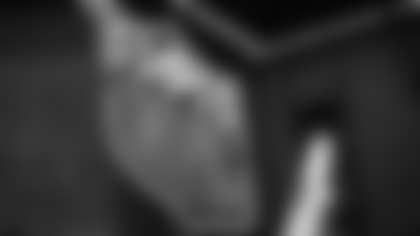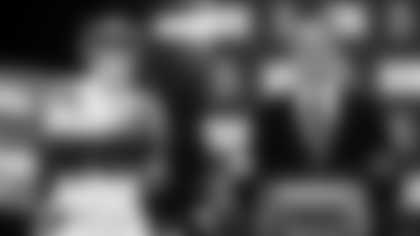Just as presidential historians can recite the coincidences that bind the assassinations of Abraham Lincoln and John F. Kennedy, Giants fans can list the similarities in the championship seasons of 2007 and 2011: timely brilliance by Eli Manning, season-opening road losses to division rivals, postseason triumphs in Lambeau Field, victories as visitors in conference championship games with an overtime takeaway setting up game-winning field goals by Lawrence Tynes and thrilling Super Bowl triumphs against the New England Patriots.
The parallels go back further. In 2007, the Giants lost a home game to an inferior Washington team in Week 15 then won a road game at an AFC team (Buffalo) to catalyze their run (interrupted briefly by a three-point loss to the undefeated Patriots in the regular-season finale). Four years later, the Giants lost a Week 15 home game to last-place Washington. The next week they were the road team in a victory against the AFC East Jets, the first of six consecutive triumphs, including four in the postseason, to end their season.
What perhaps isn't as apparent is that the prologues to those storybook seasons were also eerily comparable. But they were not nearly as successful, though the Giants' final regular-season game in both 2006 and 2010 was a victory in Washington.
In '06 the late triumph ended a streak of six losses in seven games, the last a desultory 30-7 Christmas Eve home loss to New Orleans in which the Giants never took a snap in Saints territory. The Giants snuck into the playoffs at 8-8 but were promptly eliminated in a wild card loss in Philadelphia. Coach Tom Coughlin was in danger of losing his job before meetings with both ownership and reporters led to an improvement in his coaching and public persona. The following season, the Giants defeated an 18-0 New England team in Super Bowl XLII.
With three games remaining in the 2010 season, the Giants were 9-4 and tied with the Eagles atop the NFC East. In their next game, they raced to 31-10 fourth-quarter lead against Philadelphia, only to have the Eagles score four consecutive touchdowns, including the deciding points on DeSean Jackson's 65-yard punt return on the game's final play. Seven days later, the Giants lost in Green Bay, 45-17 (and a blizzard in the metropolitan area stranded them in Wisconsin for two additional nights). Though their season-ending victory in FedExField left their record at 10-6, the Giants did not make the playoffs.
"They were all calling again for me to get fired," Coughlin said. "I think it was the next preseason that I said, 'I wish you guys would get started on getting me fired again because every time you do that, we win the Super Bowl.'"
"Coming into '11, there were rumors around again of coach Coughlin being fired," said defensive end Justin Tuck, a team captain from 2010-13. "You've seen the history of what we do when that happens."
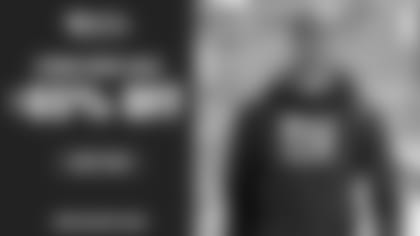
Shop Giants gear at the official Giants Team Shop
Holiday shopping and special offers are now available at the Giants' online team shop.
What they do is win championships. And they did again. In 2011, the Giants won their fourth Super Bowl in five appearances, again defeating the Patriots, this time by a 21-17 score in Indianapolis. As they celebrate the 10-year anniversary of that championship, the 2011 Giants are unique among the 55 teams that have won Lombardi trophies in the Super Bowl era.
Those Giants are the only team to win a Super Bowl after losing seven games in the regular season (they were 9-7); losing four consecutive games; finishing with a negative scoring differential (394-400); and finishing the season last in the NFL in rushing.
"It was a 'better late than never' kind of a thing," Coughlin said. "I think our team made up their minds that they believed we were a good football team and that we were capable of playing better than we had played and that we had a chance to make a statement about who we were."
"I think it was a unique year," quarterback Eli Manning said. "We just took a little while to get going. I don't know why we went through that slump in the middle of the year and you lose four games, but whether that's injuries or what happens. But felt that we had a lot of ability on that team and just didn't complement each other in a lot of games and got down or played bad football for a little bit in the stretch. But we were able to get that out of our system and refocus and get to the point where we were playing better football."
The discontent that surfaced at the end of the 2010 season originated long before that. In 2009, the Giants won their first five games but were 8-6 entering the final two games following a victory in – where else? – Washington. But they were crushed, 41-9, by the Carolina Panthers in their last ever game in Giants Stadium and ended the season with a dismal 44-7 loss in Minnesota,
"You can add '08 to those years as well," Tuck said of a season in which the defending champion Giants started 11-1. But leading receiver Plaxico Burress suffered a self-inflicted gunshot wound and while a 1-3 finish did not cost the Giants the NFC's top playoff seed, they lost their first postseason game at home to Philadelphia, 23-11. "We didn't perform as we knew we could have performed," Tuck said. "I was thinking I don't really like football. Coming off of '07 winning the Super Bowl and '08, which I thought was the best team we had - everyone knows the story of what happened that year – and then '09, taking, not a nosedive, but obviously not playing our best football. We're sitting there at (9-4), don't play well in two games and don't get into the playoffs. That was completely opposite of what you normally see from us, because we were normally peaking at that time."
The Giants honored the 2011 championship team in a special halftime ceremony as part of the 10th anniversary celebration.
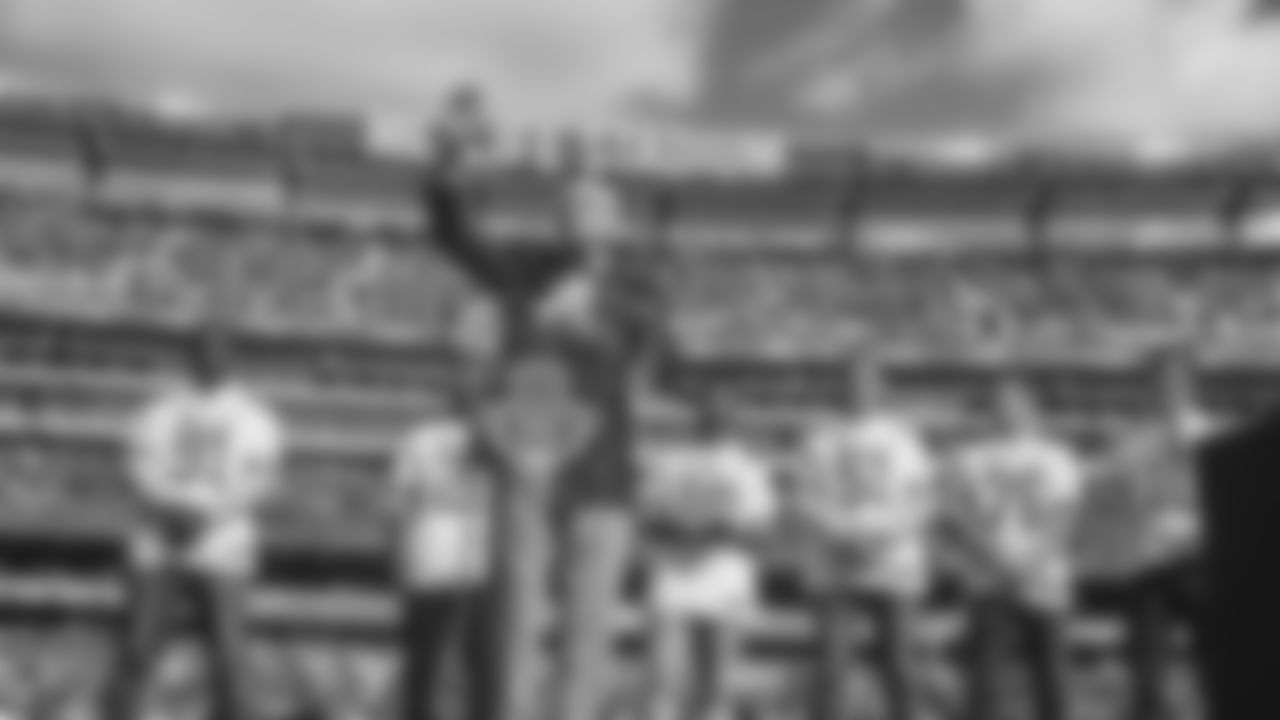
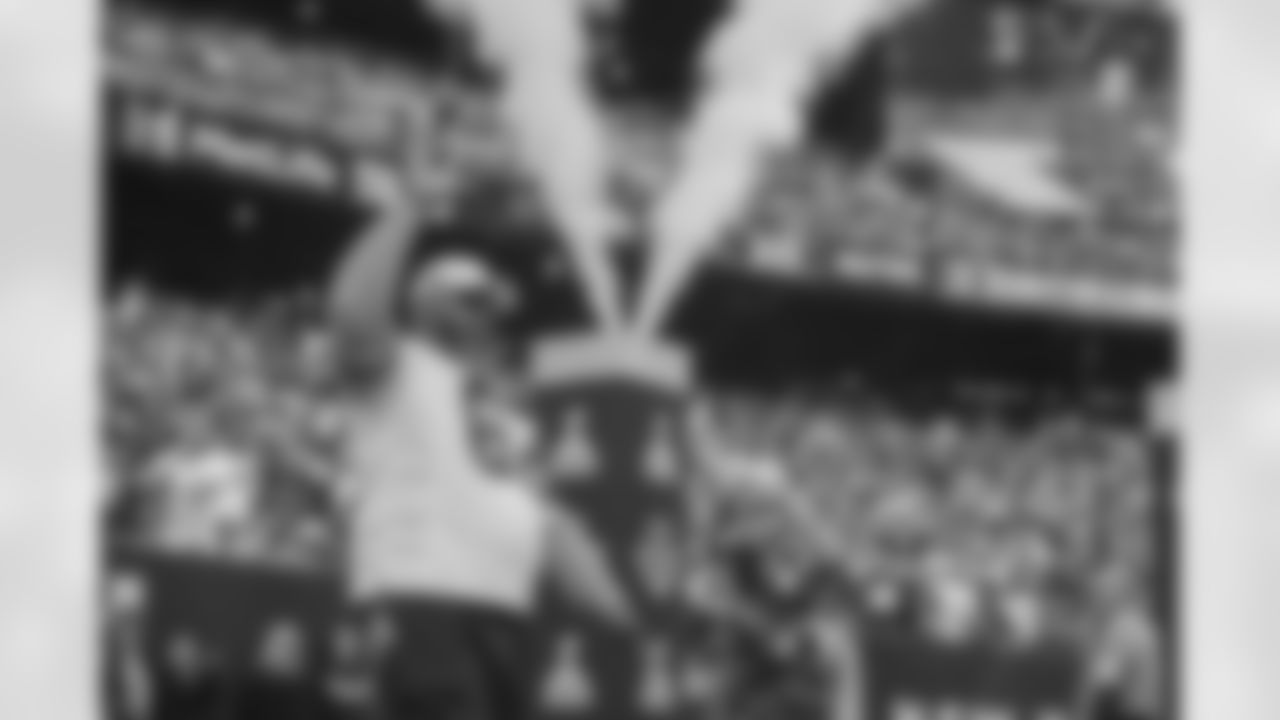

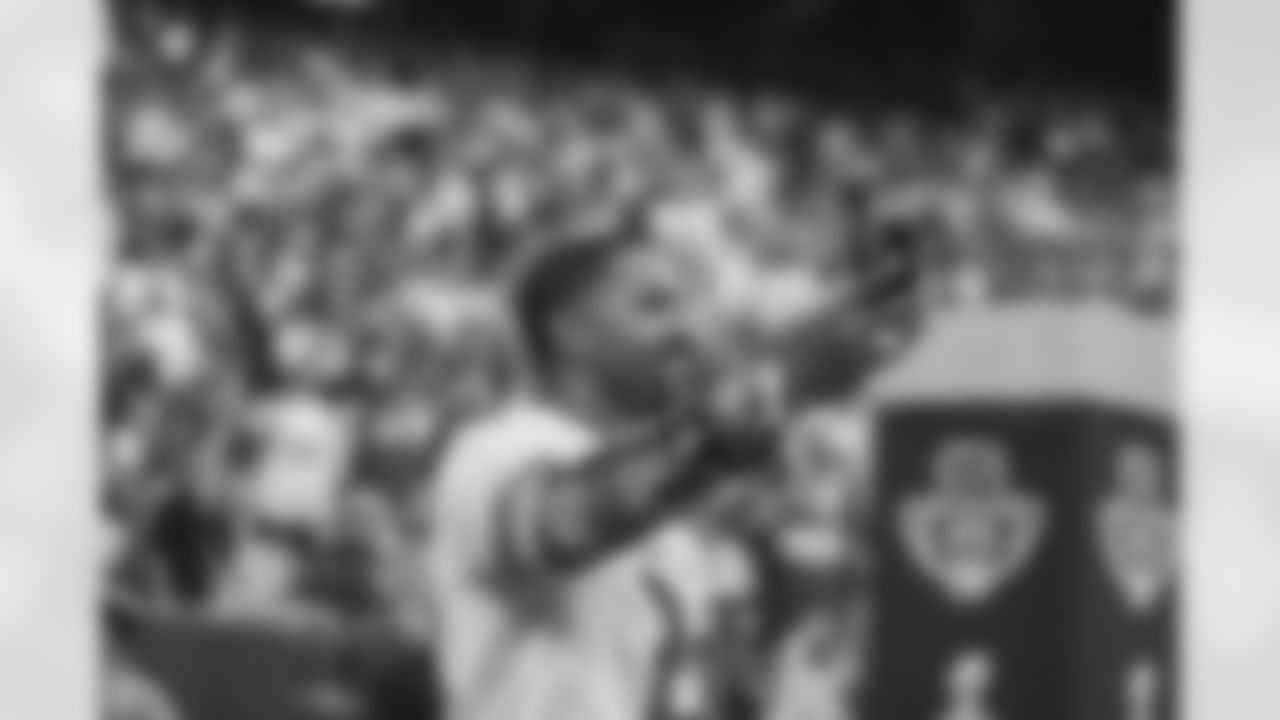
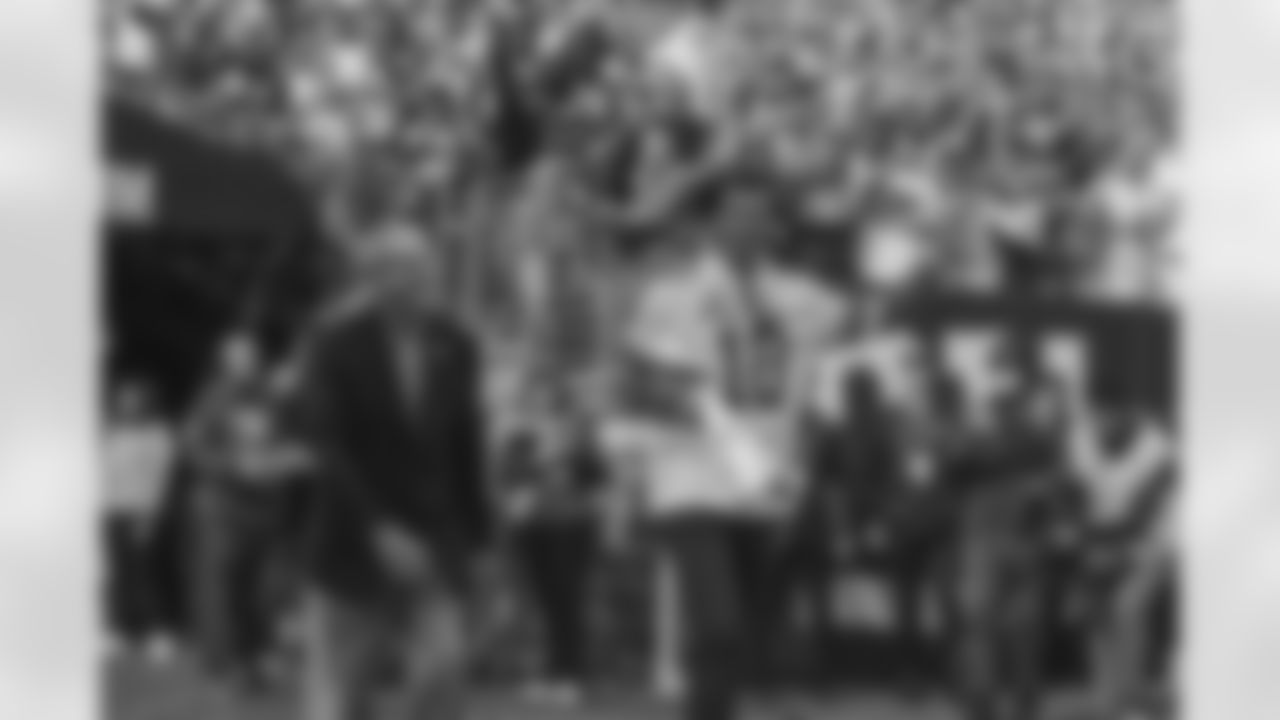
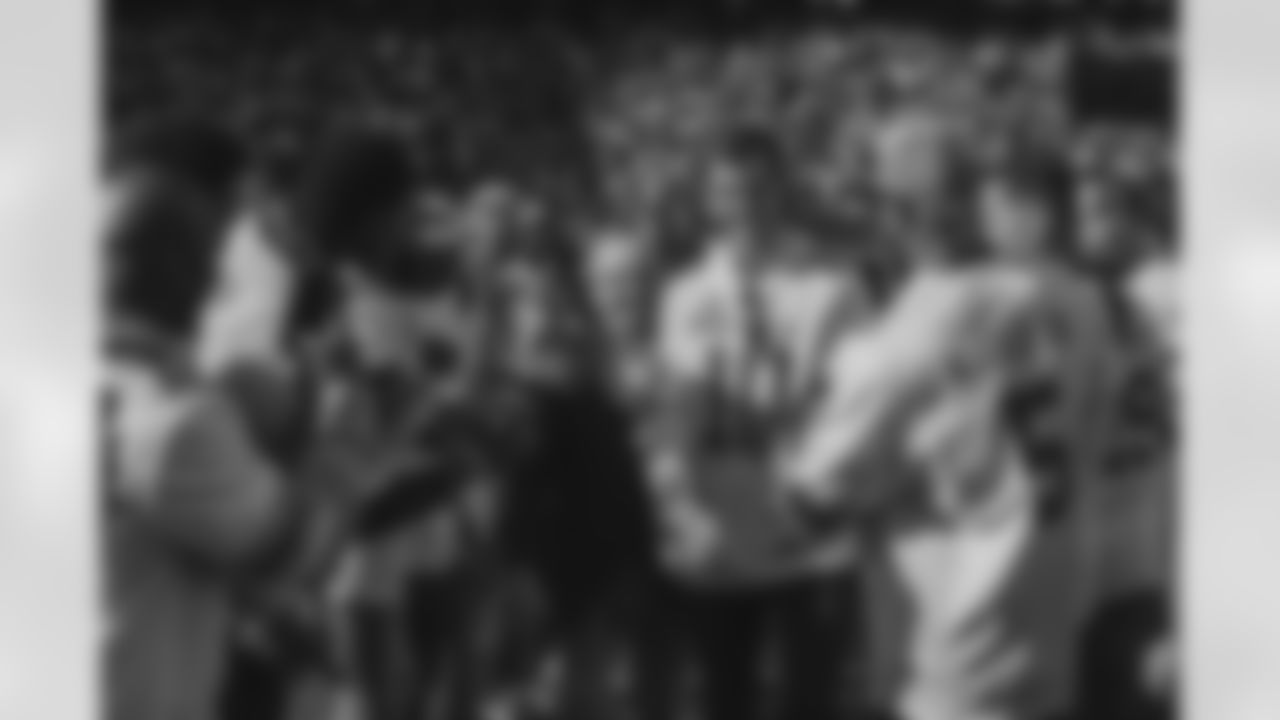
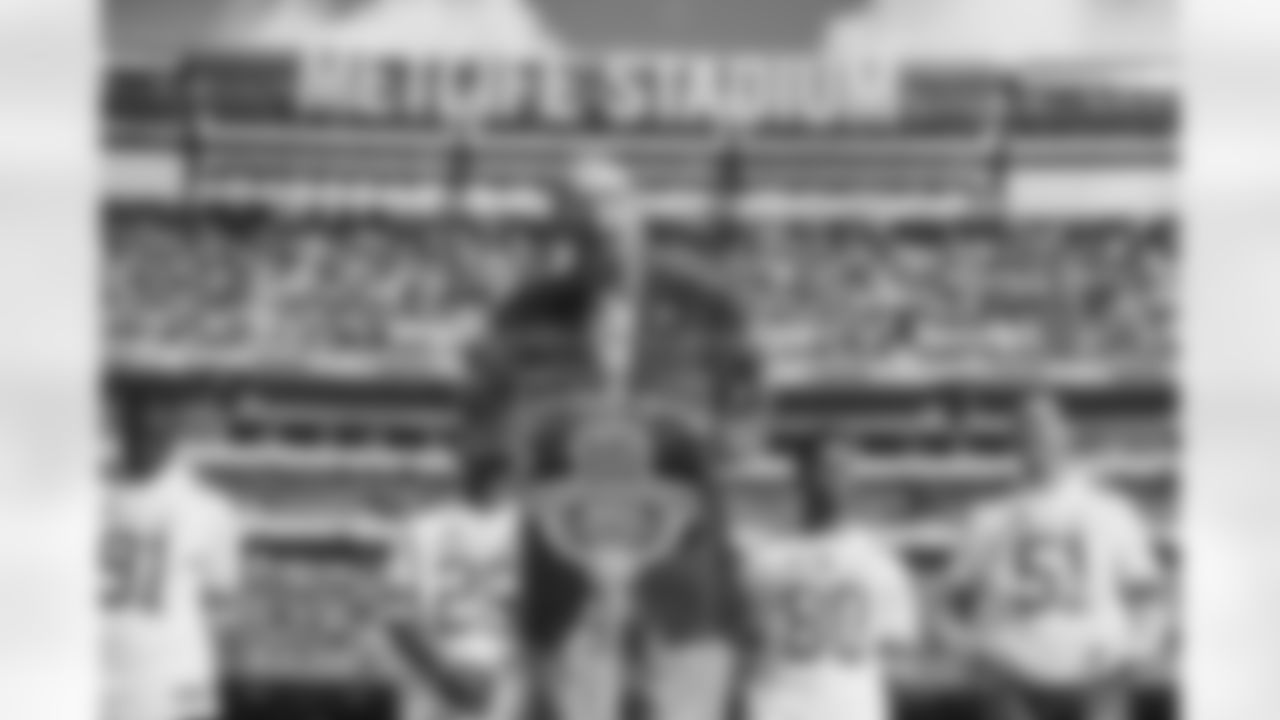
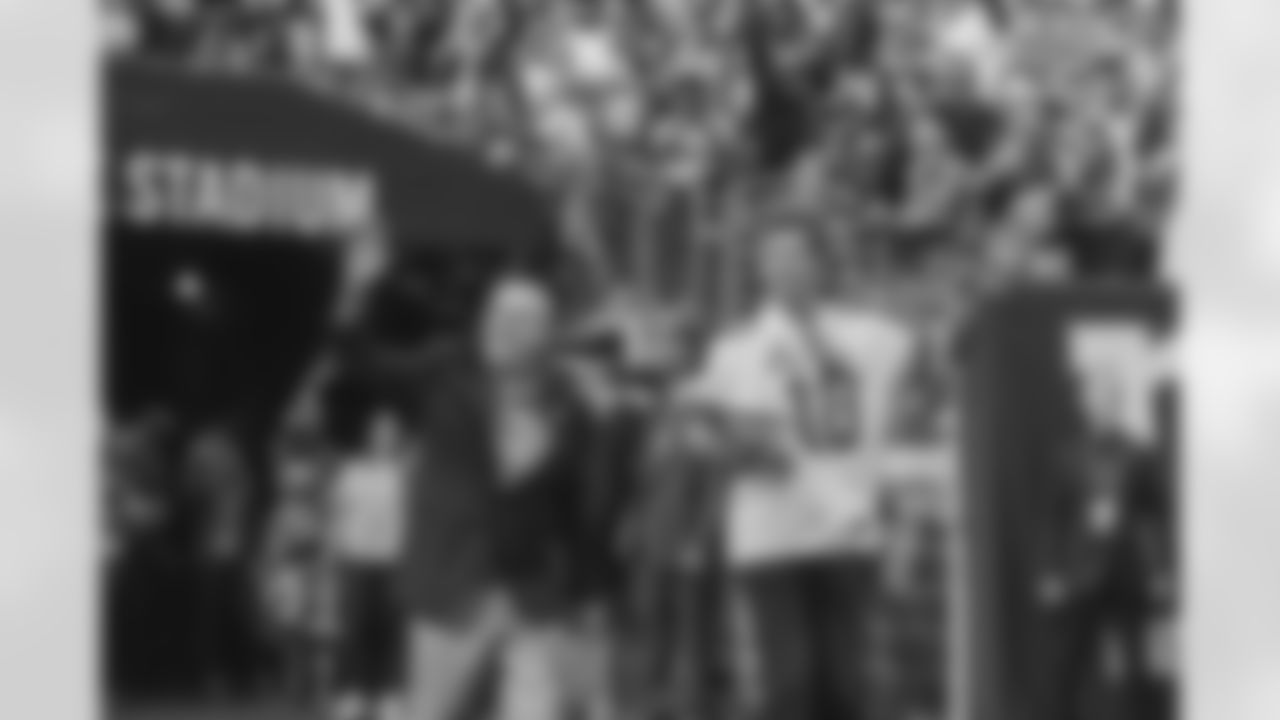
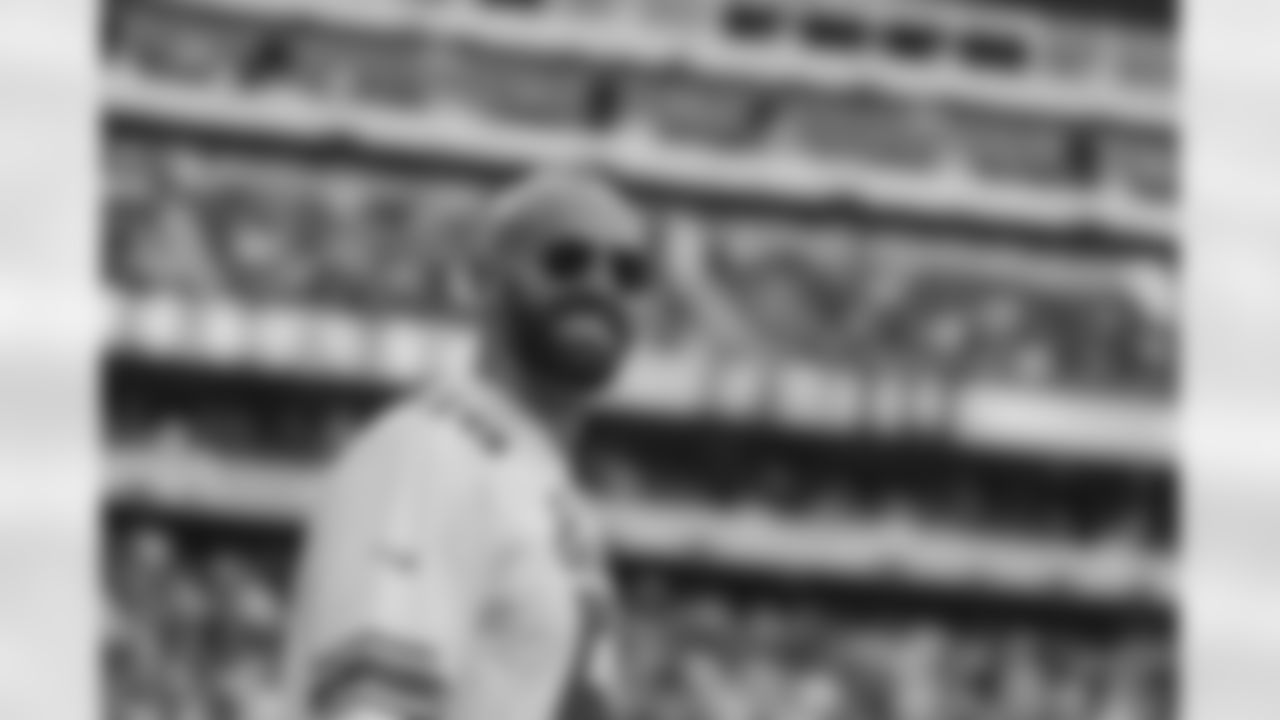
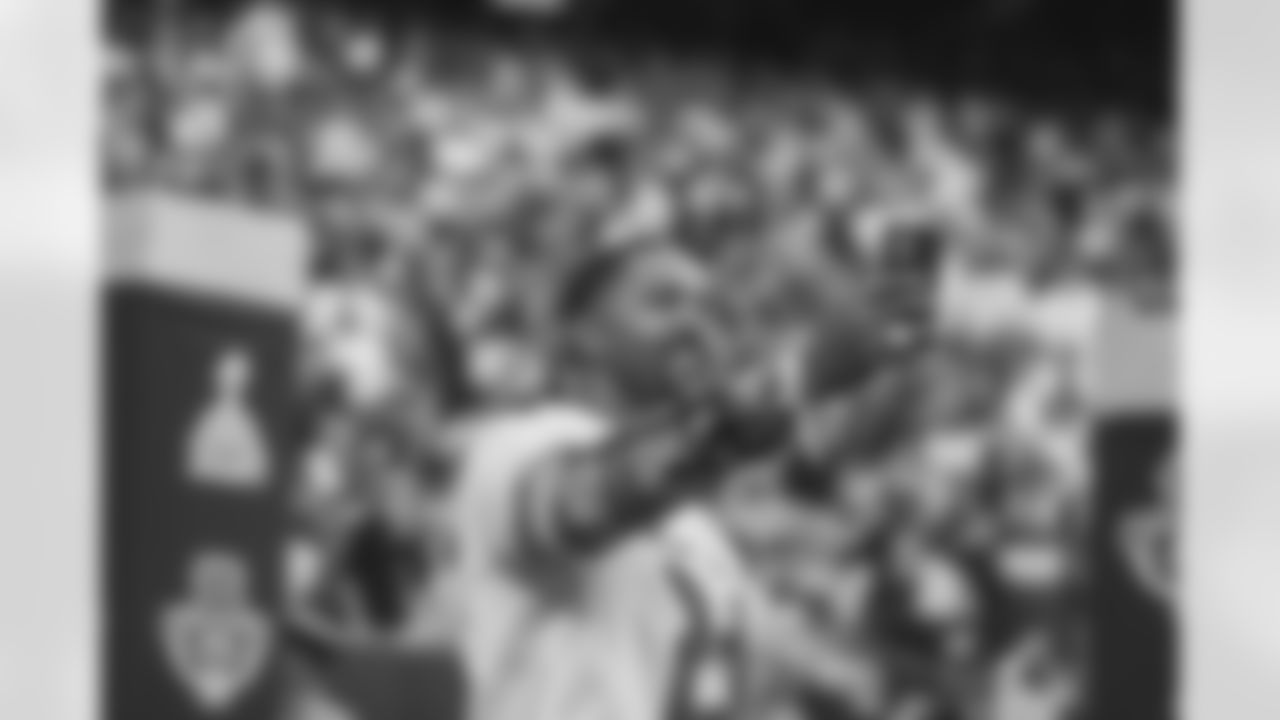
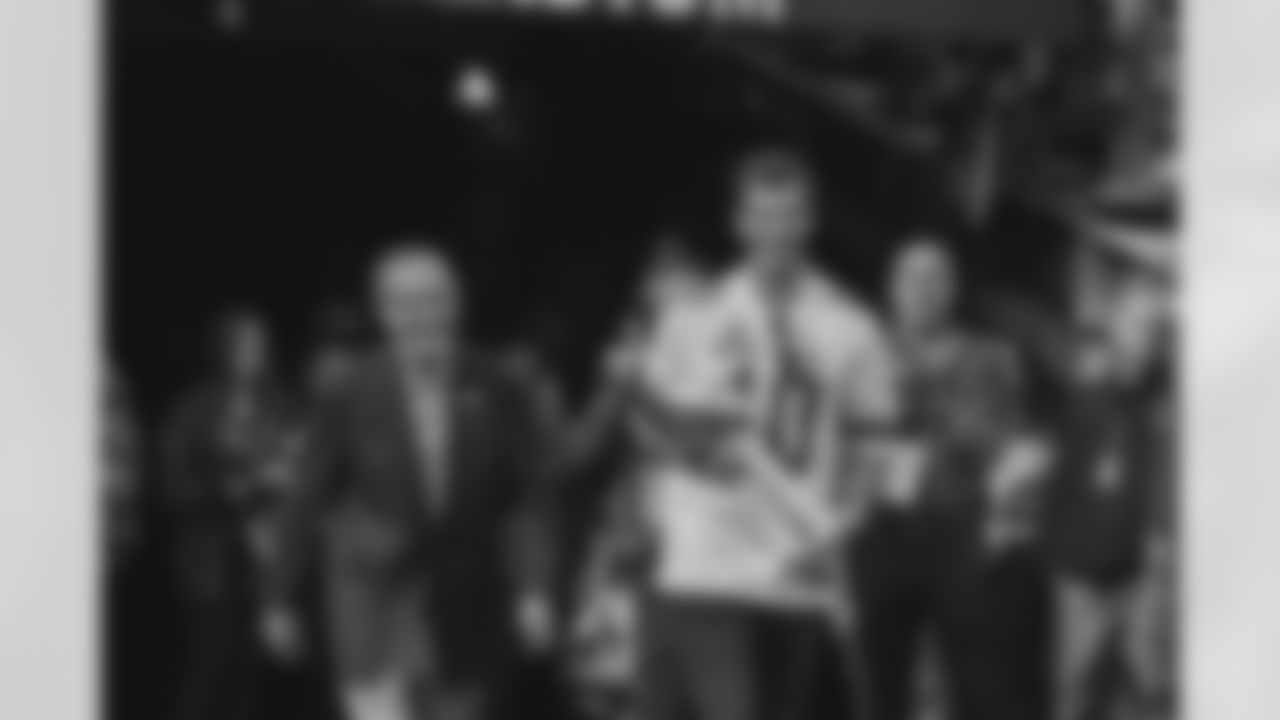
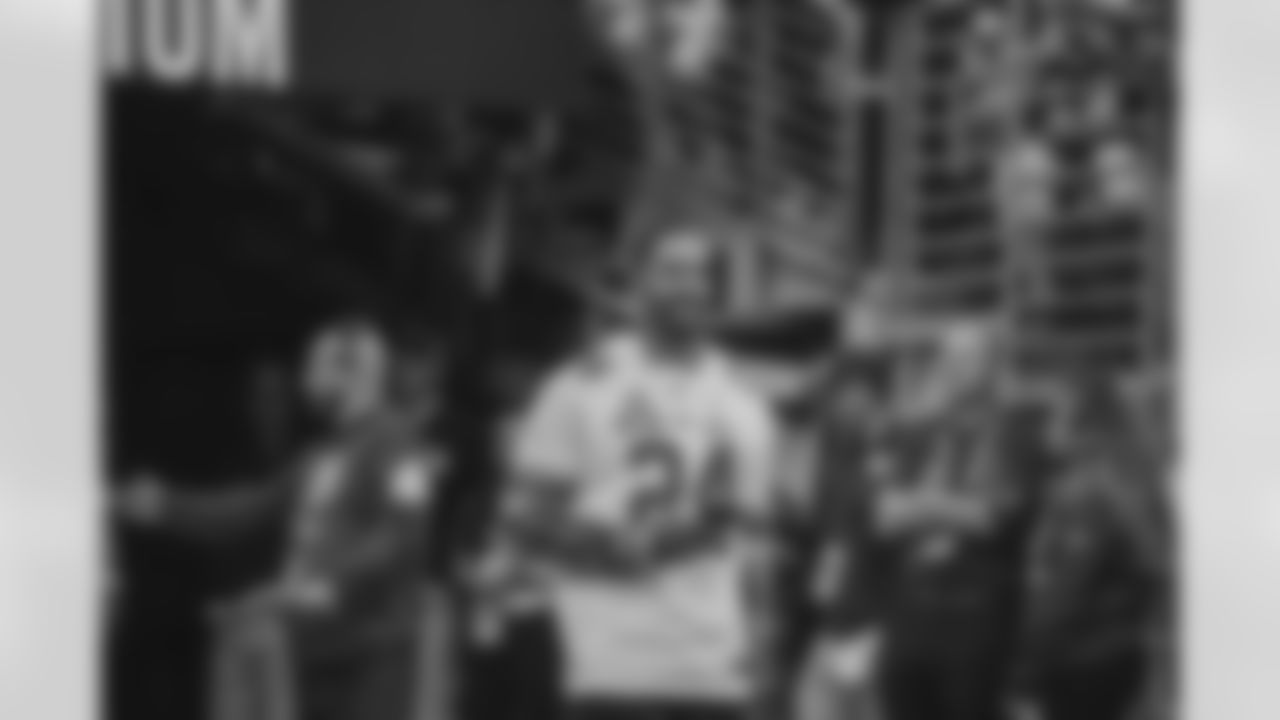

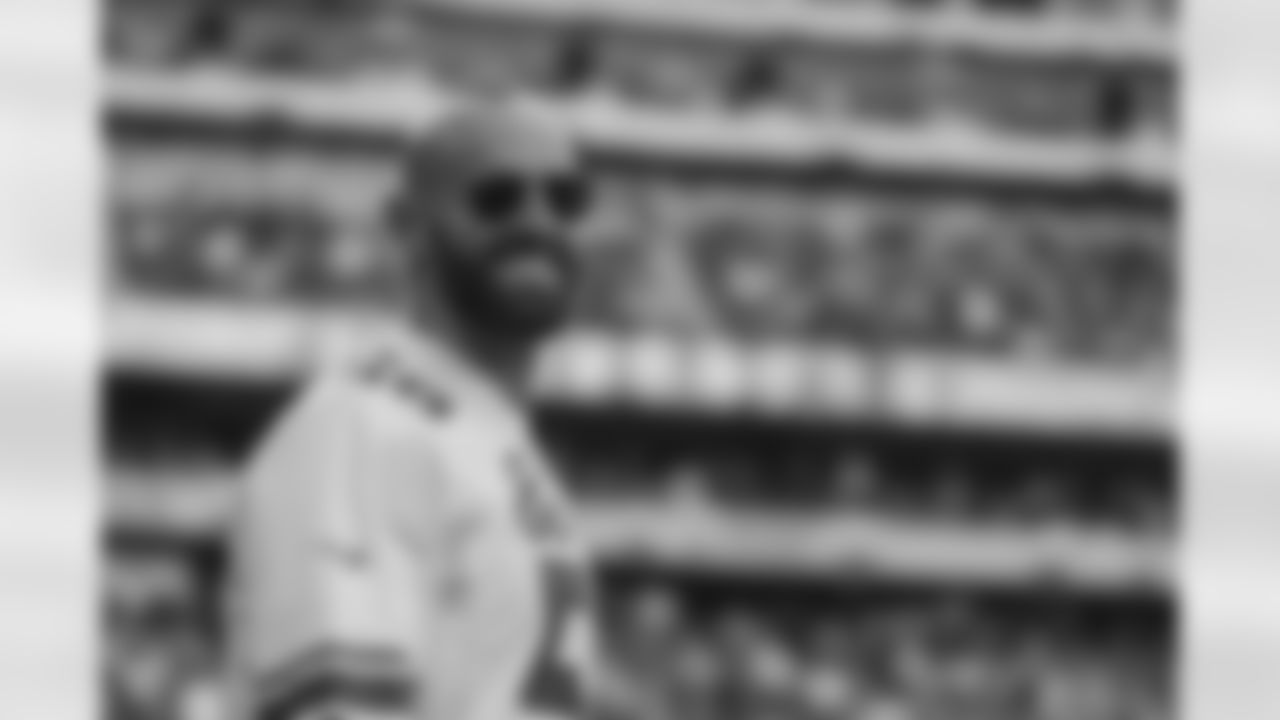
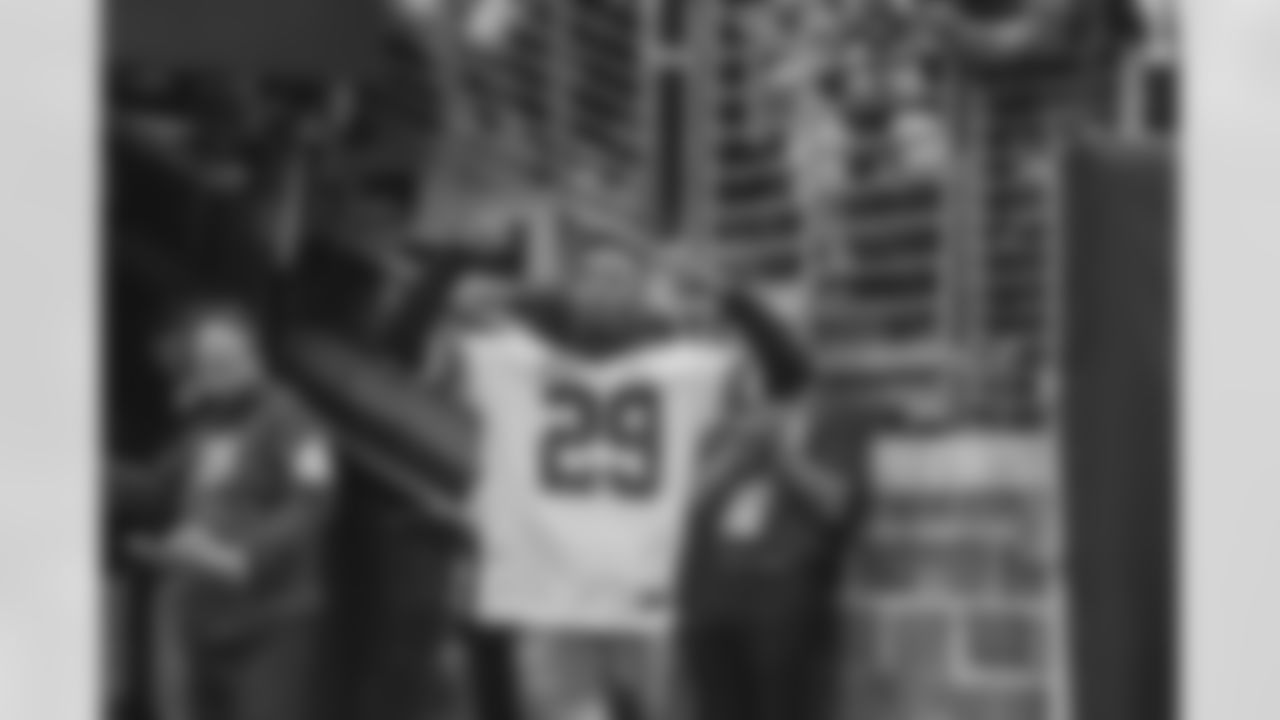
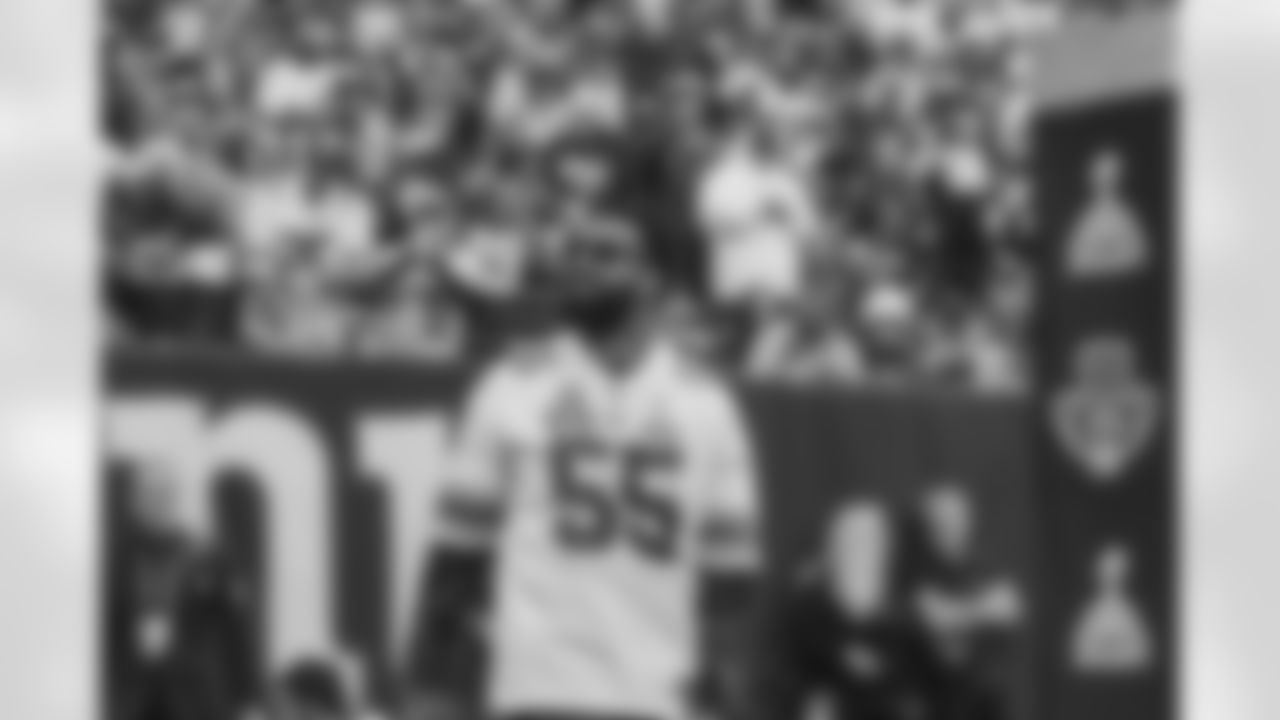
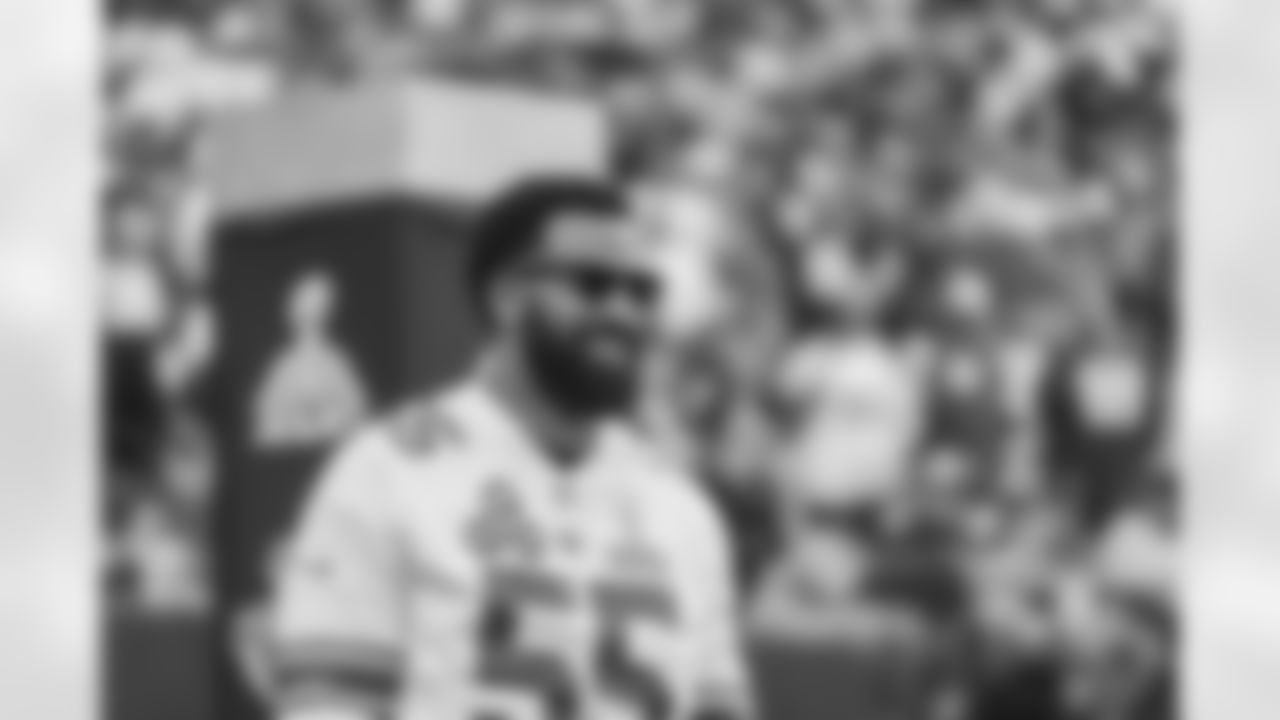
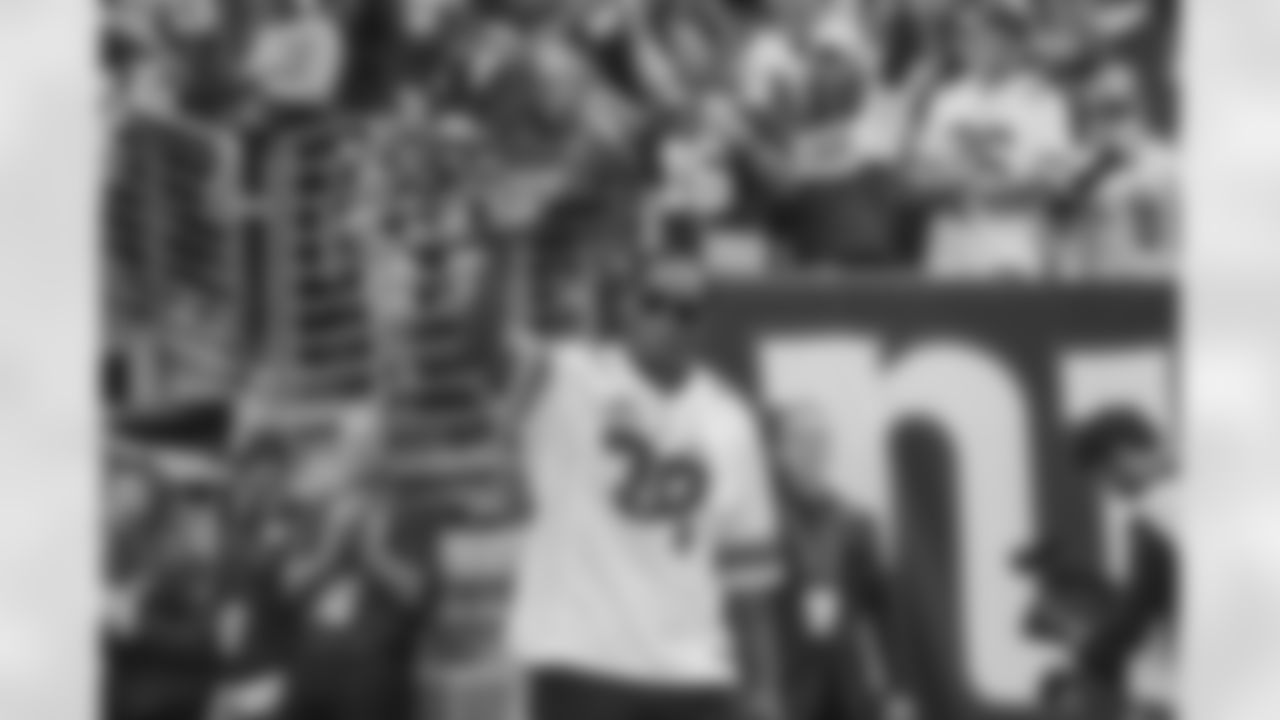
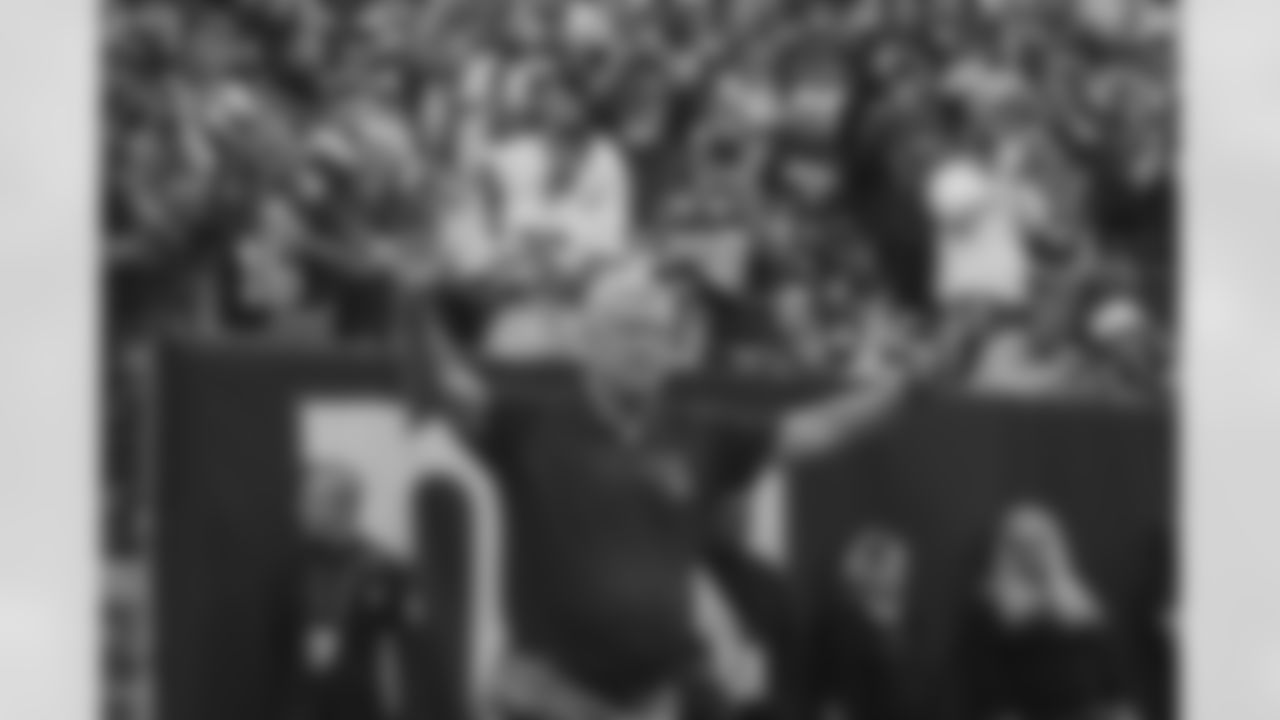
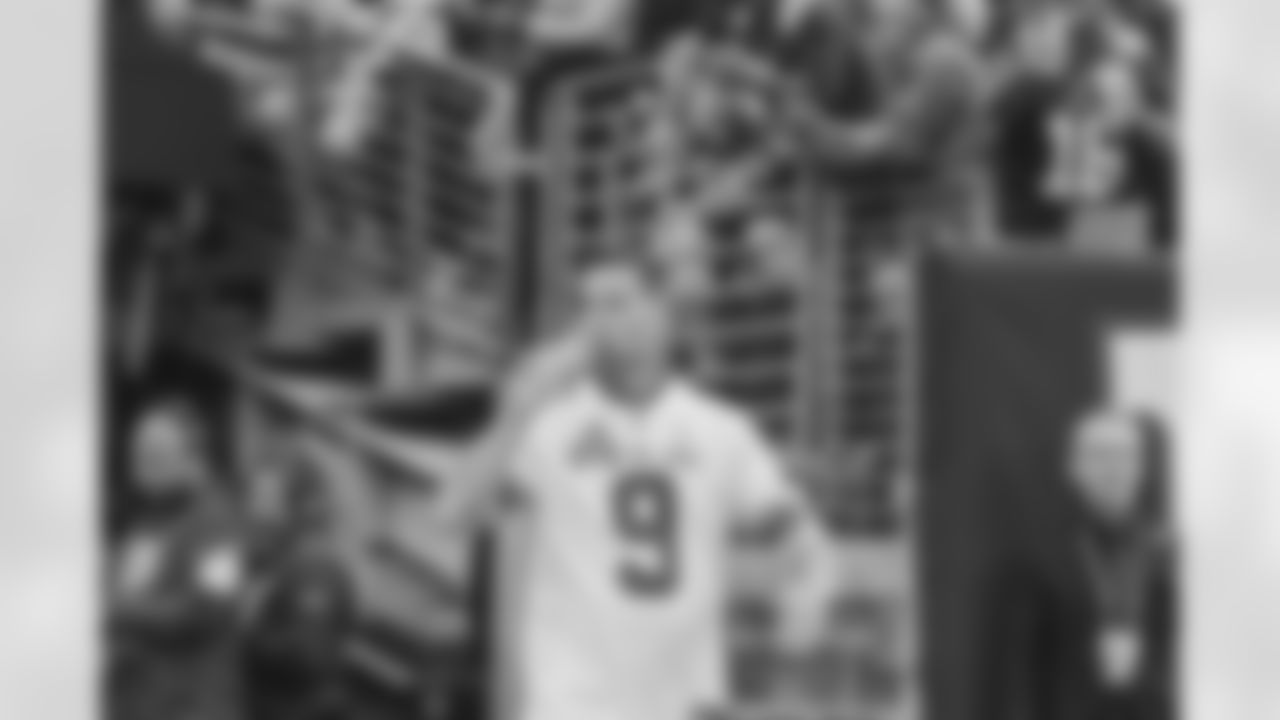
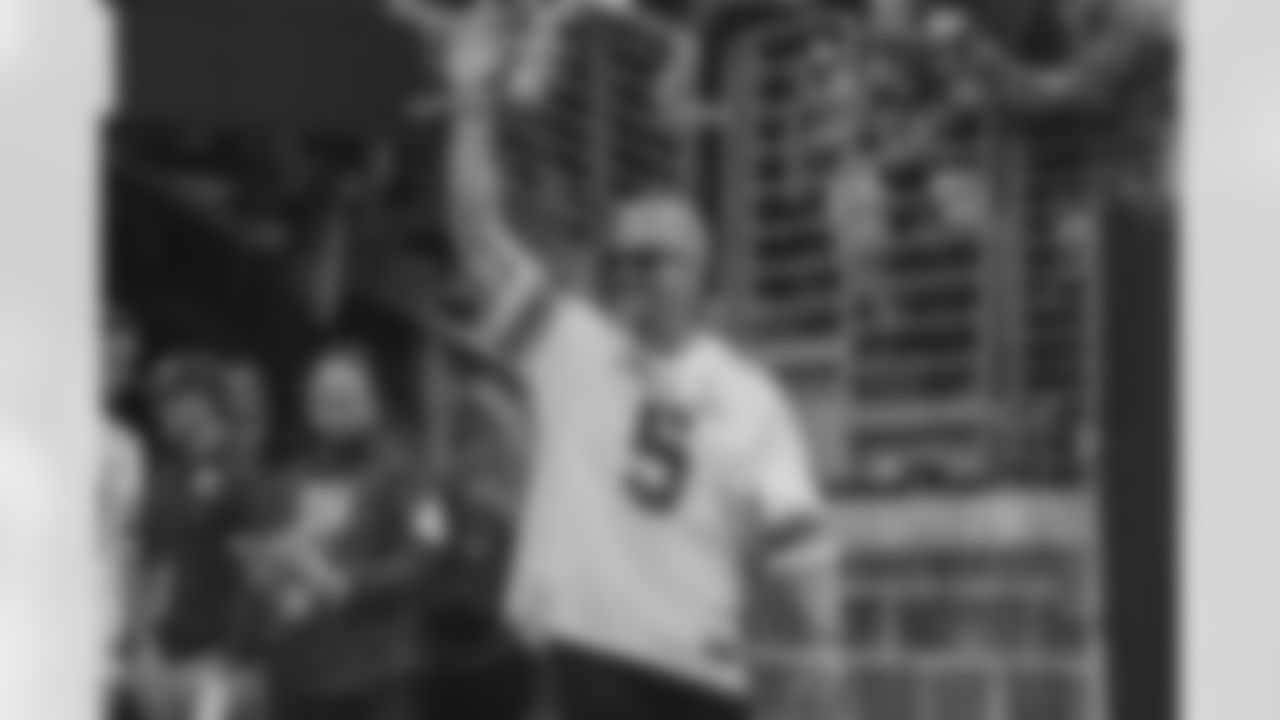
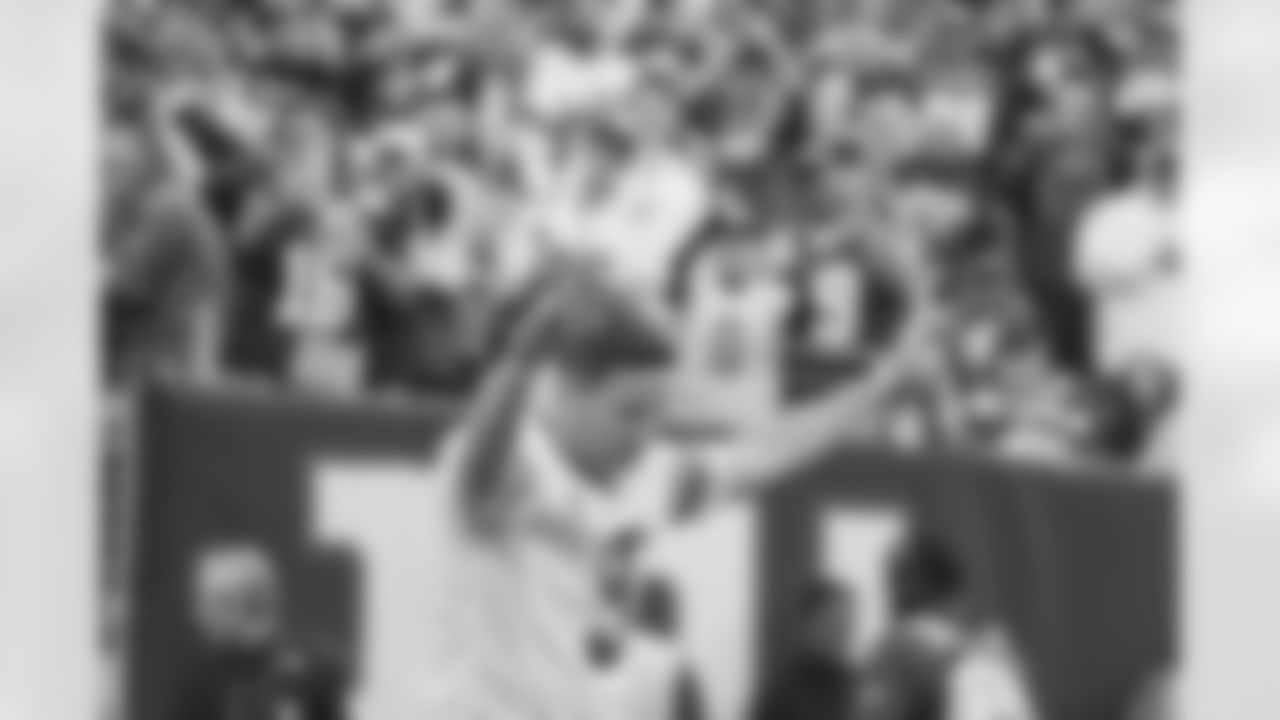
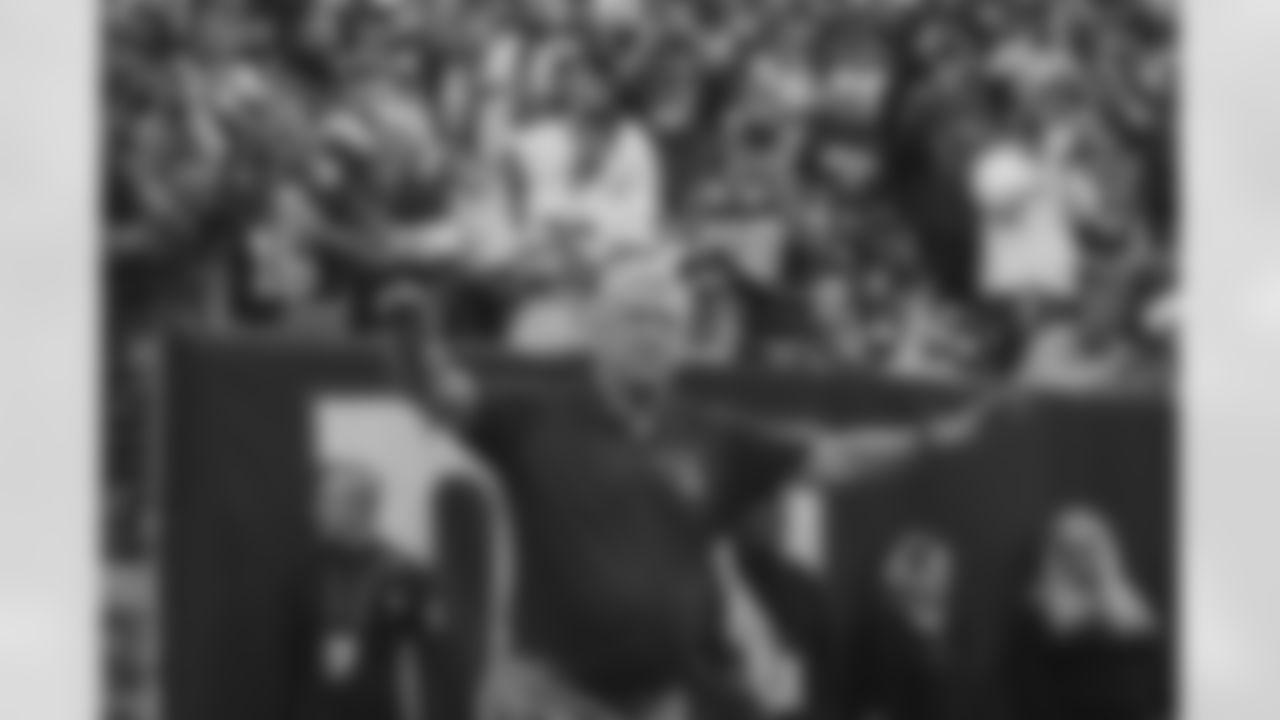
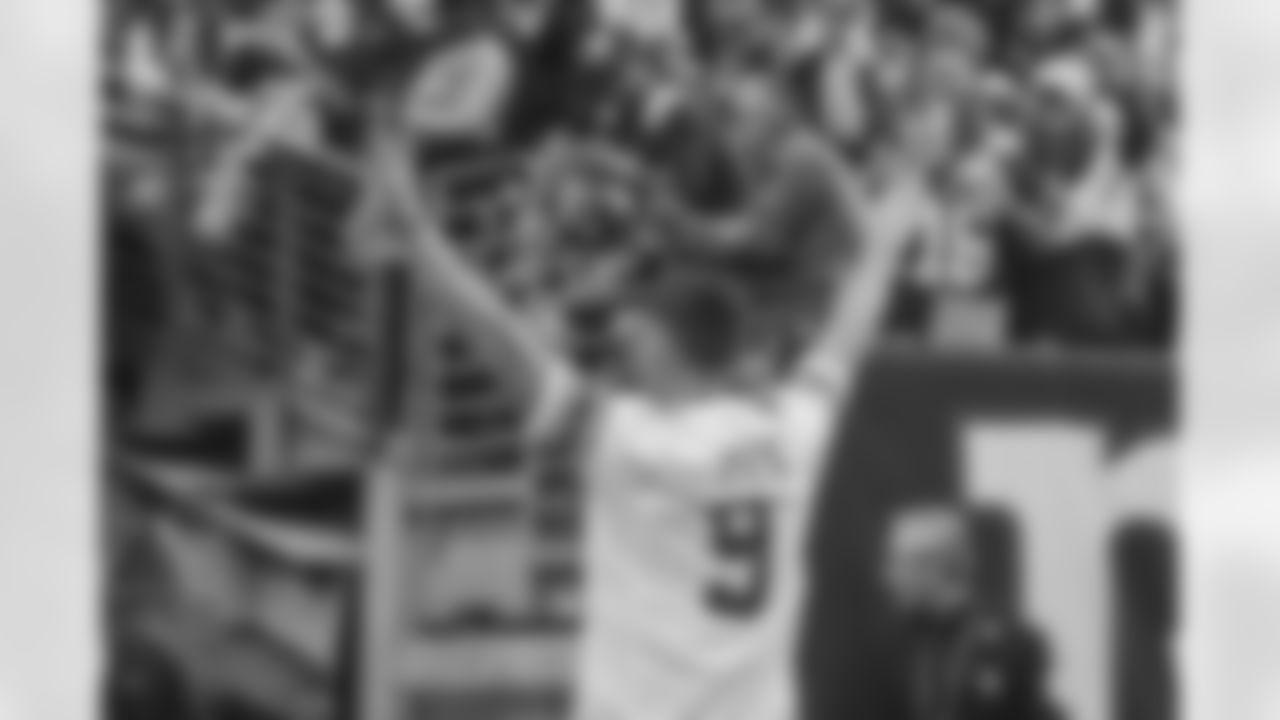
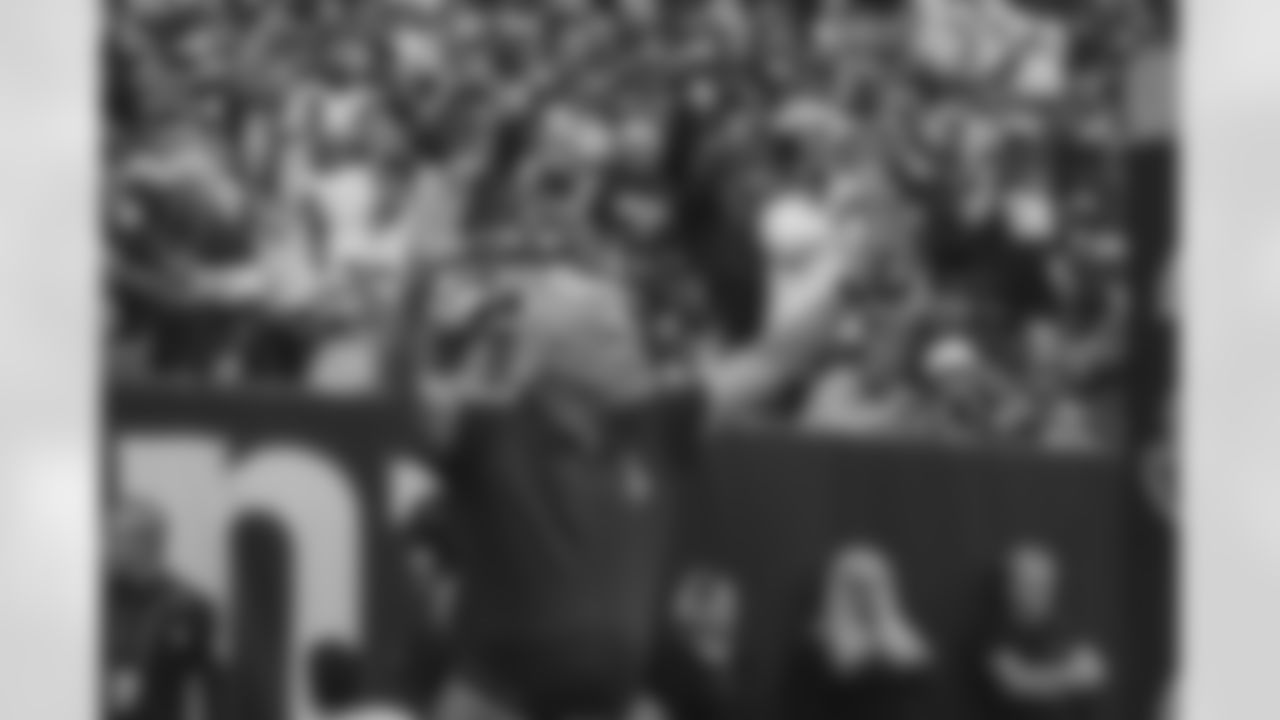
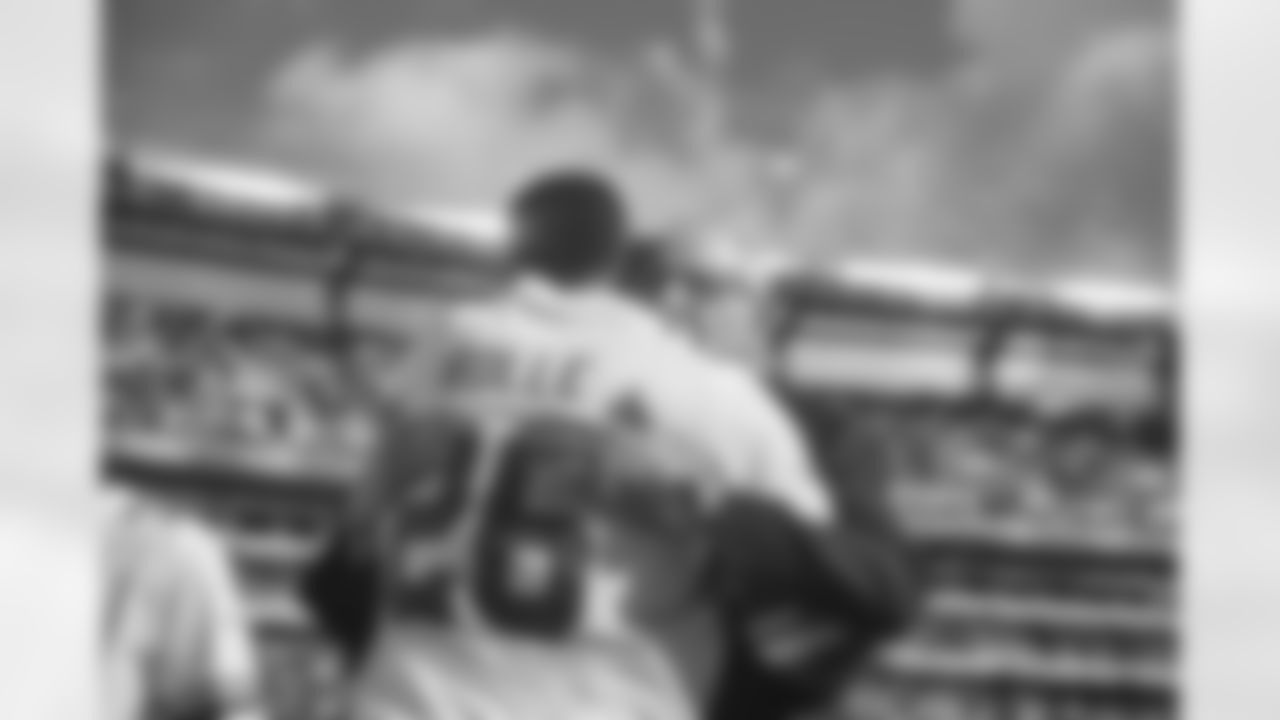
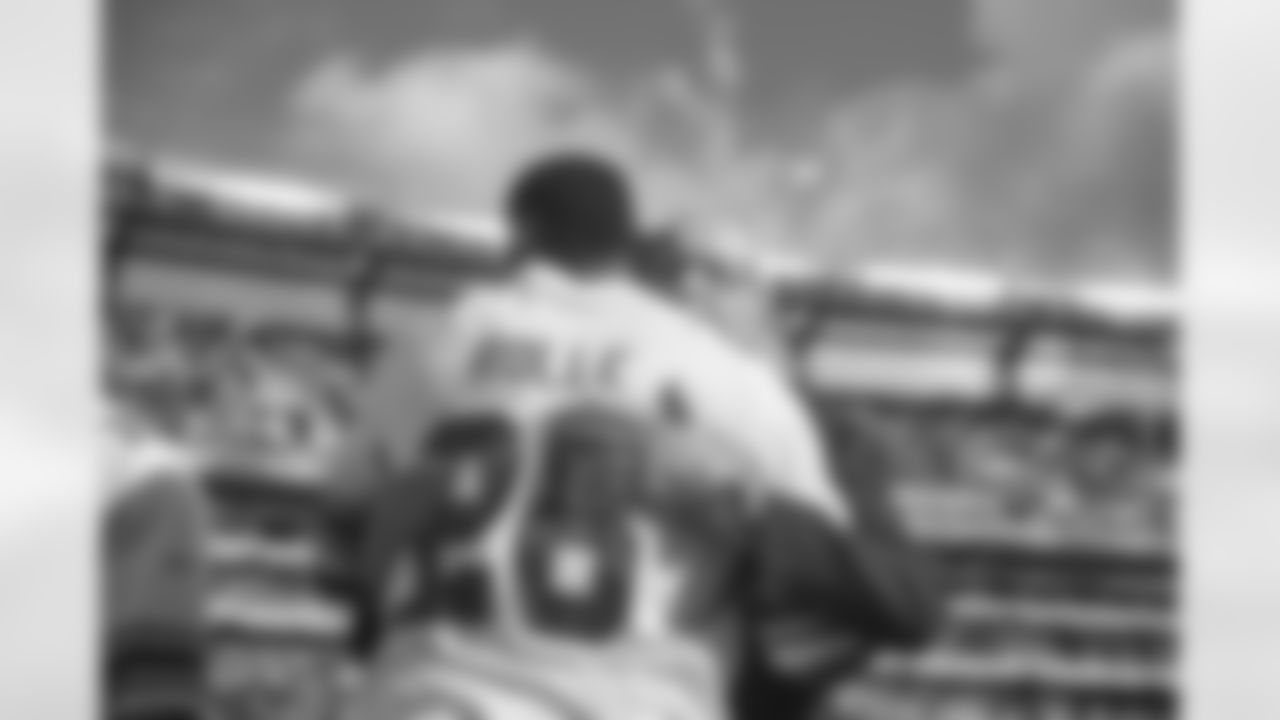
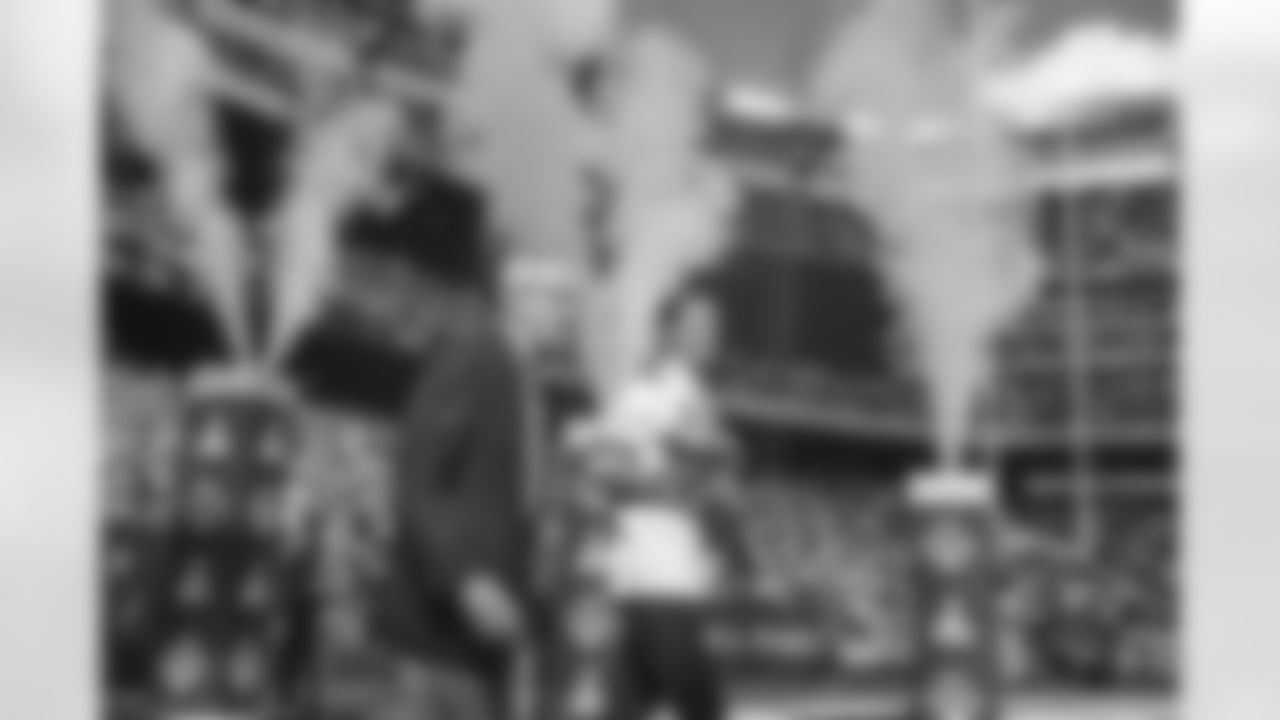

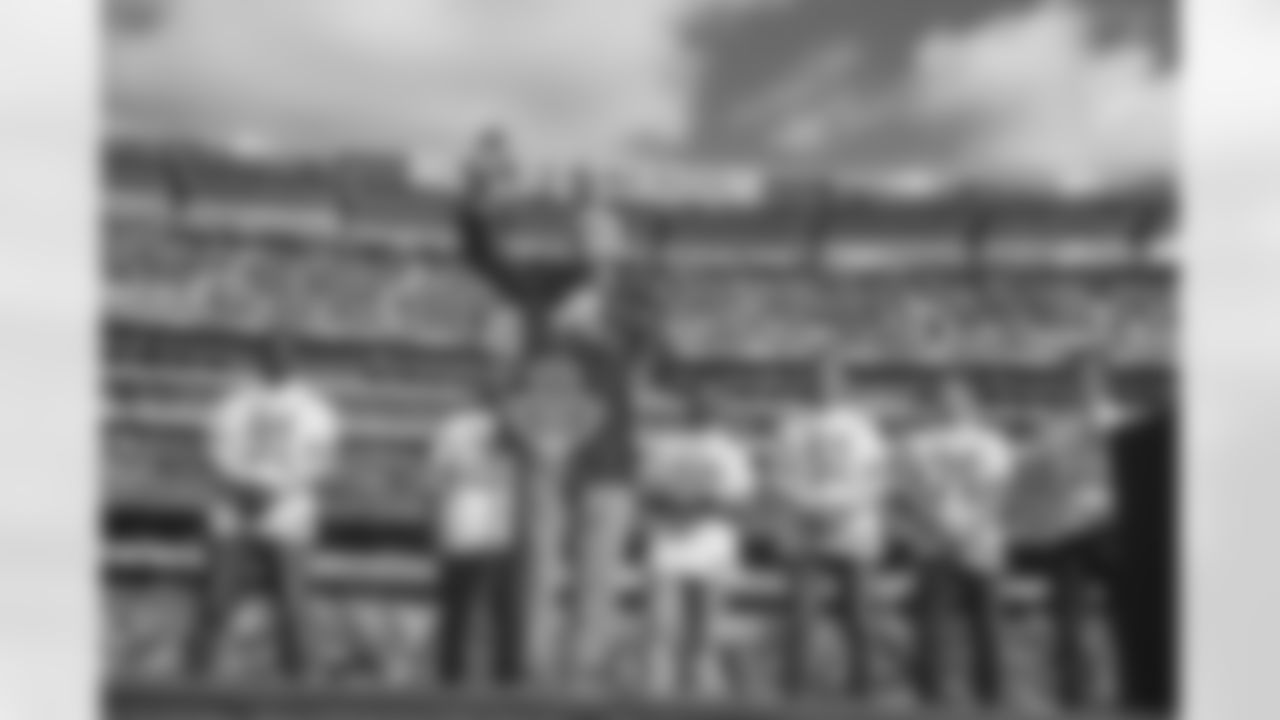
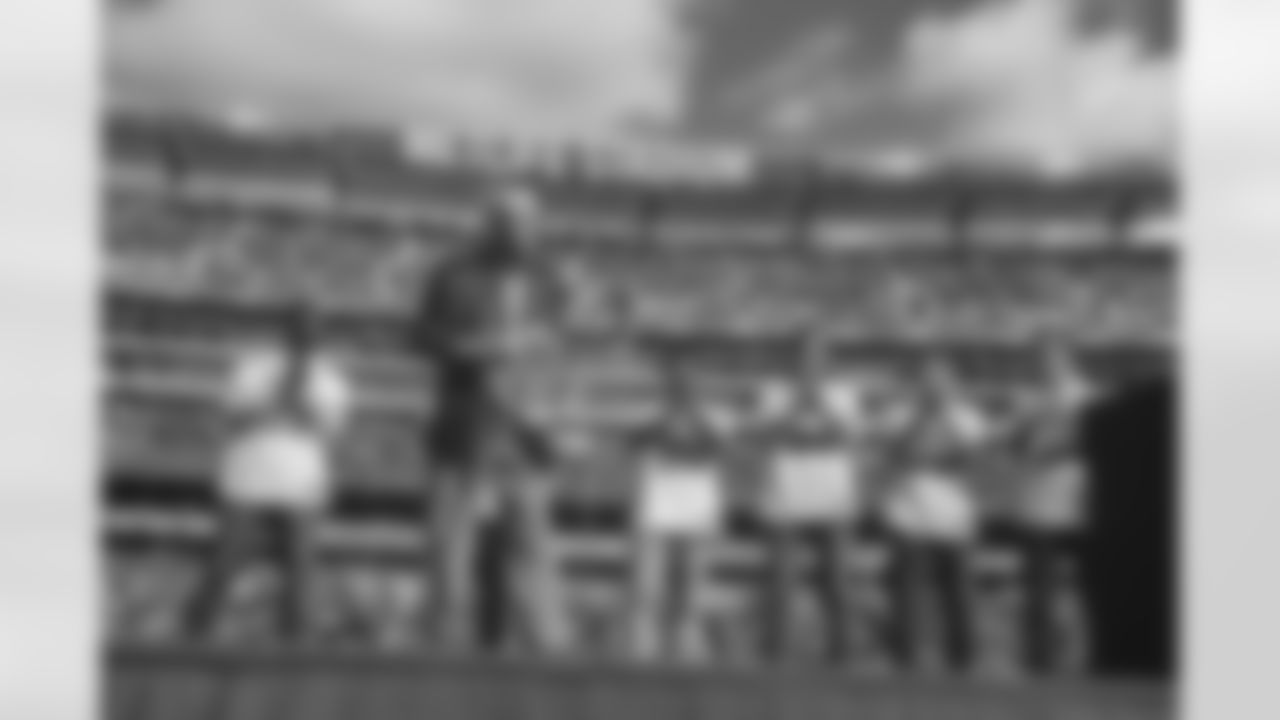

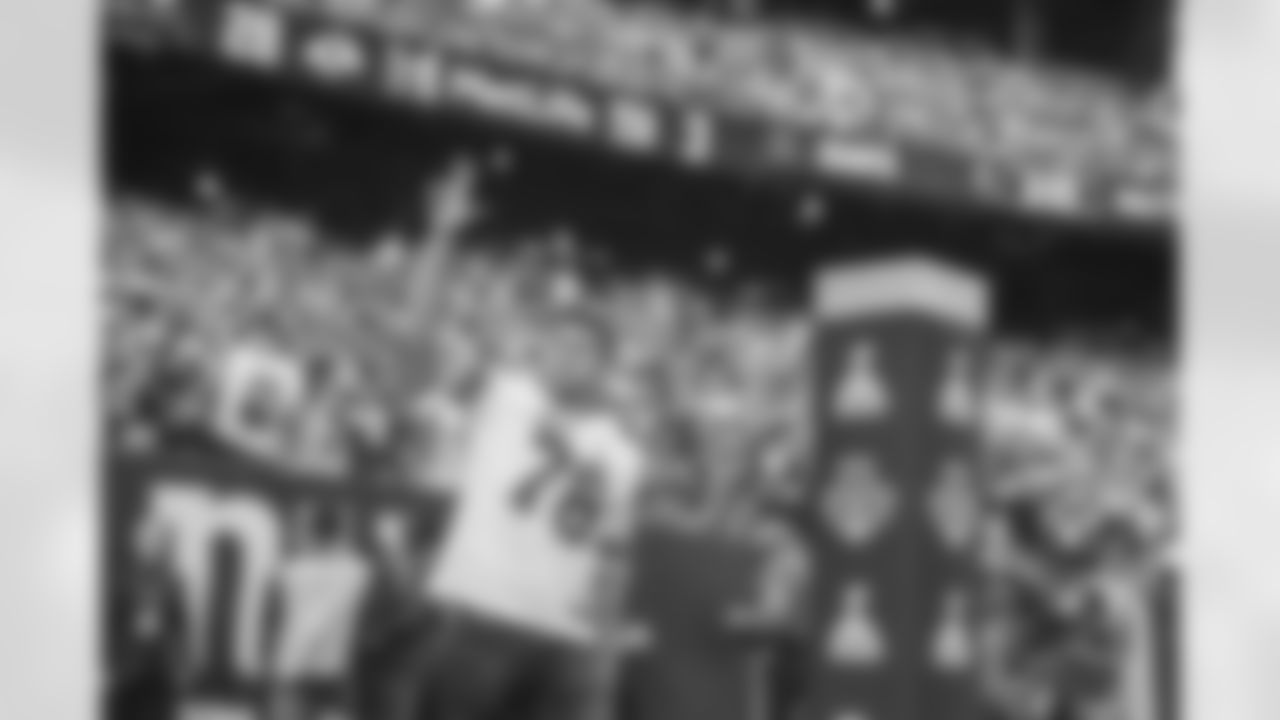
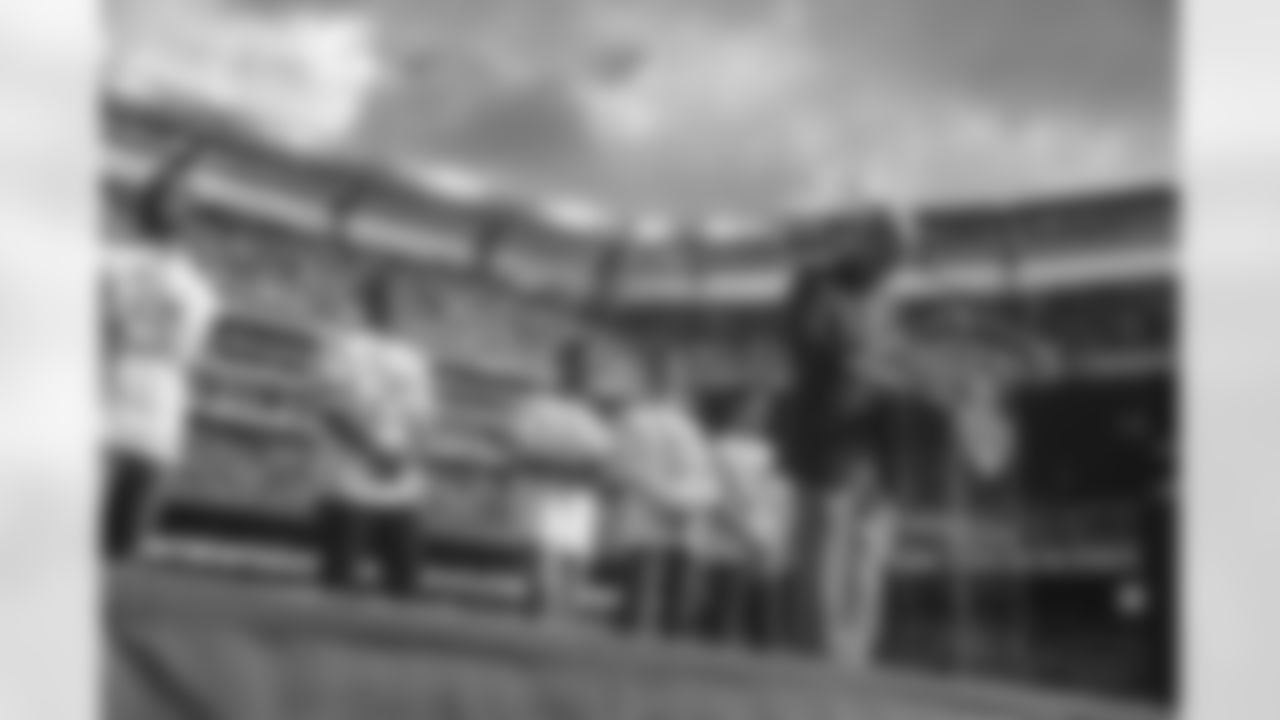

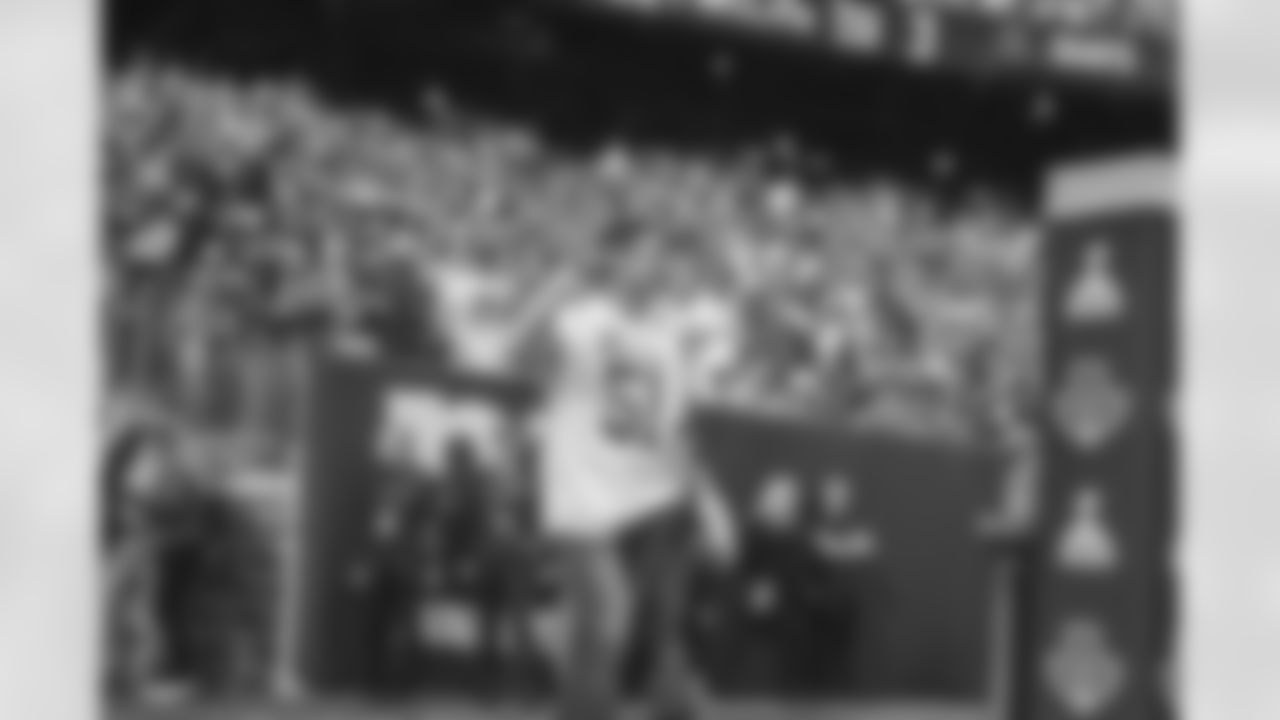
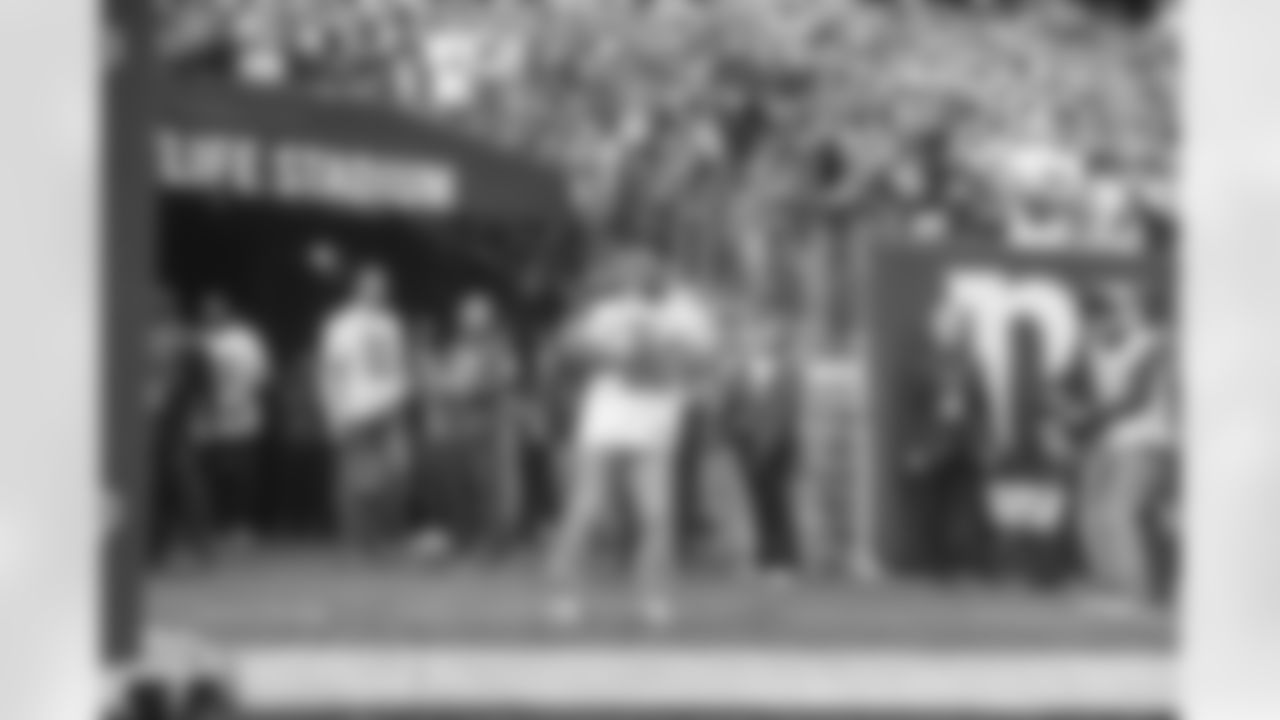
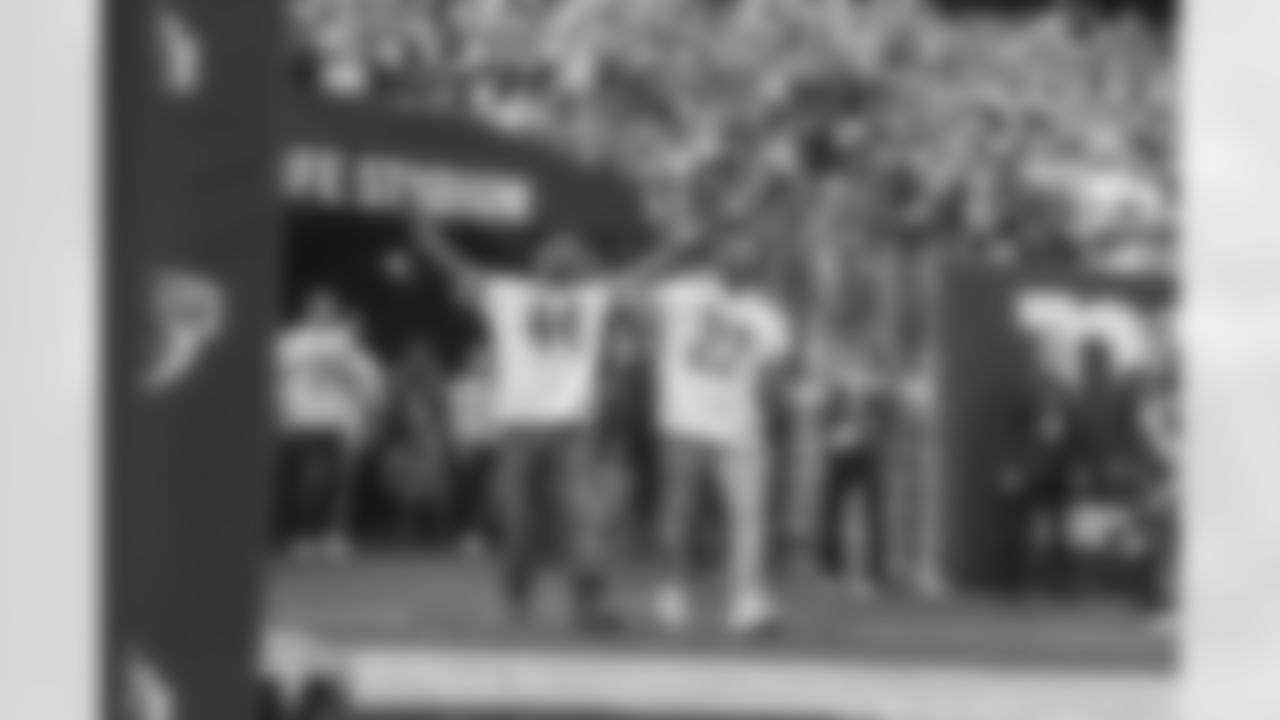


The Vince Lombardi trophy is seen during a ceremony honoring the 10th anniversary of the New York Giants 2011 Championship Team during an NFL football game against the Los Angeles Rams on Sunday, October 17, 2021 in East Rutherford, New Jersey. (Ric Tapia/NFL)
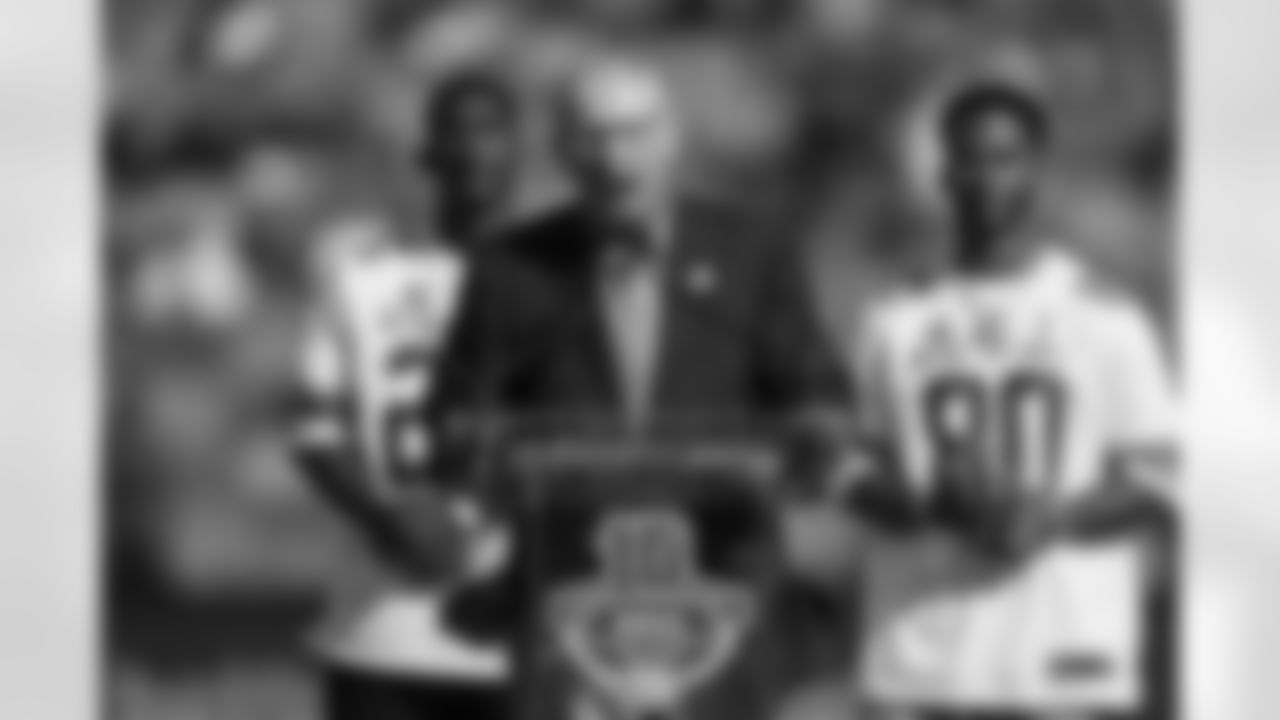
Former New York Giants head coach Tom Coughlin speaks during a ceremony honoring the 10th anniversary of the 2011 Championship Team during halftime of an NFL football game against the Los Angeles Rams on Sunday, October 17, 2021 in East Rutherford, New Jersey. (Ric Tapia/NFL)
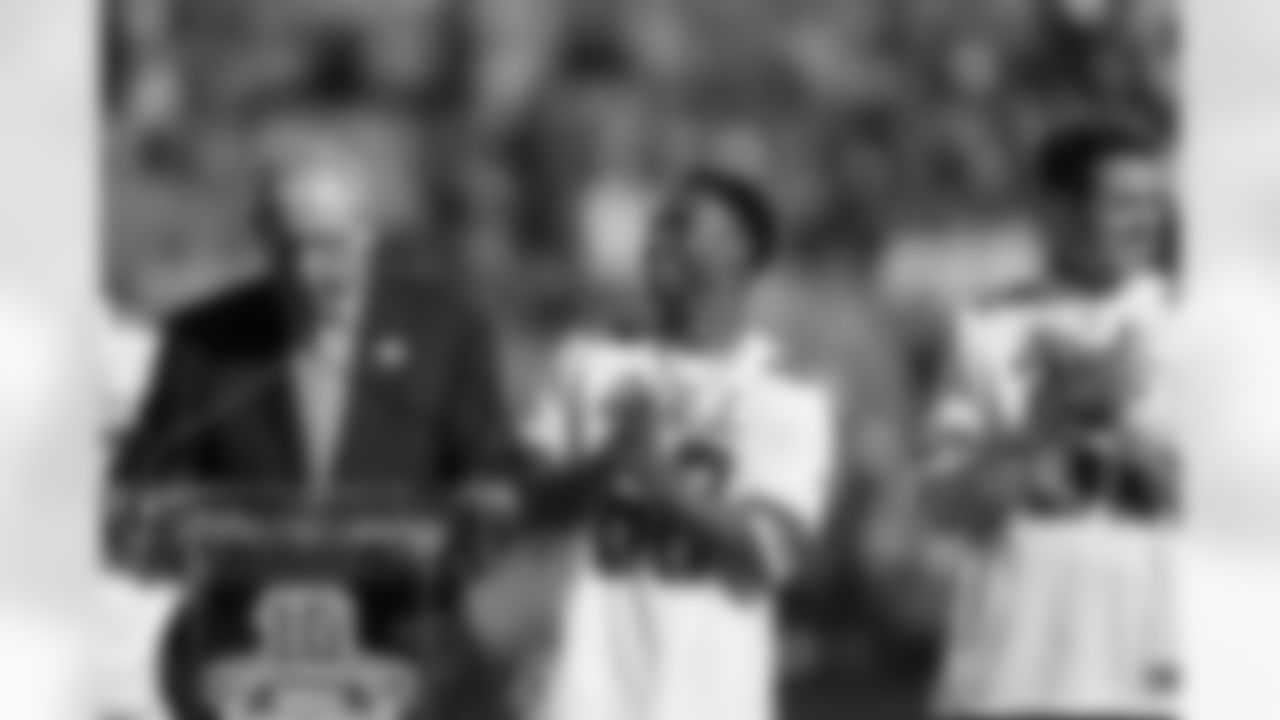
The New York Giants honor the 10th anniversary of the 2011 Championship Team with former wide receiver Victor Cruz and former linebacker Zak DeOssie at halftime of an NFL football game against the Los Angeles Rams on Sunday, October 17, 2021 in East Rutherford, New Jersey. (Ric Tapia/NFL)
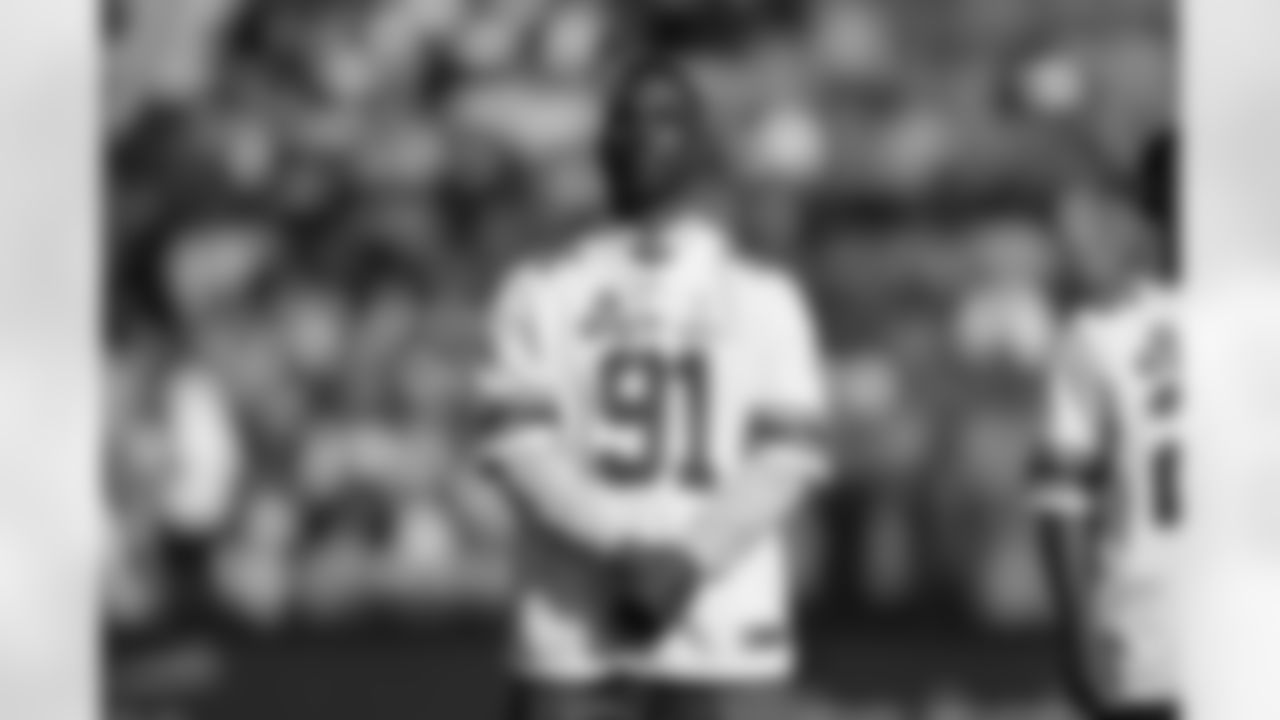
The New York Giants honor the 10th anniversary of the 2011 Championship Team with former defensive end Justin Tuck in attendance at halftime of an NFL football game against the Los Angeles Rams on Sunday, October 17, 2021 in East Rutherford, New Jersey. (Ric Tapia/NFL)

New York Giants head coach Tom Coughlin walks on field with former New York Giants quarterback Eli Manning during a half-time ceremony honoring the 2011 Super Bowl Championship team on Sunday, October 17, 2021 in East Rutherford, New Jersey. (Ric Tapia/NFL)
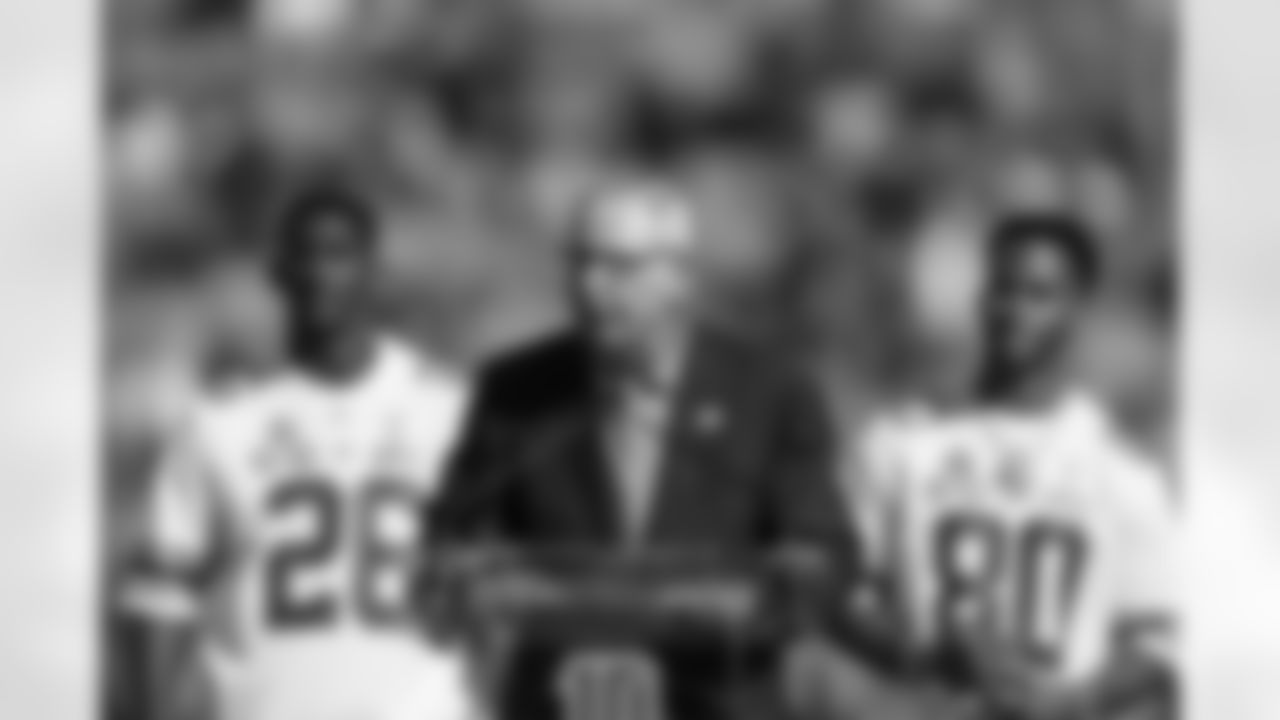
Former New York Giants head coach Tom Coughlin speaks during a ceremony honoring the 10th anniversary of the 2011 Championship Team with former wide receiver Victor Cruz and former defensive back Antrel Rolle at halftime of an NFL football game against the Los Angeles Rams on Sunday, October 17, 2021 in East Rutherford, New Jersey. (Ric Tapia/NFL)
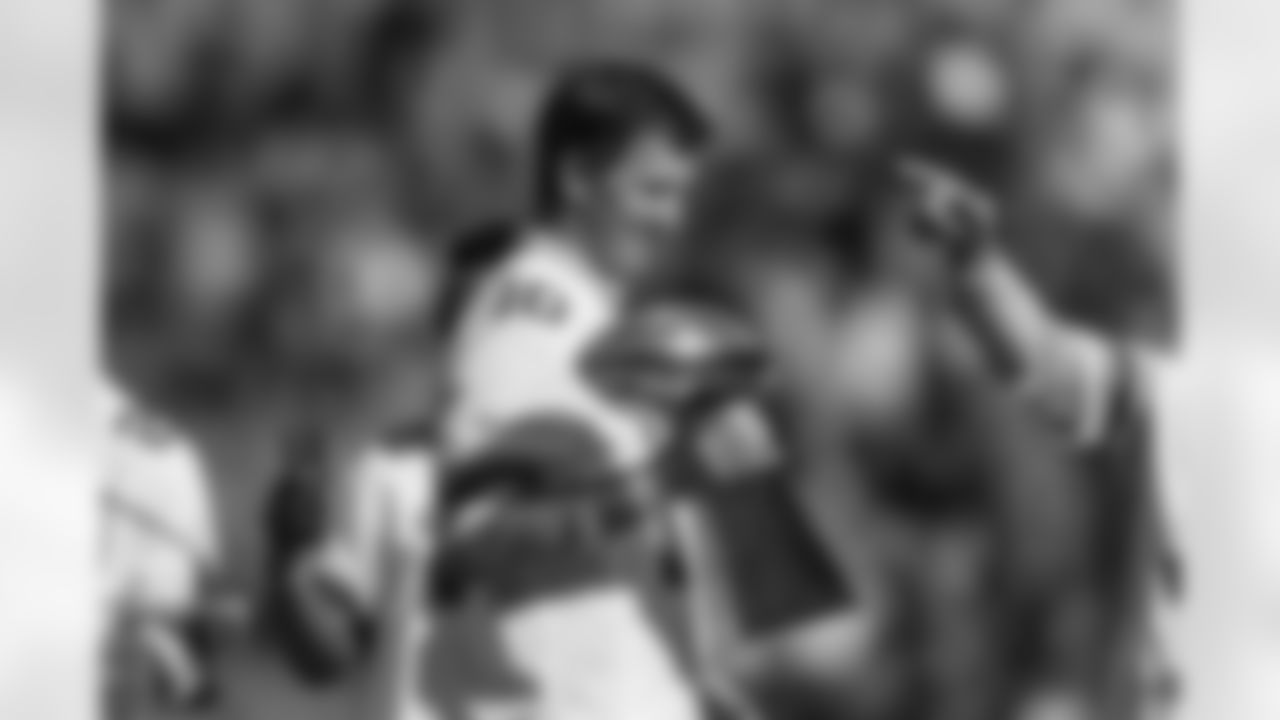
Former New York Giants Quarterback Eli Manning is seen holding the 2011 Super Bowl Championship Lombardi trophy during a half-time ceremony honoring the team on Sunday, October 17, 2021 in East Rutherford, New Jersey. (Ric Tapia/NFL)

Former New York Giant coach Tom Coughlin, left, and former quarterback Eli Manning walks onto the field during an event honoring the 2011 New York Giants Super Bowl team during the halftime of an NFL football game between the New York Giants and the Los Angeles Rams, Sunday, Oct. 17, 2021, in East Rutherford, N.J. (AP Photo/Frank Franklin II)
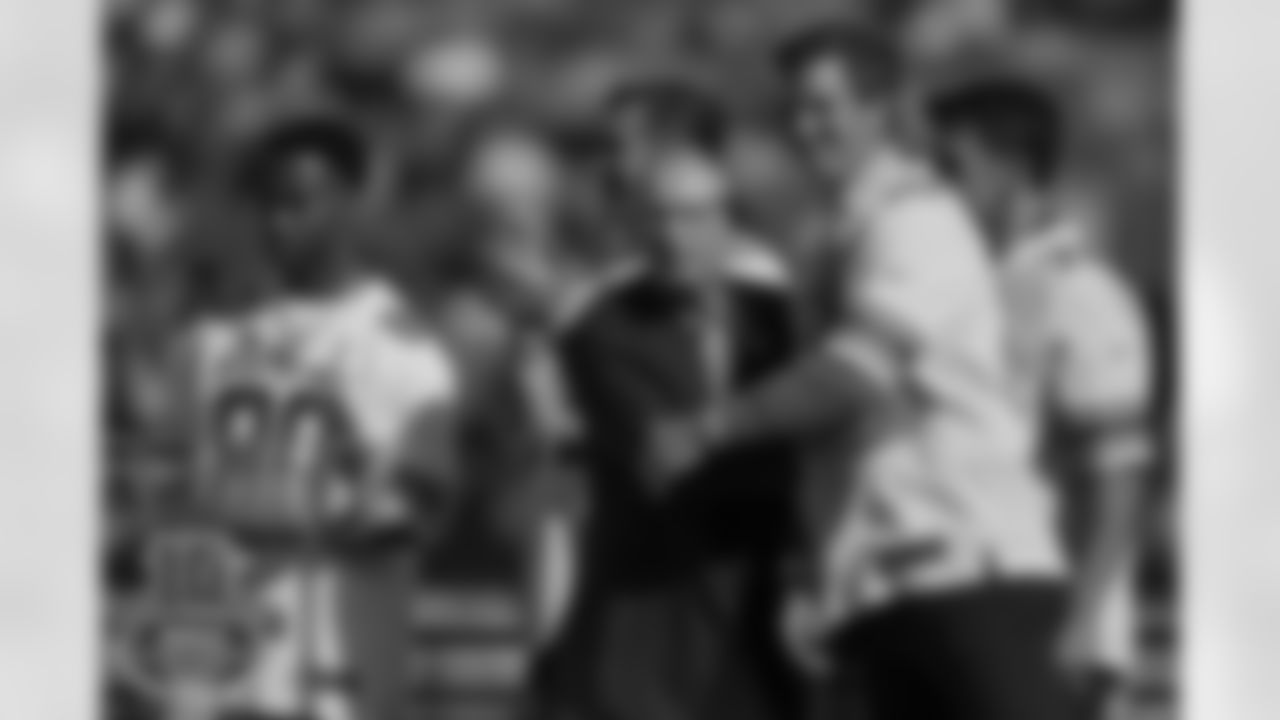
Former New York Giant coach Tom Coughlin, second from right, hugs former quarterback Eli Manning, right, during an event honoring the 2011 New York Giants Super Bowl team during the halftime of an NFL football game between the New York Giants and the Los Angeles Rams, Sunday, Oct. 17, 2021, in East Rutherford, N.J. (AP Photo/Frank Franklin II)
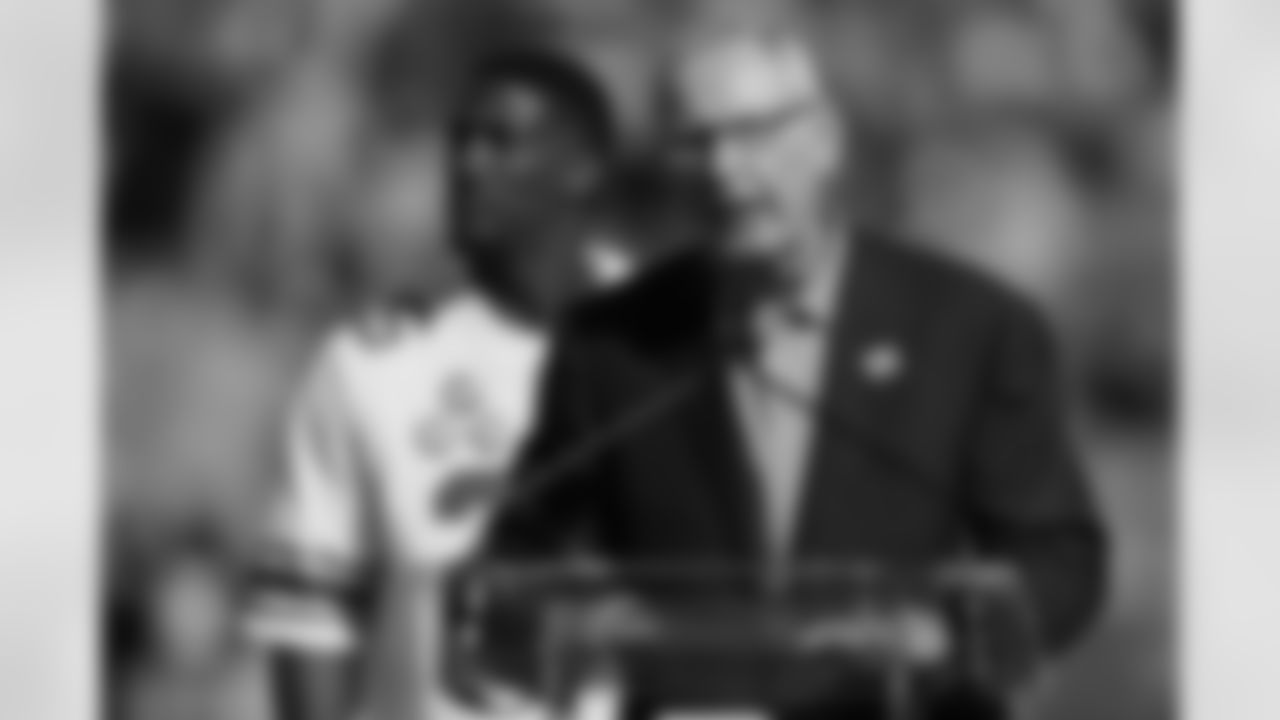
Former New York Giant coach Tom Coughlin speaks during an event honoring the 2011 New York Giants Super Bowl team during the halftime of an NFL football game between the New York Giants and the Los Angeles Rams, Sunday, Oct. 17, 2021, in East Rutherford, N.J. (AP Photo/Frank Franklin II)
With three consecutive seasons of disappointing finishes weighing on them, the Giants prepared for the 2011 season with a renewed determination. They had a core group of outstanding players remaining from the 2007 championship team, including Manning; running backs Brandon Jacobs and Ahmad Bradshaw; offensive linemen Chris Snee, David Diehl and Kareem McKenzie; defensive linemen Osi Umenyiora and Tuck; cornerbacks Corey Webster and Aaron Ross; and special teamers Zak DeOssie and Tynes. They knew they might be down to their last chance to win another title together.
"There's always that great sense of urgency," Coughlin said. "There's always the sting of not being successful the year before. I remember having a team that was 14-2 and did not get to the Super Bowl (1999 in Jacksonville). It was time for the collection of good veteran players that we had to make their minds up, what they wanted and how badly they wanted to pay the price to get it. I mean, it was right back to that. We had some talent on that team."
"We knew we were a pretty good team, that we had the ability to beat any team out there," Manning said. "The defense can play well and get to the quarterback. Offensively, we had the manpower to make big plays and had been close a number of years prior late in the season. Just had to win some games we weren't able to win to put us into the playoffs. We didn't want to waste those years. We had good players and good teams, and we had to come through in the clutch and win some of those tight games. Definitely just tried to figure out what we could do more, what could we do to win that one extra game or two extra games to get us into the playoffs. I think that was the mindset, that we were close, but we needed to get better."
"Guys were getting old and then we start replacing them with younger players, so you feel like the window does close," Tynes said. "There's a sense of urgency, I think, when your roster gets a little bit older. Fortunately for us, we were able to get hot again. I talk about it all the time with young kids that I coach, you've just got to be playing well at the right time and that's kind of a snapshot of both of our Super Bowl teams."
The Giants had imported numerous outstanding players since Super Bowl XLII, including wide receivers Hakeem Nicks and Mario Manningham, defensive end Jason Pierre-Paul, linebacker Michael Boley, and safeties Antrel Rolle, Kenny Phillips and Deon Grant.
"For me, it was about all those older guys, those veteran guys who had taken a chance to come out here to New York and wanted an opportunity to win one," said defensive end/linebacker Mathias Kiwanuka, a 2006 first-round draft choice who stayed with the Giants through the 2014 season. "Knowing how much talent we had on that team, it felt like there was some magic in the air."
Rolle, a fiery player who had lost a Super Bowl with the Arizona Cardinals, was "the one name that I'm thinking about," Kiwanuka said. "(I'm) specifically thinking about a rant he gave a couple of times. He had expressed a lot of things and a lot of guys stood up and said the same things, which was that they've been to other teams all over the country and there was not a better semblance of talent, leadership, and coaching like this around the league, and it kind of reminded us that we do have what it takes to get it done."
But before they could convene as a team, the players endured an exceptionally strange offseason. After the NFL owners and Players Association failed to agree on a new collective bargaining agreement, the owners on March 12 locked out the players from team facilities and halted league operations, including free agency (though they did hold the draft). Players could run and lift, but not under team direction. Coaches could not hold player meetings, spring practices and minicamps. It was up to the players to organize their own group activities, which had their own peculiarities.
"We had a ton of workouts," said Manning, a catalyst in getting the Giants together. "We would go to different high schools – Hoboken High School – and did some stuff just with the offense and had a bunch of others that were kind of full team. I remember I was drawing up cards, handing them to the defense, saying, 'Hey, this is the formation we're gonna be in. I want y'all to play certain looks,' and not necessarily for us to pick them apart and draw the best plays. Really just to give Victor Cruz and some of those guys different looks, so that they could make the right adjustments. Give something for our offensive line, different blitzes. We'd do a blitz pickup period where I'm drawing up all the blitzes for the defensive side so we can work on these calls.
"I guess I had a little bit of an advantage. Normally in practice, you don't know exactly what the defense is doing and I'm drawing up the card, so I knew what was going on. But it was work for the rest of the guys and made it easier on the defense. It made us hand them a script before practice so they can look at personnel and an allotment of what was going on. There was a lot more planning to a practice – I had to organize and set up high schools with coaches, get players to show up, do the scripts and draw up everything. It gave you an appreciation for what the coaches have to do to get ready for every practice."
The lockout ended on July 25 and every team scrambled to reset their rosters and get their players medically cleared and on the field. Three days later, the Giants released offensive linemen Rich Seubert and Shaun O'Hara, who played a combined 215 regular season and postseason games for the team. They signed free agent Kevin Baas to take over for O'Hara at center and punter Steve Weatherford to compete with Matt Dodge, whose errant punt was returned by Jackson for the backbreaking loss to the Eagles the previous December.
Coughlin had stewed for months about the awful ending to the previous season. In his long-awaited first team meeting of 2011, he introduced his theme for the year. It was simple and direct, and a byproduct of the disappointment of 2010: Finish. It was a word Coughlin used continually throughout the season.
To hammer home his point, he showed an inspirational tape in that initial gathering of Holland Reynolds, a star cross-country runner at San Francisco University High who collapsed near the end of a race but crawled across the finish line on her hands and knees. By finishing, Reynolds secured a state championship for her team. The message was, never stop competing. Finish. The players knew they hadn't seven months earlier.
"I feel like we had one of the best teams in football in 2010," said Snee, four-time Pro Bowl guard. "We had talent across the board. But we didn't finish. The way we got our butts kicked down the stretch, flat out. Being stuck in Green Bay after we got our butts kicked, knowing that we were eliminated, was one of the worst feelings."
Two newsworthy occurrences punctuated camp. The first was something that happened with the same frequency as Coughlin arriving late for practice: Manning unwittingly placing himself in the spotlight. On Aug. 16, Michael Kay of ESPN Radio asked Manning if he was an "elite quarterback" and if he was in the "Tom Brady class." At the time, Manning had defeated Brady in Super Bowl XLII and been selected to one Pro Bowl.
Manning, who prefers to talk about any subject but himself, responded sanely and accurately.
"Yeah, I consider myself in that class and Tom Brady is a great quarterback, he's a great player and what you've seen with him is he's gotten better every year," Manning said. "He started off winning championships and I think he's a better quarterback now than what he was, in all honesty, when he was winning all those championships."
That relatively benign answer ignited a debate on whether Manning was indeed elite, an issue that had long been settled to his teammates and coaches.
"What do you expect the guy to say?" McKenzie said. "You're the quarterback of the New York Giants, what do you expect somebody to say in that position? Especially as a quarterback, you want somebody who has that type moxie, that swag, that competitive edge. Like, 'I am top five,' You want somebody to exude that confidence. For somebody to sit there and say, 'You really think you're top five?' (Manning's response) was expected. All BS aside, I'm glad he did that. This is not a game where you can go ahead and say, 'I don't know.' It's football, put up or shut up, plain and simple."
Manning preferred to let his performance speak for him, but he was going to offer an honest answer.
"I think just because it was such a direct question," Manning said. "It was like, 'Do you consider yourself an elite quarterback, a top-five quarterback in the NFL?' And I think like any athlete, you always do. I can win every game, I can make every throw, I've won a championship already, I know we can win championships. We're coming off a 10-win season, which normally does get you a spot in the playoffs. Just felt good about how I could play and felt like I was kind of coming into the prime of my football career. At the time, I didn't think of it as a weird response. I think it's one of those things where you probably think about yourself that way, but you never randomly come out and say that. But obviously it got the headlines and the worst part is the next day every media member has to keep talking about it and keep asking about it. I'm like, 'Can't we just talk about the team?' It's not something I want to talk about. You think that way, but it's not something you want to talk to the media about all the time. I'd much rather talk about (the defense) and the receivers and pump those guys up rather than talk about myself."
Manning's declaration of faith in himself strengthened the conviction his teammates had in him.
"Eli's 'elite' statement set the tone for us," Tuck said.
But Manning knew his words meant little if he didn't prove they were true.
"You have to go perform," he said. "You've got to back up your words. That's part of football. If you're going to say something, you've got to back it up. Whether you say it to the team, whether you say it to the media, words only matter so much. It's what your actions are that really carry the weight amongst the teammates, the media, the fans. We'd missed the playoffs the last two years. We played decent football, we were right in the mix. But two years out of the playoffs and I think you get to that make-or-break season where you've got to prove that you are an elite quarterback and you've got to prove that you are a championship contender team. That's offense, that's defense, that's everybody coming back together and doing it. The NFL is definitely a 'what have you done for me lately?' league. The great thing about football is you never know when you're going to have a championship season."
The other camp storyline was all too common: injuries. Cornerback Prince Amukamara, the team's 2011 first-round draft choice, signed his contract on Aug. 5 and in his first practice then next day fractured the fifth metatarsal bone in his left foot. He underwent surgery and didn't make his debut until Nov. 20.
Another corner, Terrell Thomas, who had started all 32 games the previous two seasons, was lost for the year when he tore his ACL in a preseason victory against Chicago. "The one guy that really, really hurt was that Terrell Thomas was down," said Tuck, who had predicted when camp opened that Thomas would be a Pro Bowler. "He had a coming out party the previous year with some of the plays that he made."
On Labor Day, the Giants' practice was essentially a jog-through, but that didn't preclude middle linebacker Jonathan Goff from banging knees with an offensive player, resulting in a torn ACL.
"Goff going down, that was a big deal," Kiwanuka said.
The preseason schedule included an unexpected quirk. Hurricane Irene forced the postponement of the annual game vs. the Jets to Monday, Aug. 29, just three days before the finale in New England. A 28-player contingent either didn't make the trip to Foxborough or never left the sideline. The Giants still won, 18-17.
After that game, the Giants pared their roster to the regular-season limit of 53 players. Dodge was waived, clearing an opening for Weatherford to step in as the team's punter. "That was a tough, tough decision," Coughlin said. David Carr returned for his second stint as Manning's backup. Four rookie linebackers made the team, including two 2011 draft choices – fifth-rounder Greg Jones of Michigan State and sixth-rounder Jacquian Williams of South Florida – and free agents Mark Herzlich of Boston College and Spencer Paysinger of Oregon.
Coughlin says now of the 2011 season, "For me, it really all started with the Jets game." And while it is tempting to begin the countdown with the Dec. 24 game that opened the six-game season-ending winning streak, there is the little matter of the first 14 games, an unpredictable ride that included inspiring victories and frustrating defeats.
And another similarity to 2007, when the Giants' first game was a 10-point road loss to an NFC East foe, 45-35 in Dallas.
The 2011 season kicked off in Washington on Sept. 11, the 10th anniversary of the terrorist attacks there and in New York. The Giants played without both of their starting defensive ends, Umenyiora (who had arthroscopic knee surgery on Aug. 19) and Tuck (a stinger suffered in the Jets preseason game). For Tuck, it was the continuation of a painful year in which tornadoes had ravaged his native Alabama, his grandfather and three uncles all passed away in a six-month period, and he battled neck, shoulder and foot injuries.
"This was on top of the narrative of what our football team was going into that year," he said.
After the teams were tied at halftime, the Giants did not score in the final two quarters and lost, 28-14, their first loss in Washington in four years.
Perhaps the game's most interesting footnote occurred on the Giants' first third down of the year. Manning threw to Cruz, who was targeted for the first time in his career. The young receiver dropped the ball, forcing a punt that left in question whether Cruz would get another opportunity.
"It's like third-and-(eight) and I throw him a little option route, he makes a great read, I hit him right there and it's dropped," Manning said, "And all the coaches are like, 'Get him out, get him out. He can't do it.'"
Three days later, the Giants signed veteran receiver Brandon Stokely, ostensibly to replace Cruz in the slot.
Cruz was not targeted in Week 2, when the Giants played their first Monday night home game in eight years. They made the most of the prime time showcase by beating the St. Louis Rams, 28-16. Manning threw two touchdown passes, including a 22-yarder in the second quarter to Domenik Hixon. But it was the last pass Hixon caught in 2011; he tore his ACL in the third quarter and missed the rest of the season.
The following week, the Giants visited Philadelphia, home to an Eagles team that had signed several high-profile free agents and was a popular preseason choice to win the NFC East. Trailing 16-14 after three quarters, the Giants unveiled another facet of their repertoire that became a signature of their championship season – the fourth-quarter comeback. They outscored the Eagles in the final period, 15-0. Manning, who threw two touchdown passes in the final 8:07, completed 16 of 23 passes for 254 yards, four touchdowns and no interceptions for a then career-high passer rating of 145.7.
Manningham was inactive with a concussion, Hixon was out and Stokely was slowed by a hamstring issue. Up stepped Cruz, who caught three passes for 110 yards and his first two NFL touchdowns, for 74 and 28 yards, in a 28-16 Giants victory.
"I knew that there were going to be some opportunities," Cruz said. "Eli's good for trusting his receivers and just throwing some balls up there and letting us work. He gave me a couple of those opportunities and I came down with them."
As soon as he reached the end zone, Cruz broke out his salsa dance, which became a season-long phenomenon.
"After that first catch up the sideline, shaking two defenders, getting in the end zone, I was like, 'I got to do the salsa now.'" Cruz said. "I can't not do it after that."
The Giants' 2011 Super Bowl team reunites for the 10th anniversary of their championship season.

Justin Tuck, Antrel Rolle

Victor Cruz
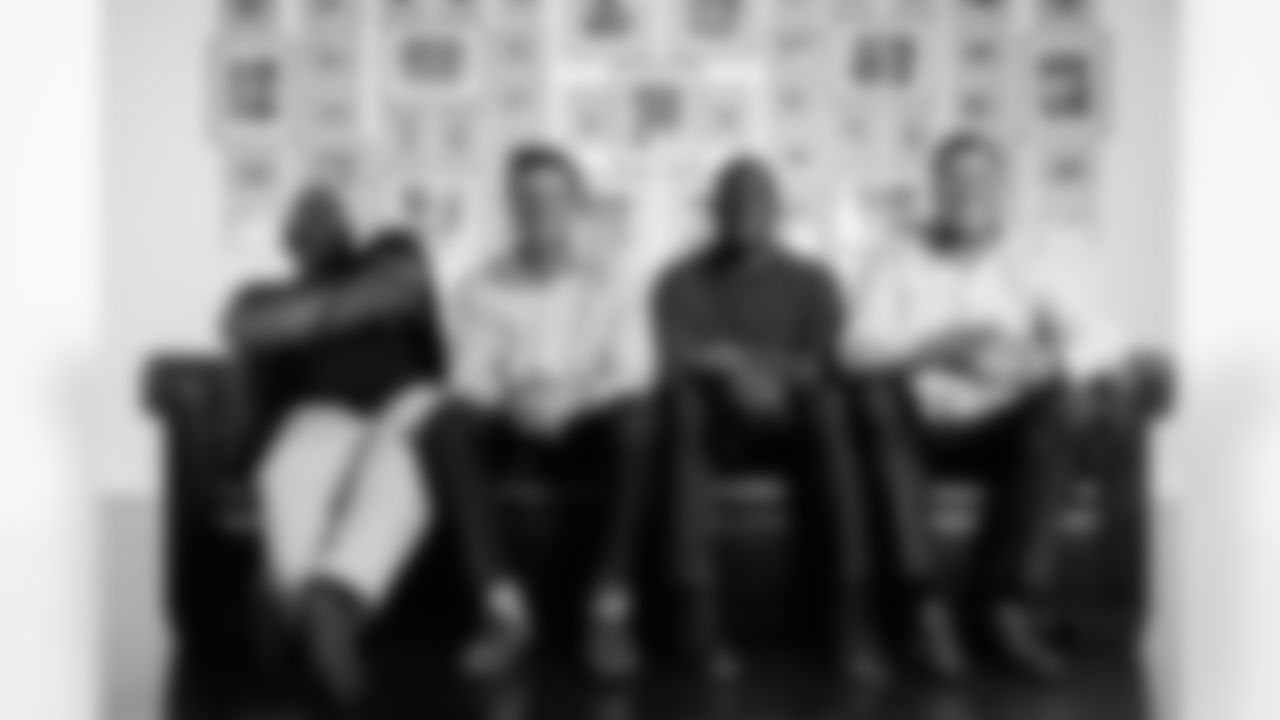
Kareem Mckenzie, Chris Snee, Kevin Boothe, David Diehl
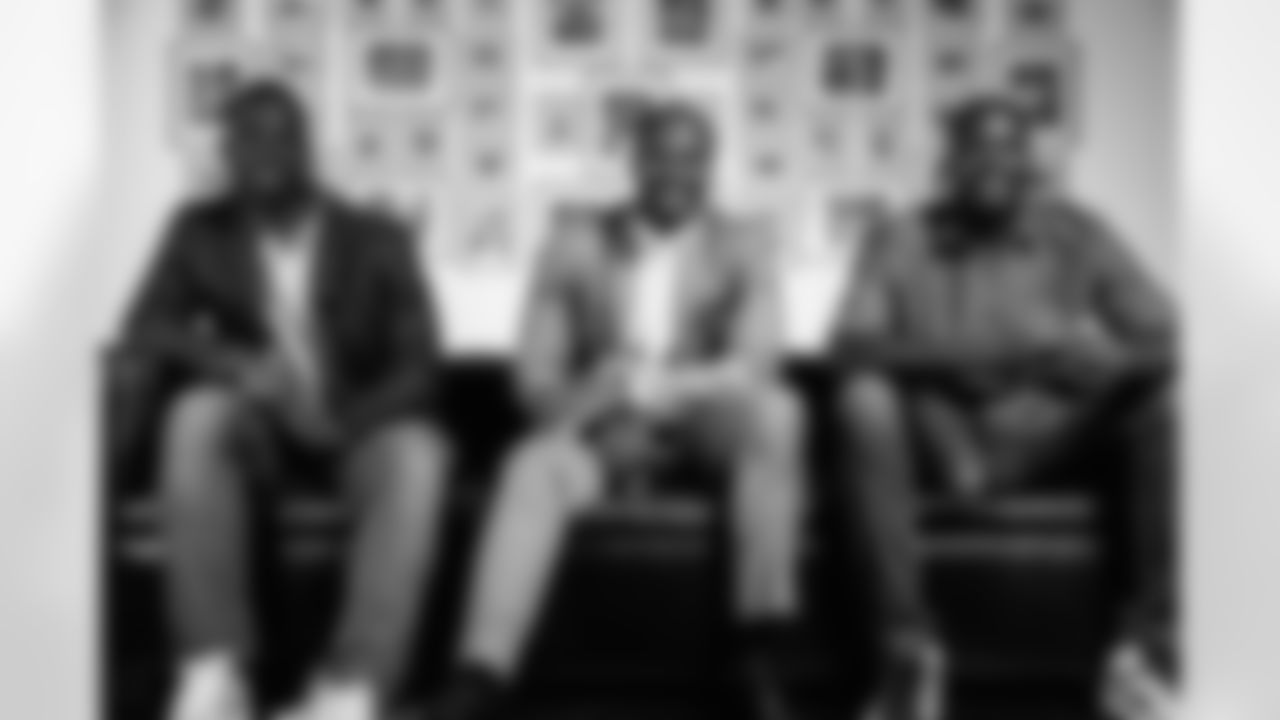
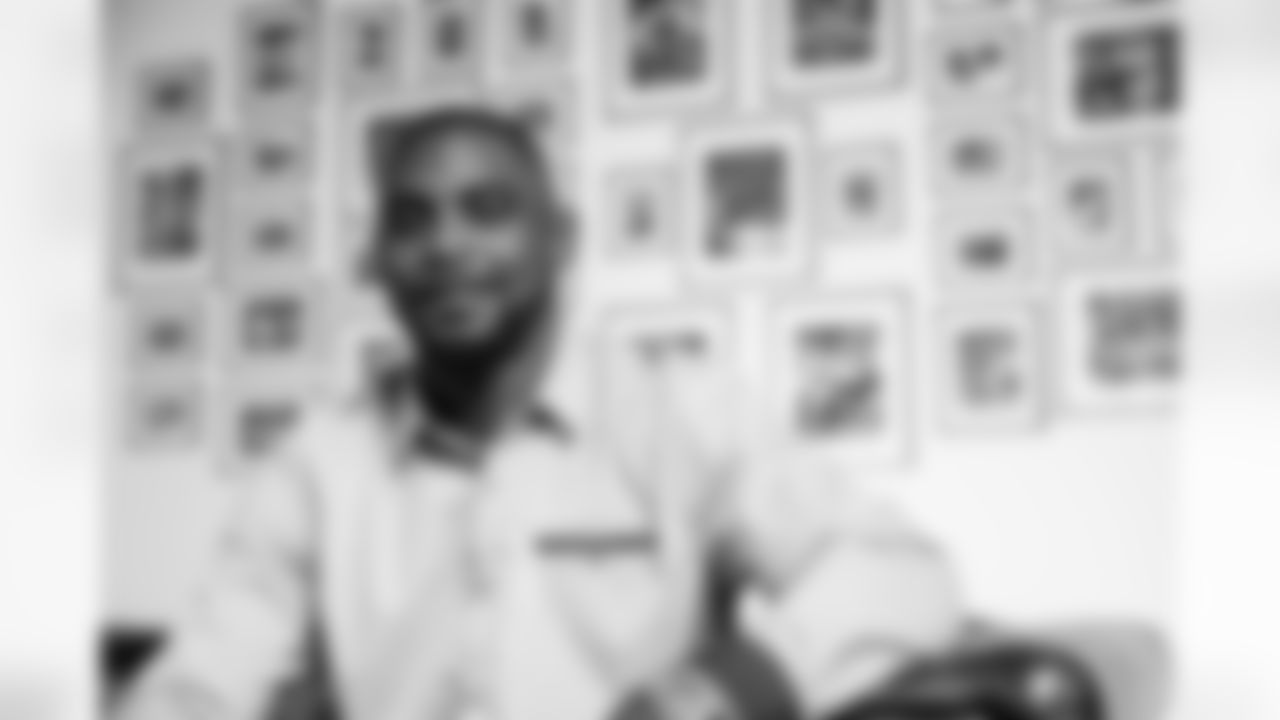
Ahmad Bradshaw

Brandon Jacobs

David Diehl

Eli Manning, Justin Tuck

Eli Manning

Victor Cruz

Victor Cruz

Victor Cruz

Victor Cruz

Victor Cruz

Victor Cruz

Victor Cruz

Victor Cruz

Victor Cruz
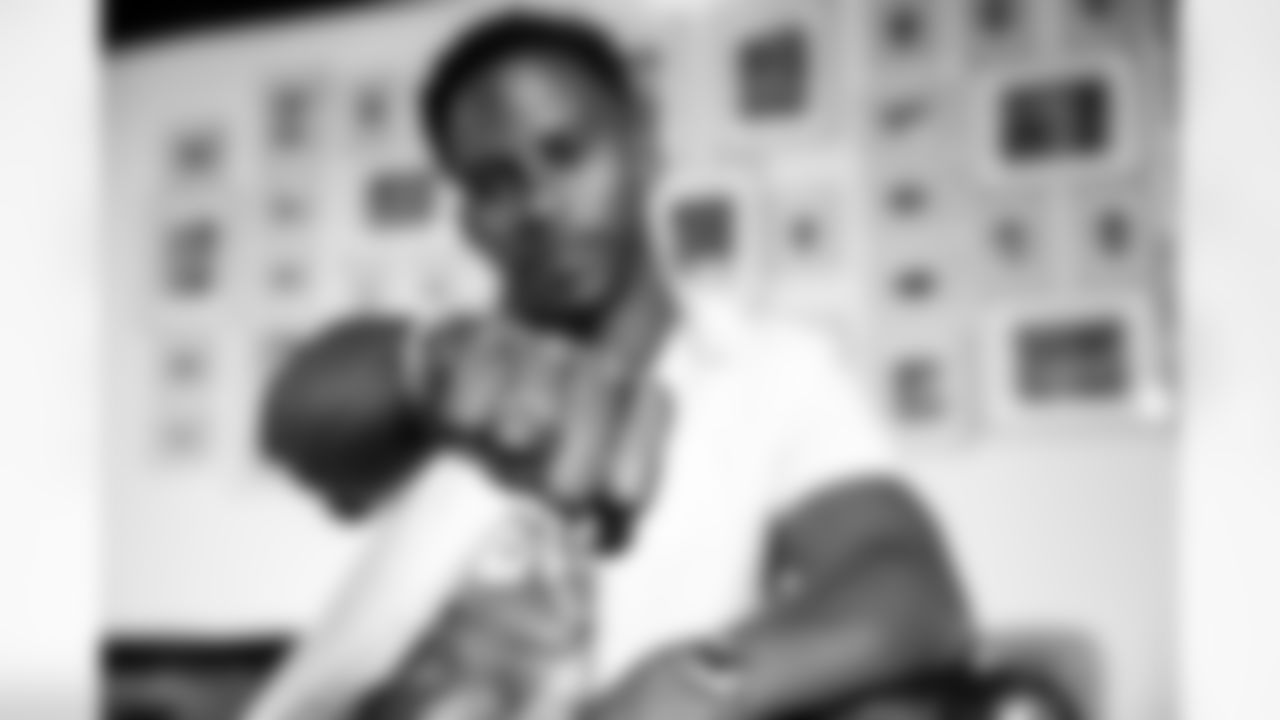
Victor Cruz

Victor Cruz

Victor Cruz

Victor Cruz
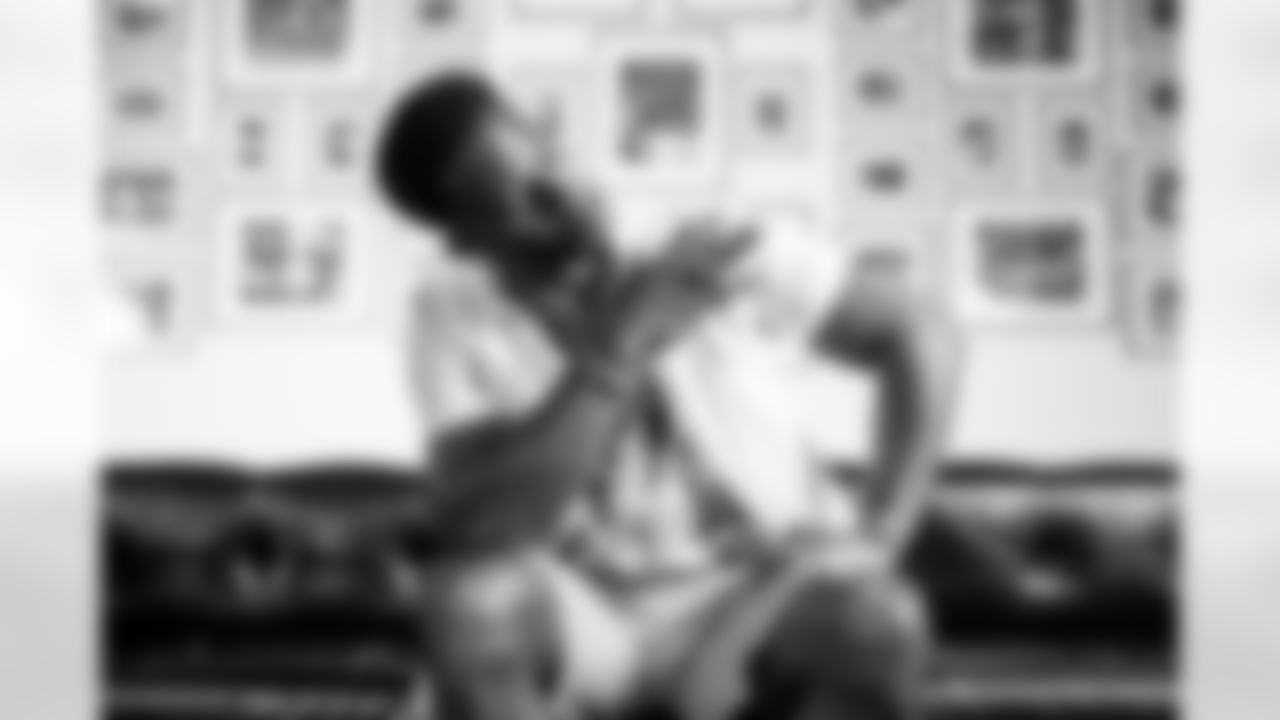
Victor Cruz

Victor Cruz

Victor Cruz

Victor Cruz

Victor Cruz

Victor Cruz

Victor Cruz

Victor Cruz

Victor Cruz

Eli Manning, Justin Tuck
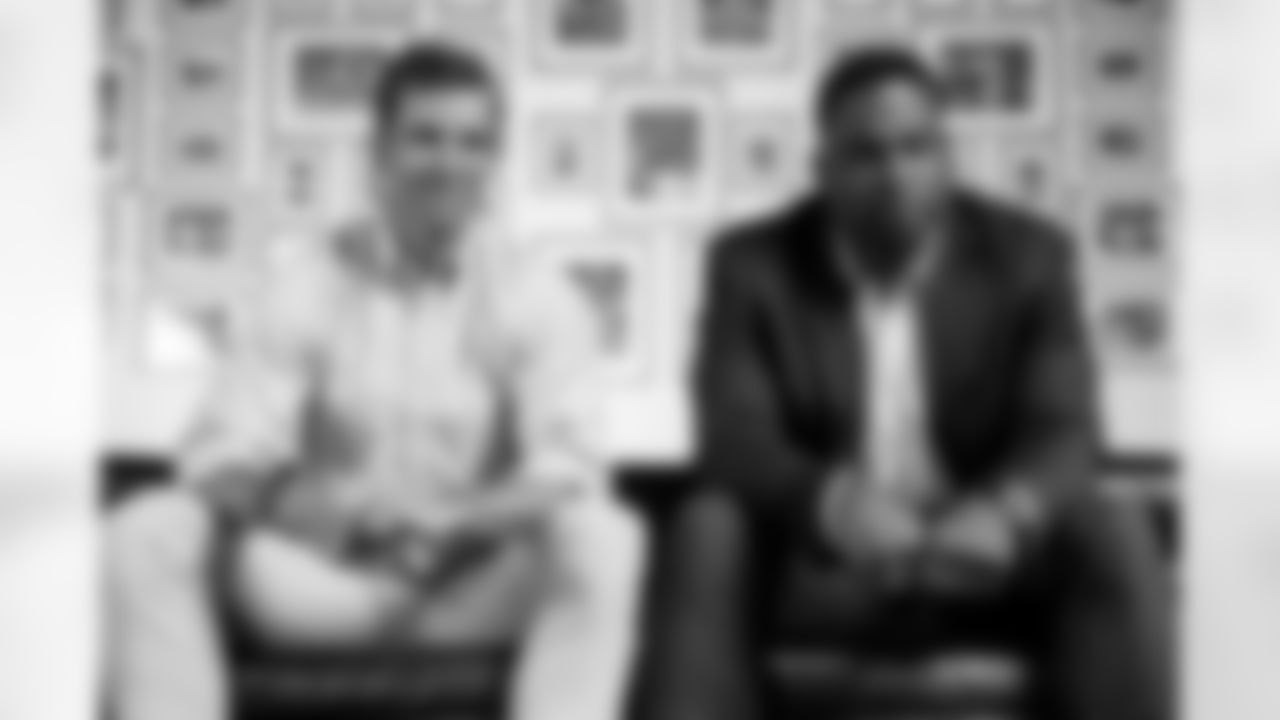
Eli Manning, Justin Tuck

Eli Manning

Eli Manning, Justin Tuck

Eli Manning, Justin Tuck

Eli Manning, Justin Tuck

Eli Manning, Justin Tuck

Eli Manning

Eli Manning

Eli Manning

Eli Manning

Eli Manning
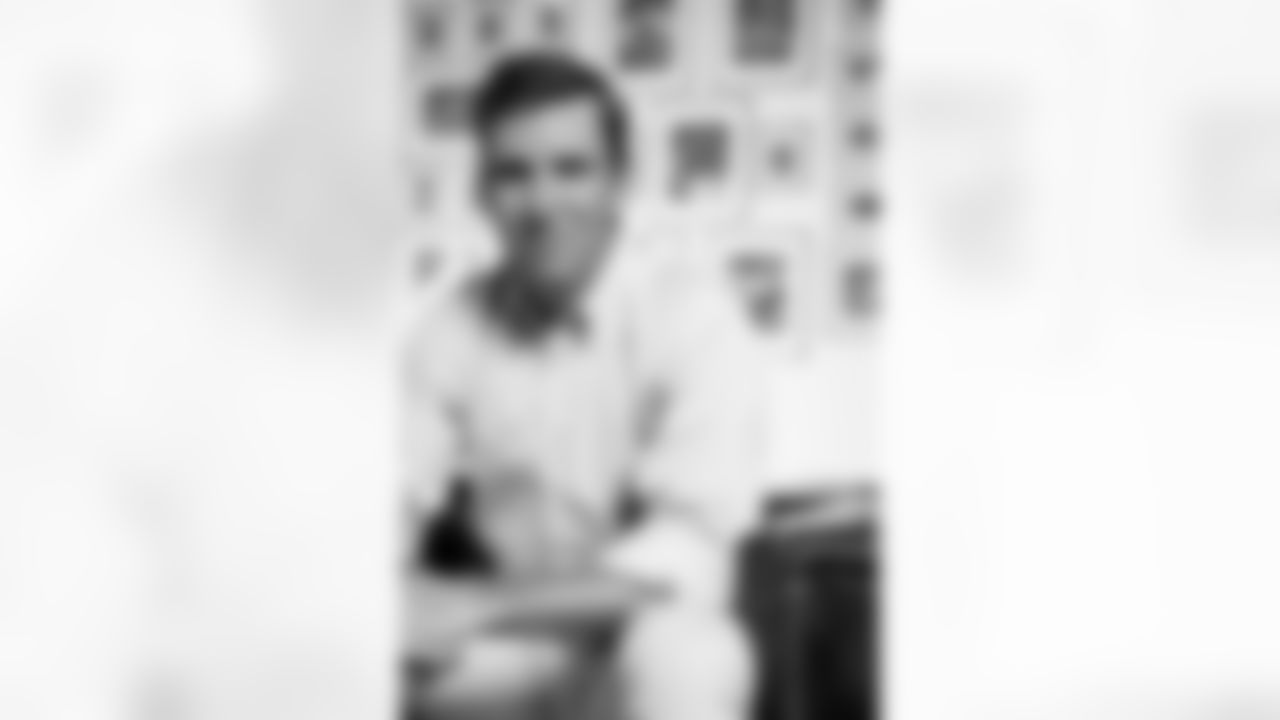
Eli Manning

Eli Manning

Eli Manning
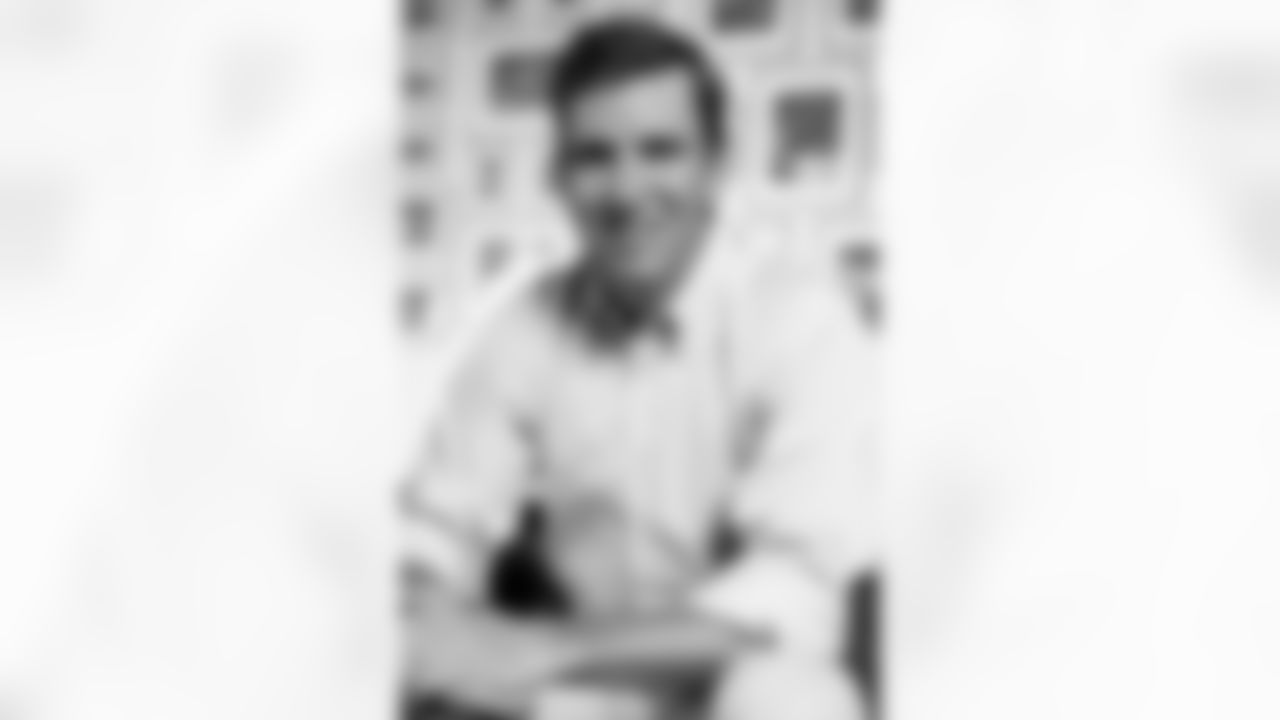
Eli Manning
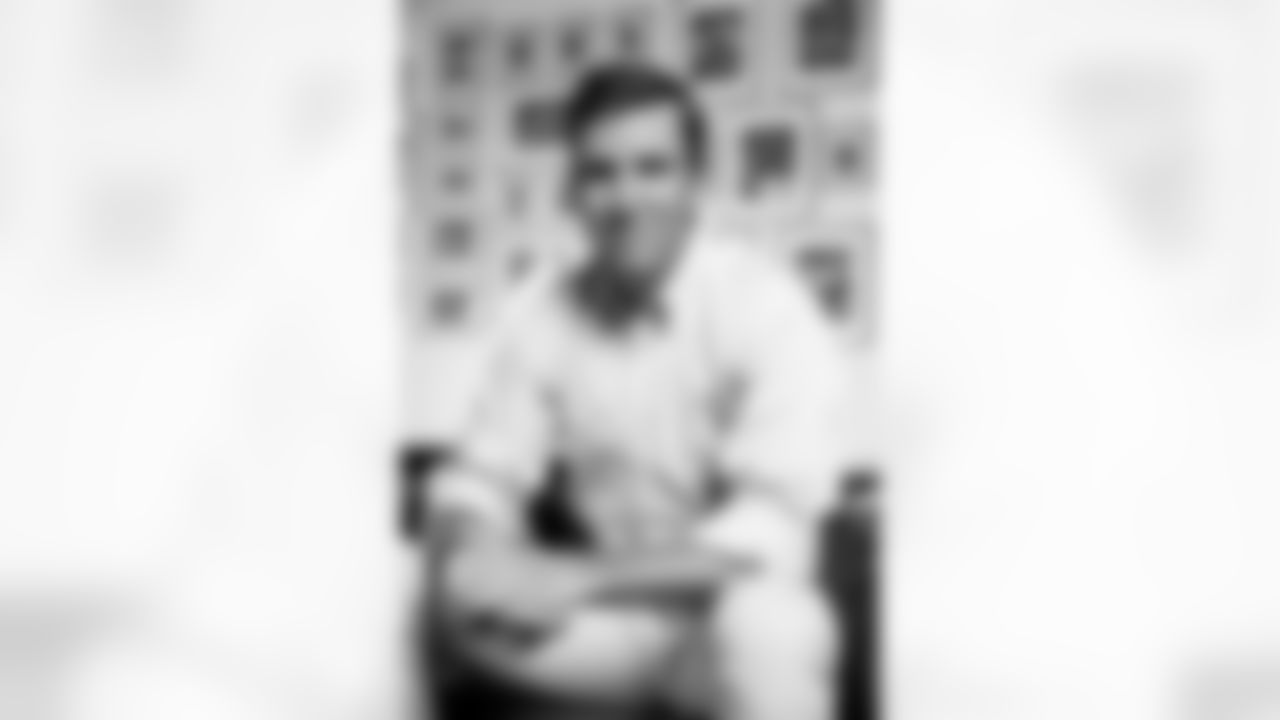
Eli Manning

Eli Manning

Eli Manning

Eli Manning

Eli Manning

Eli Manning

Eli Manning
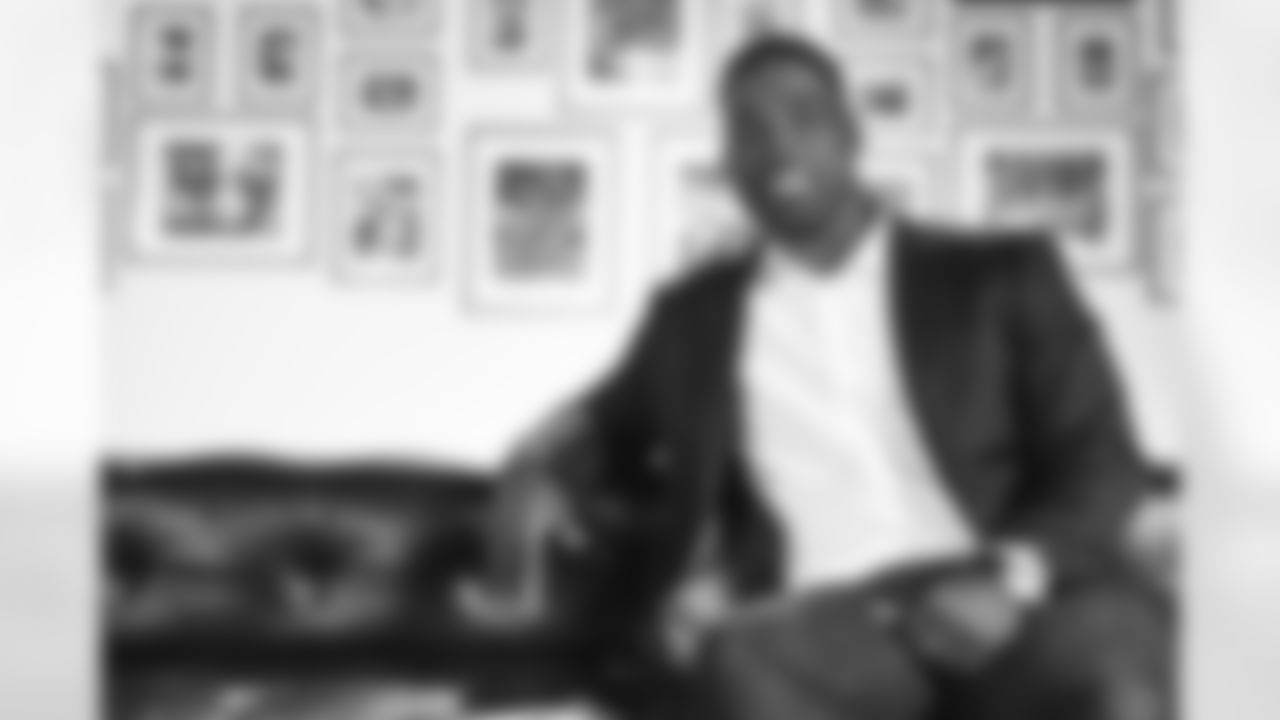
Justin Tuck

Eli Manning
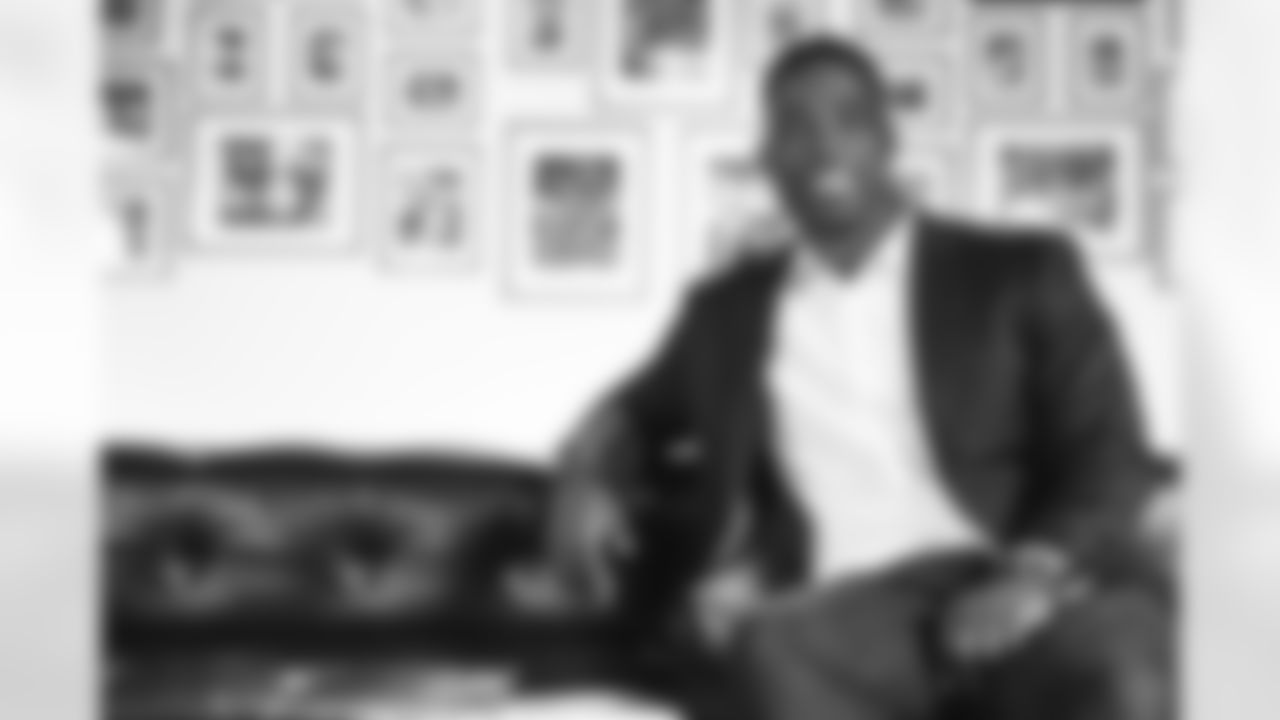
Justin Tuck
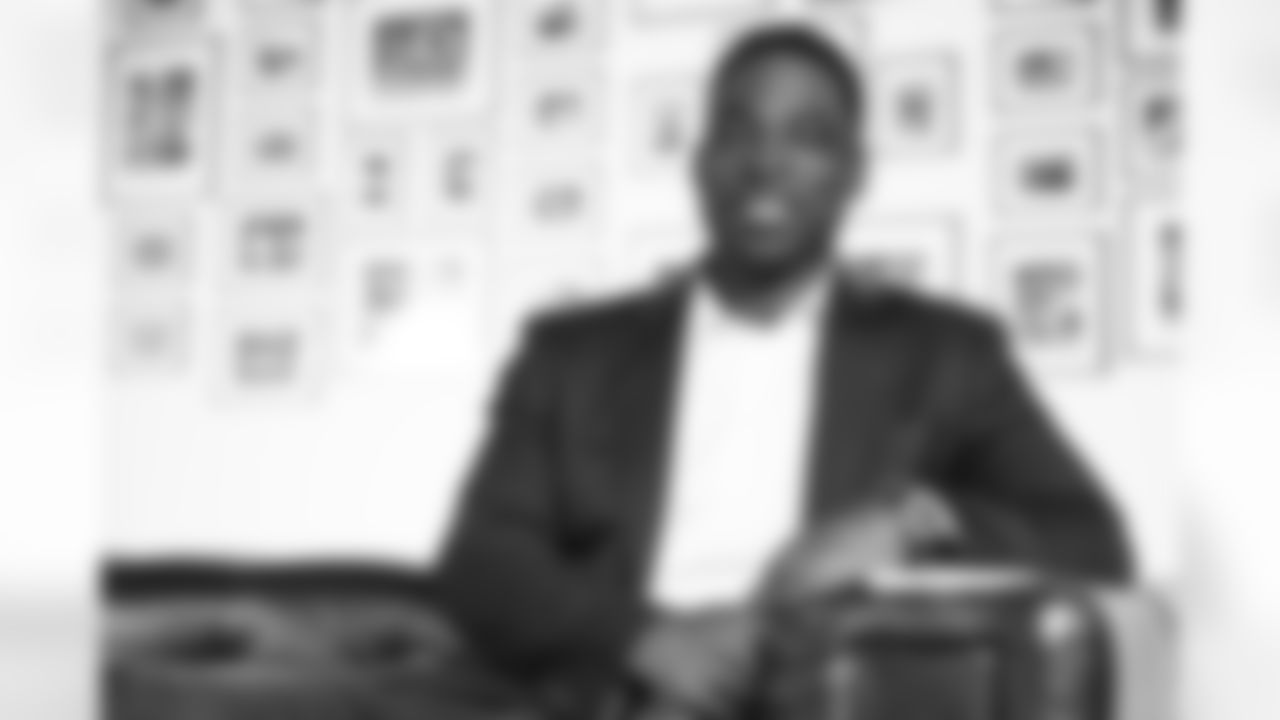
Justin Tuck
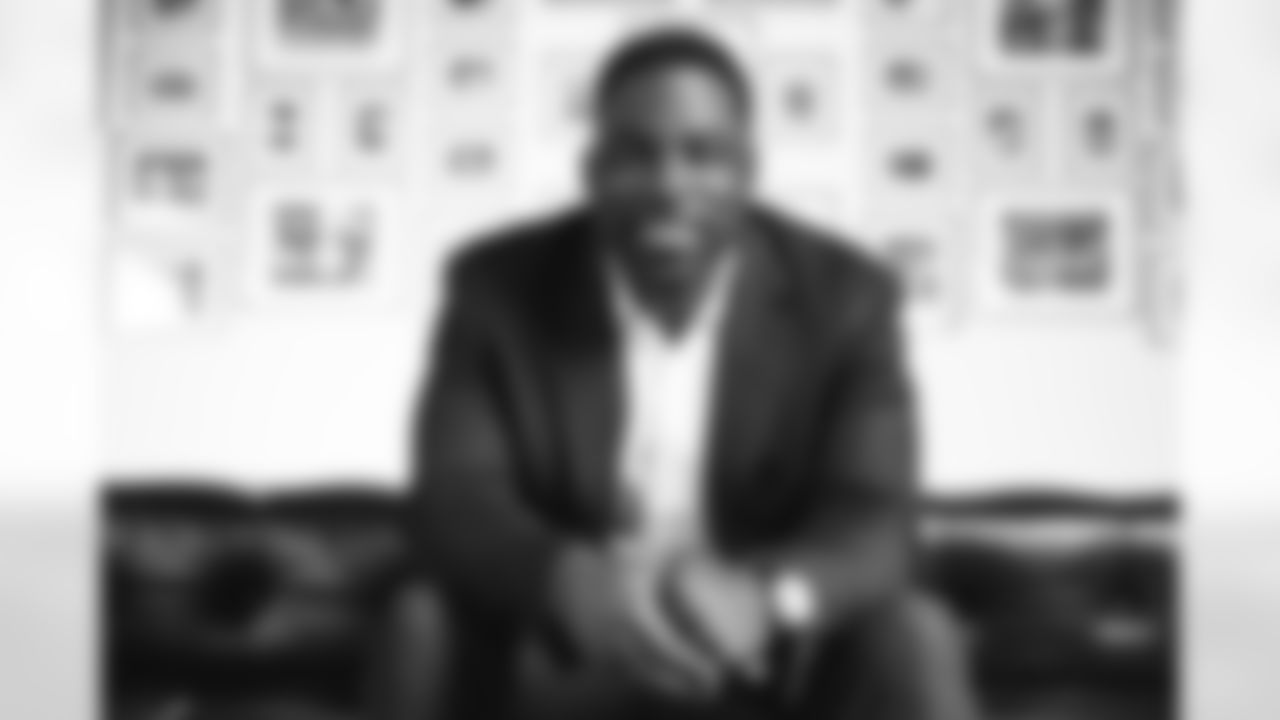
Justin Tuck
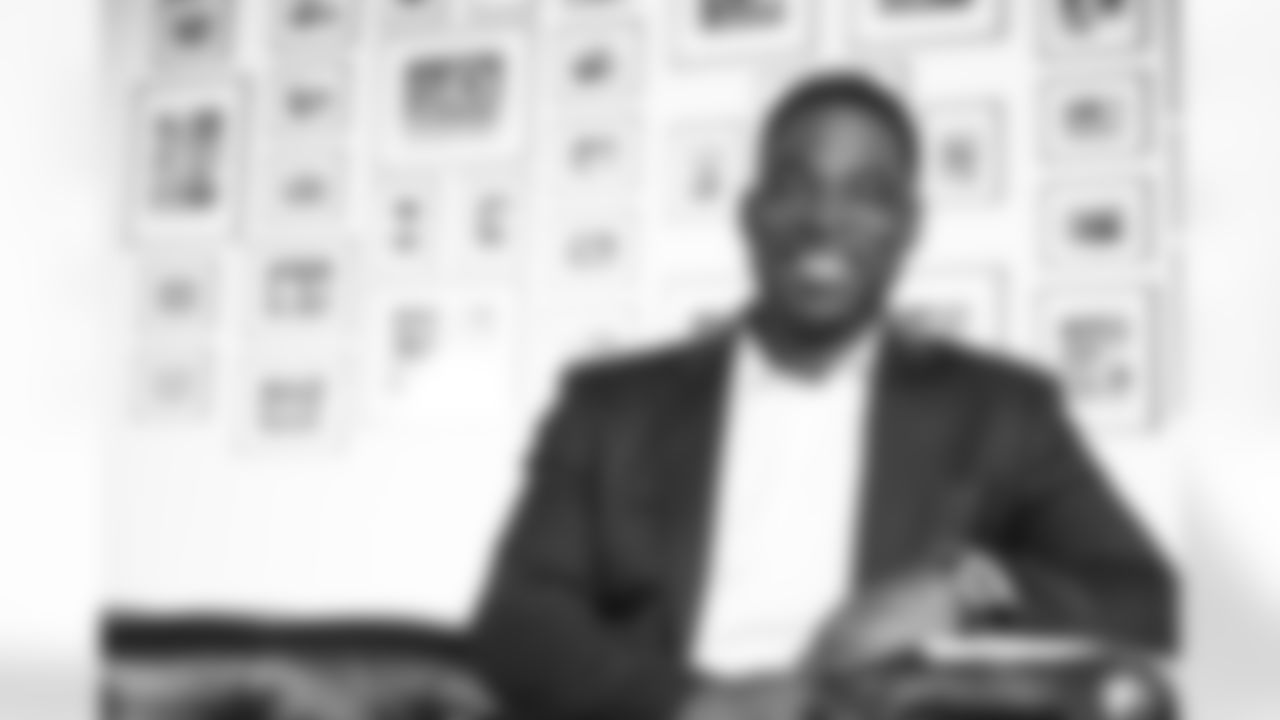
Justin Tuck

Justin Tuck

Justin Tuck
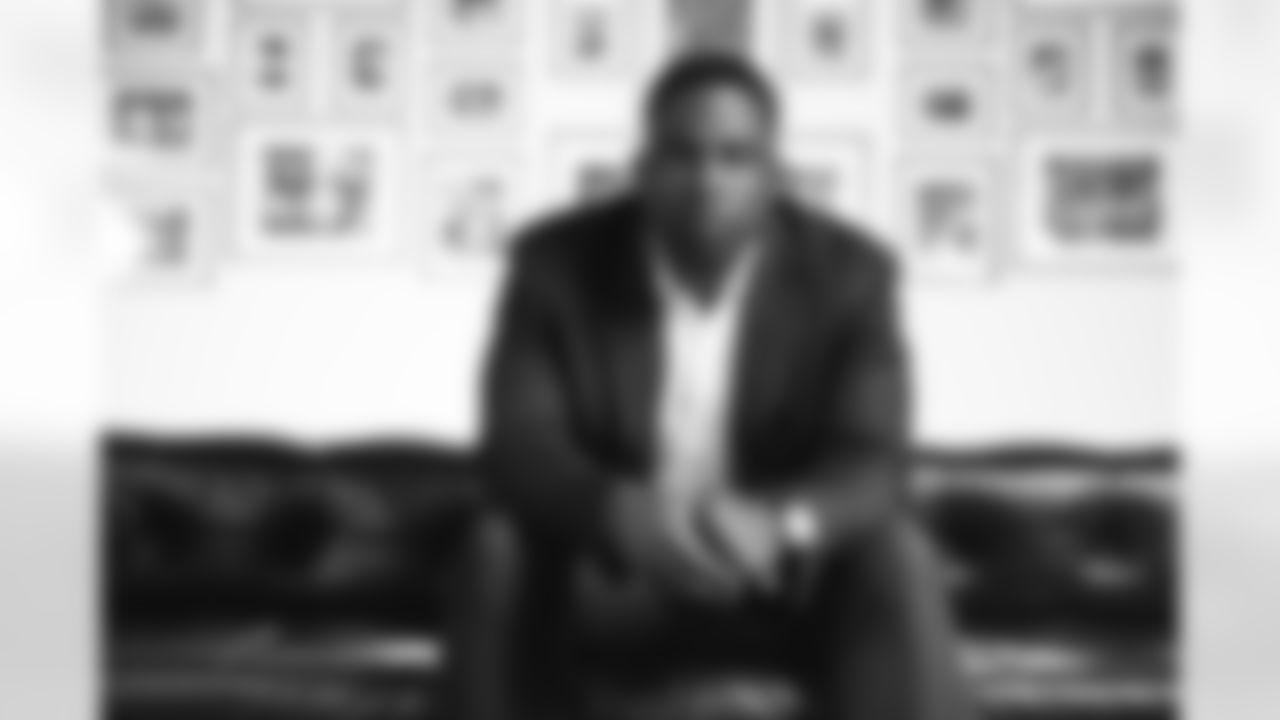
Justin Tuck

Justin Tuck
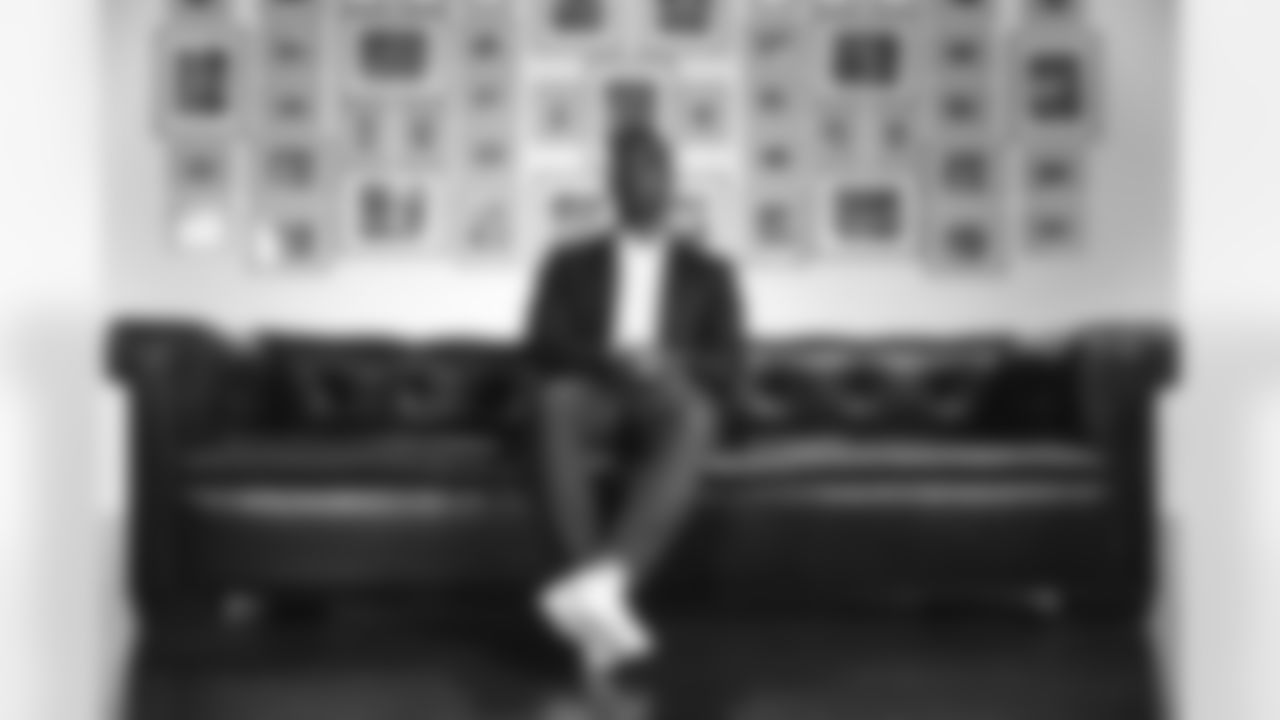
Justin Tuck

Justin Tuck, Antrel Rolle

Victor Cruz

Justin Tuck

Victor Cruz

Justin Tuck, Antrel Rolle

Victor Cruz

Victor Cruz

Victor Cruz

Eli Manning, Justin Tuck
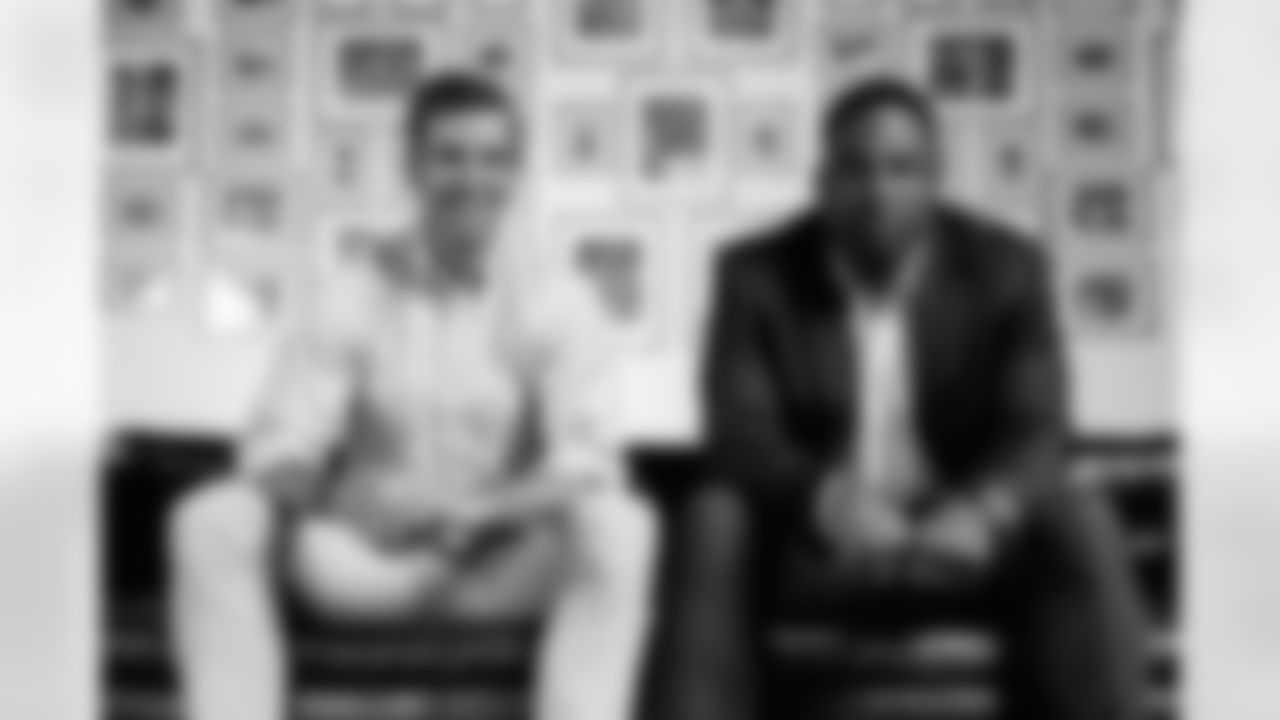
Eli Manning, Justin Tuck

Eli Manning

Eli Manning

Eli Manning

Eli Manning

Justin Tuck, Antrel Rolle

Justin Tuck, Antrel Rolle

Justin Tuck, Antrel Rolle
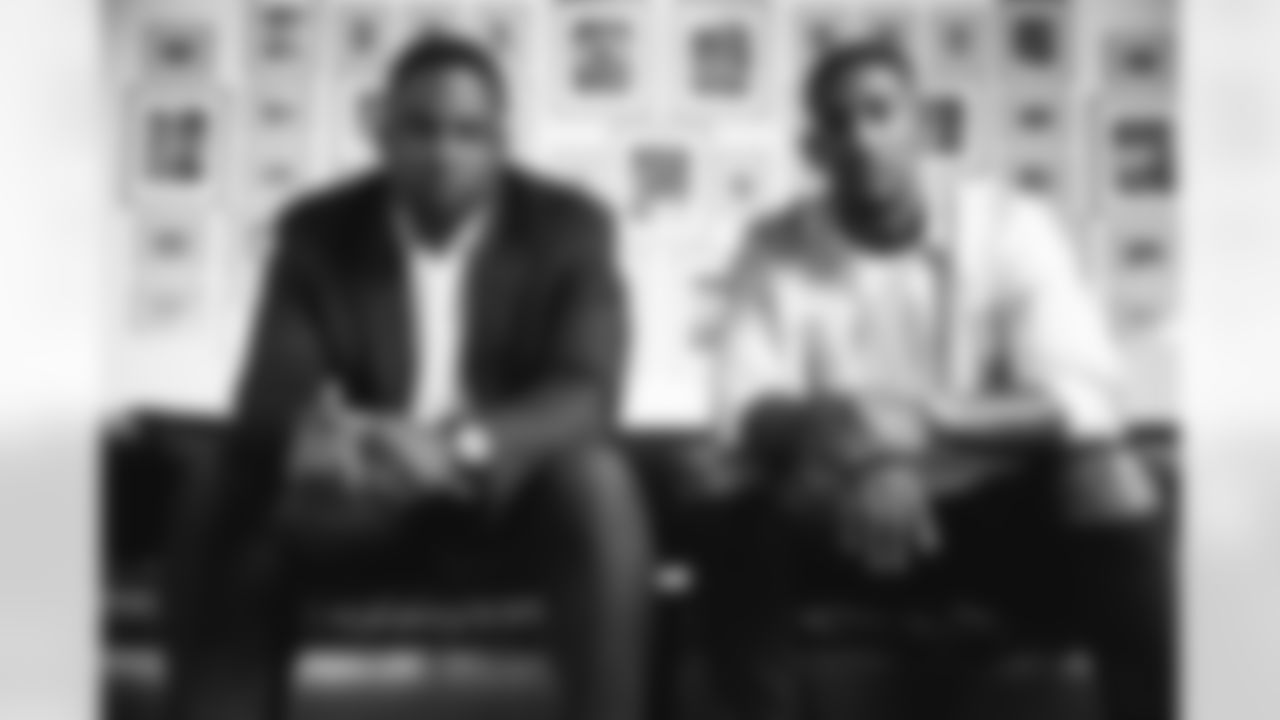
Justin Tuck, Antrel Rolle
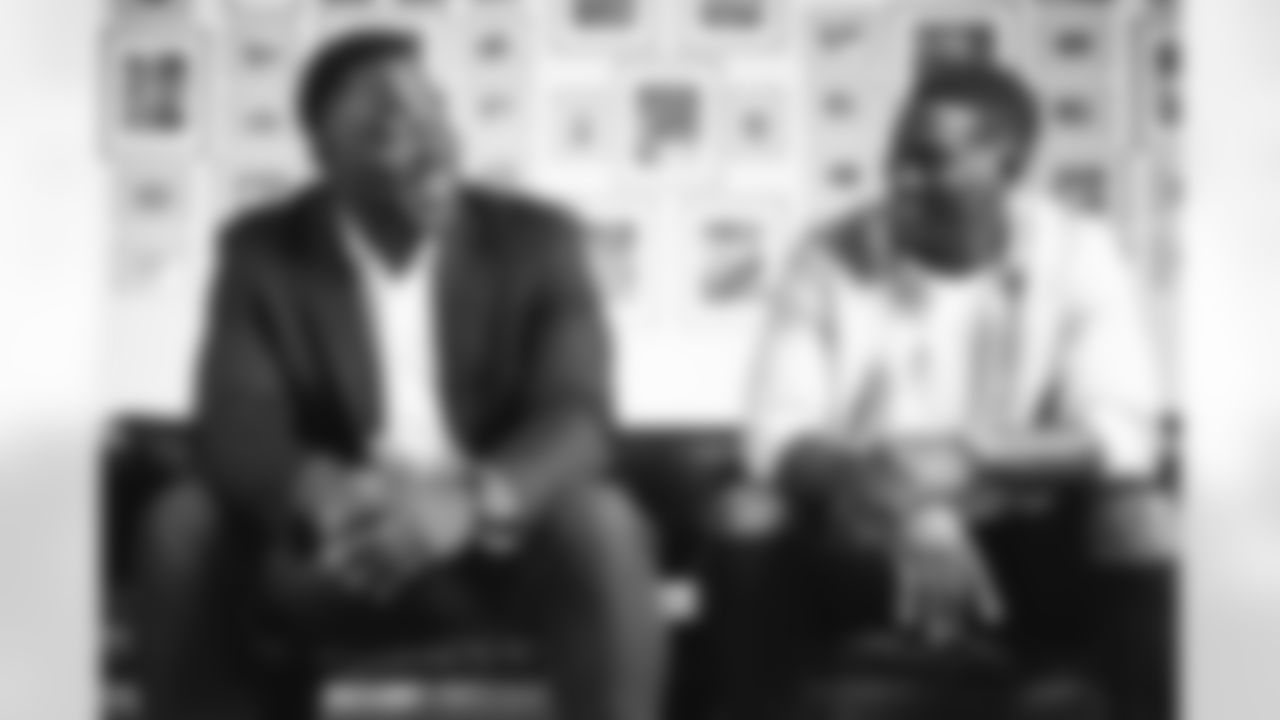
Justin Tuck, Antrel Rolle

Justin Tuck
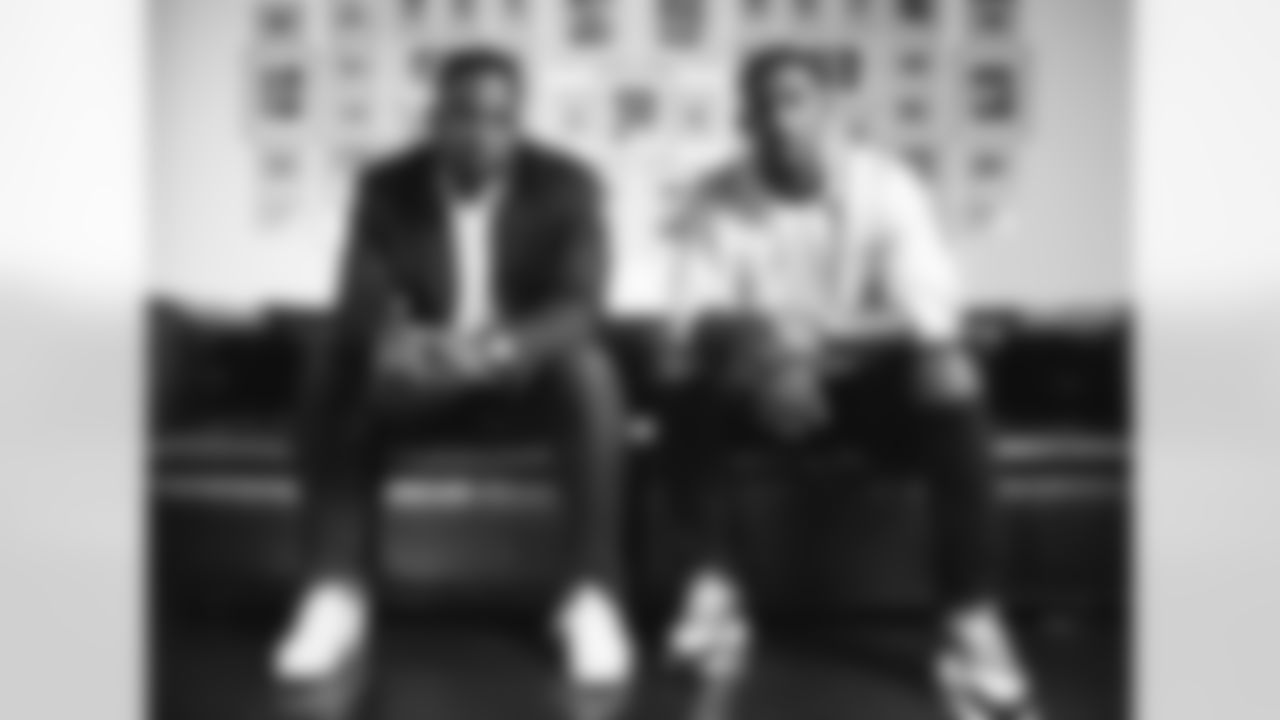
Justin Tuck, Antrel Rolle

Justin Tuck

Antrel Rolle

Antrel Rolle, Justin Tuck

Justin Tuck

Justin Tuck

Justin Tuck

Justin Tuck

Justin Tuck

Antrel Rolle

Antrel Rolle
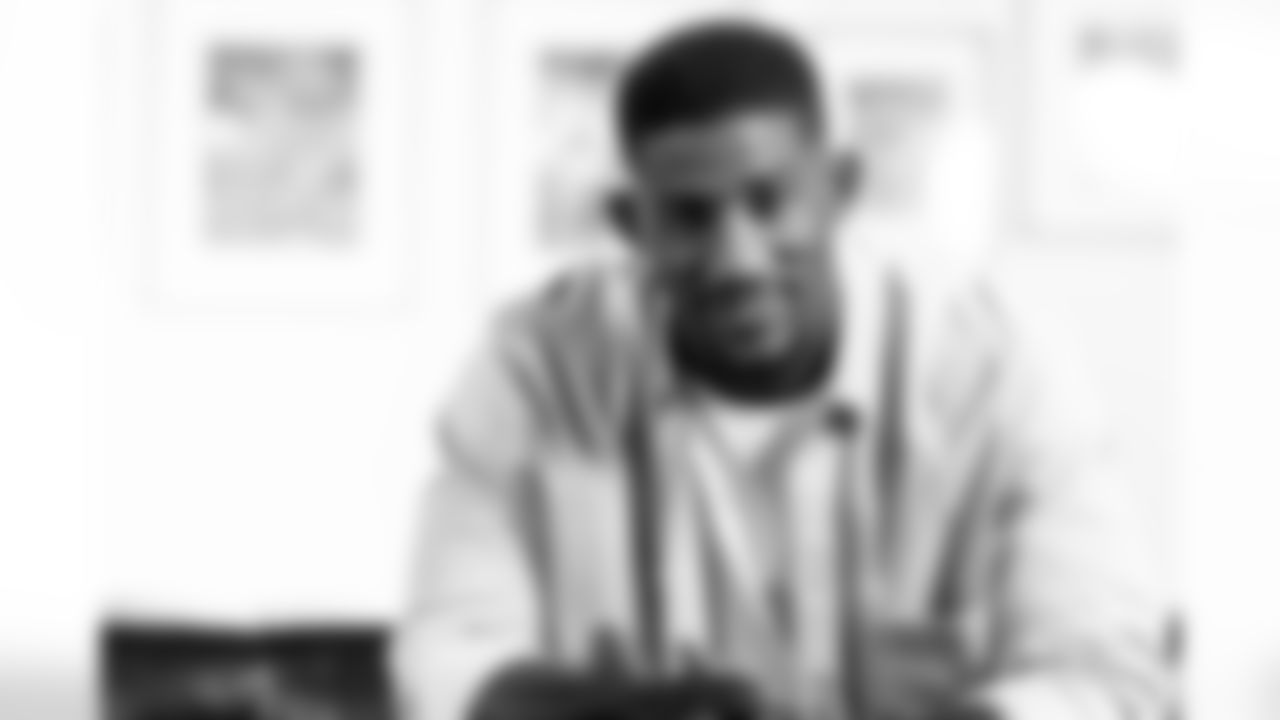
Antrel Rolle

Justin Tuck, Antrel Rolle
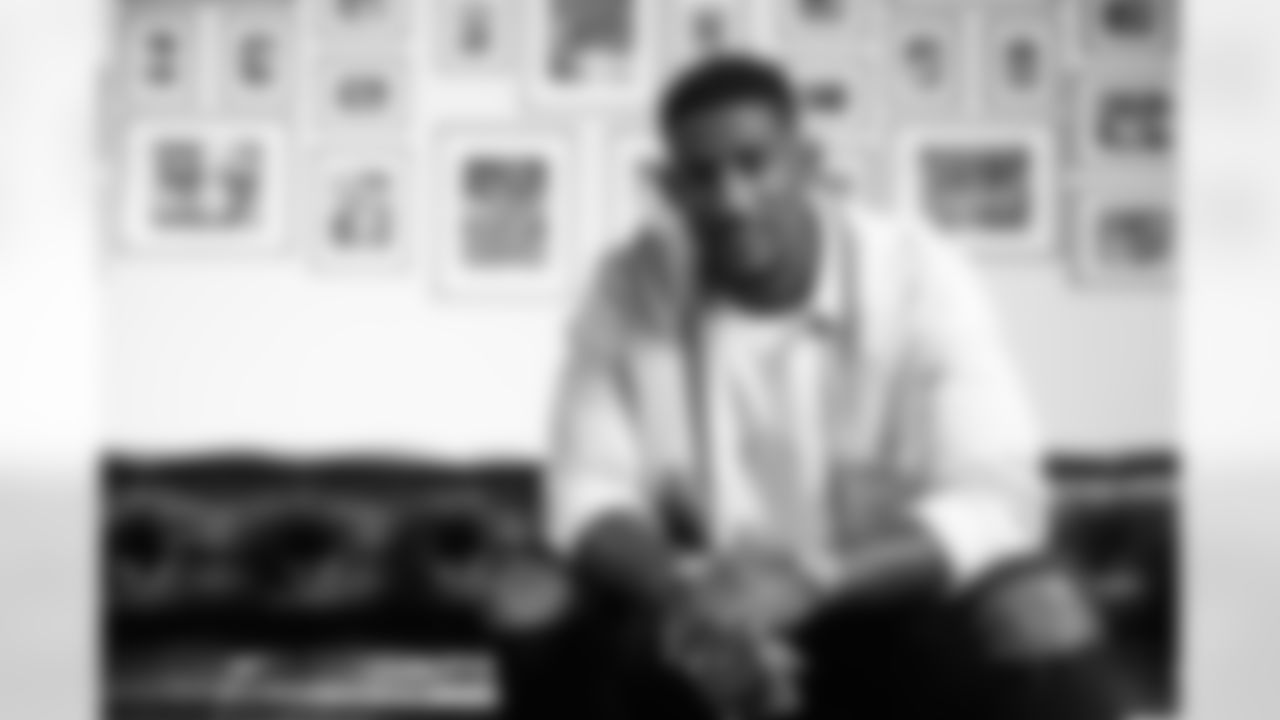
Antrel Rolle

Antrel Rolle
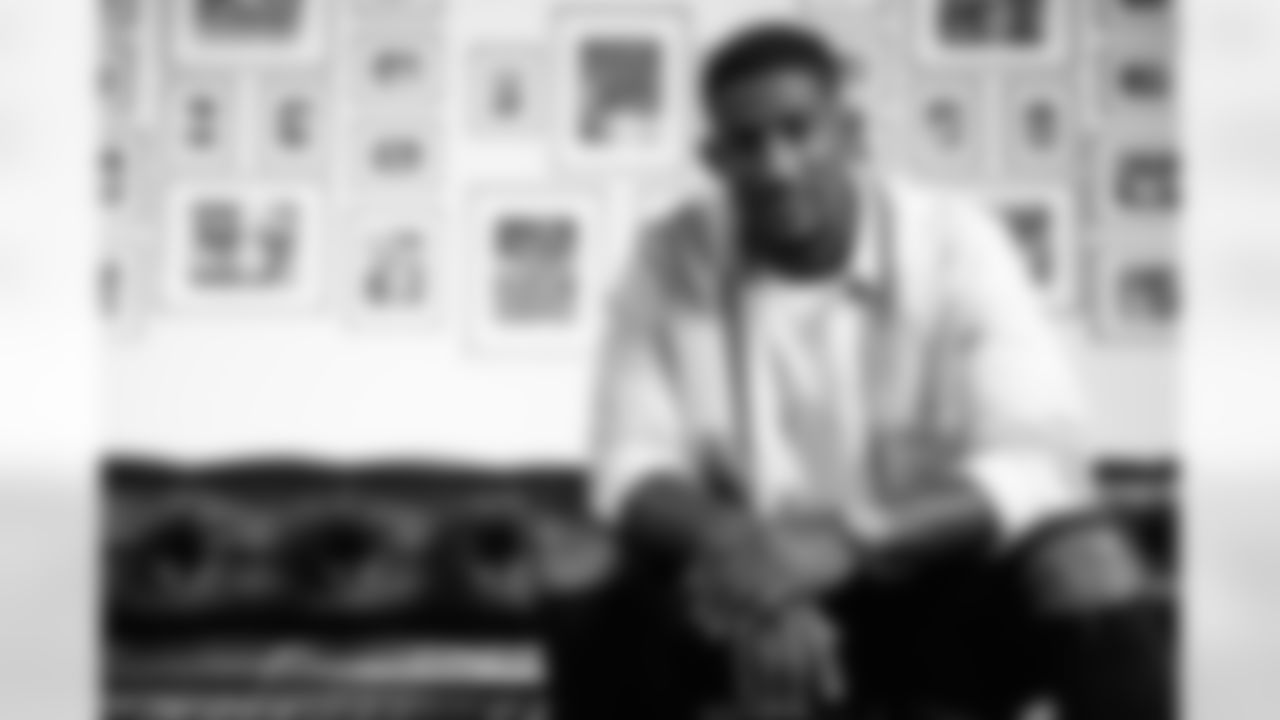
Antrel Rolle
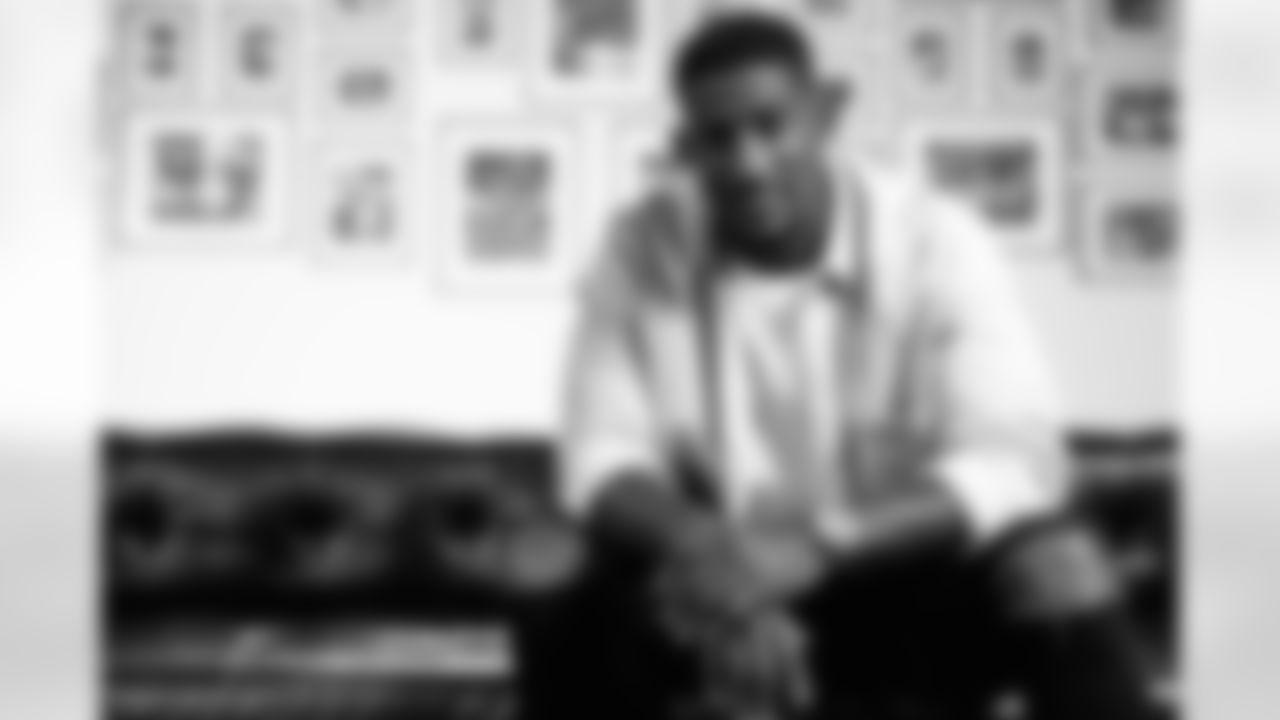
Antrel Rolle
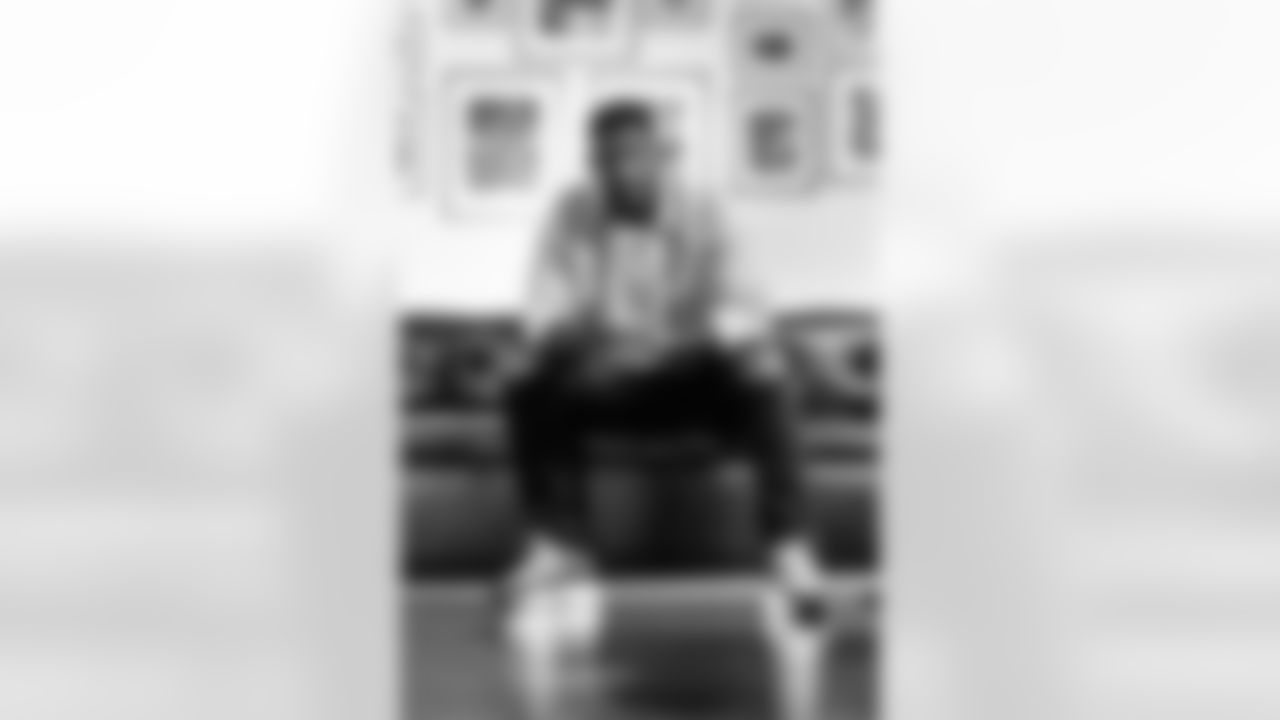
Antrel Rolle

Antrel Rolle

Antrel Rolle

Antrel Rolle
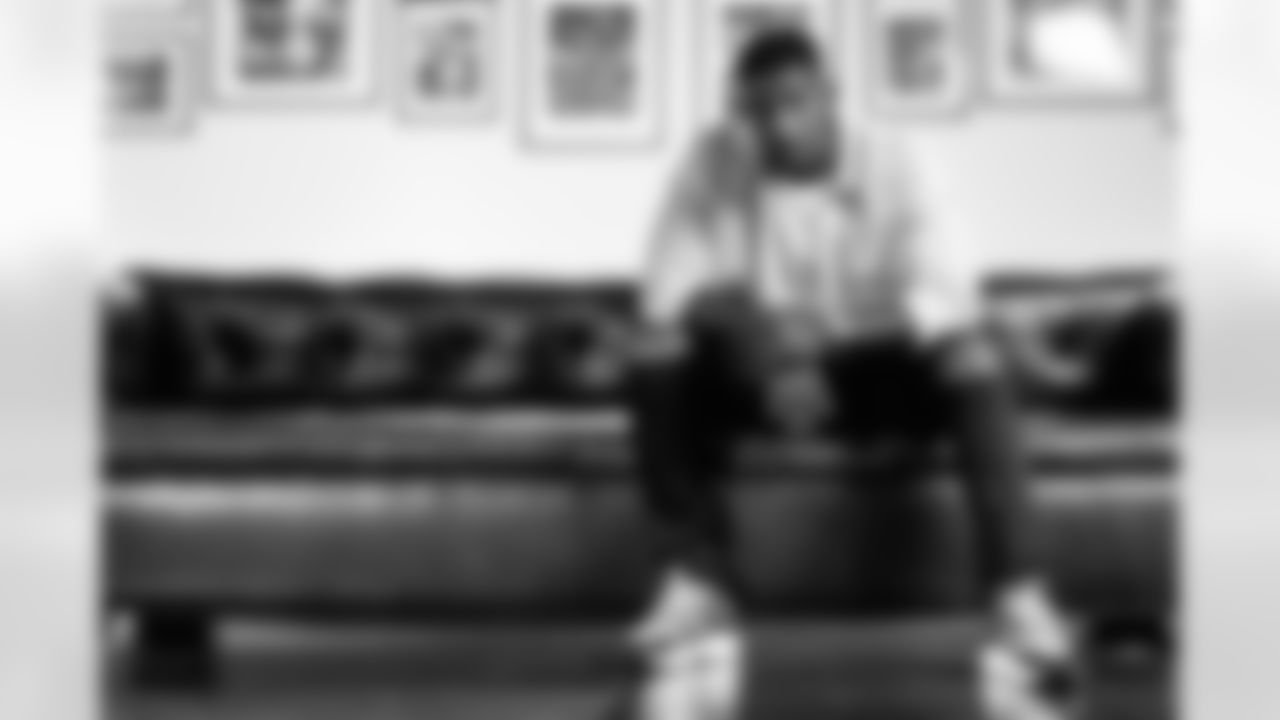
Antrel Rolle

Antrel Rolle
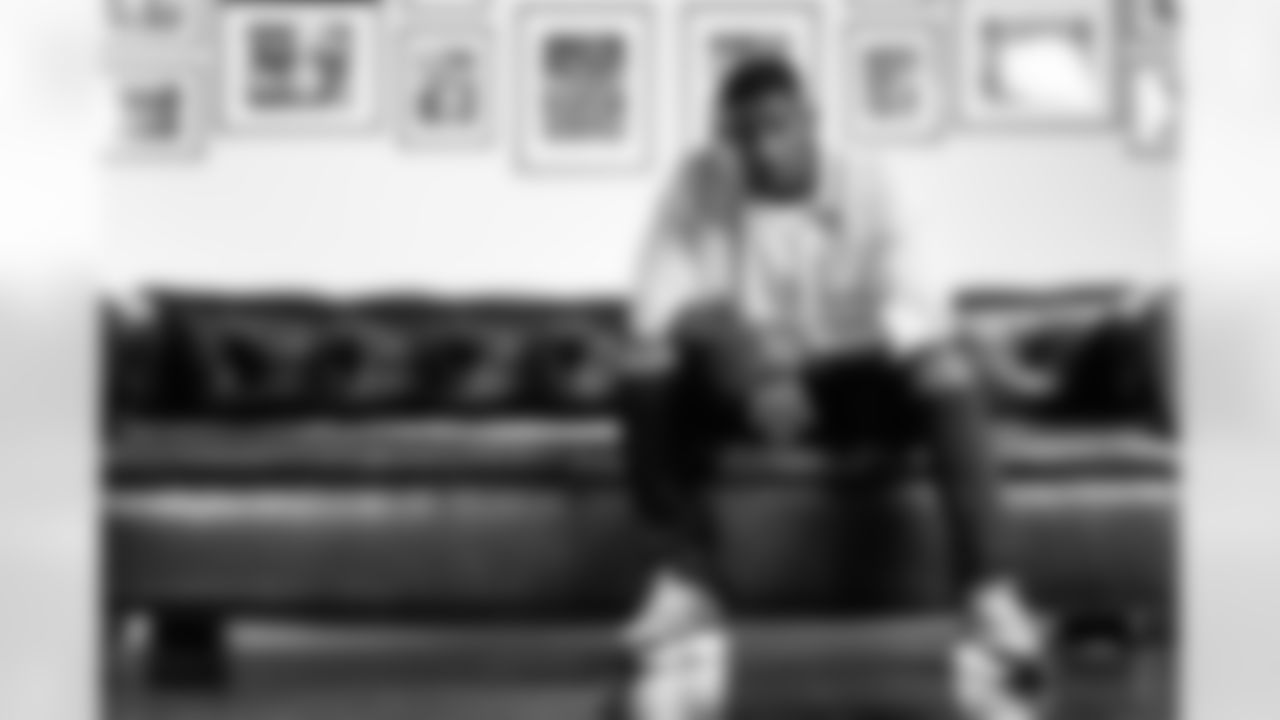
Antrel Rolle

Antrel Rolle
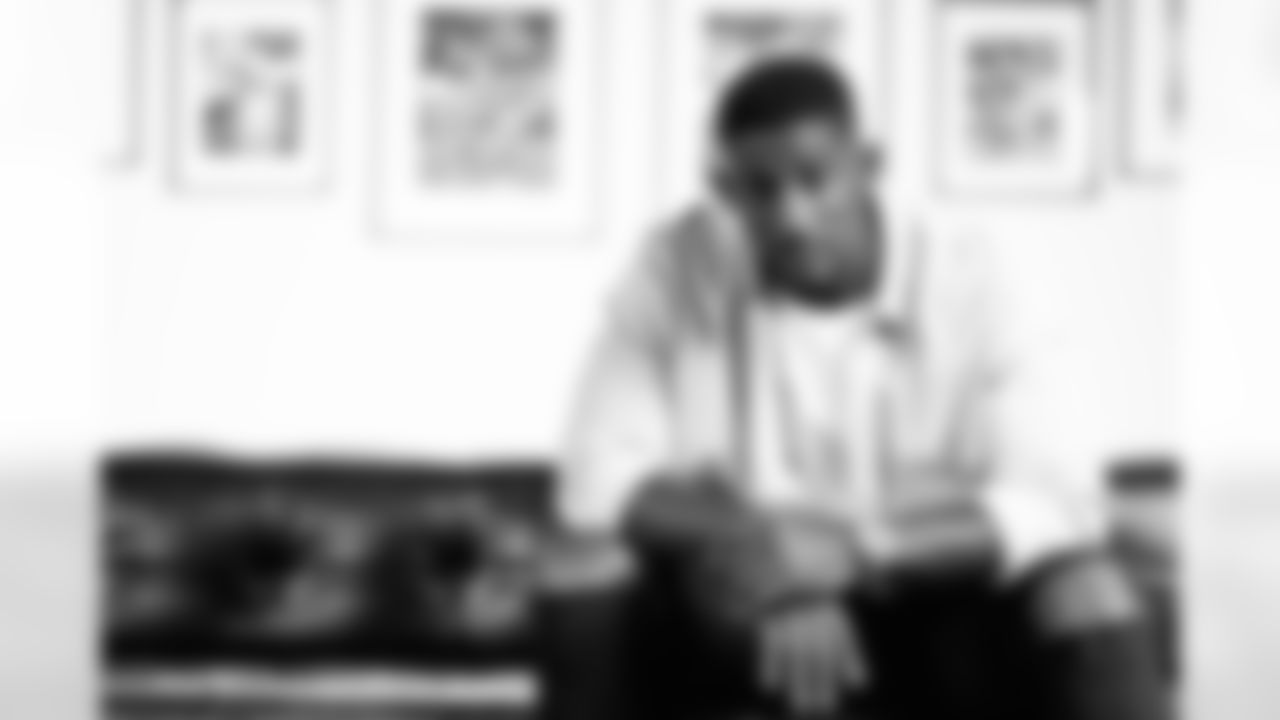
Antrel Rolle

Antrel Rolle

Antrel Rolle

Antrel Rolle
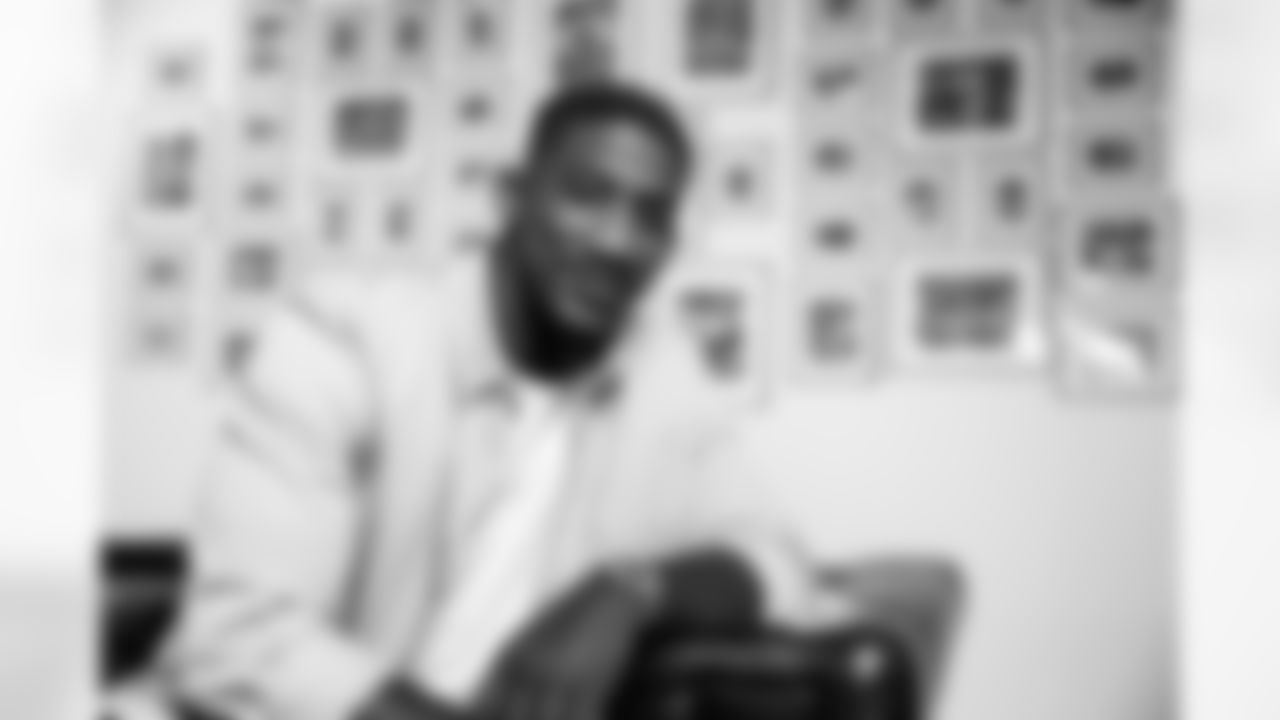
Antrel Rolle

Antrel Rolle
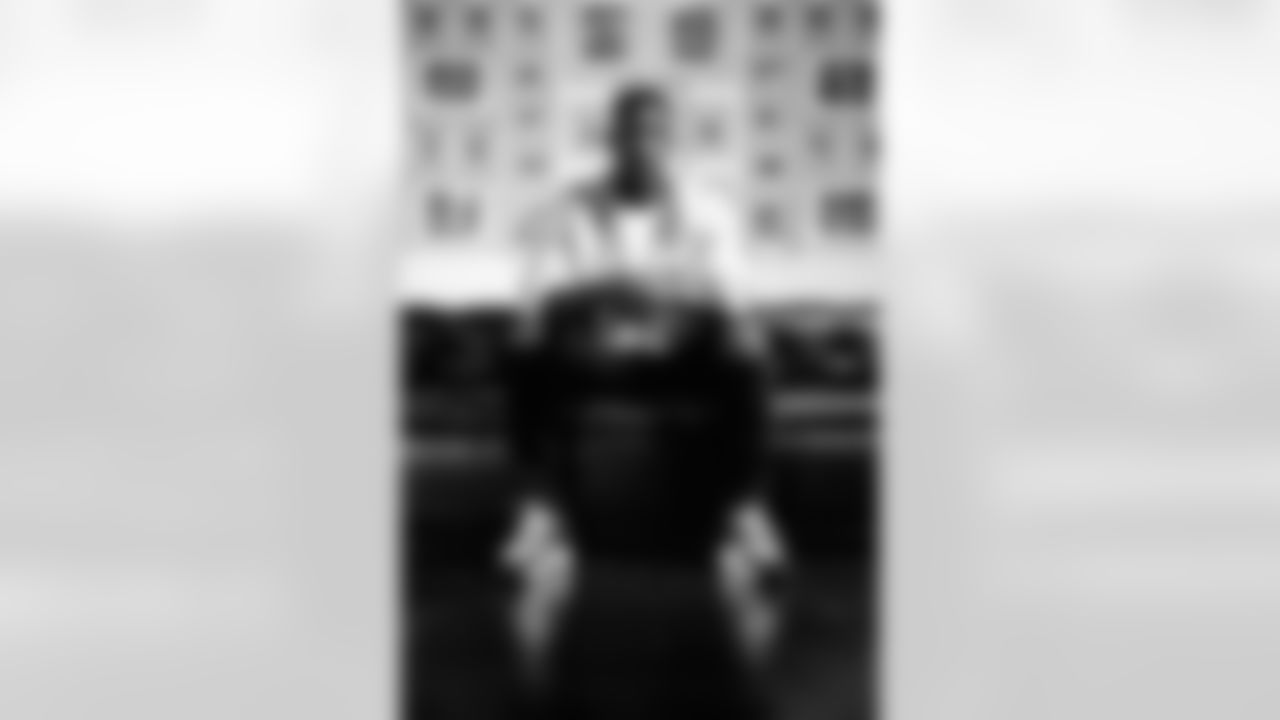
Antrel Rolle
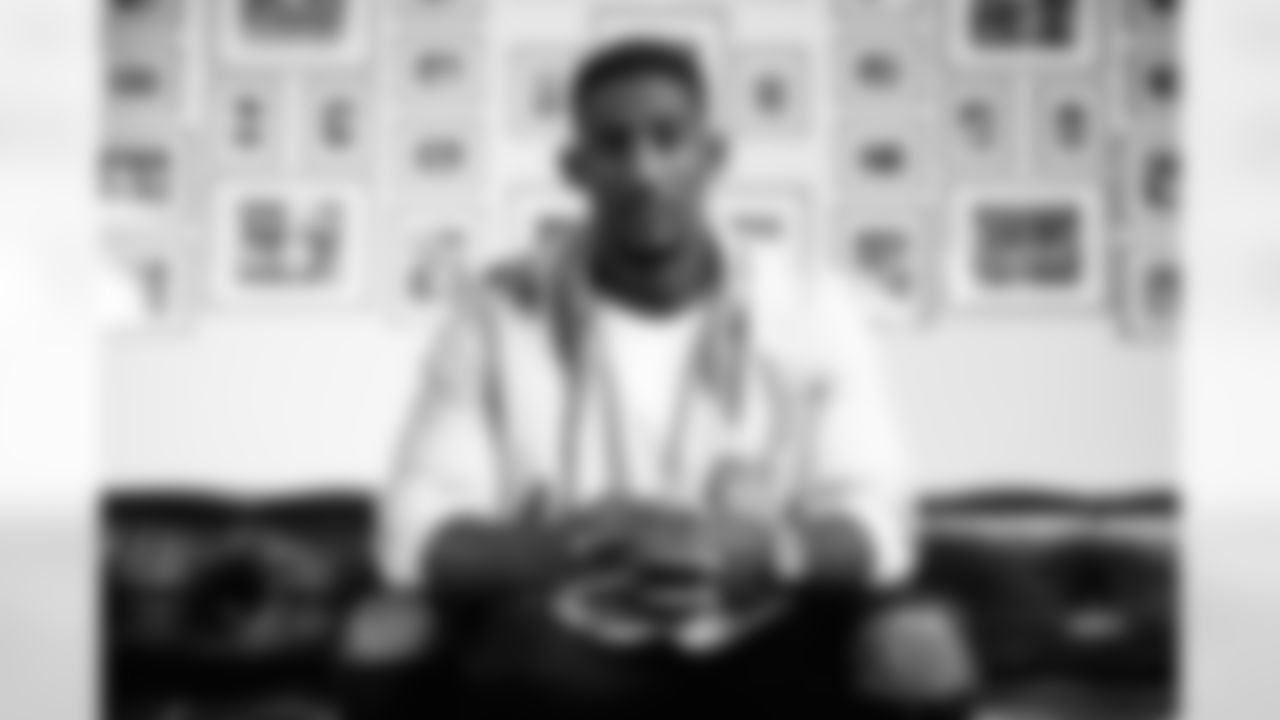
Antrel Rolle

Antrel Rolle

Antrel Rolle
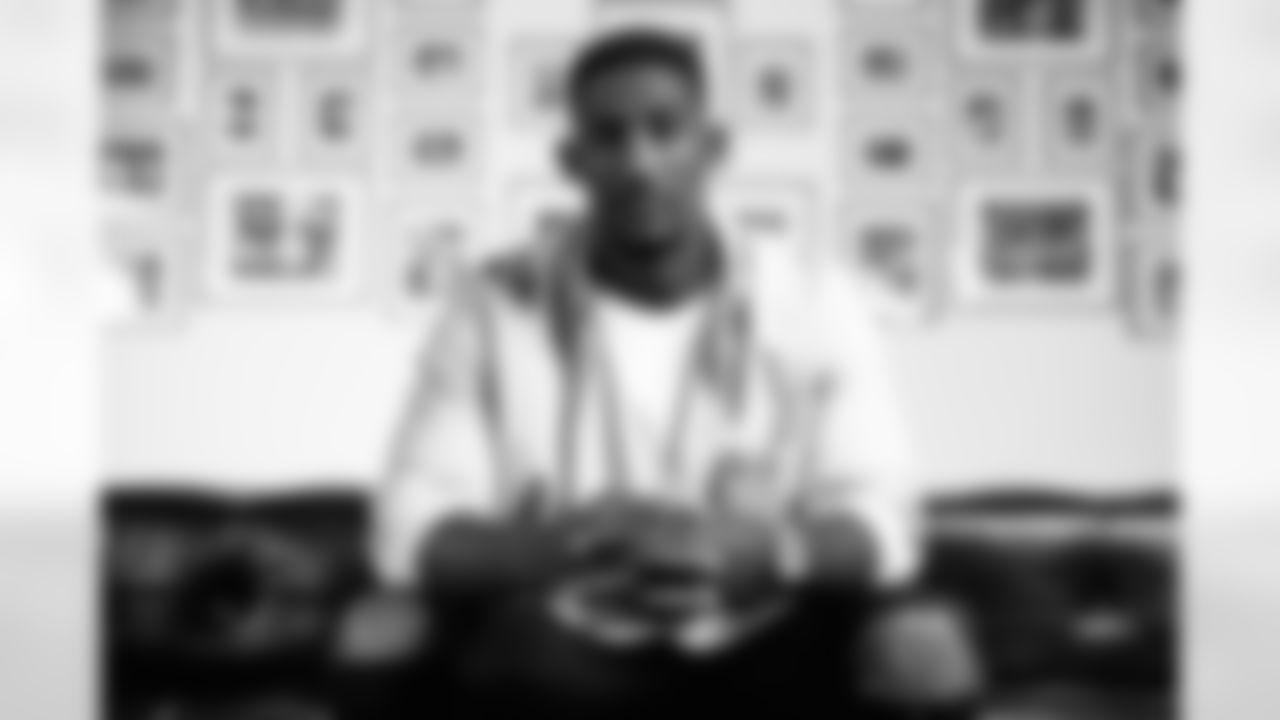
Antrel Rolle
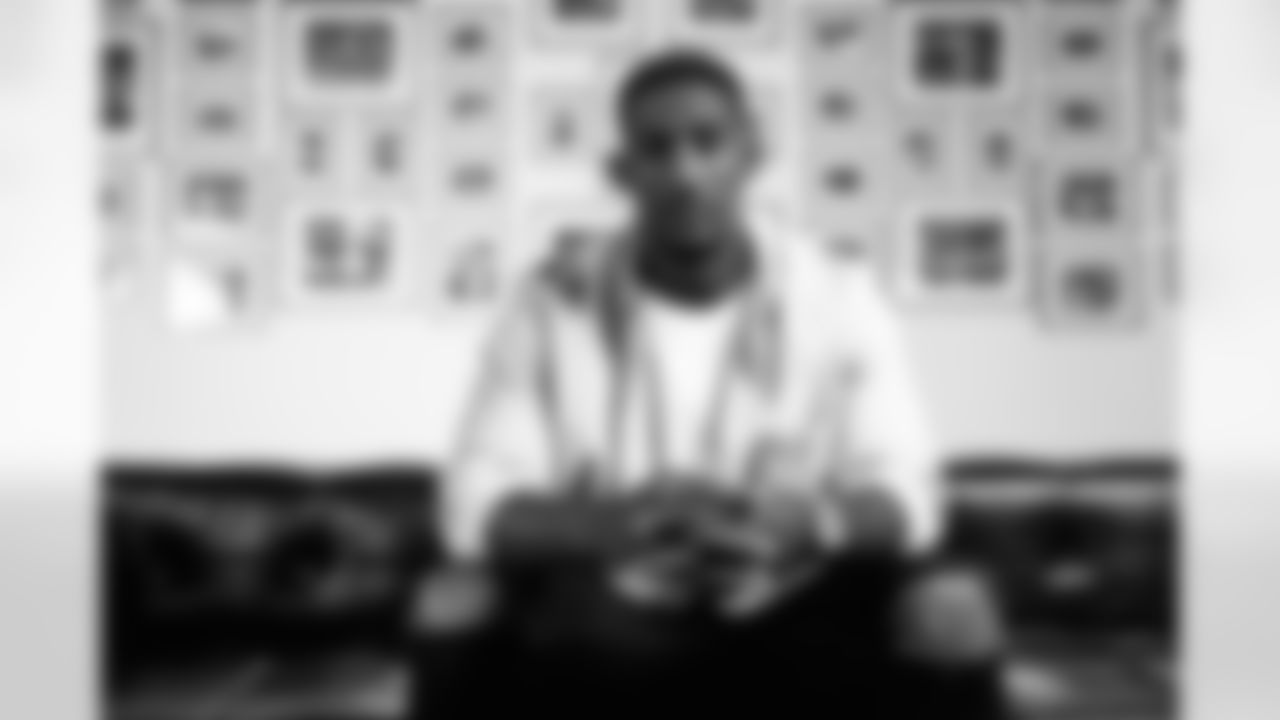
Antrel Rolle

Antrel Rolle
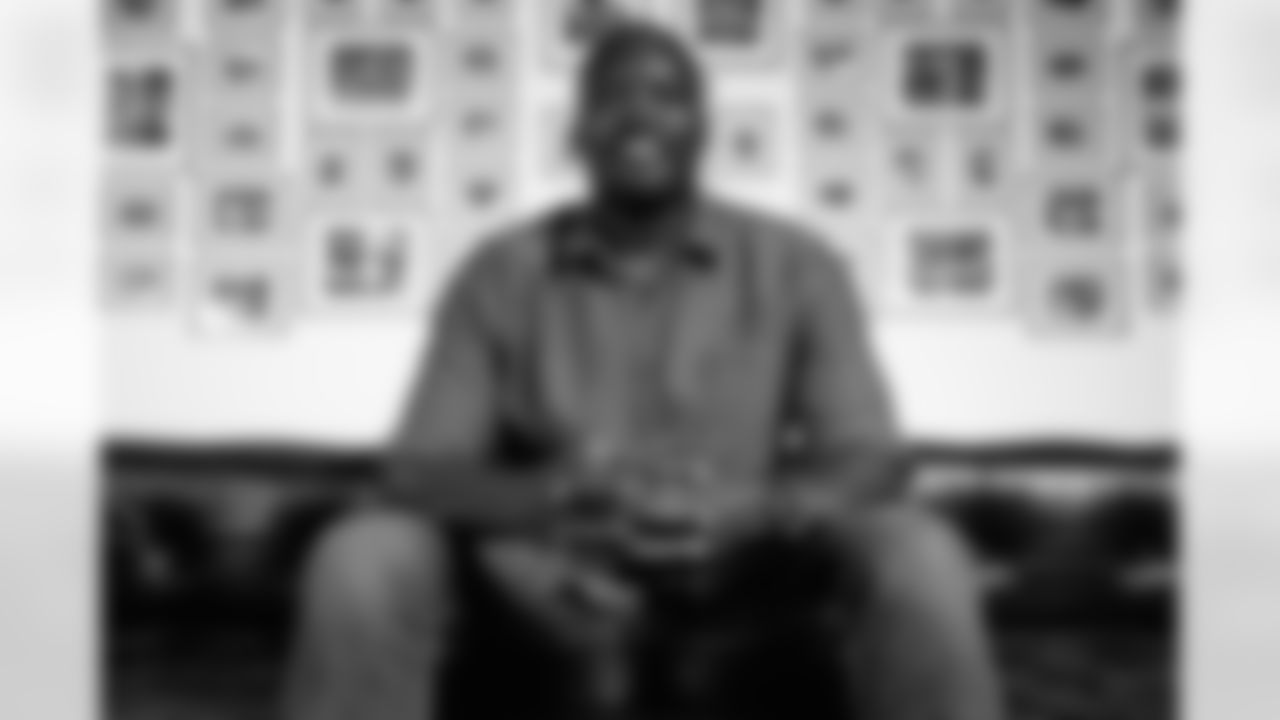

Antrel Rolle
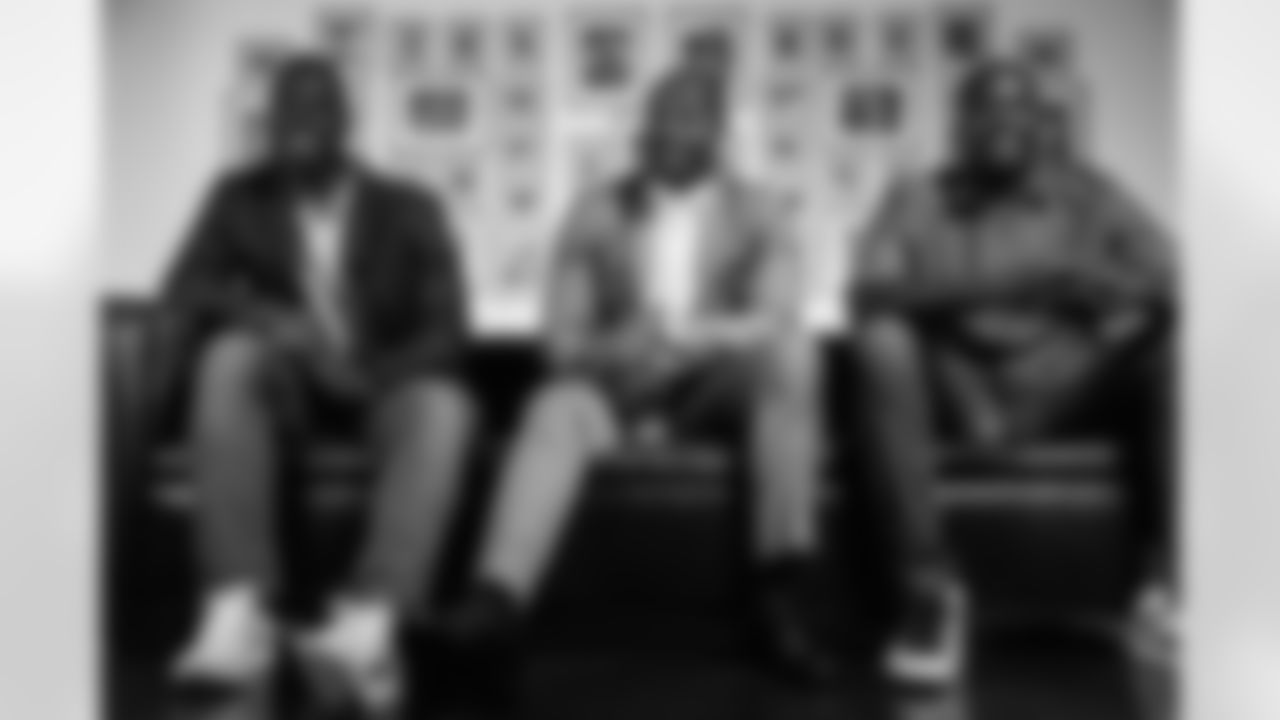

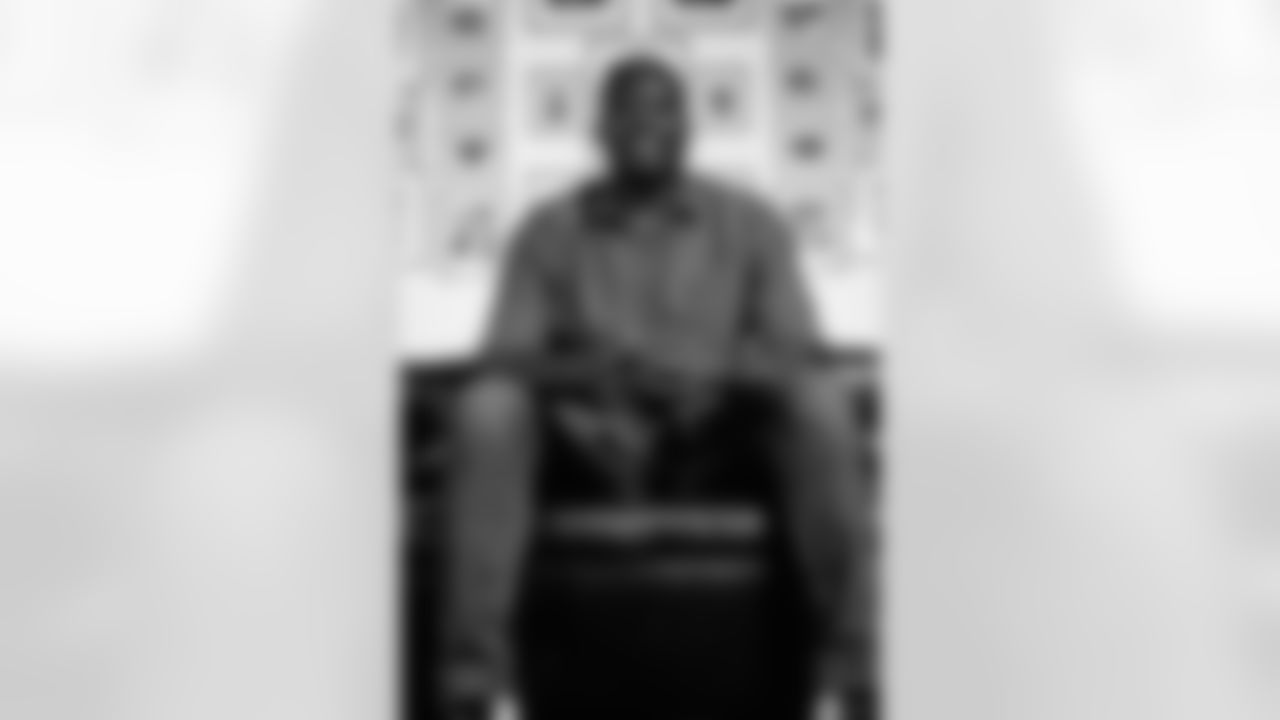
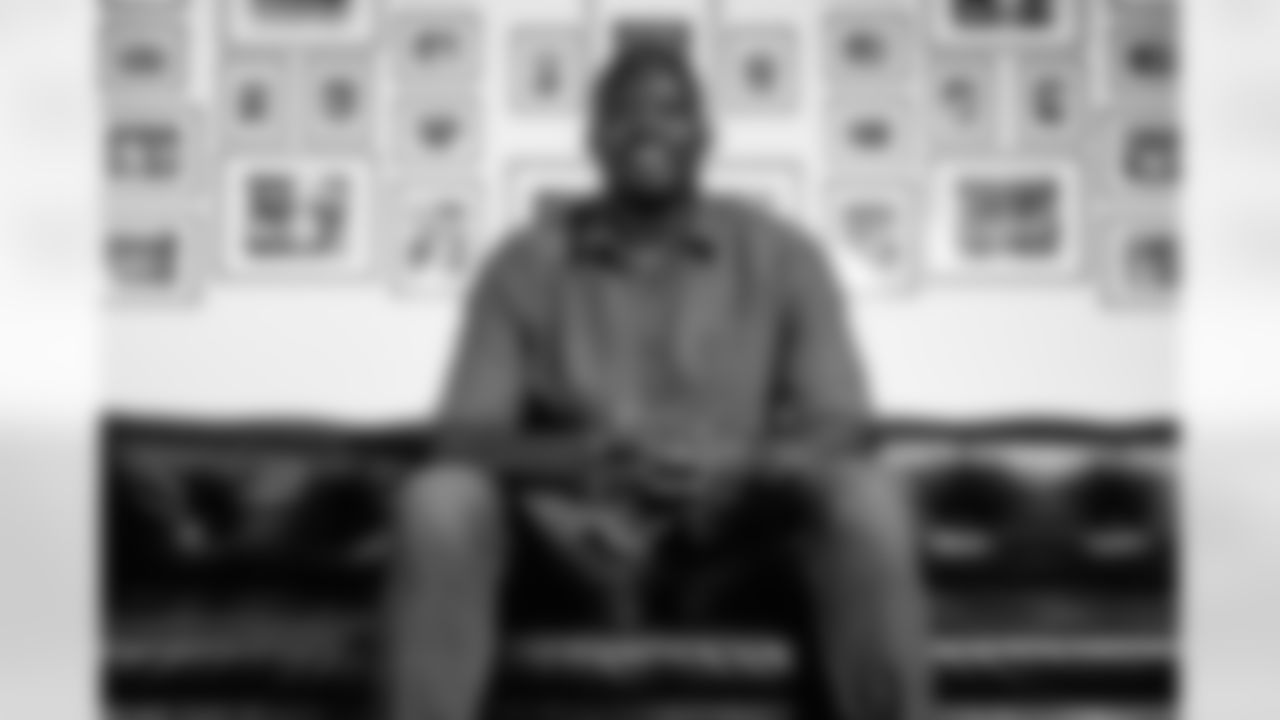
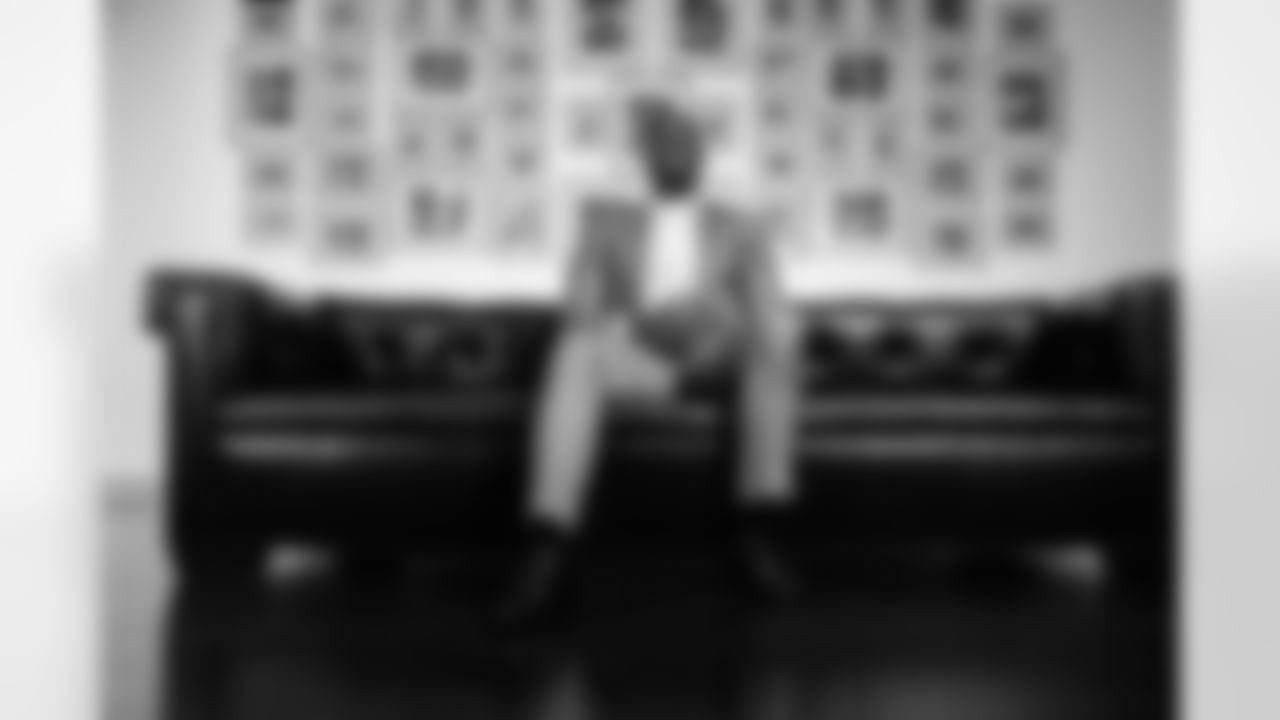
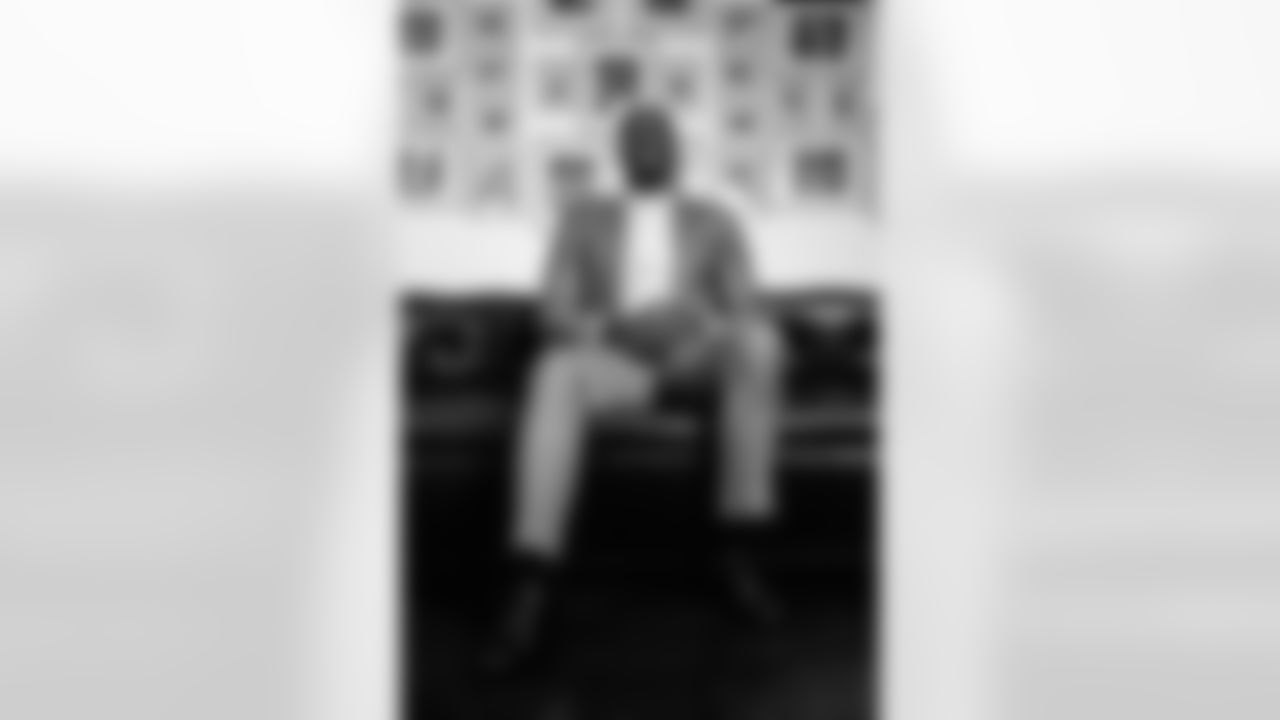
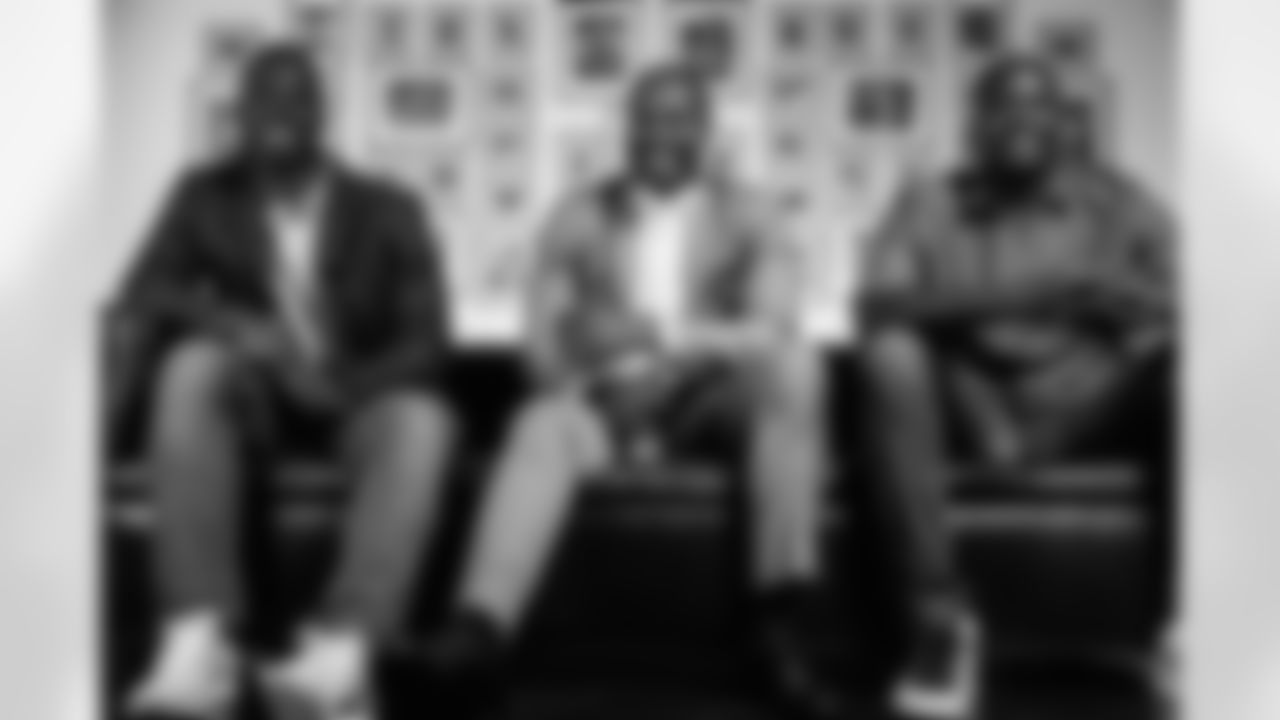
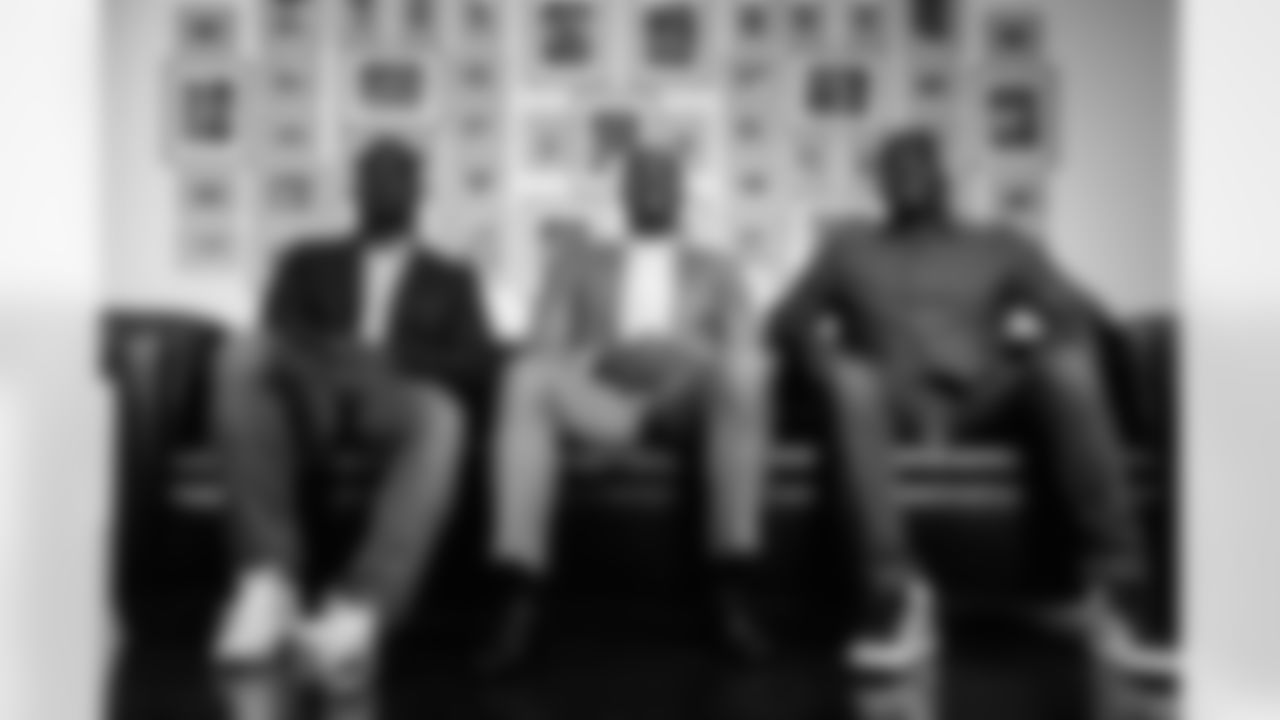
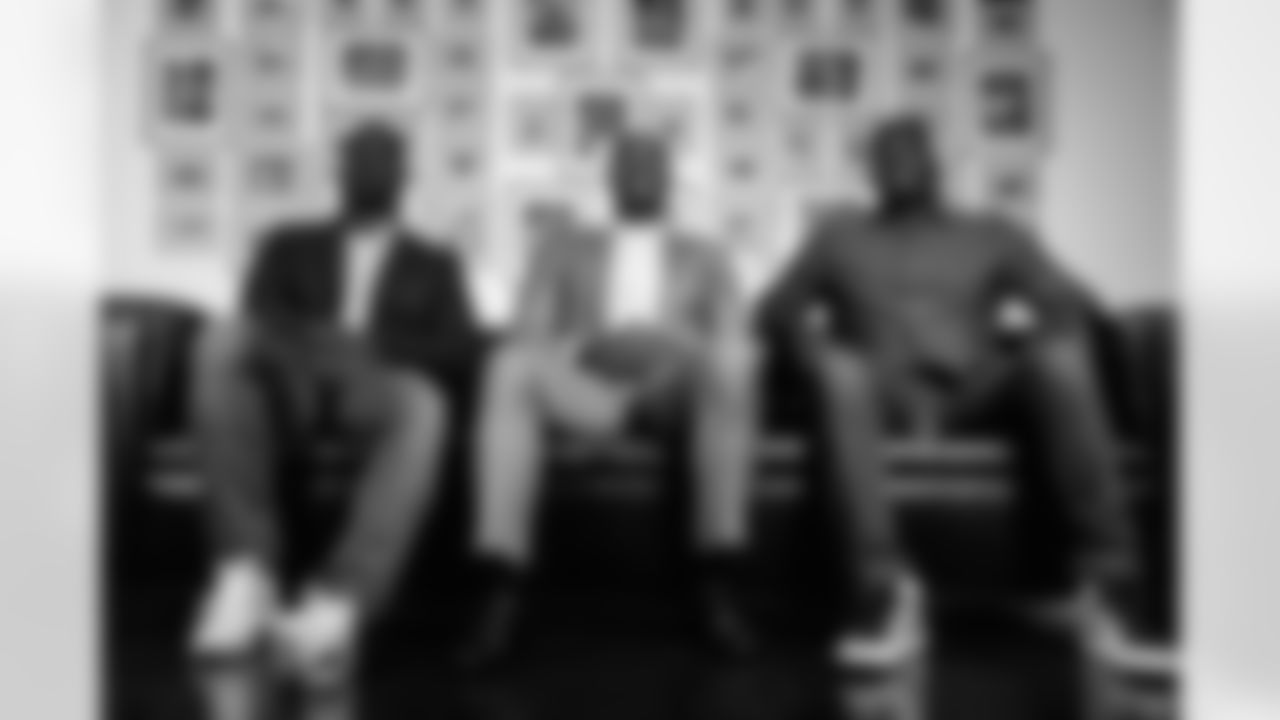
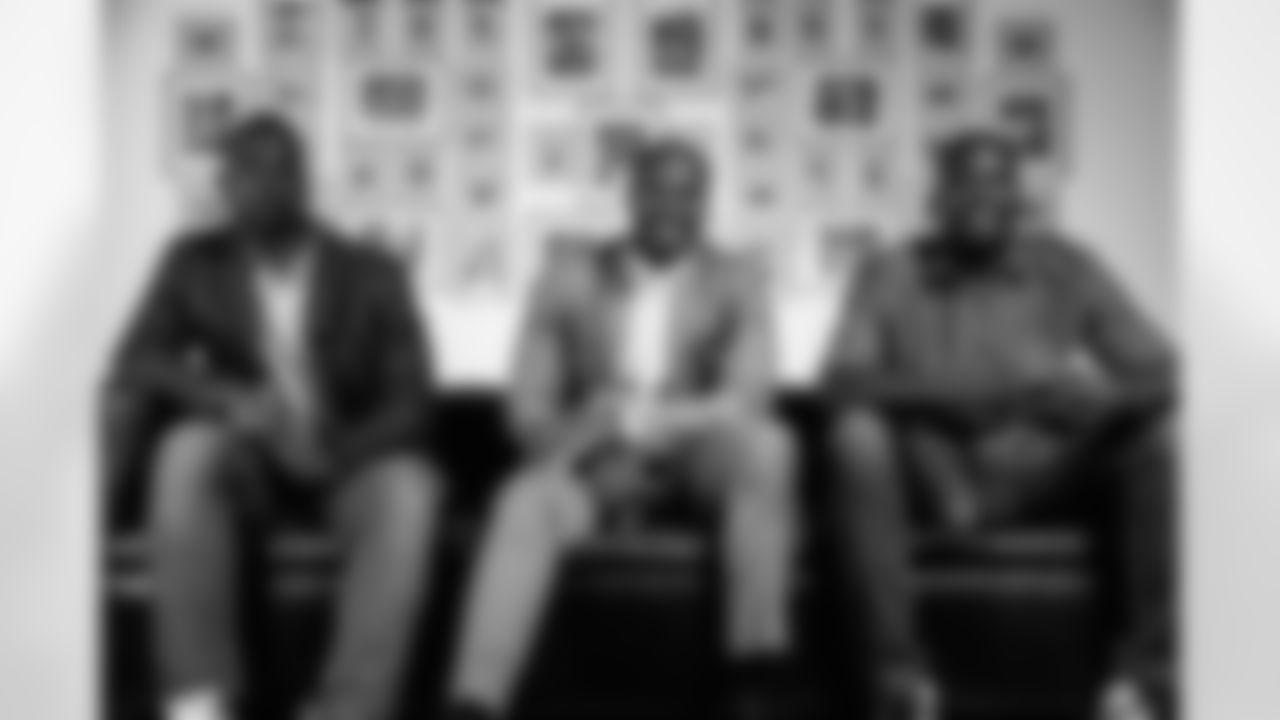
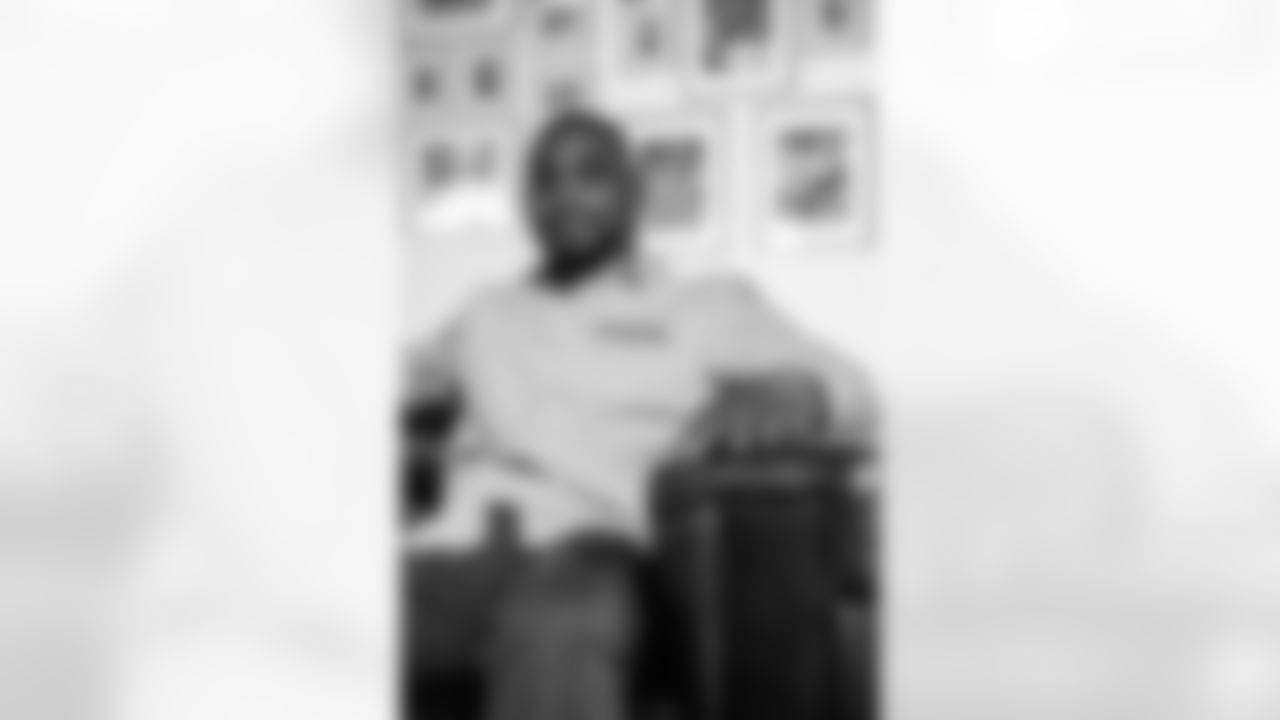
Ahmad Bradshaw

Ahmad Bradshaw
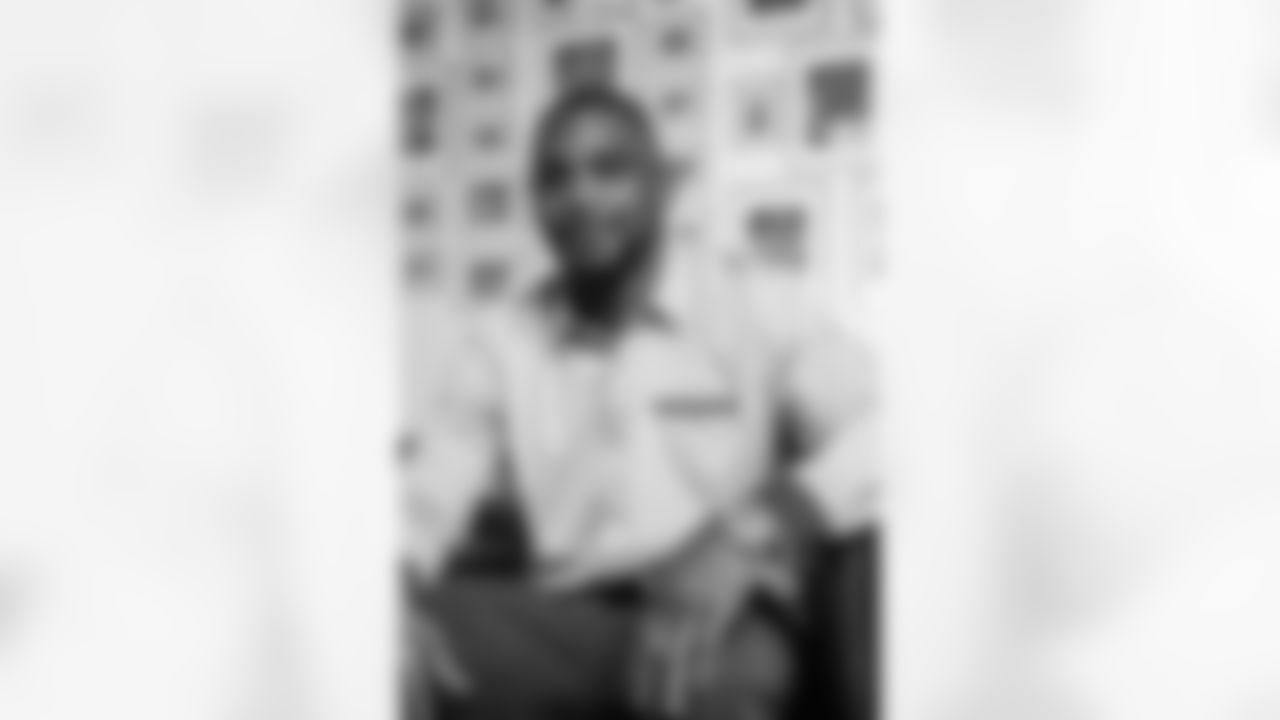
Ahmad Bradshaw
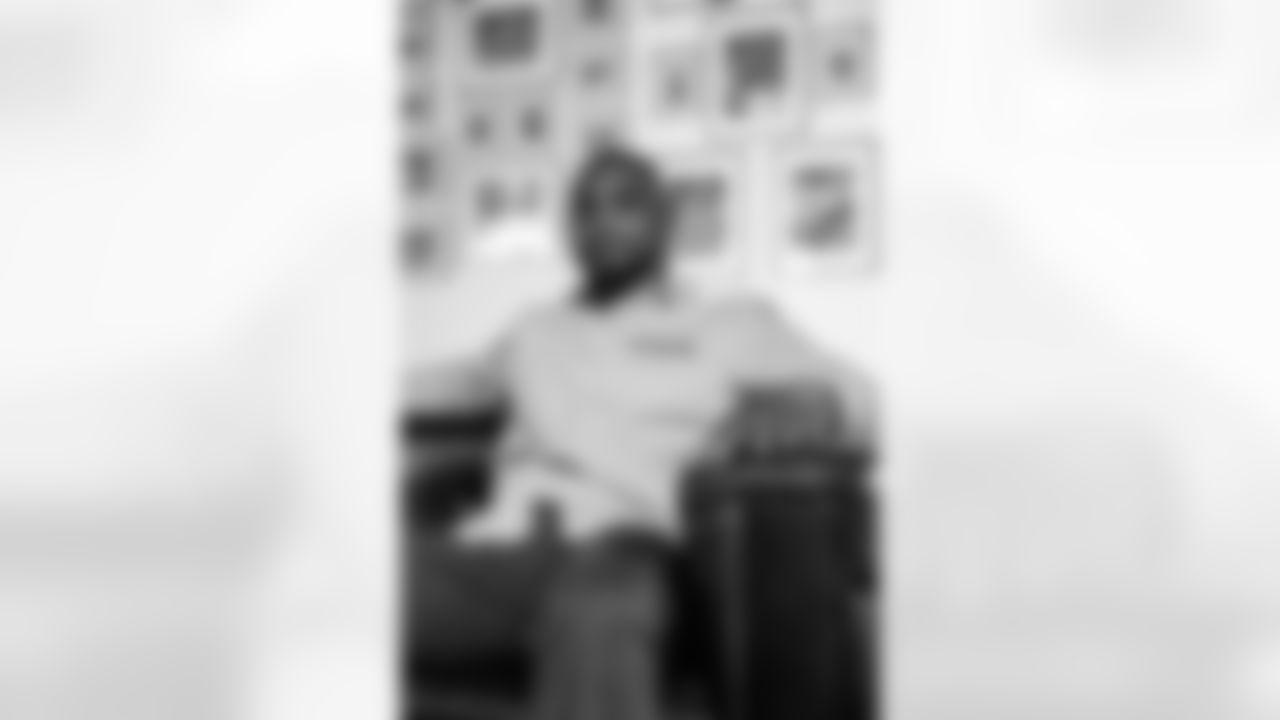
Ahmad Bradshaw
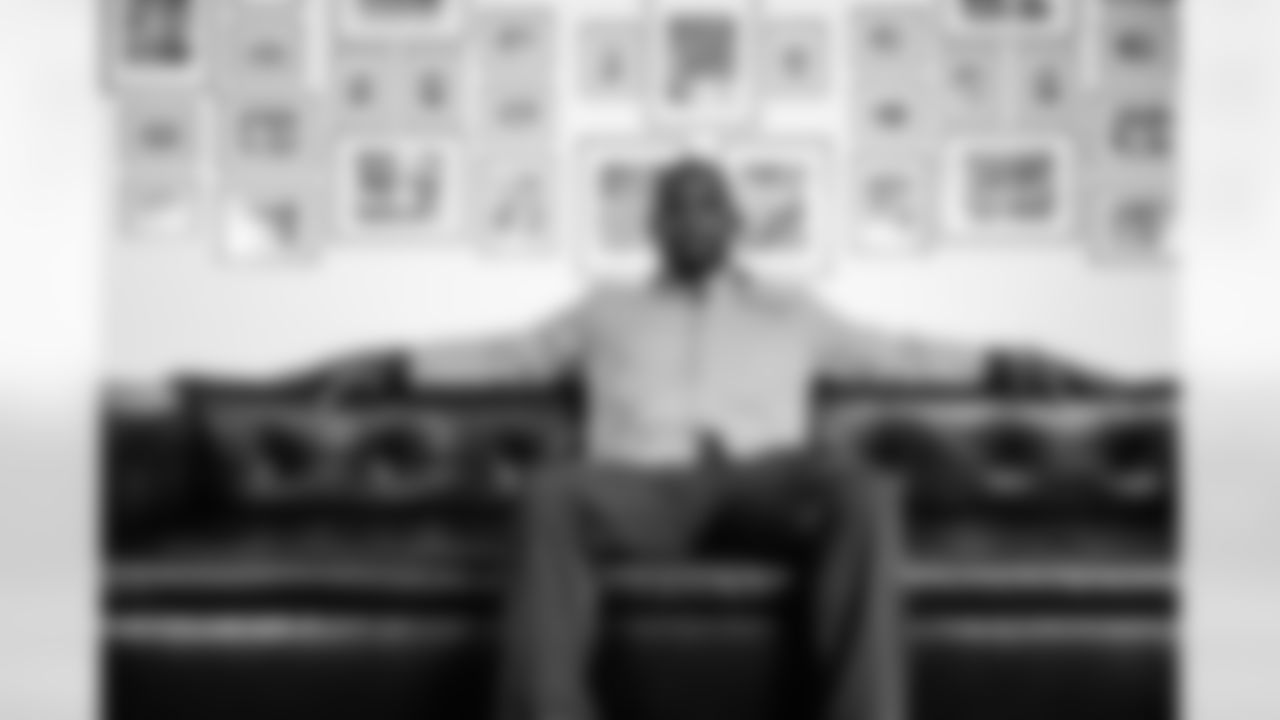
Ahmad Bradshaw

Ahmad Bradshaw

Brandon Jacobs
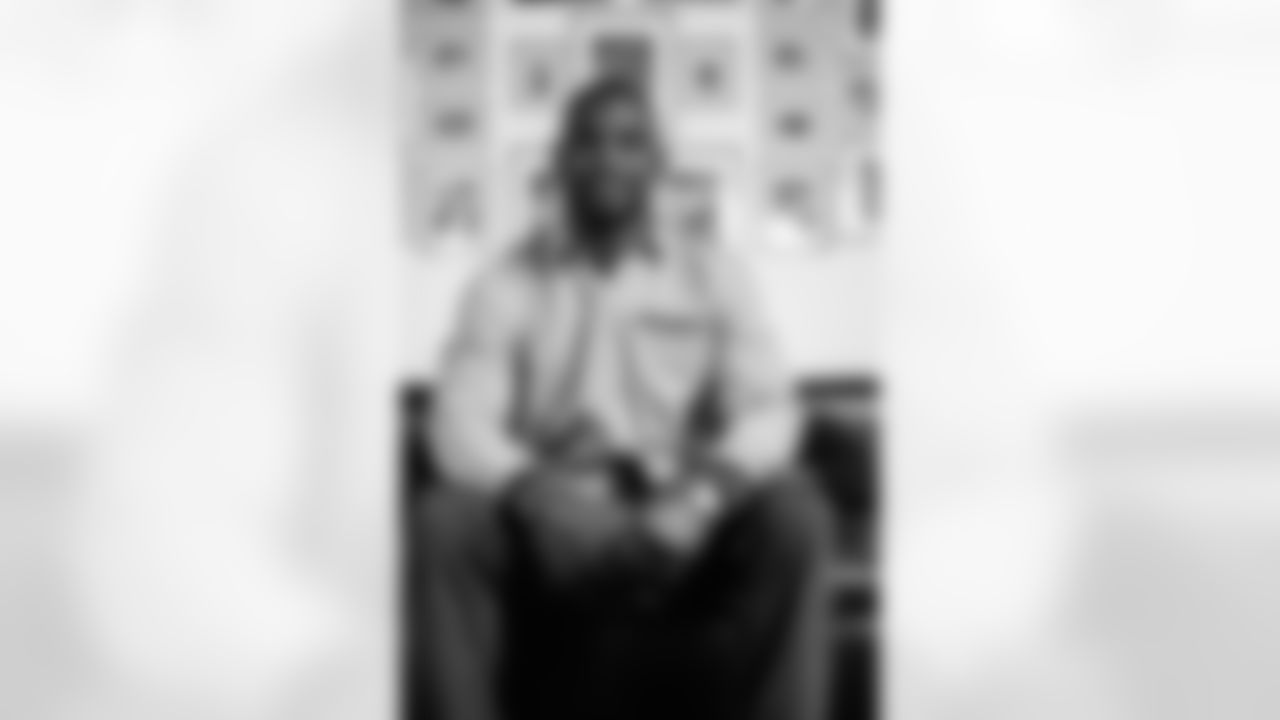
Ahmad Bradshaw
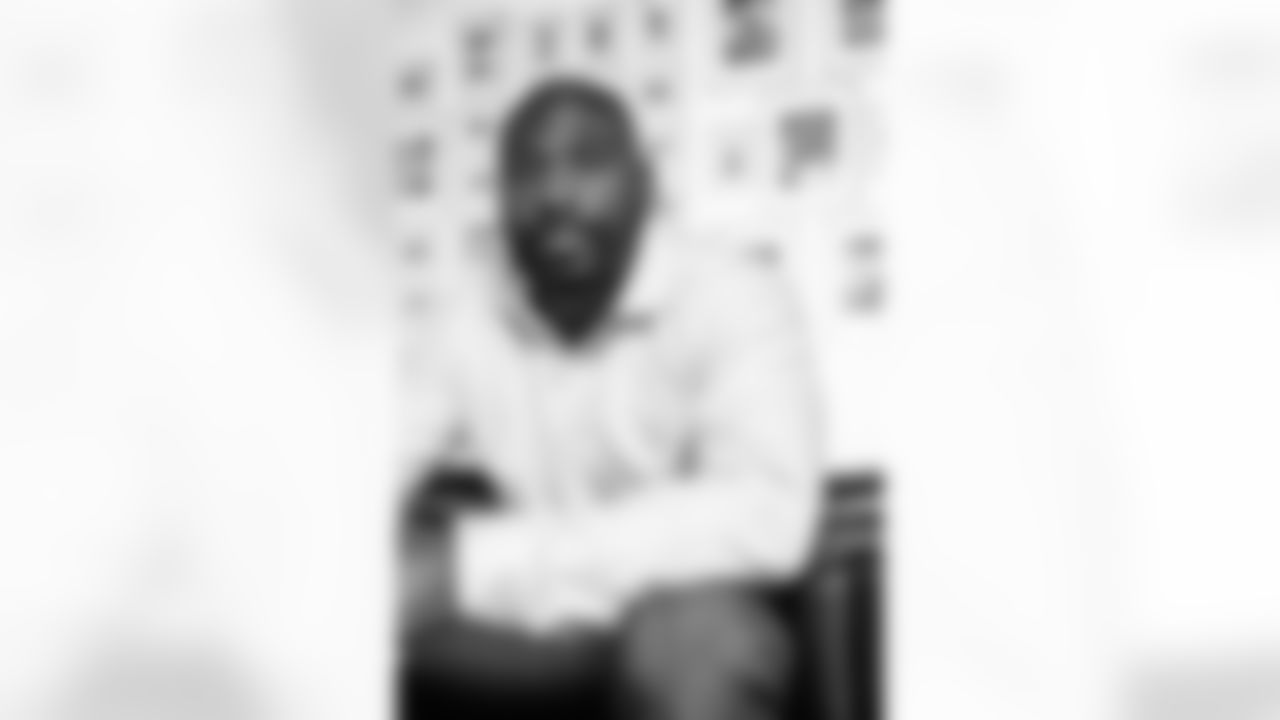
Brandon Jacobs
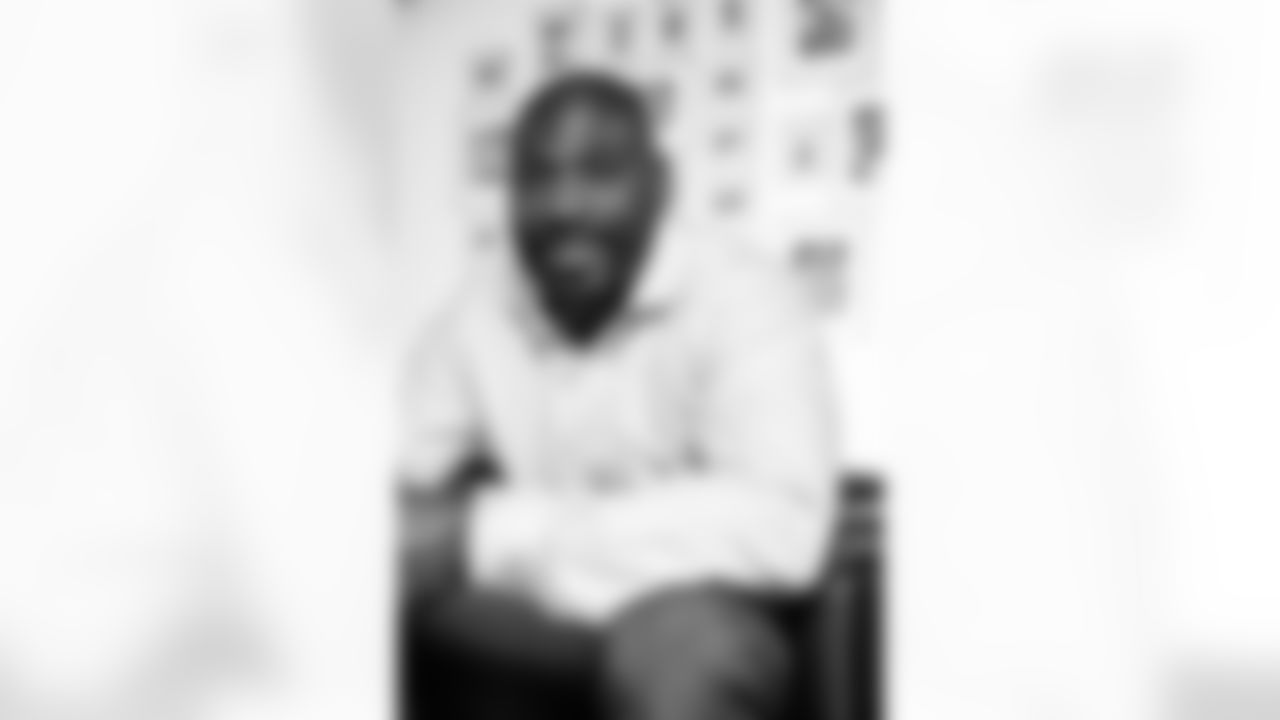
Brandon Jacobs

Brandon Jacobs

Ahmad Bradshaw

Brandon Jacobs
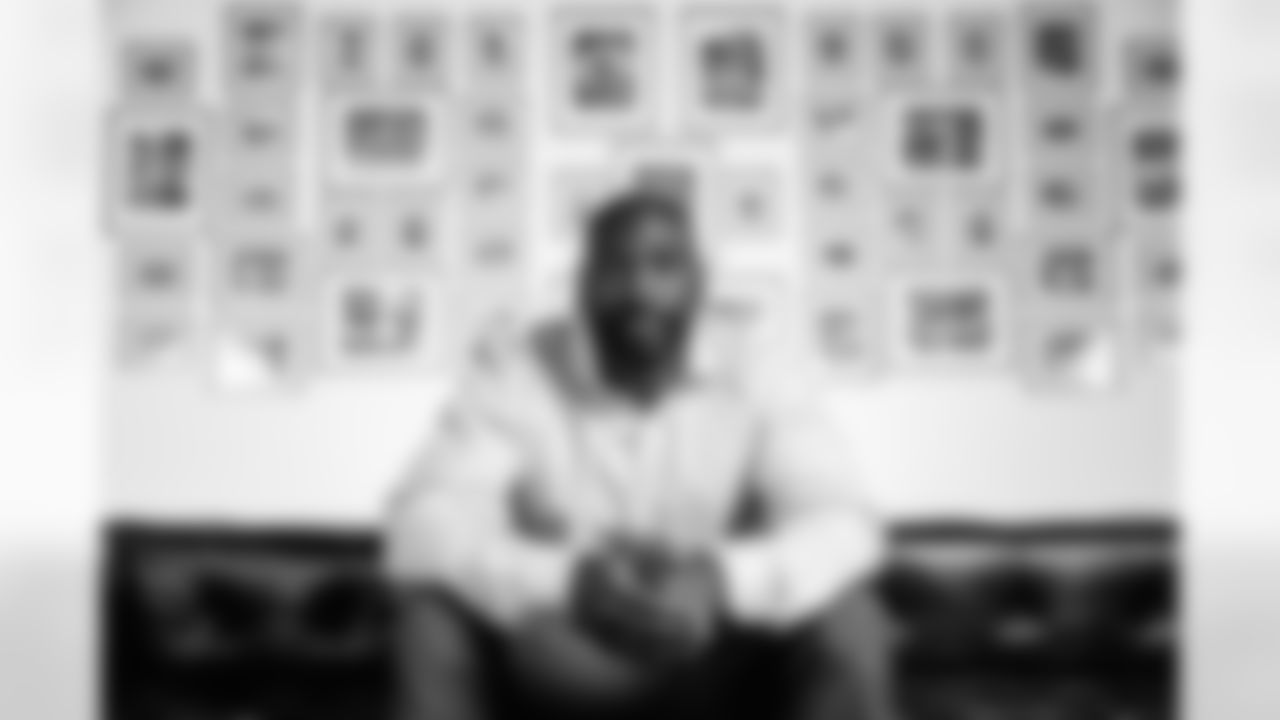
Brandon Jacobs
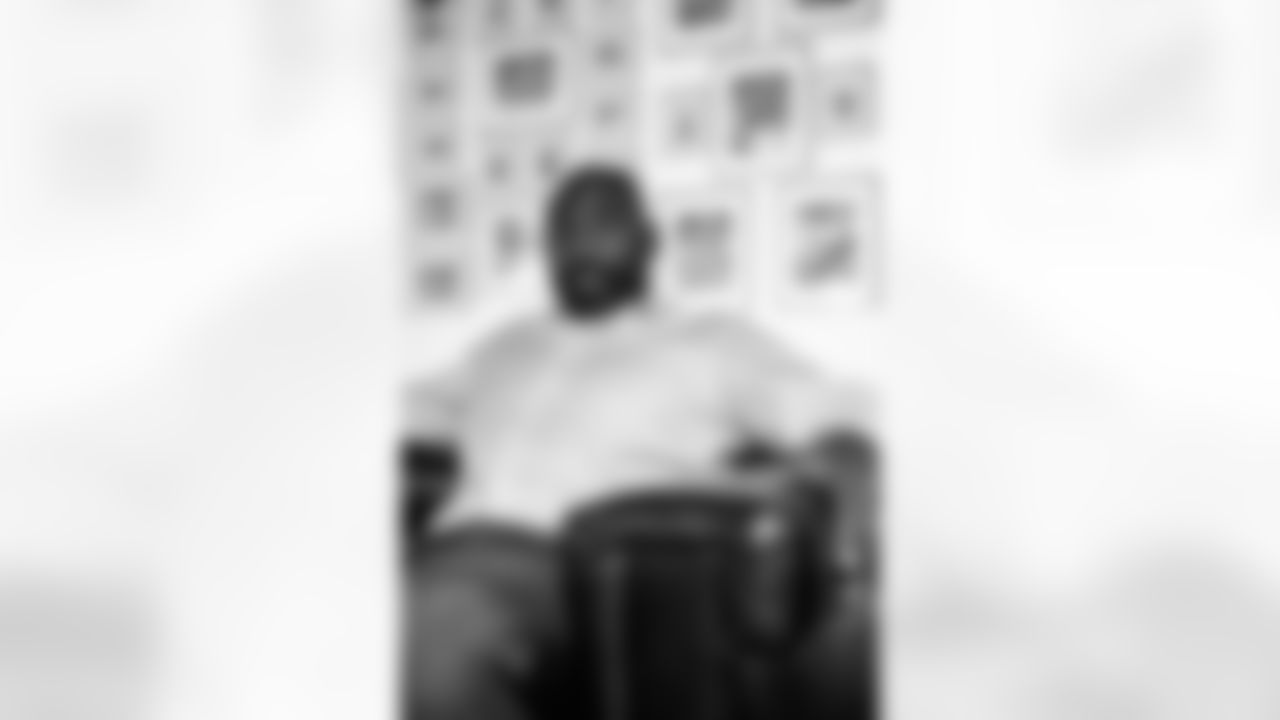
Brandon Jacobs

Ahmad Bradshaw, Brandon Jacobs
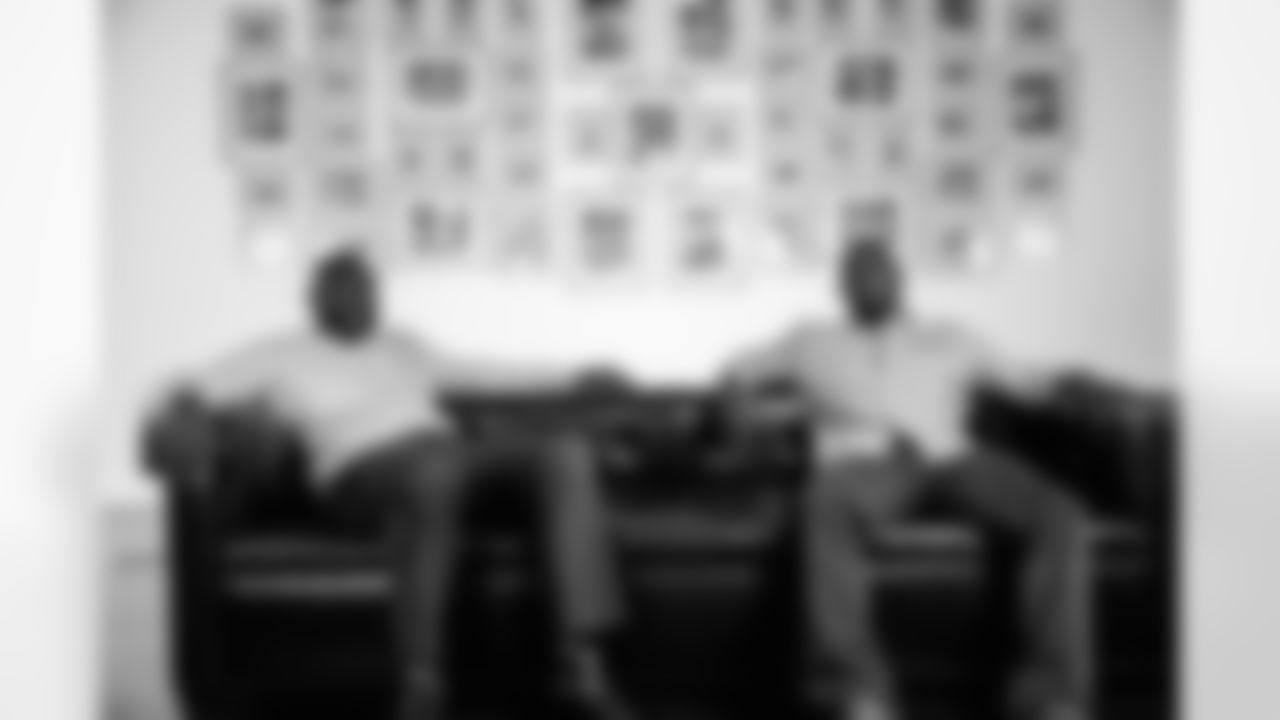
Ahmad Bradshaw, Brandon Jacobs
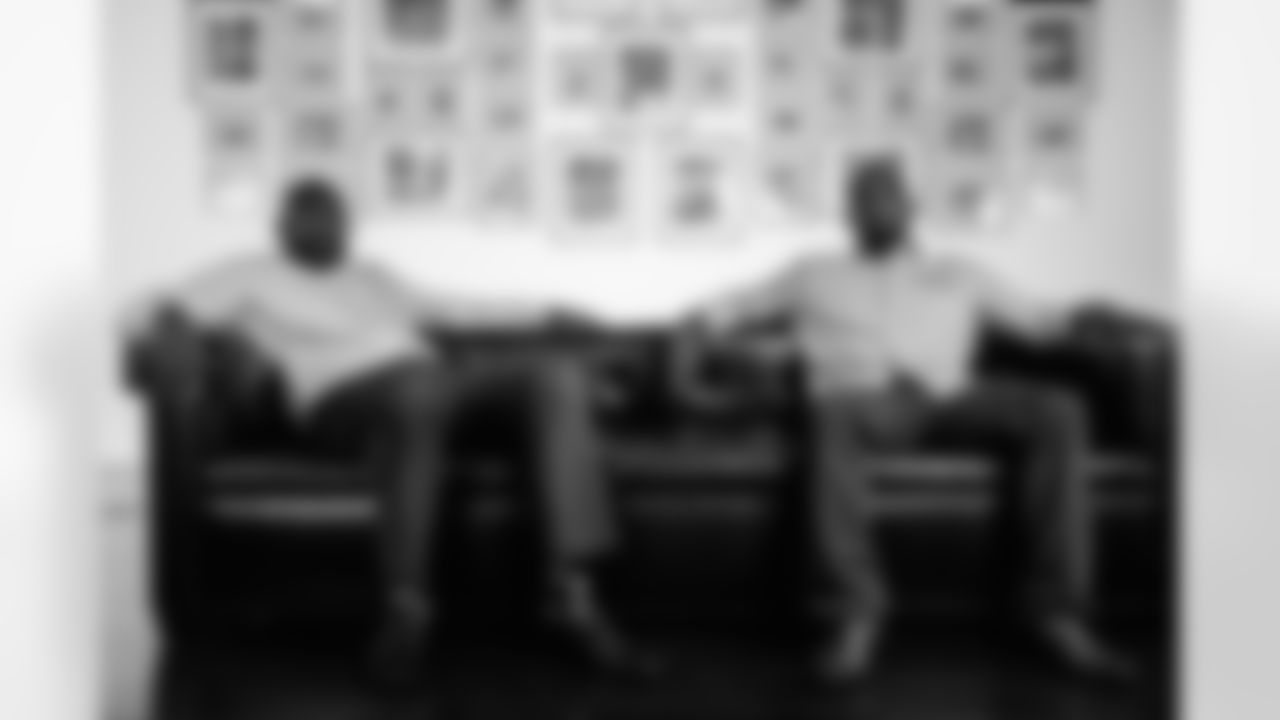
Ahmad Bradshaw, Brandon Jacobs
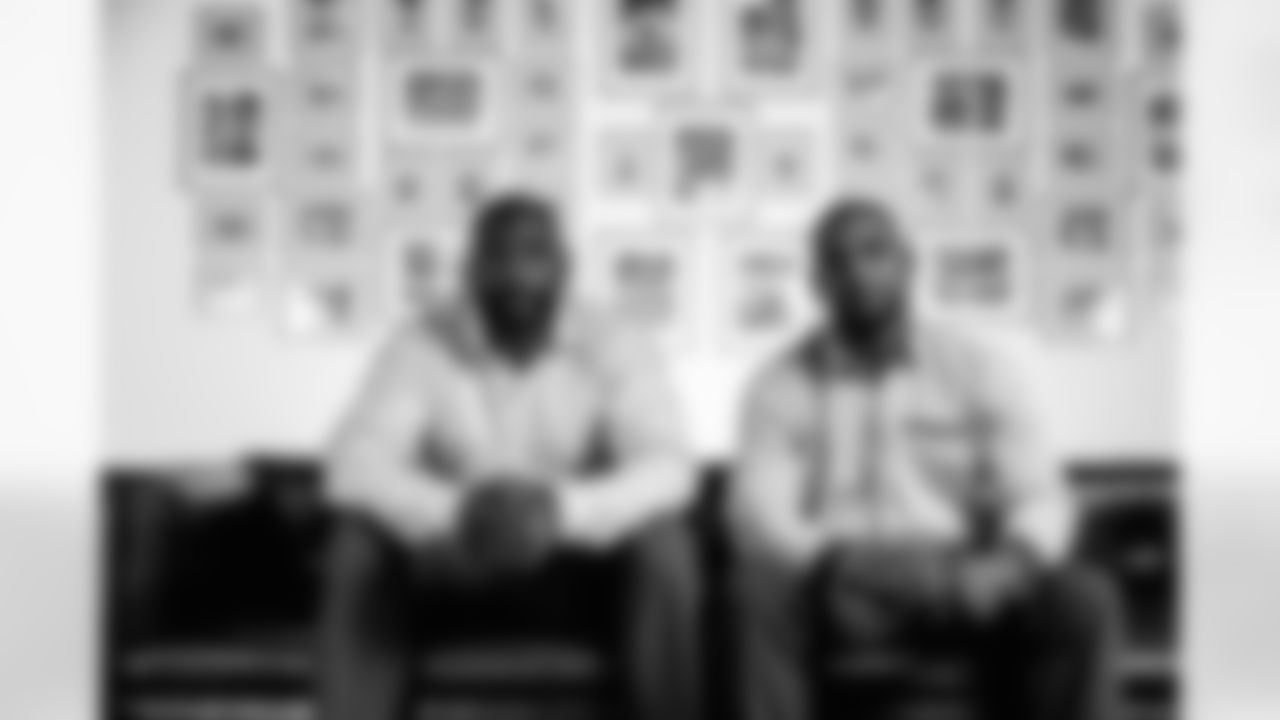
Ahmad Bradshaw, Brandon Jacobs
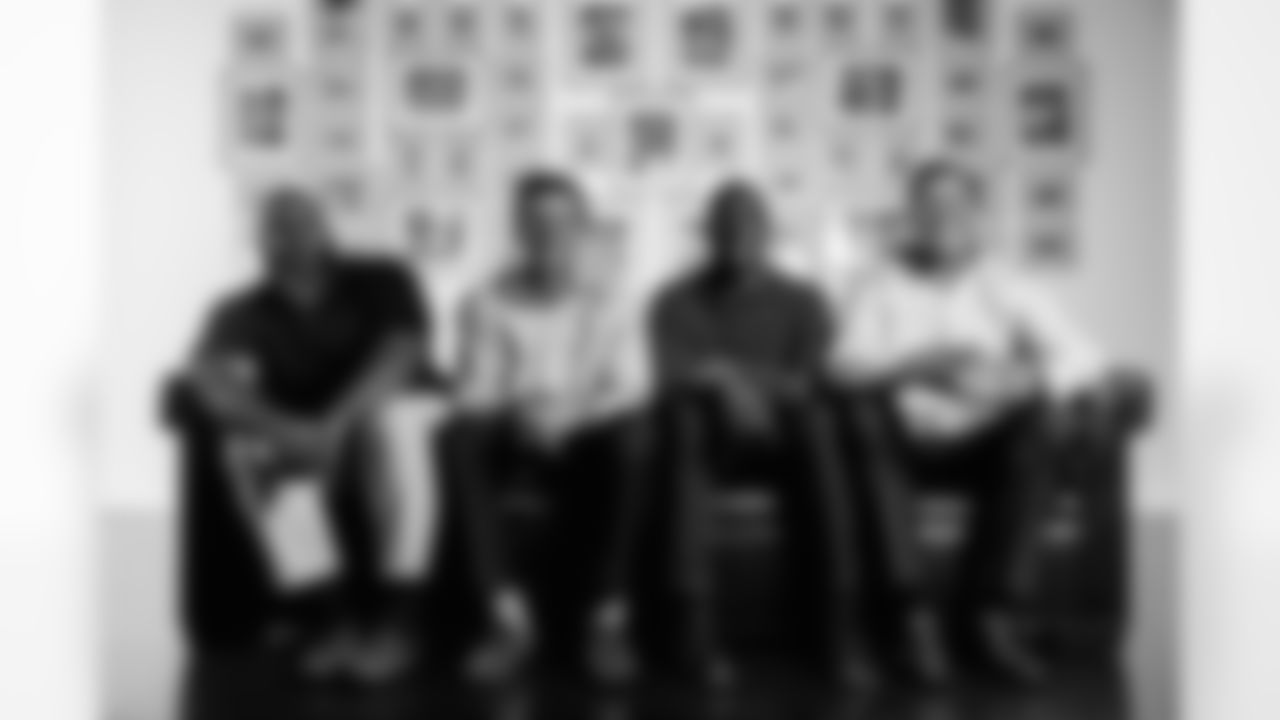
Kareem Mckenzie, Chris Snee, Kevin Boothe, David Diehl

Kareem Mckenzie, Chris Snee, Kevin Boothe, David Diehl

Ahmad Bradshaw, Brandon Jacobs
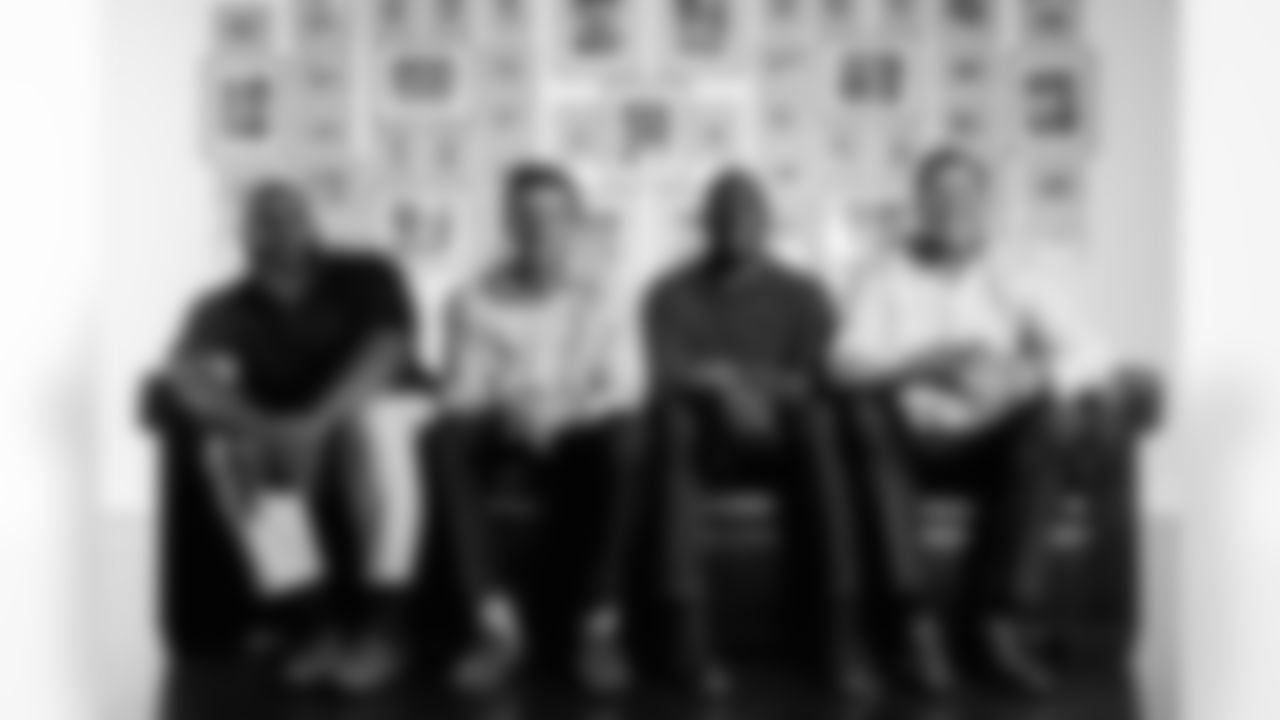
Kareem Mckenzie, Chris Snee, Kevin Boothe, David Diehl
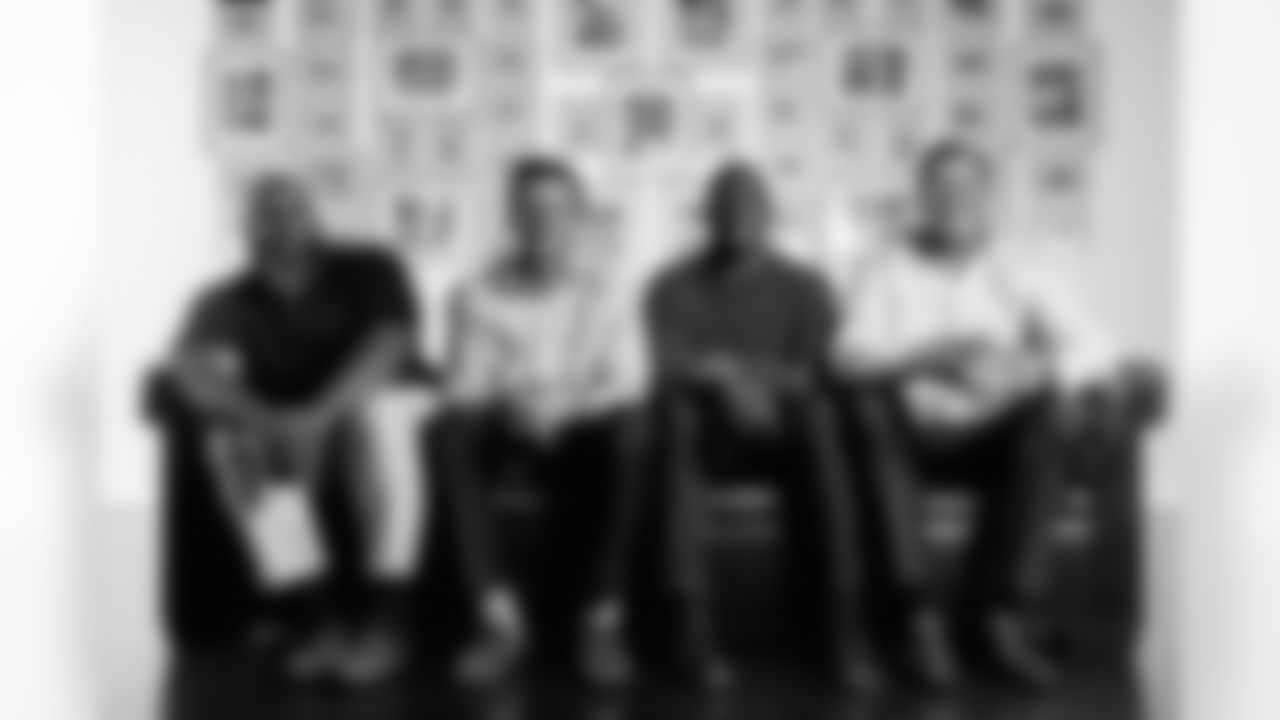
Kareem Mckenzie, Chris Snee, Kevin Boothe, David Diehl
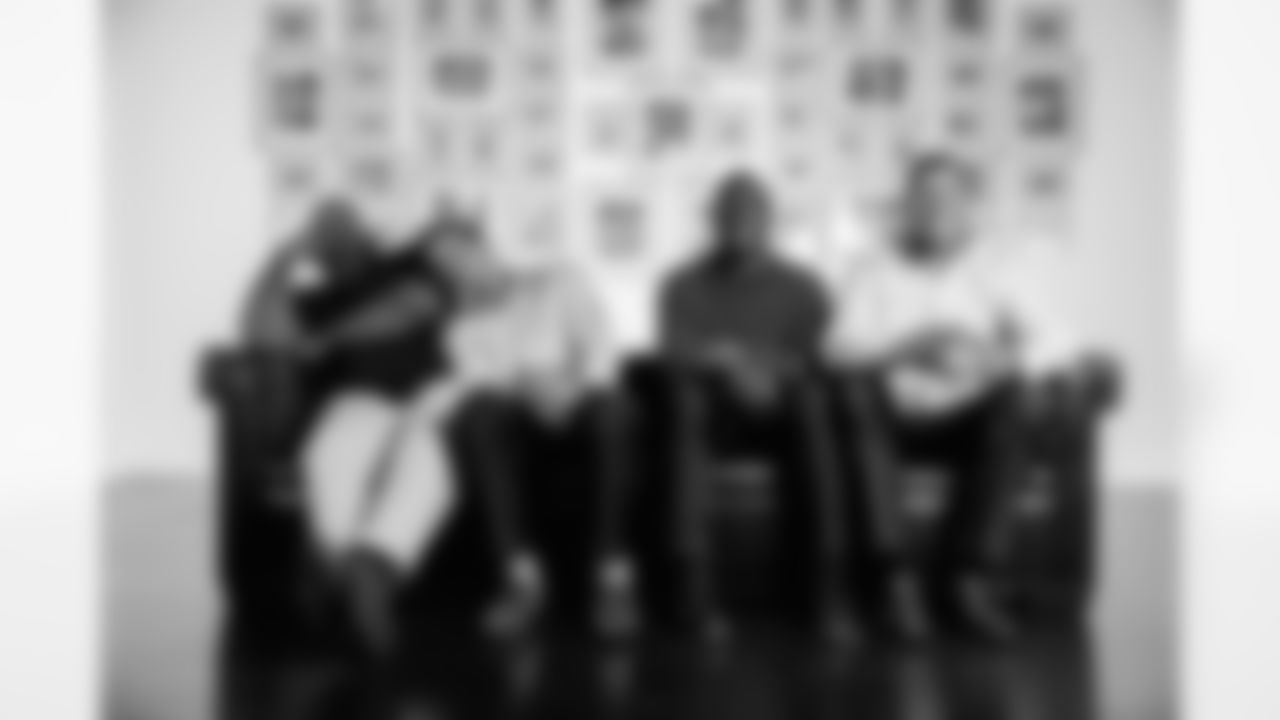
Kareem Mckenzie, Chris Snee, Kevin Boothe, David Diehl

Kareem Mckenzie
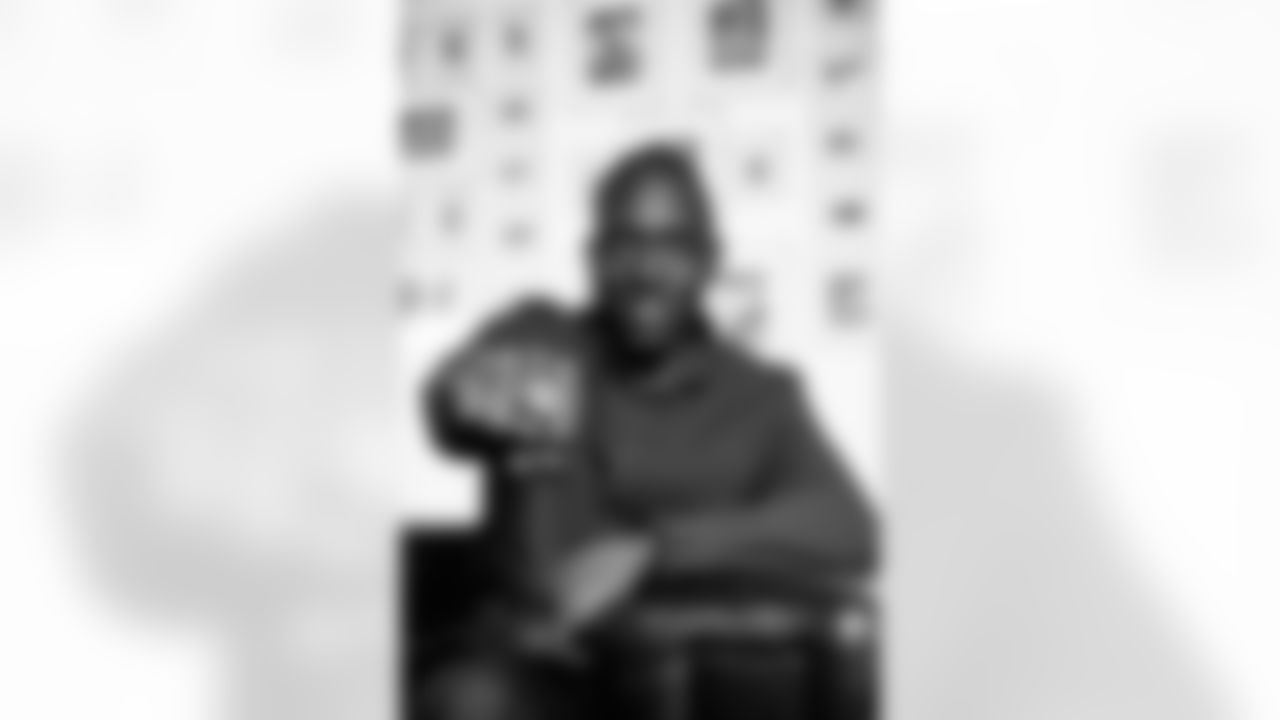
Kevin Boothe
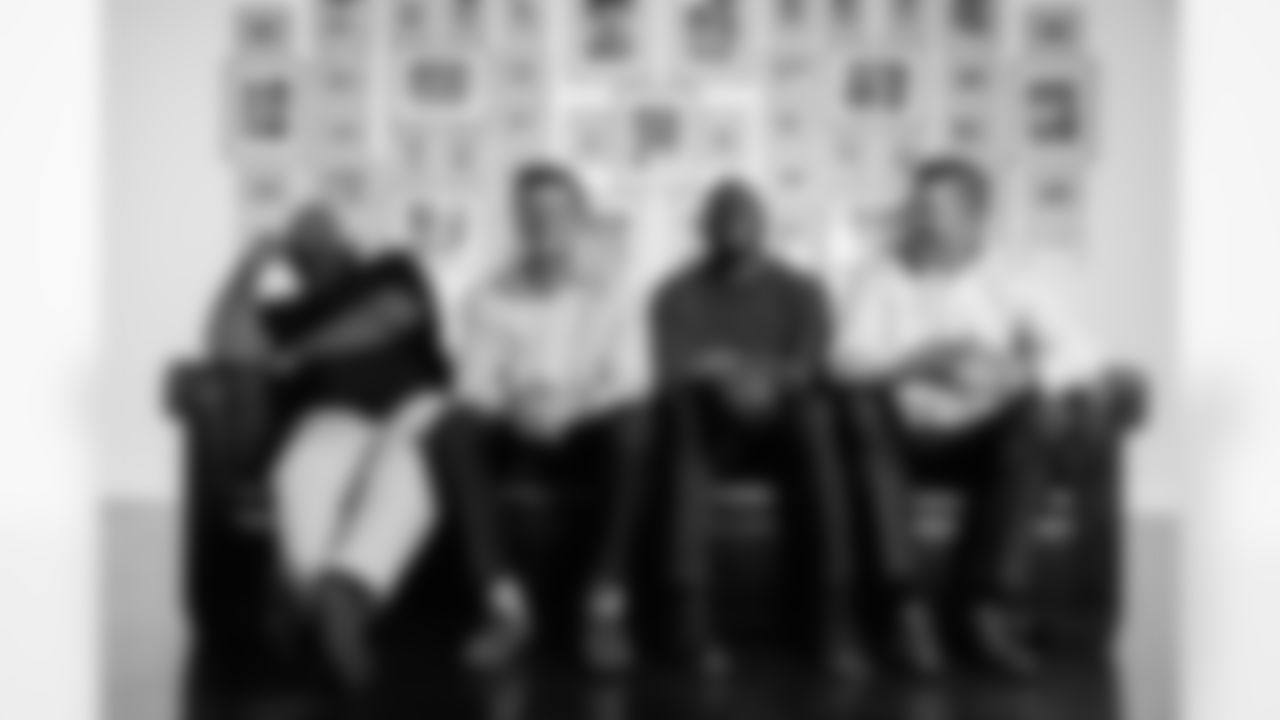
Kareem Mckenzie, Chris Snee, Kevin Boothe, David Diehl
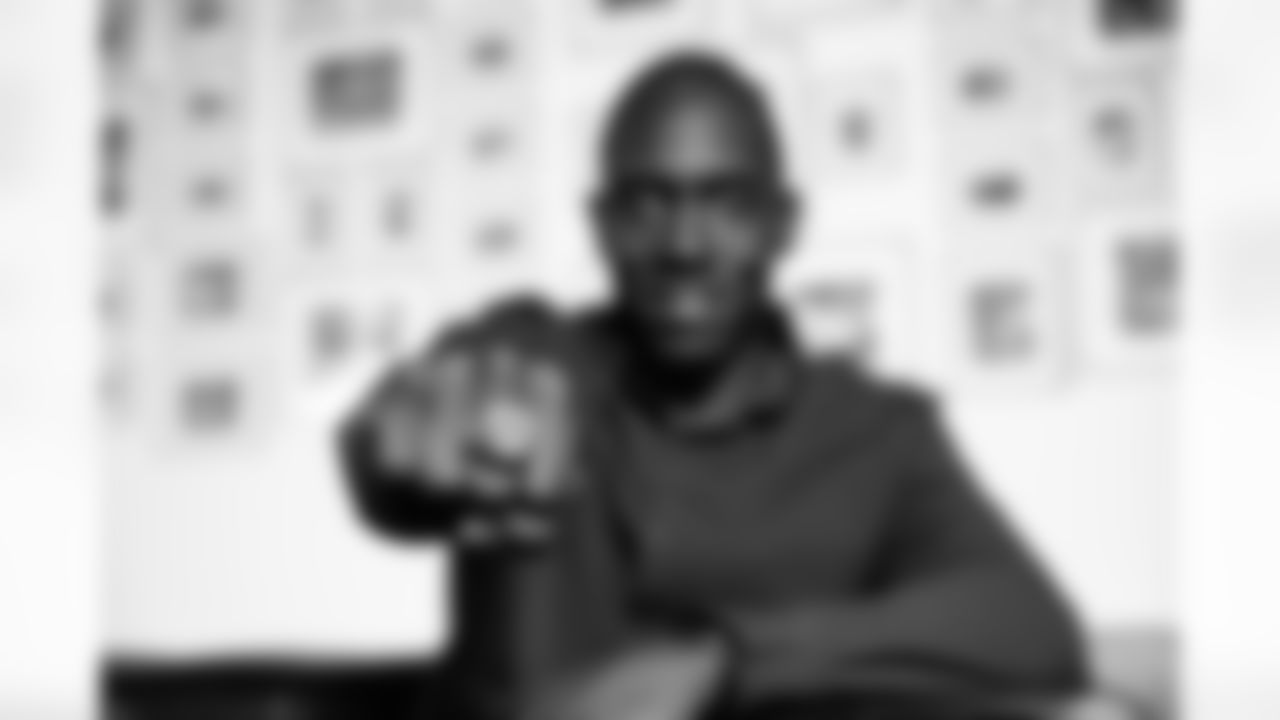
Kevin Boothe

Kevin Boothe

Kevin Boothe

Kareem Mckenzie

Kevin Boothe

Kareem Mckenzie

Kevin Boothe
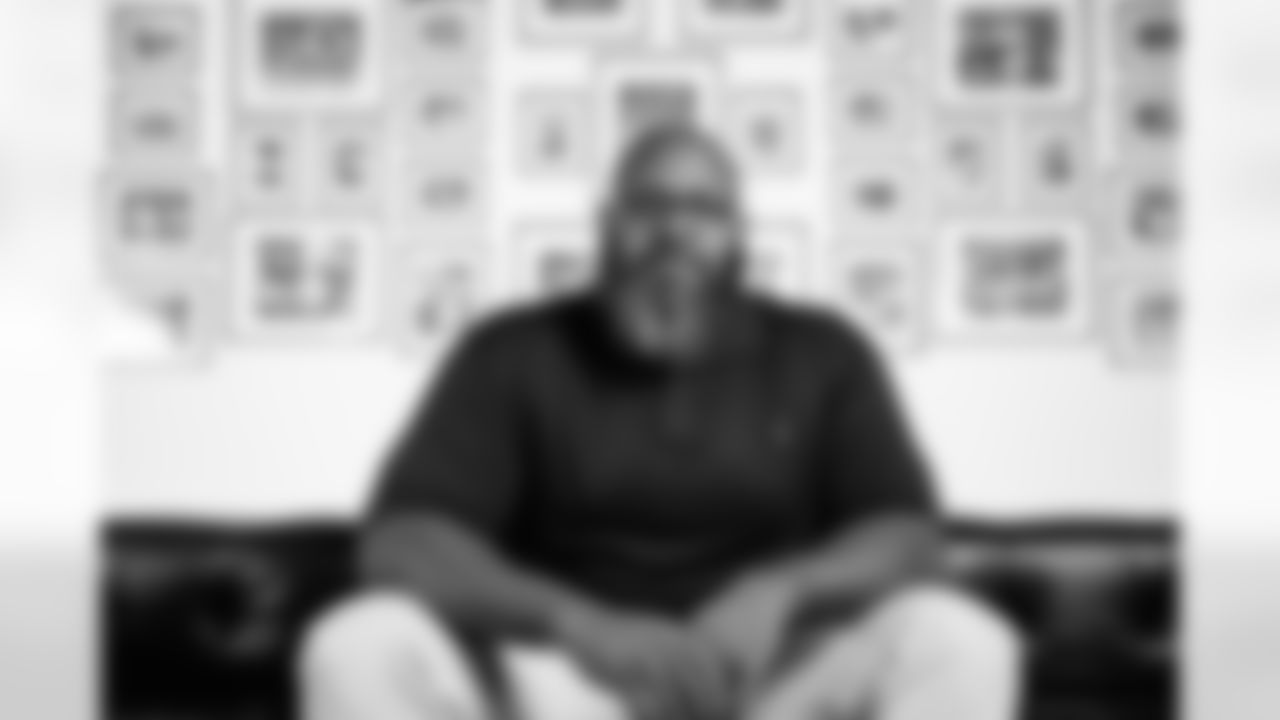
Kareem Mckenzie

Chris Snee
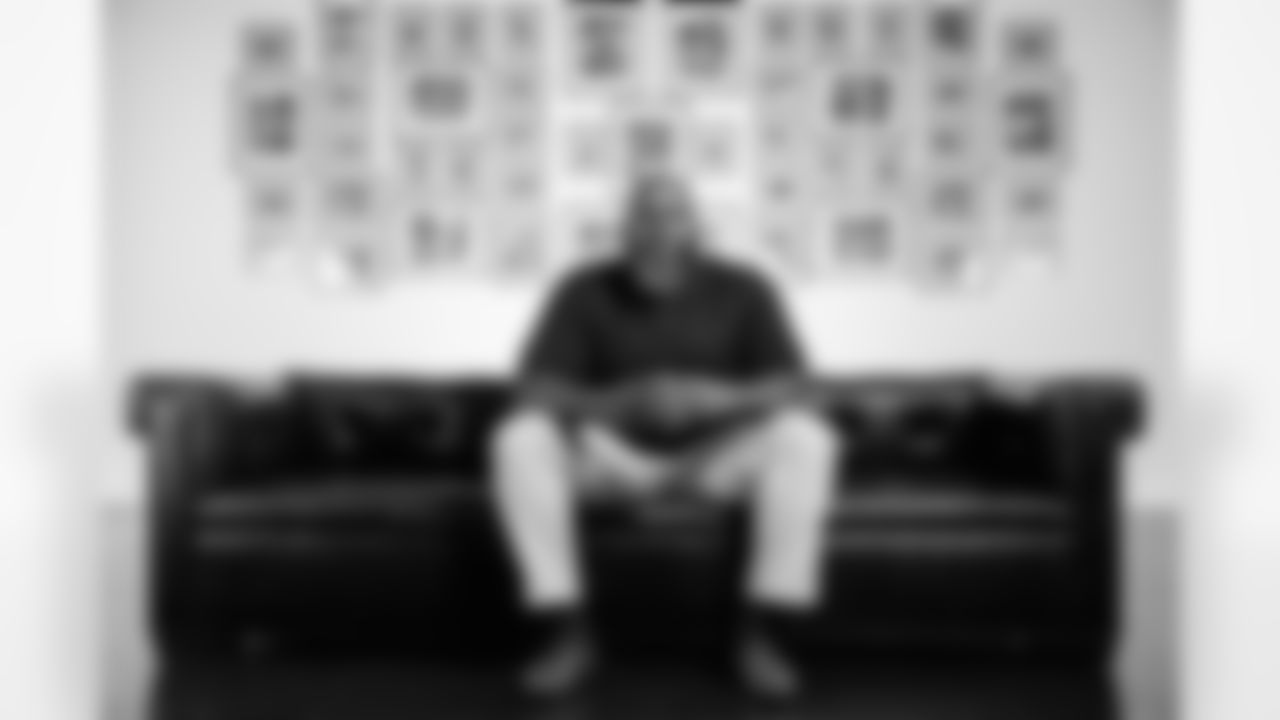
Kareem Mckenzie

Chris Snee

Chris Snee

Chris Snee

Chris Snee

Chris Snee

Chris Snee

David Diehl

David Diehl

David Diehl

David Diehl

Antrel Rolle
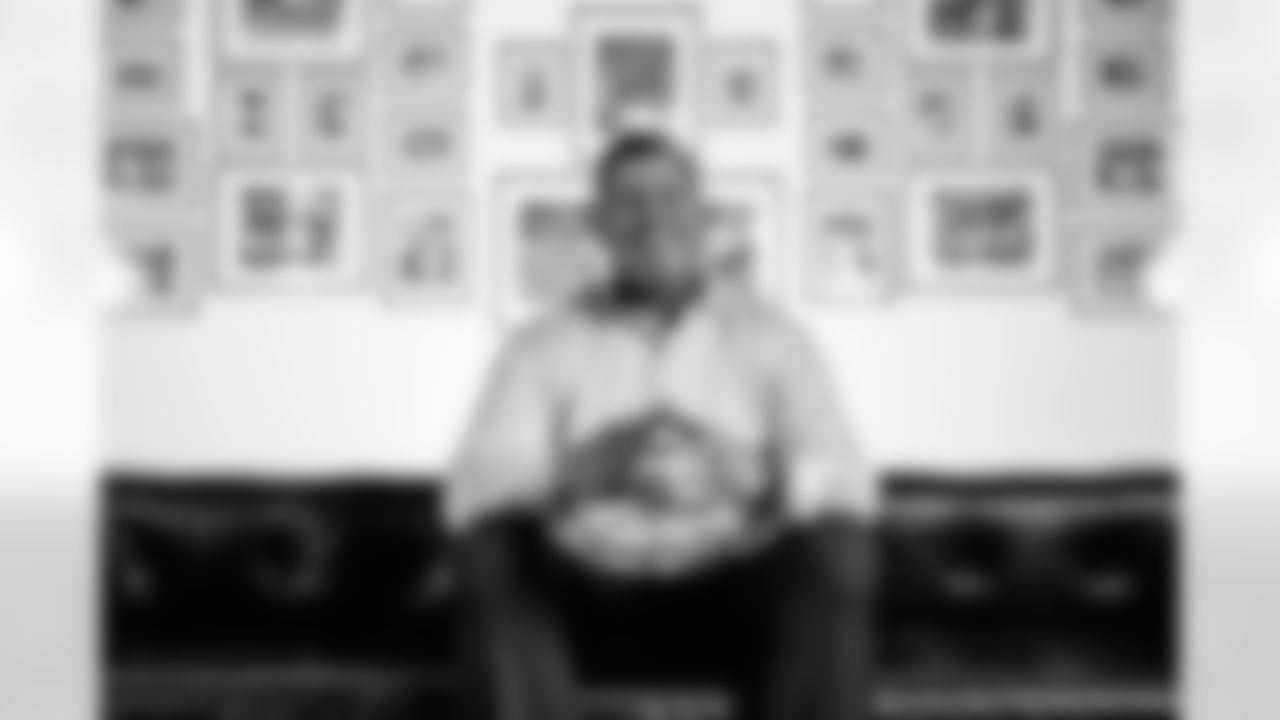
David Diehl

David Diehl

David Diehl
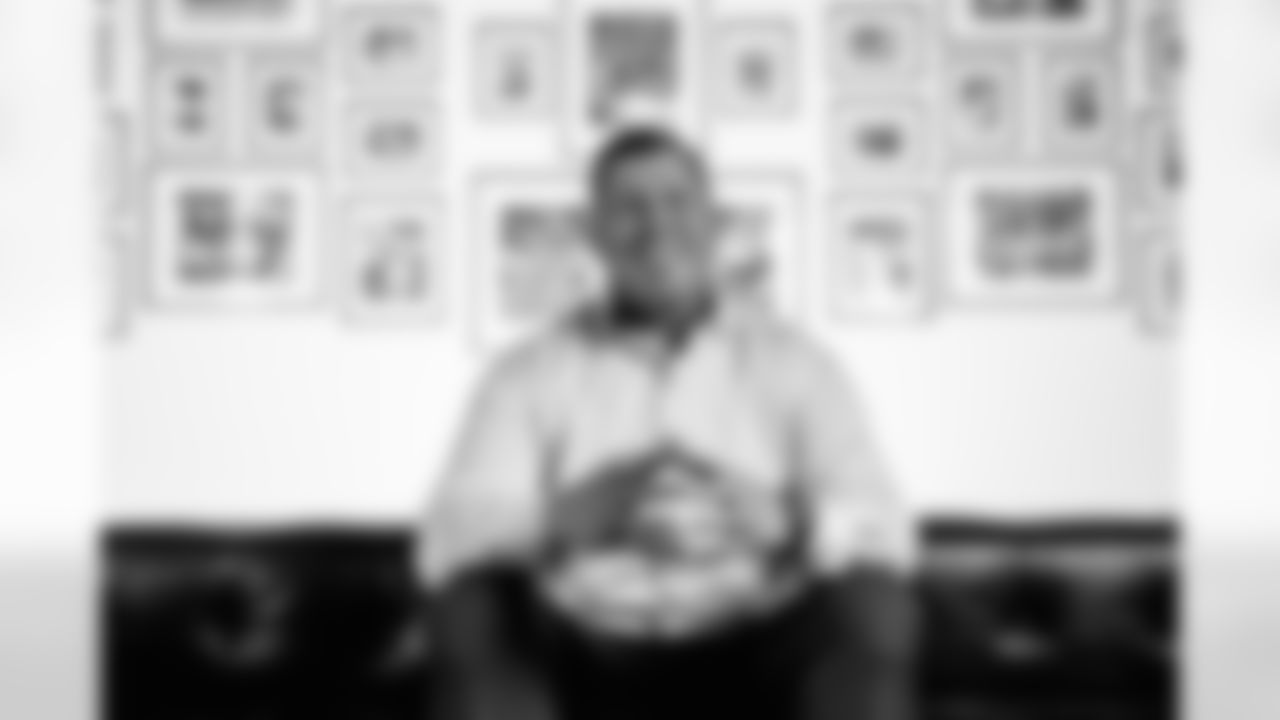
David Diehl
Seven days later in Arizona, the Giants found themselves in a deeper hole late in the game but were able to finish the job. Beanie Wells' third rushing touchdown gave the Cardinals a 27-17 lead with just 5:16 remaining. The Giants responded with an 80-yard drive that ended with Manning's two-yard touchdown pass to rookie tight end Jake Ballard.
The Cards held the ball for only 27 seconds before a punt gave the Giants possession at their own 48 with 3:10 left on the clock. It took just two plays – a 19-yard pass to Cruz and a 29-yard scoring throw to Nicks – for the Giants to take the lead at 31-27. Arizona got as far as the Giants' 30-yard line before Kevin Kolb's fourth-down pass fell incomplete.
The Giants tried living on the edge for the third week in a row in their next game, but they fell into the abyss as their winning streak ended. In position to pull off another late rally, the Giants traveled inside the Seattle 15-yard line twice in the final six minutes. But they committed two costly penalties, scored only three points and threw an interception that ricocheted off Cruz's hands and was returned by Brandon Browner 94 yards for the clinching touchdown in a 36-25 home loss to the Seahawks.
Cruz caught eight passes for 161 yards, including a spectacular 68-yard touchdown on which he tipped the ball to himself and caught it as two Seattle defenders lost sight of it.
The Giants earned a pair of three-point victories in their next two games, both at home. They defeated Buffalo, 27-24, when Tynes kicked a 23-yard field goal with 1:32 left and following their bye week, overcame a 10-point fourth-quarter deficit to defeat Miami, 20-17. Cruz's 25-yard touchdown catch with 5:58 left provided the winning points.
Next up for the Giants was a trip to New England for their first regular-season game against the Patriots since their epic confrontation in Super Bowl XLII. And this game was eerily reminiscent of the one played four years earlier in Arizona.
Same teams. Same uniforms. New England takes a late lead on a Tom Brady pass (in the Super Bowl it was with 2:42 remaining, this time 1:36 was left). Manning and the Giants respond with a long drive for the ages (83 yards in the Super Bowl, 80 yards in Gillette Stadium) that included a memorable catch in the center of the field by a receiver wearing No. 85 (first David Tyree, then Ballard) and a late, game-winning touchdown pass that is caught on the left side of the end zone (in the Super Bowl, 35 seconds remained; in New England, just 15).
The teams traded the lead three times in the fourth quarter, just as they did 46 months earlier in the Super Bowl when the Giants ruined New England's perfect season. In the rematch, they ended the Patriots' 20-game regular season home winning streak.
Manning's one-yard touchdown pass to Ballard gave the Giants a 24-20 victory, their third consecutive triumph and a 6-2 record at midseason.
Manning threw two touchdown passes in the final 3:03. The first, a 10-yarder to Manningham, gave the Giants a 17-13 lead. The Patriots responded with Brady's 14-yard touchdown pass to Rob Gronkowski.
Down three points, the Giants took possession at their 20 with 1:36 left. Ballard's 38-yard catch on third-and-10 kept the drive alive. After Manning scrambled for 12 yards, Sergio Brown was penalized for interfering with Cruz in the end zone, putting the ball at the one.
Thirty seconds remained. A pass to Ballard was short. Jacobs was stopped for no gain. The Giants used their last timeout with 19 seconds on the clock. When play resumed, Manning faked a handoff before firing to Ballard, who caught the ball near the back of the end zone to give the Giants one of the biggest regular-season victories of the Coughlin era.
The Giants won despite playing without leading rusher Ahmad Bradshaw (foot), top receiver Hakeem Nicks (hamstring) and center David Baas (knee).
"Half our offense wasn't here, and we still came out and beat a great football team," Umenyiora said.
It was the fifth consecutive victory in which Manning's heroics enabled the Giants to overcome a fourth-quarter deficit or tie.
"He really staked his reputation on a lot of that," Coughlin said. "One of the greatest big game quarterbacks that you'll ever be around is Eli. His approach to those games was incredible. So workmanlike, because he's so smart, too."
Manning threw an NFL-record 15 fourth-quarter touchdown passes that season.
"We felt very good in the two-minute drill, it's something we practiced a ton," Manning said. "It was kind of our favorite part of practice each week, when we go live against the defense. During the regular season, that was really the only thing we did live against the starting defense, and it wasn't scripted. It wasn't, 'Hey, the team we're playing does this or this. Y'all react and pick up blitzes.' Sometimes they were putting in new blitzes, sometimes we were running new plays that we wanted to get an extra rep at. A lot of times the coach would let me call the two-minute. He might give me the first play of the series or special circumstances.
"We were confident in those situations. Had a couple other games we had two-minute drives, we were going down to win and weren't able to score that touchdown or get one going. But I remember telling the guys, 'Hey, don't let that get you down. We're still a good two-minute team. The thing is we can't always rely on that, so you don't always want to be behind in the fourth quarter. If we can score in the fourth quarter when we need to, why can't we score in the second quarter or the first quarter? We are allowed to build a lead and have a 14-point lead going into the fourth quarter. I promise you we can still win football games that way as well.' If you wait for the two-minute drive all the time, you never know when you get that funny tip or something that's out of our control happens and you don't have another opportunity to make up for it."
That's exactly what happened the following week in San Francisco, where the late magic began a month-long hiatus. The Giants tried duplicating their successful blueprint against the 49ers in Candlestick Park, slicing a 14-point deficit in half with 8½ minutes remaining and getting the ball back with 6:35 left. When they converted a fourth-and-six on Manning's 18-yard pass to Manningham, the Giants seemed poised for another memorable finish.
But they couldn't pull it off. An open Manningham couldn't get to Manning's pass in the end zone, negating their best chance to tie the score. They did convert another fourth down, on a 10-yard pass to Cruz. But when they went to the well the third time, it was dry. Manning's pass on fourth-and-two was batted down by defensive end Justin Smith with 34 seconds left, dooming the Giants to a 27-20 loss.
That was the first of four consecutive defeats. The Giants rushed for only 29 yards in a 17-10 home loss to Philadelphia; lost by their largest margin of the season, 49-24, on a Monday night in New Orleans; and fell to the 11-0 Green Bay Packers, 38-35, when Mason Crosby kicked a 31-yard field goal as time expired in MetLife Stadium on Dec. 4.
The 6-2 record had evaporated to a .500 mark. With one quarter of the season to play, the Giants trailed Dallas by a game in the NFC East. The burdens they carried into the season from the previous three years were again heavy. Would the window of opportunity for the Giants' veterans close without them celebrating another championship – or even making the playoffs?
"I wish I could tell you how I kept the thing together for those four weeks," Coughlin said. "I'm sure it was that I just kept encouraging, I kept telling them that we were better than the outcome of these games, to keep fighting. The opportunity was still there."
Manning believed they could take advantage of it.
"Some of those games, like the Green Bay game, we played really well," he said. "I felt like we were able to move the ball, we were able to score, we just got outscored. We just needed to kind of put it all together. Some games the defense played really well, and the offense didn't. We were kind of on different spectrums a little bit there and we said as soon as we can put it together and play complementary football, we could win. In critical moments and pressure moments, we had made plays and found ways to win. We lost that ability a little bit, but I think you always think you're gonna get it back or the next time you get in that position you're gonna make the plays, you're gonna learn from your mistakes. And sure enough, we were able to get it back."
They did it dramatically in their next game, on the road against the division-leading Cowboys. For a franchise-record sixth time in one season, Manning led the Giants to a victory in a game in which they trailed or were tied in the fourth quarter. The Giants scored two touchdowns in the final 3:14 to defeat Dallas, 37-34, in a game that featured eight lead changes. Jacobs scored the game-winner on a one-yard run with 46 seconds left. The victory was preserved when Pierre-Paul blocked Dan Bailey's 47-yard field goal attempt with one second left.
The Giants trailed, 34-22, after a wide-open Dez Bryant caught Tony Romo's fourth touchdown pass with 5:41 remaining in the fourth quarter. The Giants had led, 22-20, when the quarter began.
Offensive coordinator Kevin Gilbride found Manning on the sideline and delivered a succinct message. "Coach Gilbride said, 'We need two scores, go do it,'" Manning said.
He did just that. Manning led the Giants on an eight-play, 80-yard drive that ended with an eight-yard touchdown pass to Ballard, cutting the deficit to 34-29. After Dallas went three-and-out, the Giants took possession at their own 42 with 2:12 remaining. The game-winning series included passes of 21 and 18 yards to Ballard. Jacobs won the game with his 56th career rushing touchdown, breaking Tiki Barber's franchise record.
On the last two drives, Manning completed eight of 11 passes for 102 yards and a touchdown.
"You win a game in a two-minute drill," Manning said, "it's a great morale booster and confidence booster and can bring the team together and all of a sudden it gets you back on a winning streak again."
But, um, that didn't happen. The next week, the Giants did not score a touchdown until just 33 seconds remained and suffered a 23-10 defeat, their second to a Washington team that finished 5-11.
"We have a really bad game and lose to Washington," Coughlin said. "Now, it's a little different picture - we're running out of time."
Perhaps the only solace was that in another similarity between their two recent Super Bowl seasons, in 2007 the Giants lost a Week 15 decision to Washington at home, 22-10. And once again, in their next game they would be visitors against an AFC East team – but on their home field. Four years earlier, they earned a critical victory in Buffalo. Now, they prepared to face the Jets, who were 8-6. Each team could secure a postseason berth by winning its last two games. But a loss would eliminate the Giants.
"The presentation was certainly that the playoffs start now," Coughlin said. "If we were going to have a chance to get in the playoffs, we had to win our last two games."
The players on both teams took cues from their coaches in the days before the game. The Jets enjoyed talking trash and were slinging verbal barbs all week. Coach Rex Ryan was characteristically mouthy. "I recognize they're an excellent football team," he said, "but I think we're better."
Coughlin never uttered those final five words in his 45 years coaching football. His team refrained from boasting of their accomplishments or motivating their opponents with inflammatory statements. Prior to the 2007 season, Coughlin had T-shirts distributed to every player on the Giants' roster. On the back of the shirts was written a message: "Talk is Cheap, Play the Game." It was the team's mantra all the way to the Super Bowl. Now, with the team chasing another title, the slogan was resurrected.
"I just say, regardless of the talk, it will be decided at one o'clock Saturday afternoon," Coughlin said 72 hours before kickoff. "Regardless of what is said. Talk is cheap, play the game. That is the way I've always believed."
That week it became, talk is cheap, play the Jets, whose antics didn't stop on game day. The Giants arrived at the stadium to find the Super Bowl logos painted outside their locker room had been covered with a black curtain by the home-team Jets.
"That was a huge game," Tynes said. "It felt like a Super Bowl almost before the Super Bowl."
The Giants responded in the best possible manner, delivering a forceful message on the field. And the catalyst was the longest play in franchise history.
Trailing late in the second quarter, 7-3, and facing a third-and-10 at their own one-yard line, Manning threw to the right side for Cruz, who caught the ball at the 11. Cruz eluded tackle attempts by Antonio Cromartie and Kyle Wilson and took off down the sideline. Safety Eric Smith lunged at him near midfield, but Cruz skipped away from him and quickly covered the rest of the ground to the end zone. His touchdown with 2:12 remaining in the half – on the only 99-yard play in 96 years of Giants football – gave his team a lead they never relinquished.
"Just a great effort by him," Manning said of Cruz. "We wanted to call something to have a shot to get the first down but get the ball out of my hands pretty quickly when you're backed up in your own end zone. Threw it to him and it was going to be close if we got the first down or not. I was hoping that he could maybe fall forward to get the first down in that situation. But he made two guys miss and then you saw a little speed. I thought the safety had an angle on him on the sideline, but he ran by everybody.
"A huge play in the game right there - we're down, at that point we were backed up. If we were to punt there, the Jets would've gotten great field position, a chance to score before halftime and take a pretty big lead. Obviously, that flip-flopped everything. We take the lead, they miss the field goal (on the final play of the half), we go into halftime with a three-point lead in that situation. A great effort by him and a huge play."
Cruz made many big plays in 2011, but the 99-yarder is the one guaranteed to keep him in the record book forever.
"As soon as I got to about midfield and I did my little hurdle, I was like, 'I'm out of here.'" Cruz said. "No one's gonna catch me after that one, because I just knew there was such a driving force behind me that game. I understood exactly what was being asked of me. I knew the motivation behind that whole game and for whatever reason I raised it up a level for the Jets. It's the battle for New York and you just always wanted to make sure that we came out on top of that battle, no matter what I had to do."
Bradshaw put an exclamation point on the victory with a late 19-yard touchdown run on which he steamrolled safety Brodney Pool and stepped the last five yards holding the ball with his arm outstretched.
"I do remember that play, hearing the crowd and turning around just as Ahmad was meeting the safety," guard Kevin Boothe said. "That was a crazy feeling. You talk about the stakes of that game - it's Christmas Eve, you're playing the other team in town, they were eliminated after that game, we would've been eliminated if we lost. So, it was a playoff type atmosphere."
The Giants came out of the game not only with a valuable late-season victory, but with the confidence they could be a dangerous team in the playoffs.
"I didn't know what we were capable of until we played the Jets," Rolle said. "In that moment, it wasn't the talent level that made me think that way. It was more so the attitude. It was more so the fight. It was more so the tenacious dog that I saw within our team. I saw that the team wanted it. At that point in time, I knew we would do whatever it took in order to be victorious on any given Sunday. It was guys going out there and being relentless. It was guys going out there and honestly putting it on the line for the guy next to them. I saw guys making certain sacrifices in order to be successful. I knew then that we had a shot. That's what honestly gave me the mindset that I was literally going to exhaust myself to the absolute limit in order to try to be successful for this team and to be successful for the guys next to me."
The Giants did not emerge from the Jets game unscathed. Indeed, a vital contributor was left hobbling and pained and had limited mobility the rest of the season. That was Coughlin.
With 3½ minutes left in the game, Danny Ware took a handoff from Manning, veered right and ran for 17 yards before linebacker Aaron Maybin pushed the running back to the ground and out of bounds, where he collided with Coughlin's planted left leg. Maybin was penalized 15 yards for unnecessary roughness for the hit on Ware, though it should have been for hurting Coughlin.
"I tore all but a shred of my hamstring off the bone," Coughlin said. "And somehow the knee survived because when I got hit the kneecap started to try to go out the back end of my leg. (The following day) I got an MRI. There were some strands holding, so the doctor said, 'Well, we don't need surgery right now.' And that was it. I didn't have any other issues."
Other than having to stand whenever he was working in his office, eating or doing just about anything else.
"You couldn't sit," he said. "I couldn't and I couldn't sleep well, either."
Coughlin didn't change his routine for a torn leg muscle, which did not go unnoticed.
"That next week of practice he couldn't sit down," Manning said. "He did not have the ability to sit down because he couldn't get back up. I walked in late to the training room one day and his hamstring down to his calf was just black and blue and every color. But he never said a word about it, never complained about it. You want to talk about toughness."
"I know it meant something to the players having seen that happen that I didn't miss anything," Coughlin said.
The victory against the Jets had convinced some Giants they could advance far in the playoffs. But first was the little matter of qualifying for the postseason. Dallas' loss at home to Philadelphia left the Giants and Cowboys tied atop the division at 8-7. Their Week 17 game in MetLife was flexed to prime time because the winner would be NFC East champions and the loser would ingloriously go home.
The game was played on January 1, giving Coughlin the opportunity to add a distinctive element to his Saturday night meeting.
"We're all at the hotel the night before the game and it's New Year's Eve, so I arranged with the hotel that when the players are all in my meeting – it goes special teams, offense, defense and then my meeting – the waiters are going to show up at the door with a small glass of champagne for everybody. So guys all get in the room, they're ready for the traditional evening and I go on to mention how much being a part of a team is being a part of a family and that the tradition on New Year's Eve is for everyone to raise a glass to thank God for our many blessings and to welcome in the coming of the New Year, wishing everyone health and happiness, etcetera.
"As I get in front of the team and I start to talk, the doors open and in come the waiters with trays of glasses of champagne. They distribute the champagne and I have everybody stand, and we make a toast to our families, to thanking God for our many blessings, wishing everyone a healthy and happy new year. And I can see them looking at each other like, 'Who the hell is this guy in the front, bringing champagne into our team meeting?' It was another one of those things that just kind of tied us together."
The next night, the Giants launched a real celebration by jumping out to a 21-point lead on their way to a 31-14 rout of the Cowboys.
The Giants rode to the title on the same path that brought them to so many victories that season – Manning throwing passes and Cruz catching them. Manning completed 24 of 33 passes for 346 yards, three touchdowns and no interceptions. Cruz had six receptions for a career-high 178 yards, a 29.7-yard average. His touchdown on a 74-yard catch and run late in the first quarter made it 7-0 and the Giants never looked back.
"He had the ability to make those big plays," Manning said. "That was third-and-one, a little rollout to the left and it was just kind of, 'Hey, Victor go in,' and got it to him and he turned it up the field, got a block and it was a great way to start the game. A two-yard pass that goes for 74, those are my favorites."
Cruz came up big again after Dallas pulled to within 21-14 in the fourth quarter, picking up a 44-yard reception on third-and-seven to set up a Tynes field goal. When the game ended, Cruz – who had zero career receptions when the season began and who dropped the first ball thrown to him in the opener – had crafted one of the great seasons by a receiver in Giants history: 82 catches for 1,536 yards (still the franchise record) and nine touchdowns. He had seven 100-yard games, plus games with 91, 98 and 99 yards. In the process, he became one of the Giants' most popular players, not only in the New York/New Jersey area, but nationally, as he danced the salsa after every touchdown.
"It's crazy," Cruz said. "I remember all of (his big catches). I'm constantly reminded on social media with different fans and things like that, which is always humbling. And for people to remember your career and commemorate your career like that is always dope. But I remember all those plays. I remember the feeling, I remember asking myself after certain plays, 'How the hell did you do that,' legit asking myself. I'm just so in the moment that it just happens, it's just reactionary, it's not anything I can think about or try to emulate."
With the victory, Cruz and Co. earned a reward they never enjoyed in 2007: a home playoff game. Manning thought the Giants were more likely to succeed in those playoffs than he did entering the 2007 postseason.
"I think I was more confident in that 2011 team, especially in the way the offense was playing," he said. "Just thought the way the offensive line was protecting, the way we were throwing the football. Victor really established himself and Hakeem was playing at a high level. Mario Manningham making plays as well. All of a sudden, Jake Ballard starts getting in the mix. (Tight end) Travis Beckum was making a few plays at times, but we weren't putting too much on his plate, but using him at certain spots. It felt like we were coming along and everybody knew their role, and when they were called upon, stepped up and made plays. And so really felt good about that moment and about that team going into the playoffs."
In the NFC Wild Card Game, the Giants took full advantage of playing in MetLife and pounded the Atlanta Falcons, 24-2. Manning threw for 277 yards and three touchdowns, including a 72-yarder to Nicks, who scored twice.
"I felt good about the two previous games, but I also felt a lot better when we pretty much shut Atlanta out," Coughlin said. "I felt like, well, okay, maybe we are gonna be able to make a stand here and make a statement about who we are."
That they did. On Jan. 15, the Giants faced the top-seeded, defending Super Bowl champion Packers, whose league-best 15-1 record included a victory vs. the Giants six weeks earlier. The stakes and the opponent provided enough incentive, but a game played the previous night 2,200 miles to the west energized the Giants even more.
"We were all huddled in our Appleton, Wisconsin hotel rooms watching the 49ers play the Saints (in the other NFC Divisional Playoff Game)," DeOssie said. "Although nobody would admit it at the time, we were secretly rooting for the 49ers to win because we wanted no part of going to New Orleans. We had traveled there earlier in the year during this regular season, and let's just say it didn't go that well, so we were rooting for San Francisco. The 49ers came roaring back against the Saints in the fourth quarter. The local time in Green Bay was approximately 7:02, which we all know is 7:07 Coughlin time, and our team meeting is at 7:30. We were usually downstairs in the meeting rooms with plenty of time to spare because nobody wanted to get that look from coach for cutting it too close. But we had to see the ending of the game because we needed to know where our path was headed."
It seemed to be San Francisco when the Niners jumped ahead, 17-0. Then it appeared the Giants would travel to Louisiana when Drew Brees' 66-yard touchdown pass to Jimmy Graham with 1:37 remaining gave the Saints their first lead of the game. But Alex Smith's 14-yard touchdown pass to Vernon Davis with just nine seconds left gave San Francisco a dramatic 36-32 victory.
"The 49ers ended up winning the game right before our team meeting, and I swear every one of my teammates and I came flying out of our rooms screaming and high fiving," DeOssie said. "Brandon Jacobs was jumping around with such excitement that he ended up knocking me 10 feet back on the ground by accident), but it didn't matter. We all sprinted down to the meeting rooms, like children trying not to get grounded, and we sat in our seats just in time. You could just feel the energy permeating throughout the room. When coach Coughlin began his traditional two-hour long team meeting speech, you could see that he was a bit giddy himself. It was one of the many moments throughout the season when I felt that this team could overcome anything."
The Giants-Packers game was played in Lambeau Field, where four years earlier the Giants had upset Green Bay in overtime, 23-20, in minus-23-degree wind chill. That game had many indelible moments – Antonio Pierce knifing through three defenders to tackle Brandon Jackson on a third-down completion, Corey Webster intercepting a Brett Favre pass on the second play of overtime, and Tynes' game-winning field goal.
The wind chill registered a balmy 19 degrees for the rematch, which was not nearly as dramatic, but just as exhilarating to the Giants. The visitors made plenty of big days. The defense sacked Aaron Rodgers four times – two apiece for Boley and Umenyiora – and Grant intercepted one of his passes. Manning passed for a career playoff high 330 yards and – once again – three touchdowns, including two to Nicks, who had seven receptions for 165 yards and scored on a 66-yarder.
The Giants scored 10 points in the final 1:51 of the second quarter to take a lead they never relinquished.
Tynes kicked one of his three field goals, a 23-yarder. After Boley sacked Rodgers for a five-yard loss, the Giants used their final timeout, forcing a Packers punt. The Giants took possession at their own 31 with 41 seconds remaining in the half. After Bradshaw's nine-yard run and an incompletion, it was third-and-one with 15 seconds left. Gilbride called a handoff to Bradshaw, who ran around left end and smartly stepped out of bounds at the Packers' 37 with six seconds left. On the next play, Manning connected with Nicks in the end zone for a touchdown as time expired, giving the Giants a 20-10 lead.
"We're kind of just thinking, 'Hey, let's get a run and maybe he pops one and we'll take a shot and see what happens,'" Manning said. "Sure enough, he gets the first, breaks some tackles, reverses field and gets out of bounds just in time for us to take a shot. And Hakeem makes that catch and we got the lead. Another big play at a critical moment right before the half that just can change the momentum of the game."
Coughlin describes the sequence thusly: "Bradshaw makes that play right before the half to put us in field position, we throw the Hail Mary pass, which I never referred to it as that, but he throws that ball up in the air and Hakeem brings that down, and they never recovered from that at halftime."
The Packers closed to within seven points in the third quarter, but the Giants outscored them in the fourth, 17-7, and won going away, 37-20.
That sent the Giants to the NFC Championship Game in San Francisco against the 49ers, the teams' eighth postseason meeting since 1981. Once again, the title game was played in challenging conditions, but this time it was in the rain and wind and on a muddy field instead of brutal cold. And again, the Giants forced a turnover in overtime to set up a game-deciding Tynes field goal, this one a 31-yarder with 7:54 expired in the extra period.
Manning set franchise postseason records with 58 passes and 32 completions, for 316 yards and two touchdowns. But those numbers were overshadowed by the beating he took - six sacks, 20 hits and an evening spent picking himself off the ground and pulling grass and mud out of his facemask. It was the most physically challenging of the 248 games Manning played for the Giants.
"The consistent and constant pressure by their defensive line was really good," he said. "It's one of those teams where ideally you don't go in there throwing it 50-plus times, but I think Gilbride said, 'Every time we run the ball, we're losing two yards anyway, so might as well go throw it.' We had faith and confidence in our passing game and that kind of got us to where we were, so you've got to ride your strengths. We did what we had to do, but obviously took some hits. That's what happens sometimes, and you just got to hang in there and try to not let it force you into bad decisions. And, sure enough, stayed patient, didn't make bad decisions, didn't turn the ball over and got some turnovers in critical moments and we were able to capitalize on those and get points off of them."
Coughlin still marvels at Manning's production in the face of San Francisco's relentless assault.
"He established for the whole world his toughness," Coughlin said. "There was no longer any question about Eli's toughness after that game.
"I didn't think that Eli could take any more damage and punishment than he did that game," Rolle said. "I kept saying to myself, 'Oh man, he's done, he's not getting up. That's too much.' Every single time, that dude with the No. 10 on the back of his jersey would get up, he would fix his shoulder pads, he would fix his jersey and he would come out swinging."
Despite the constant beating, neither Manning nor the Giants committed a turnover. But the punt team had two critical takeaways, setting up their final 10 points.
With 11:08 remaining in the fourth quarter, wide receiver Devin Thomas recovered a Kyle Williams muff of a punt. The officials originally ruled that Williams didn't touch the ball and that Thomas had merely downed it. Coughlin challenged the ruling and after review, referee Ed Hochuli changed the call to a fumble and a recovery at the 49ers' 29-yard line.
Just 2½ minutes later, the Giants took a 17-14 lead when Manning threw a 17-yard touchdown pass to Manningham. On the Niners' next possession, Webster stopped Michael Crabtree at the Giants' seven after a three-yard gain on third-and-five. David Akers, a longtime Giants tormenter when he played for Philadelphia, tied the game with a 25-yard field goal. The Giants punted three times in the final 4:15 of the fourth quarter.
They won the overtime coin toss – and quickly punted again. San Francisco then went three-and-out. The Giants moved 20 yards on their next series, but on third-and-three from the Niners' 46, Manning was sacked by Jason Smith, setting up their fifth consecutive punt. But this time it was the Giants who struck gold and the 49ers were left empty-handed. After Kyle Williams returned the punt five yards, Jacquian Williams separated him from the ball and Thomas recovered it for the Giants at the San Francisco 24. Four years earlier, after Corey Webster intercepted a Brett Favre pass on the second play of overtime, Bradshaw ran for five yards on two carries to set up Tynes' game-winning field goal. In San Francisco, Bradshaw gained 18 yards on three runs before Manning lost two yards on a kneel-down that placed the ball in the center of the field. Tynes was summoned to try the field goal that would send the Giants to the Super Bowl.
In his previous championship game in the Green Bay tundra, Tynes had pulled fourth-quarter field goal attempts of 43 and 36 yards wide left, the latter on the final play of the regulation. Coughlin was contemplating whether to let him try another in overtime when Tynes ran onto the field and booted the decisive 47-yarder.
There was no debate in San Francisco. But before Tynes could swing his leg, a delay of game penalty extended the try to 31 yards.
"Chris Snee – I don't know that he got beat, but somebody made an unbelievable move so thank God there was a delay of game because that first field goal would have been blocked," Tynes said. "It really would have been. We dodged a bullet there. And then we line up five yards further back, which was great because we got a much better spot. The original spot was kind of muddy and crappy, but then they called a timeout."
Before the ball was snapped, the 49ers called timeout, another fortuitous development.
"Remember the timeout at the end of the San Francisco game, when the ball got moved to good grass?" Coughlin said. "Eli's behind me going, 'Coach, the clock, the clock.' I'm letting the clock run. If they don't take that timeout, I mean, who knows?"
"It wasn't a long kick and the field conditions after the delay of game were just a blessing because we ended up getting a little, beautiful piece of turf that had not been touched," Tynes said. "That made me feel even more confident because our original spot was kind of muddy and wet. And we couldn't really move it one way or the other because then you're shortening up the block point, so we just got lucky. I think you have to get lucky, obviously, sometimes in the playoffs."
Tynes' field goal split the uprights at the same end of the Candlestick field where Matt Bahr kicked his game-winning 42-yarder as time expired in the 1990 NFC Championship Game. Tynes is the only kicker in NFL history with two postseason overtime field goals.
"I was way more comfortable in that position having done it before than I was four years earlier just because, it's like anything if you've done it before," Tynes said. "I felt good about it. I just remember making the kick. I think Jerrel Jernigan was the first guy I saw when I ran, which is cool, two Troy (University) guys. Then you think, 'Hey, we're going into the Super Bowl again against the Patriots.'"
Coughlin was thrilled to be back, but when he reflects on that championship game today, it is through a wider lens.
"To win the game on two huge special teams strips by our punt coverage team is to solidify everything you ever believed in as a coach. Everything you believed in terms of your team is only as good as the 53rd man because of the nature of our game," Coughlin said. "That was a tremendous football game for those that really enjoy football in its very basic element. It was just a classic football game."
The journey to the Super Bowl was eerily familiar to what occurred four years before, when the Giants won the championship game on the road with an overtime takeaway, setting up a game-winning field goal by Tynes that sent the Giants to a Super Bowl confrontation with the Patriots. And the game was again a rematch of a regular season meeting, though the Giants won in '11 after losing in the regular-season finale in '07.
"It's the weirdest thing I think I've ever been a part of," Umenyiora said. "I can't really explain it."
Well, one significant difference did exist. Unlike the 2007 season, when New England was 18-0 and chasing history when it played in the Super Bowl, the updated Patriots had experienced defeat. Not often; their 13-3 record was the AFC's best. But the Giants had just beaten teams that were 15-1 and 13-3, respectively, and they had pinned one of those three losses on New England in Foxborough three months earlier.
"There's a certain fear factor, I think, that involves the Patriots that they had on other teams," Tynes said. "We didn't have that fear. We focused on Tom (Coughlin) and we knew he would get us ready, and we were confident. We had beaten them before that, so we felt really good going into that game."
"I think it's coincidental that both years we played them in the regular season, so we kind of knew what they were doing," Manning said. "And had a chance to look at how they played us in the regular season in '07 versus the Super Bowl or how they played us in the regular season in 2011 knowing that they like to change up. It's almost like you don't want to overprepare for them because they're gonna change and you've got to be able to change as well and have a lot of options to be able to get to because they're so multiple."
Although Manning was a 13-time captain, speaking to the entire team was neither a favorite nor frequent activity. But preparing for the Super Bowl was too important an endeavor to let pass without comment.
"Eli did something that week that was outside of his character," Tuck said. "He got in front of the entire team and gave a speech. When he first got up, I was like, 'Something's wrong.' This is not normally what he would do in this moment. But he got up and gave his experience of what 42 was like and what we did in that run to help us prepare, because we had a lot of young guys. A lot of them could have thought you go out there and think this was a vacation for four days and then try to get in the mode. His talk set the tone."
Why did Manning step out of character up in front of his teammates?
"I think it was a couple of things," he said. "It was the fact that in 2009, Peyton and the Colts go to the Super Bowl and lose. I just saw how that affected him and how miserable it would be to put all that work in, to have all that success and get to the final one and then not to win. I did not want that to happen. The fact that we had this all-in mentality for the last six, seven weeks and I didn't want that to end. I didn't want it to be all of a sudden, 'Oh, we're here, relax and we can kind of glide through this week. This is like a bye week.' It's not. You have two weeks to prepare until this game. But that first week is so important, because you're at home, you have your own facilities, you have your film, you have everything you need there.
"Once you go - in that case to Indianapolis - for the Super Bowl, that week's different. You're taking buses, there's not as much time, you have some distractions. I just thought I needed to set the tempo, set the pace and the mindset of what we had to do. We had to keep that all-in mentality going. We could not afford to relax. And I think the fact that you have young guys, you have guys that have been in the Super Bowl – sometimes I think when you do something again, you just assume you're going to get the same results, but you can't turn it on once you get to the game. It's got to start that two weeks prior, so it was just kind of itching on me. I sensed there was some guys that were relaxing. Everybody's feeling good, you're going to the Super Bowl, but it was kind of irking me a little bit. I thought I needed to stand up and say, 'Hey, the work starts now. Let's have great practices. Let's start our preparation.'"
Coughlin was impressed that Manning took the initiative to speak to his teammates.
"I mean, here he is standing in front of his teammates reminding them and encouraging them to get their business out of the way," Coughlin said, "so that when we had the opportunity to go to the site that all we were there for was one reason, and that was to win."
The Giants took Manning's advice and ran with it and after a good start in New Jersey, they had their best week of preparation in Indiana.
"I remember those practices in Indianapolis and I don't think the ball ever hit the ground," Coughlin said. "The practices building up to the Super Bowl were the best I had ever seen."
"I've heard Tom Coughlin talk about it a bunch," Manning said. "We had good practices that first week at home, but once we got to Indianapolis, he said he'd never seen practices go so smooth. There was energy, everybody's doing the right thing and we were flying around. I don't think he ever felt we were as prepared to play a game as we were about to play that one."
Super Bowl XLVI was played on Feb. 5, 2012 and like its predecessor four years earlier, was a Giants-Patriots classic. Characteristic of both the Super Bowl showdowns and the Giants' 2011 season, the winners needed a late comeback orchestrated by Manning to win the game, 21-17. The winning touchdown perhaps should not have been scored but was by Bradshaw as he spun around and sat down just inside the goal line. More on that below.
The Giants took a 2-0 lead on a safety on New England's first offensive play, when Tom Brady threw a deep pass down the middle to no one and was penalized for intentional grounding.
Their good fortune continued on the ensuing possession, when the Patriots were penalized for having 12 men on the field, negating Brandon Spikes' recovery of Cruz's fumble and giving the Giants a first down at the six-yard line. Two plays later, Manning threw a two-yard touchdown pass to the salsa dancer and the Giants' lead was 9-0.
The second quarter belonged to the Patriots, who scored their first points on Steve Gostkowski's 29-yard field goal and took a one-point lead when Brady threw a four-yard touchdown pass to running back Danny Woodhead with only eight seconds remaining in the half. New England increased its lead to 17-9 when tight end Aaron Hernandez scored on a 12-yard pass. But Tynes field goals of 38 and 33 yards lifted the Giants to within two points entering the fourth quarter.
On the second play of the final quarter, Brady threw deep down the left side for Gronkowski, but the ball was intercepted at the eight-yard line by Chase Blackburn, a linebacker who had led the Giants in special teams tackles the previous six seasons but wasn't re-signed until Nov. 30. In the Super Bowl, he had six tackles and made the biggest play of his career.
"Can you imagine him running down the middle of the field and intercepting a ball on Gronkowski?" Coughlin said. "It's an incredible story about a guy with tremendous love of the game, tremendous passion, just hung onto every word you said, knew his niche was special teams, obviously was an outstanding special teams player. He's a coach in the National Football League now (as the Carolina Panthers' special teams coordinator), but his play from the linebacker position in the playoffs and the huge, huge interception on Brady's pass was a feather in our cap."
The Giants took possession at their eight-yard line and gained 49 yards in 10 plays before punting. New England began the next series at its eight and gained 48 yards on 11 plays and … punted. But the Patriots' series included one of the game's most significant moments. On second down from the Giants' 44, Brady threw a pass to the normally sure-handed Wes Welker, who found an open pocket near Webster, Rolle and Phillips but dropped the ball just shy of the 20. On NBC, game analyst Cris Collinsworth said, "Stunning to see him miss one, especially in that situation." Had Welker caught the ball and New England scored a touchdown, the Patriots' lead would have been nine points with little time left.
Instead, the Pats kicked the ball back to the Giants, who took possession at the 12-yard line with 3:46 remaining. On the first play of the drive, Manning avoided pressure, stepped up and fired deep down the left side to Manningham. The receiver had a step on cornerback Sterling Moore, and safety Patrick Chung was sprinting over to deliver a hit. The perfectly thrown ball dropped between them right into the hands of Manningham, who somehow kept both feet inbounds.
An argument can be made that the pass to Manningham was the very best of Manning's 8,372 Giants throws. It wasn't the first time he tried to connect with Manningham on that route.
"Earlier that season, I kind of ripped on Mario," Manning said. "We ran a similar play on Cover 2 and he jogged it. I went back to throw it and I end up throwing the ball out of bounds over his head because I could tell he was kind of loafing, like he didn't think he was getting the ball on that play.
"And kind of the same play (in the Super Bowl), I was looking to my right and they were doubling Hakeem and Victor and had them blanketed and Brandon (Jacobs) stayed in to block, Ballard stayed in to block. I really didn't have anywhere to go, so it was, 'I'm gonna look to Mario, I'll make the throw to him or just chuck it out of bounds and it'll be second-and-10 and no harm done.' But I saw he was running full speed. Patrick Chung had cheated him with my eyes looking right. Saw a little window and let it fly. Great, great catch by Mario. That's the hardest catch, over your outside shoulder, you've got to keep two feet in and you're about to get hit."
The throw gained 38 yards to the 50-yard line. Bill Belichick, hoping to catch Manningham out of bounds, challenged the ruling of a completion, but it was upheld after review, costing the Patriots their first timeout.
"That was such a huge play in a two-minute drive, and you get a chunk play right off the get-go," Manning said. "We're backed up and now we're at the 50 with the advantage right there.
"Obviously, it was a Super Bowl and a tight throw, but I didn't have any questions (about throwing the ball). I didn't think much about it. I just saw where Mario was and knew the timing. A lot of those throws are muscle memory. You don't think about how far to throw it or what to do. You see your receiver, you step, you make the throw and hopefully you put it in a good spot where he can catch it. He made a great play."
The tremendous throw and catch were the Super Bowl XLVI version of David Tyree's epic helmet catch in Super Bowl XLII – an unforgettable play for the ages that catalyzed the game-winning touchdown drive late in the fourth quarter.
The catch was the biggest of Manningham's six-year NFL career. A third-round draft choice in 2008, he spent four seasons with the Giants (the Super Bowl was the last game he played for them) before joining the 49ers for two years.
"Eli threw a perfect ball, nobody could get it but me," Manningham said. "It was either going to go out of bounds or I'll catch it."
But the Giants still had to work their way into at least field goal range and more preferably into the end zone. Two passes to Manningham gained 18 yards and two to Nicks picked up 18 more.
"I hit a slant to Hakeem and then they get aggressive," Manning said. "They're coming out blitz zero a few times, trying to back us up, get us out of field goal range and we check to screens. They go Cover 2 one time, we run the ball. Whatever they're doing, we had the answer."
Bradshaw's seven-yard run gave the Giants a first-and-goal at the seven. After he gained a yard on the next play, the Patriots called their second timeout with 1:06 left.
The Giants had a decision to make. They could run the clock down and try a game-winning field goal in the waning seconds or they could hopefully score a touchdown, which would force New England to do the same in the final minute. The Giants thought the Patriots would all but escort them to the end zone to leave as much time as possible.
Jacobs' recollection is, "We had a timeout called before that and (running backs coach) Jerald (Ingram) said, 'Ahmad, they're gonna let you in. Don't score.'"
"Nobody told me anything," Bradshaw said. "If they told me anything, I wasn't listening."
Coughlin and Manning had no ambiguity. They wanted the ball in the end zone.
"I'm taking the touchdown any way I can," Coughlin said. "I'm not screwing around and putting that thing into fourth down and maybe they're not gonna let us have the touchdown then. There's no way in hell I'm doing that."
"We get close and they're gonna let us score," Manning said. "We have a handoff. Ahmad didn't know what to do. We never told him not to score. Yeah, you got to score. The worst thing that could happen is like we don't score, and we kick a field goal with one second, bad snap and they block it, or they do the hurdle over the snapper or something."
Bradshaw looked conflicted after taking the handoff. With the Patriots offering little resistance, he could have walked into the end zone. He stopped suddenly just short of the goal line and turned around, but his momentum carried him across as he sat down. Ware came up short on the two-point conversion try, leaving the score at 21-17 with 57 seconds left.
"We probably did give the Patriots the ball back with a little bit more time than we wanted to," Manning said.
"I didn't care," Rolle said. "We played this game already for 58 minutes. What's another two minutes? We can go out and get it done. Sometimes it's going to come down to the offense, sometimes it's going to come down to special teams. At that moment, it came down to us. I'll take that 100 out of 100 times. We're made for this, we're battle tested, let's do this. That was our mindset."
The Patriots started the game's final possession at their 20. On third-and-10, Tuck sacked Brady for a six-yard loss, forcing Belichick to call his final timeout with 39 seconds remaining. One more defensive play and the Giants could begin celebrating. But Brady had other ideas and threw a 19-yard pass to Deion Branch.
"At that point, I got nervous," Manning said.
An 11-yard throw to Hernandez advanced the ball to the Patriots' 44. Brady spiked the ball to stop the clock at 17 seconds. The Giants were then penalized for 12 men on the field, making it second-and-five at the 49. After Brady threw an incompletion five seconds remained, time for one more throw into the end zone.
Pierre-Paul pressured Brady, who still delivered a perfectly thrown pass to the end zone, where four Patriots receivers and five Giants defenders waited for it to descend. Phillips tipped the ball, Gronkowski dove for it but couldn't quite reach it and the Giants had their second Super Bowl victory in five seasons.
The celebration began as confetti fell from the roof of Lucas Oil Stadium. The players, coaches and their families came together on the field in a spasm of ecstasy. John Mara and Steve Tisch accepted the Lombardi Trophy from NFL commissioner Roger Goodell and the Giants partied long into the Indianapolis night.
Manning won his second Super Bowl Most Valuable Player Award by completing 30 of 40 passes for 296 yards and the touchdown to Cruz (who had one of his quieter games with four receptions for 25 yards). Nicks led all receivers with 10 catches for 109 yards, while Bradshaw was the game's rushing leader with 72 yards on 17 carries. Boley led the defense with 10 tackles (nine solo) and Tuck sacked Brady twice, just as he did in Super Bowl XLII.
Two days after the game, the Giants were cheered by almost one million fans in a ticker tape parade up Broadway. They were also feted later that afternoon in a MetLife Stadium celebration. On June 8, they visited the White House, which for many members of the organization was a once-in-a-lifetime opportunity they got to enjoy twice.
"I know for some of you this is welcome back," President Barack Obama said. "You've been through this drill before. The last time the Giants were here was in 2008. A lot of folks said that team didn't have a chance to win the Super Bowl. They ended up winning with a circus catch in the fourth quarter, an MVP performance by Eli Manning, a come from behind win over the Patriots. It sounds kind of like déjà vu all over again."
Ten years later, the players and coaches remain extremely proud of their accomplishment. In four postseason games, the offense committed just one turnover, the defense allowed only 56 points and the special teams made several crucial plays.
"Nobody ever picked the Giants to win anything," Coughlin said. "And the fact that our team really came together at that time believing in themselves, believing in the ideals and the things that I preached about team and the idea that you're going to get better or worse, you never stayed the same, that you had to always focus on perfection, yet you are human and you are not going to get there but because that was your goal, you were going to prove to be the very best that you can possibly be."
The players credit Coughlin for providing the leadership and discipline that were vital components in winning the championship.
"That entire season, through all the ups and downs, we came together to compete, to fight, and to be there for one another," DeOssie said. "The rest is history, and now we're connected forever as world champions. A huge part of that was coach Coughlin, and his ability to lead, to teach, to inspire all of us to come together, and to be there for each other."
Many of the players are still associated with the Giants, including Manning, Tuck and Diehl. Most have scattered to different parts of the country. Two players who played in the Super Bowl – safety Tyler Sash and guard Mitch Petrus – are deceased, as Markus Paul, the team's beloved and irrepressible assistant strength and conditioning coach.
When they players and coaches from that championship team get together in groups large and small, they resume the banter and ease into conversations as if they still share a locker room.
"There's no doubt we will bond forever, because we did something that no one gave us a shot in hell of doing," Rolle said. "A 7-7, subpar team, and you get to Super Bowl 46, like how does that happen? Where does that happen? But it happened with us."
"The playoffs are a long time on top of the season, and you go through a lot of ups and downs, there's a lot of charged feelings and emotions that go into it," Kiwanuka said. "It's live or die every week in that locker room, so you get bonded, you get to see people's true character, you get to see parts of an individual that only their family usually gets to see. You do have these experiences, and everybody wants to talk about them, so you're reminded about them constantly. But to have that experience, to go through it and sit in that meeting room with those guys, and then come out with that win, that's huge."
As always, the coach deserves the final word.
"I looked inside my ring the other day and standing out boldly was 'Finish,'" Coughlin said. "The preaching of 'Finish' and the theme of 'Finish' bears out in the fourth quarter of the Super Bowl."
For the 2011 Giants, it bears out forever.
View photos of the Giants' epic win over the Patriots in Super Bowl XLVI.
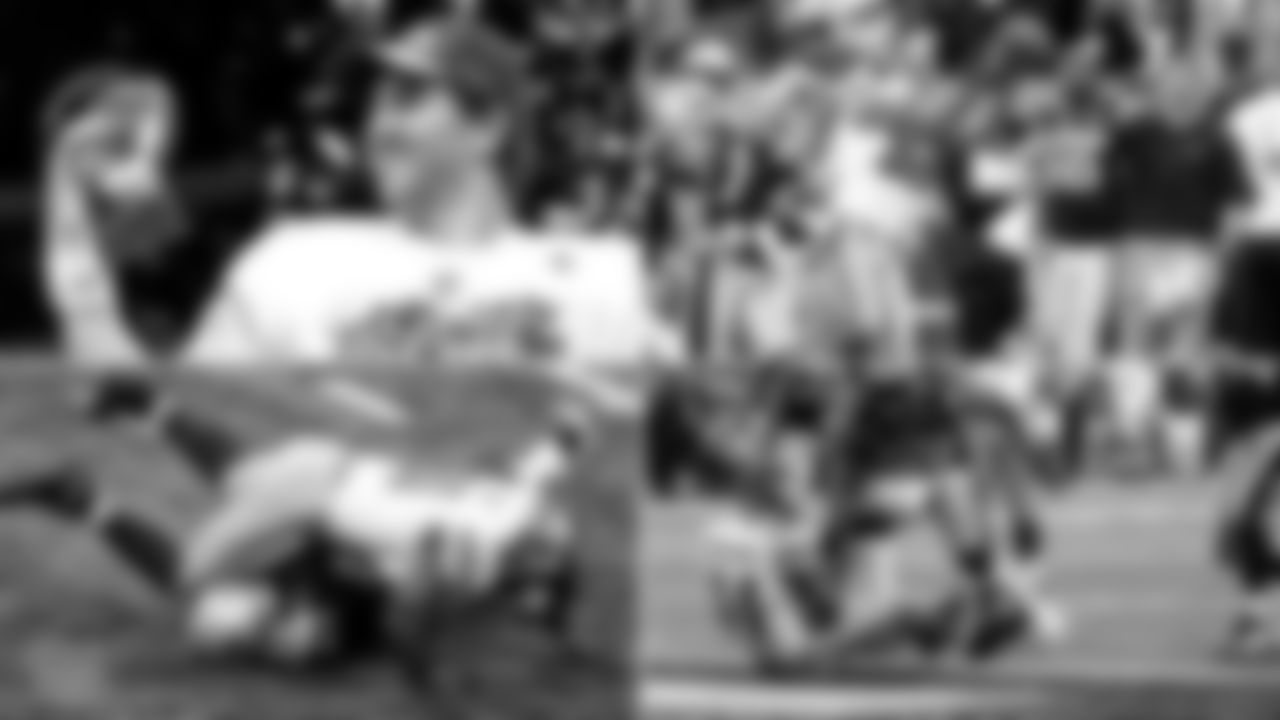
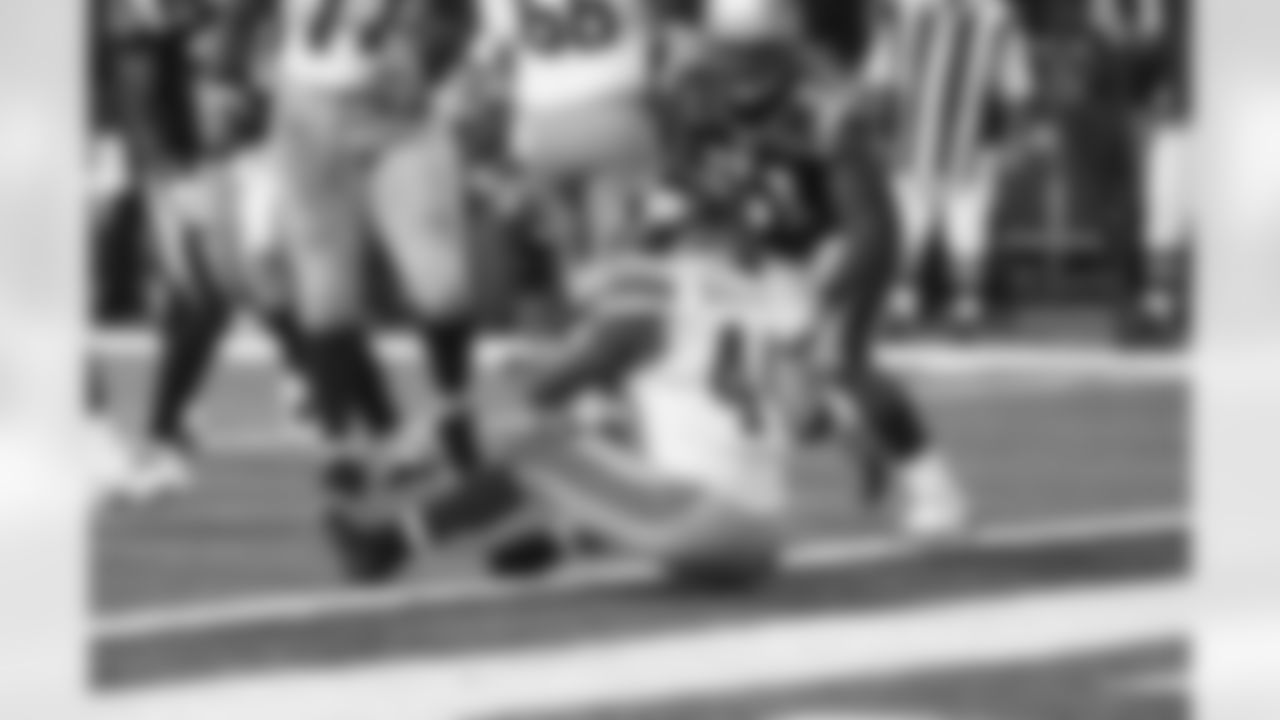
New York Giants running back Ahmad Bradshaw (44) falls into the endzone to score on a 6-yard run against the New England Patriots with 57 seconds remaining in the second half of the NFL football Super Bowl XLVI on Sunday, Feb.5, 2012, in Lucas Oil Stadium in Indianapolis, Indiana. The Giants defeated the Patriots 21-17. (AP Photo/Kevin Terrell)
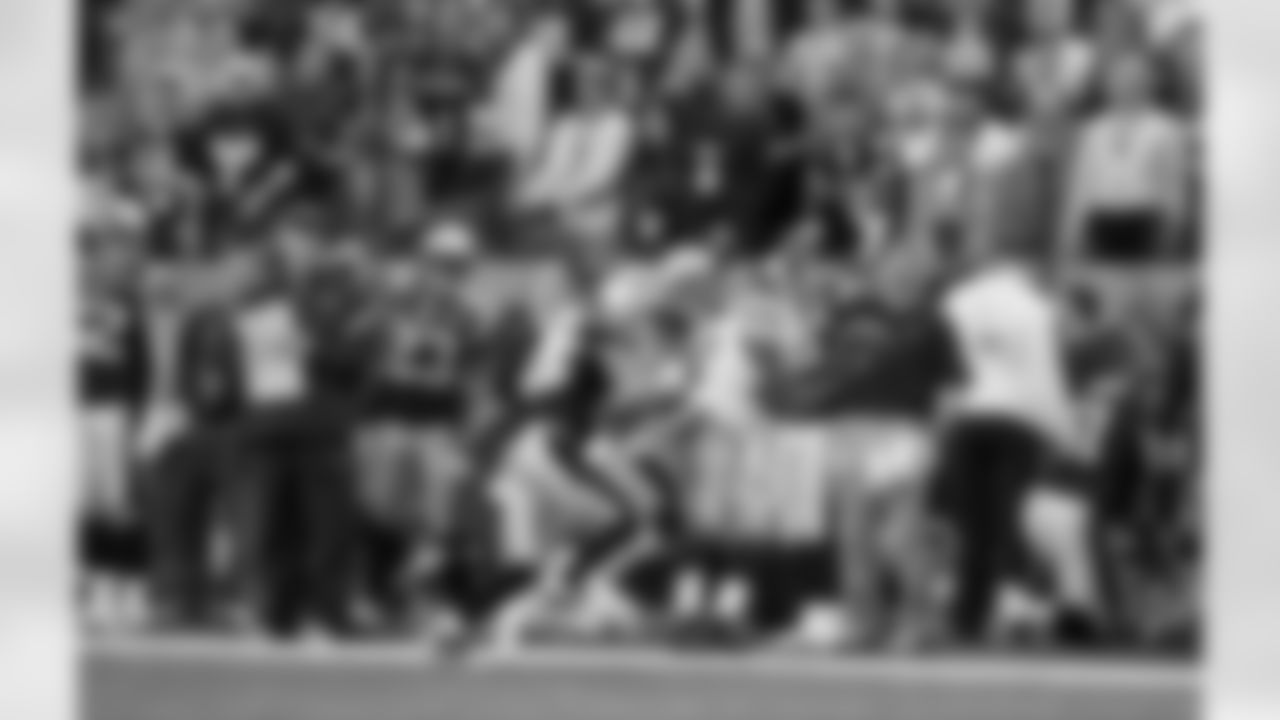
INDIANAPOLIS, IN - FEBRUARY 05: Mario Manningham #82 of the New York Giants makes a catch over Patrick Chung #25 and Sterling Moore #29 of the New England Patriots during Super Bowl XLVI at Lucas Oil Stadium on February 5, 2012.(AP Photo/Tom Hauck)
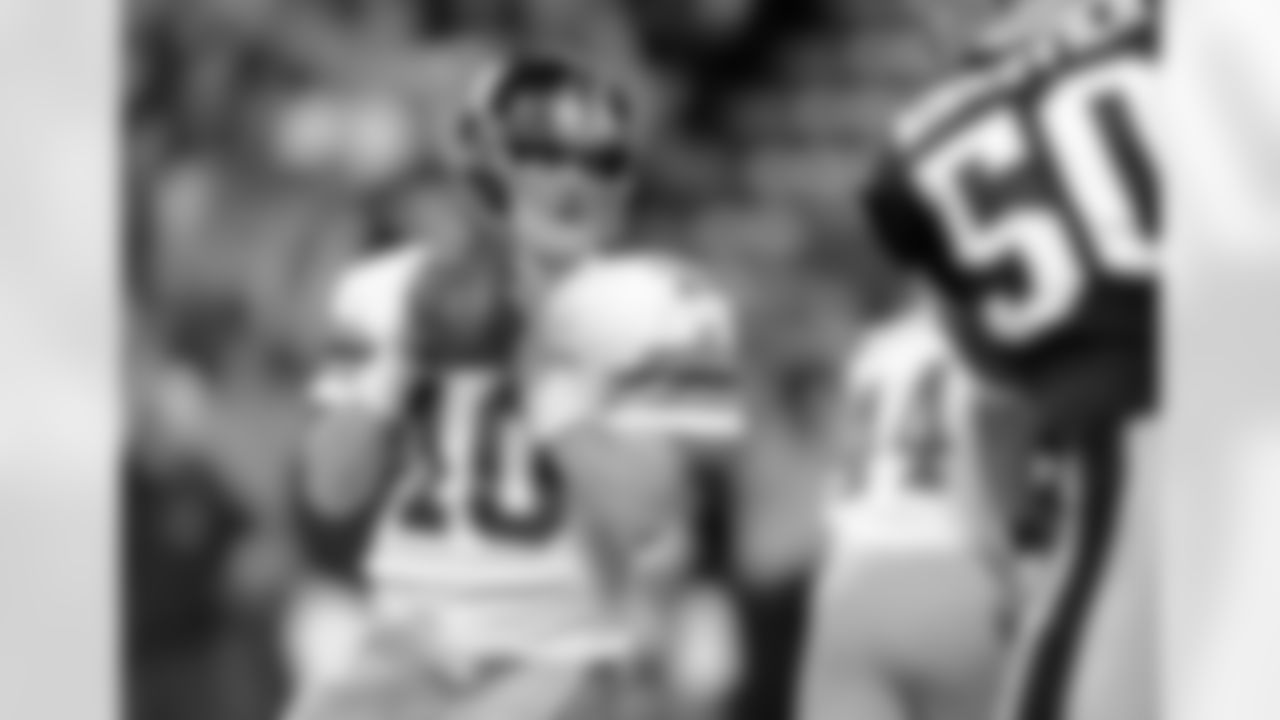
New York Giants quarterback Eli Manning (10) passes during the NFL Super Bowl XLVI football game against the New England Patriots on Sunday, February 5, 2012 in Indianapolis, IN. The Giants won the game 21-17. (AP Photo/Greg Trott)
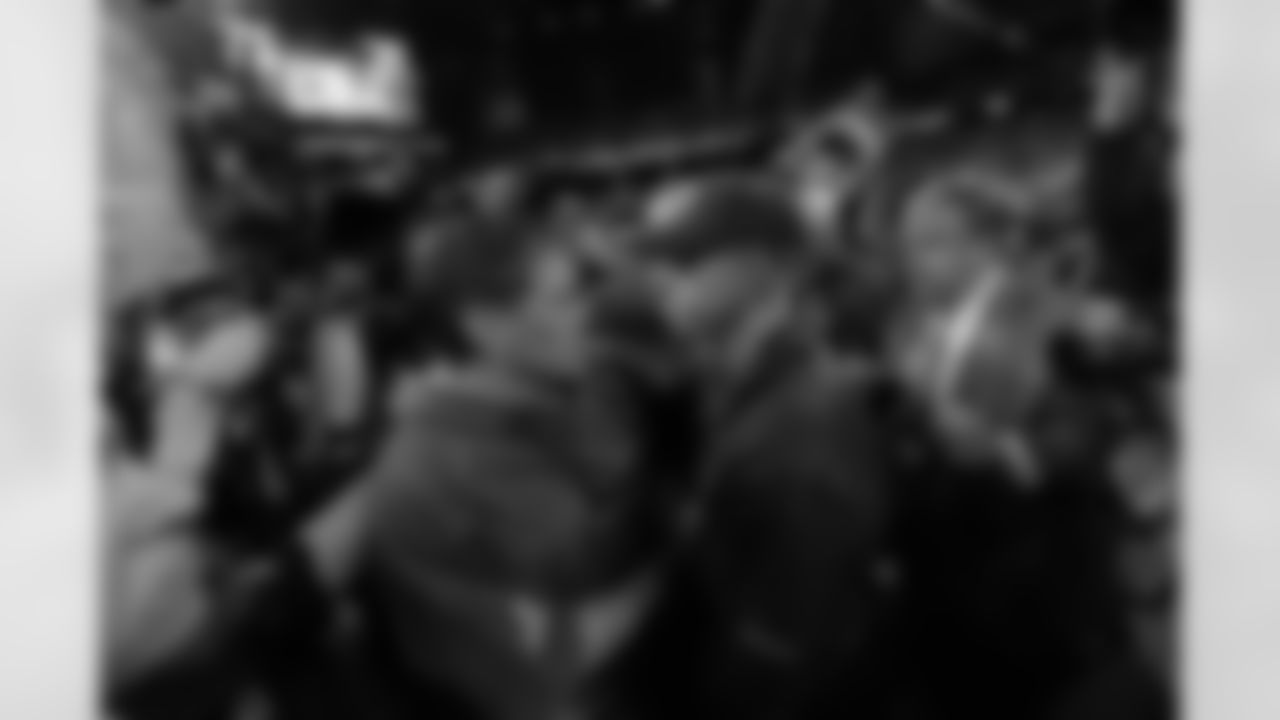
New York Giants head coach Tom Coughlin talks to New England Patriots coach Bill Belichick following NFL Super Bowl XLVI Sunday, Feb. 5, 2012, in Indianapolis (AP Photo/EvanPinkus)
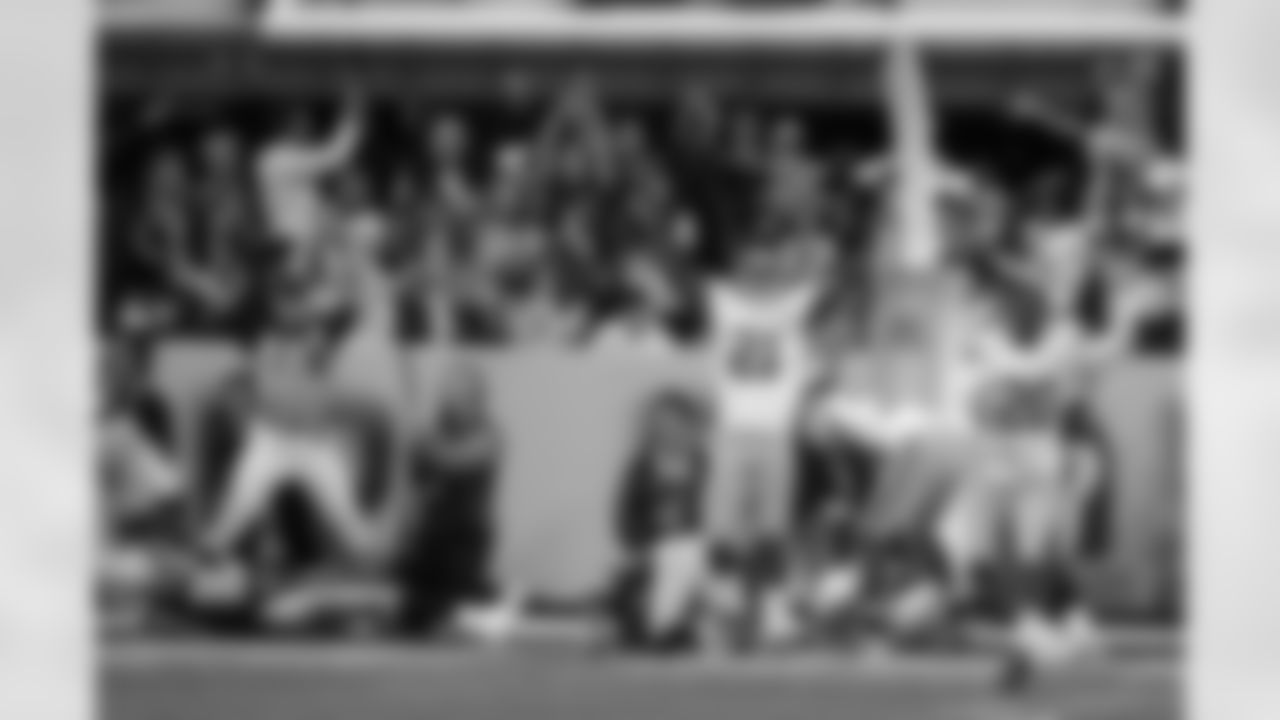
New York Giants safety Kenny Phillips (21) and Prince Amukamara (20) celebrate after the final play of the NFL Super Bowl XLVI football game against the New England Patriots Sunday, Feb. 5, 2012, in Indianapolis. (AP Photo/David Duprey)
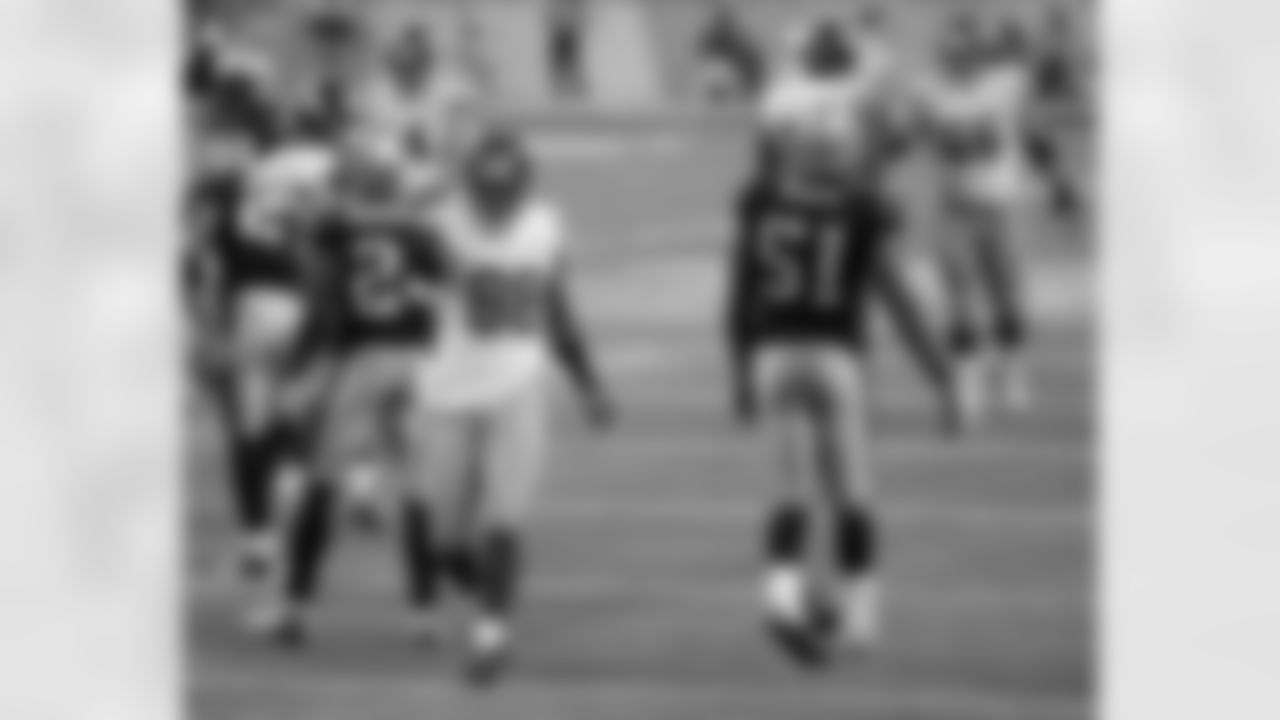
New York Giants wide receiver Hakeem Nicks reacts after a play during the second half of the NFL Super Bowl XLVI football game against the New England Patriots Sunday, Feb. 5, 2012, in Indianapolis. (AP Photo/David Duprey)
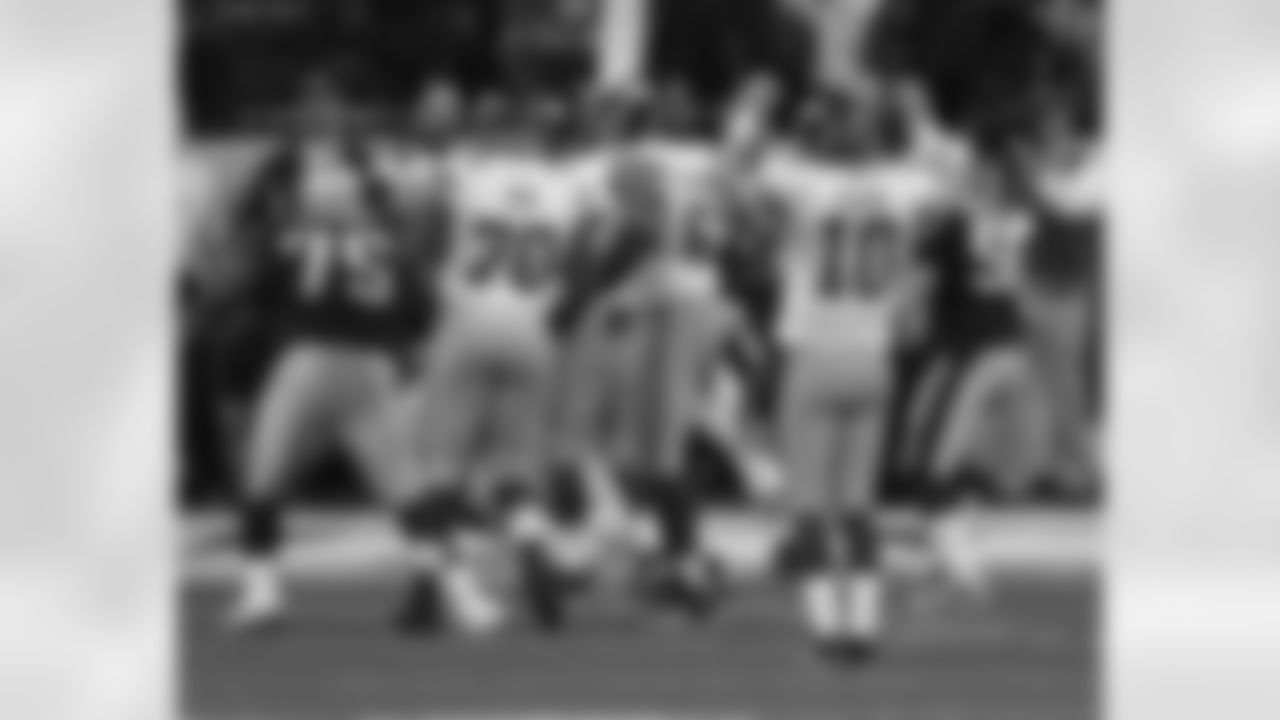
New York Giants quarterback Eli Manning (10) reacts after a play during the second half of the NFL Super Bowl XLVI football game against the New England Patriots Sunday, Feb. 5, 2012, in Indianapolis. (AP Photo/Michael Conroy)

New York Giants guard David Diehl holds the Vince Lombardi Trophy after the NFL Super Bowl XLVI football game against the New England Patriots, Sunday, Feb. 5, 2012, in Indianapolis. The Giants won 21-17. (AP Photo/Charlie Riedel)
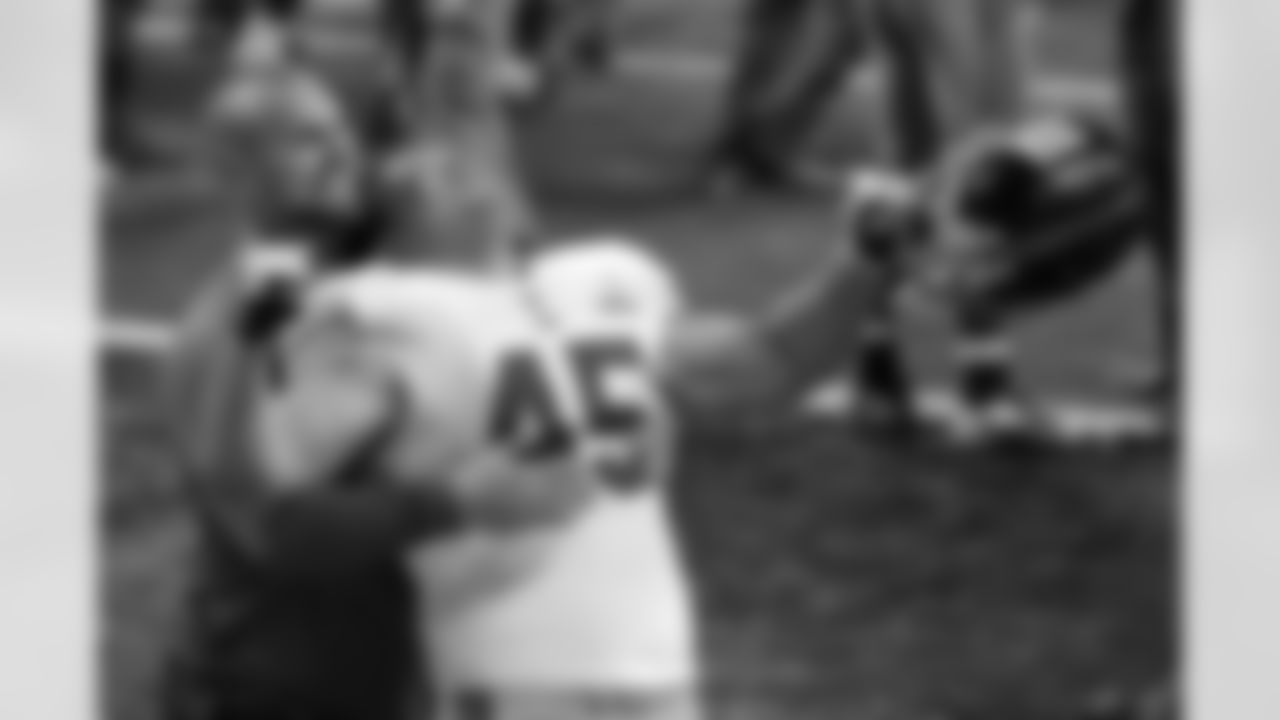
New York Giants fullback Henry Hynoski, right, celebrates with a teammate after the NFL Super Bowl XLVI football game against the New England Patriots, Sunday, Feb. 5, 2012, in Indianapolis. The Giants won 21-17. (AP Photo/Elise Amendola)
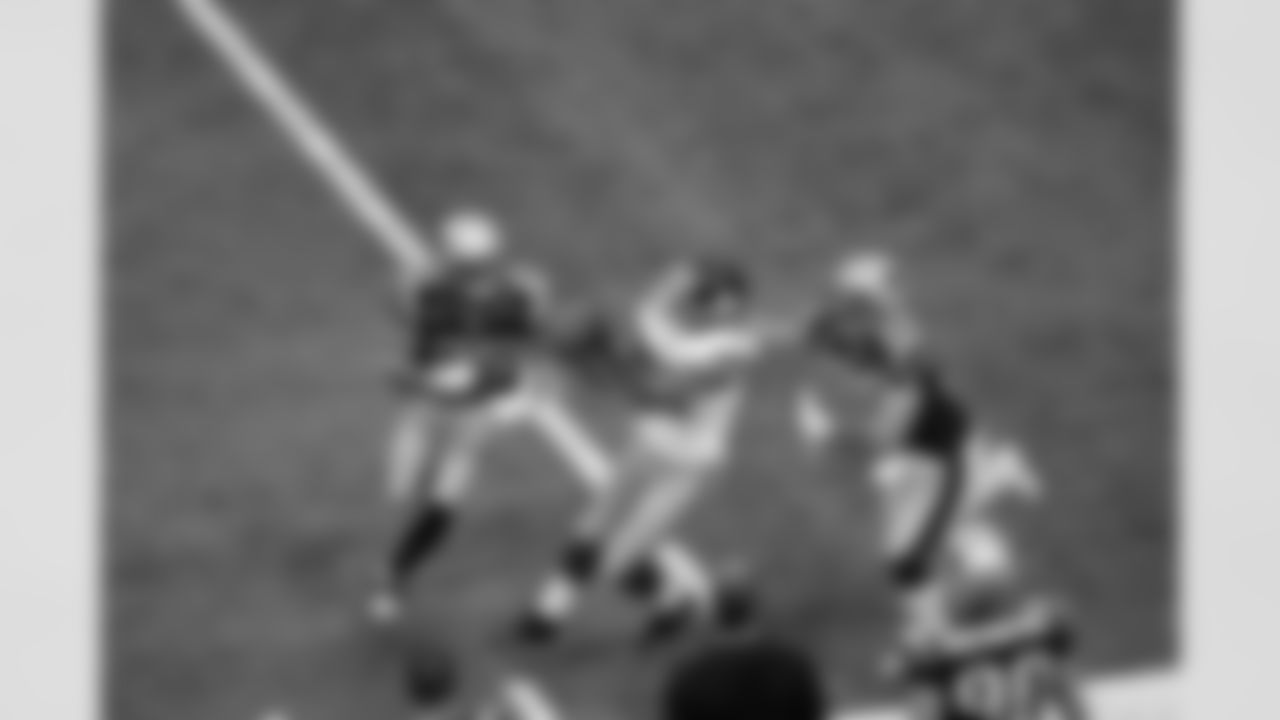
INDIANAPOLIS, IN - FEBRUARY 5: Mario Manningham #82 of the New York Giants catches the football as he manages to keep both feet in bounds during the game against the New England Patriots in Super Bowl XLVI at Lucas Oil Stadium on February 5, 2012 in Indianapolis, Indiana. The Giants defeated the Patriots 21-17. (AP Photo/Scott Boehm)
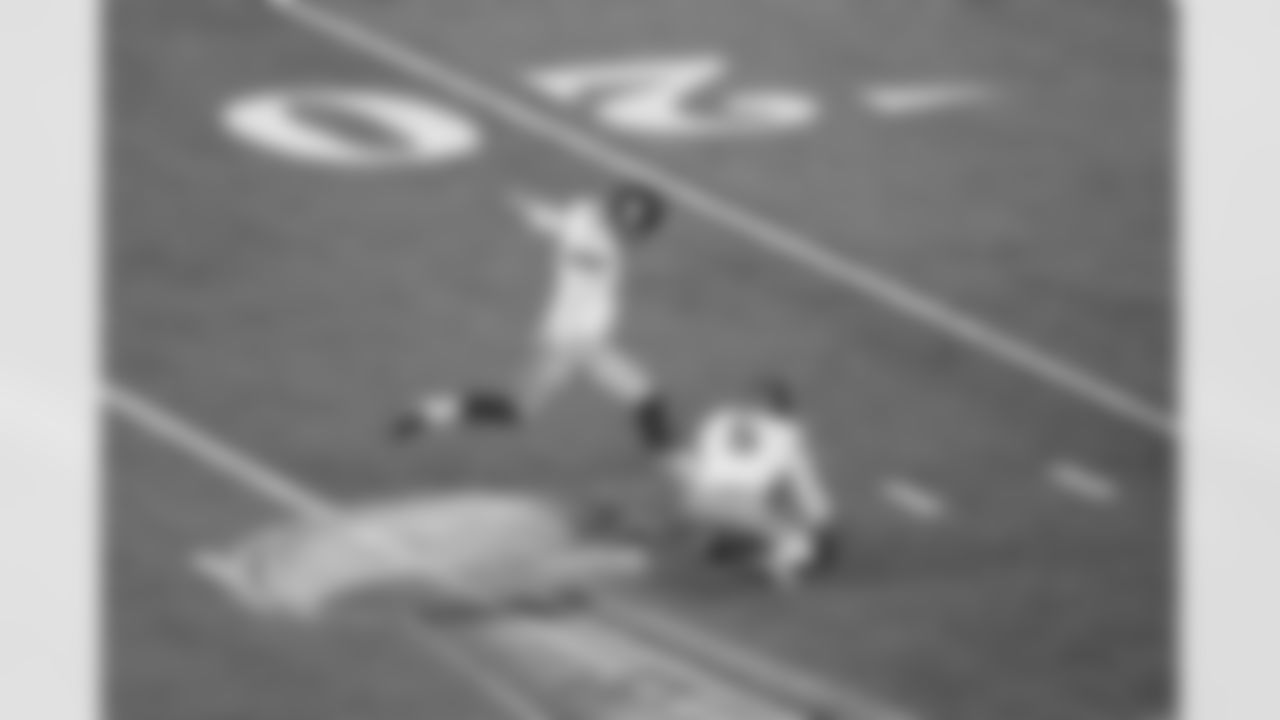
INDIANAPOLIS, IN - FEBRUARY 5: Lawrence Tynes #9 of the New York Giants kicks a field goal as Steve Weatherford #5 holds during the game against the New England Patriots in Super Bowl XLVI at Lucas Oil Stadium on February 5, 2012 in Indianapolis, Indiana. The Giants defeated the Patriots 21-17. (AP Photo/Scott Boehm)
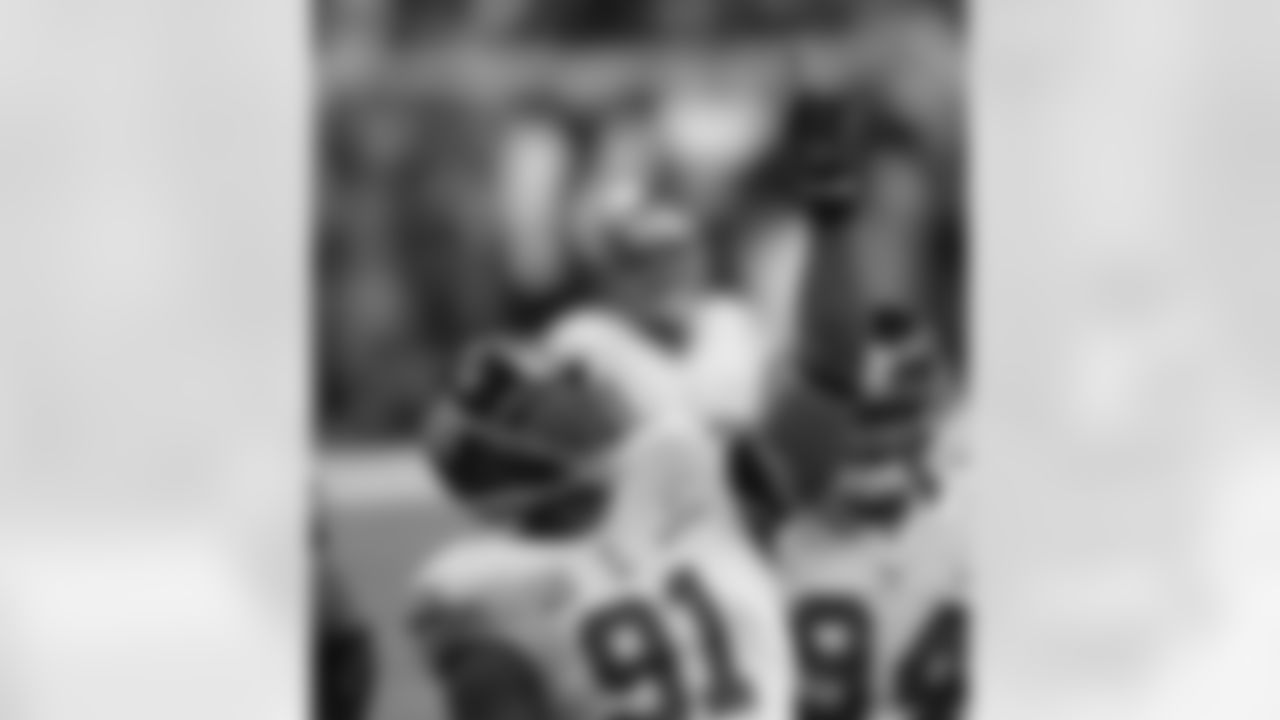
New York Giants defensive end Justin Tuck (91) celebrates after sacking New England Patriots quarterback Tom Brady during the second half of the NFL Super Bowl XLVI football game, Sunday, Feb. 5, 2012, in Indianapolis. (AP Photo/David Duprey)

INDIANAPOLIS, IN - FEBRUARY 5: Eli Manning #10 of the New York Giants holds the Vince Lombardi Trophy as Tom Coughlin looks on after the game against the New England Patriots in Super Bowl XLVI at Lucas Oil Stadium on February 5, 2012 in Indianapolis, Indiana. The Giants defeated the Patriots 21-17. (AP Photo/Scott Boehm)
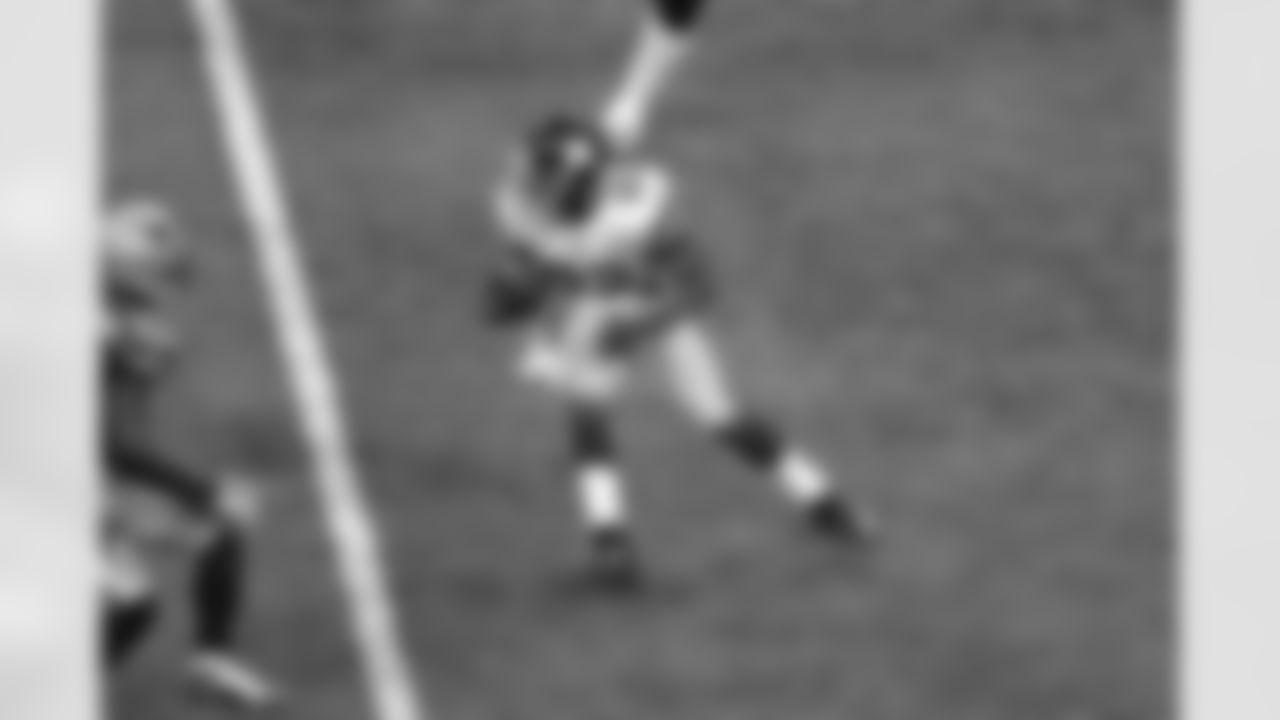
INDIANAPOLIS, IN - FEBRUARY 5: Mario Manningham #82 of the New York Giants runs with the football during the game against the New England Patriots in Super Bowl XLVI at Lucas Oil Stadium on February 5, 2012 in Indianapolis, Indiana. The Giants defeated the Patriots 21-17. (AP Photo/Scott Boehm)
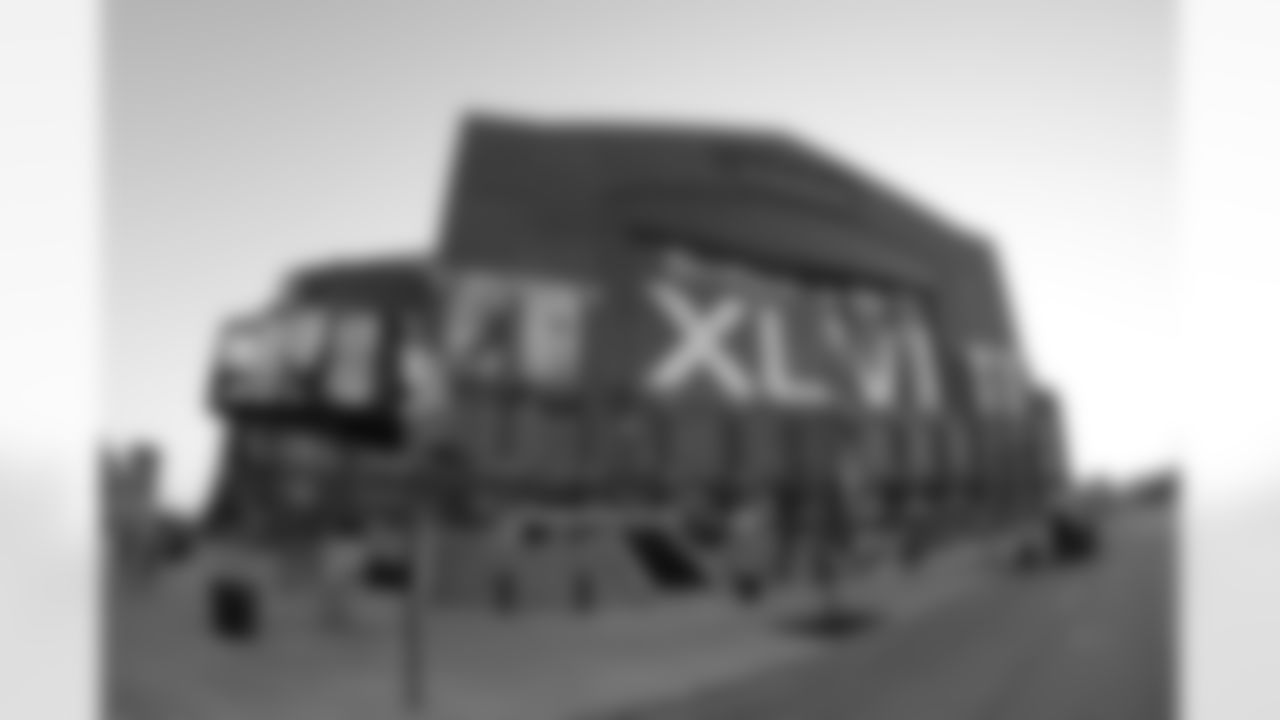
INDIANAPOLIS, IN - FEBRUARY 5: A general view outside of Lucas Oil Stadium during the Super Bowl XLVI game between the New York Giants against the New England Patriots at Lucas Oil Stadium on February 5, 2012 in Indianapolis, Indiana. The Giants defeated the Patriots 21-17. (AP Photo/Scott Boehm)

INDIANAPOLIS, IN - FEBRUARY 5: A program vender can be selling Super Bowl XLVI programs outside of Lucas Oil Stadium during the Super Bowl XLVI game between the New York Giants against the New England Patriots at Lucas Oil Stadium on February 5, 2012 in Indianapolis, Indiana. The Giants defeated the Patriots 21-17. (AP Photo/Scott Boehm)
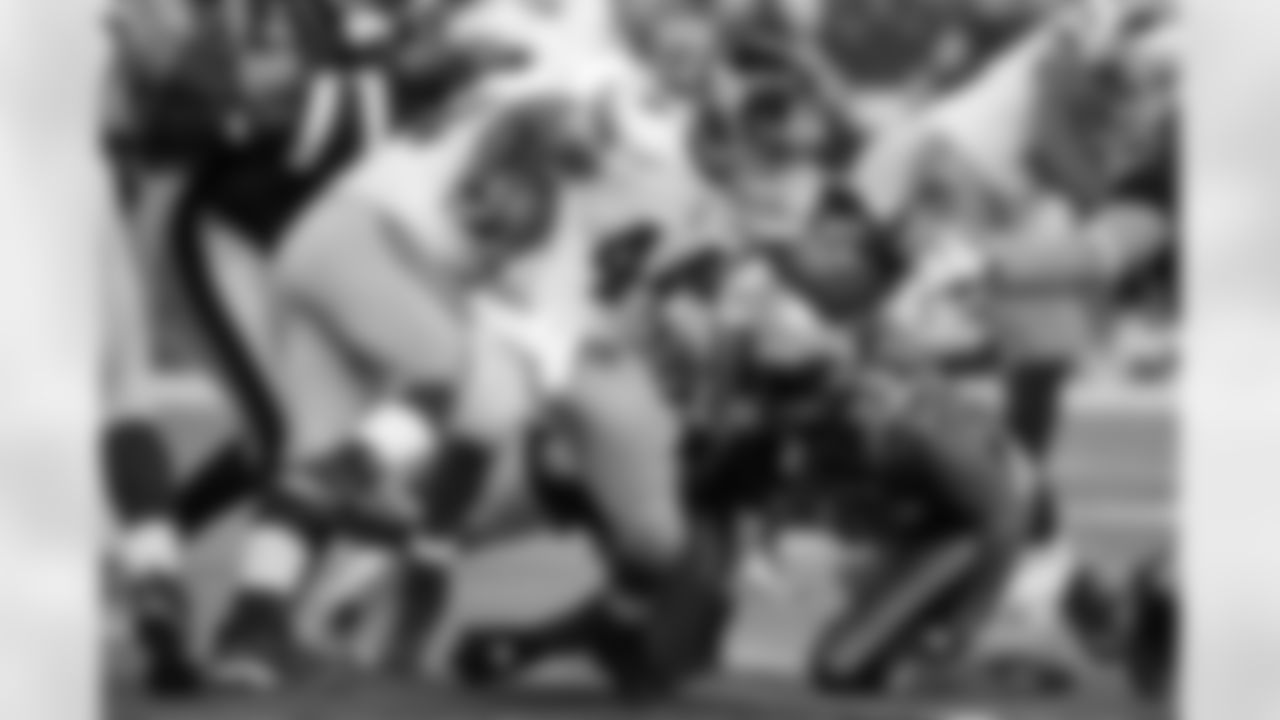
INDIANAPOLIS, IN - FEBRUARY 05: Ahmad Bradshaw #44 of the New York Giants runs the ball during Super Bowl XLVI at Lucas Oil Stadium on February 5, 2012.(AP Photo/Tom Hauck)
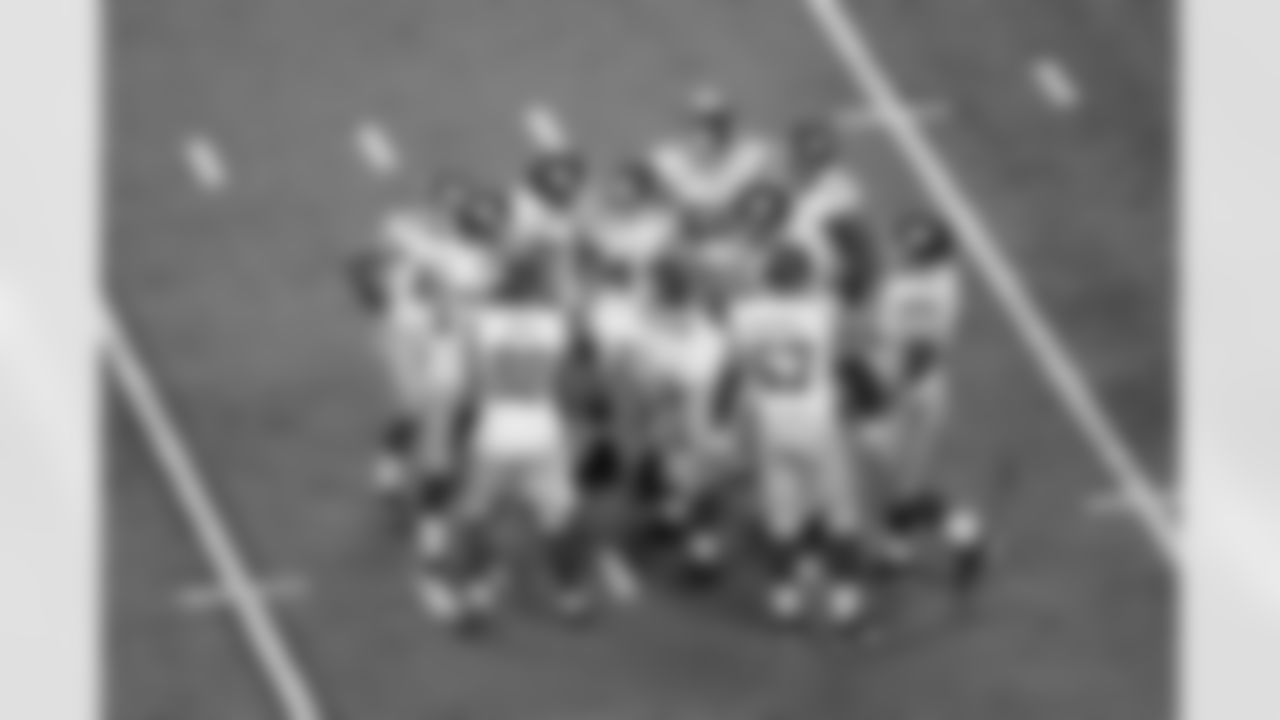
INDIANAPOLIS, IN - FEBRUARY 5: New York Giants players huddle during the Super Bowl XLVI game between the New York Giants against the New England Patriots at Lucas Oil Stadium on February 5, 2012 in Indianapolis, Indiana. The Giants defeated the Patriots 21-17. (AP Photo/Scott Boehm)
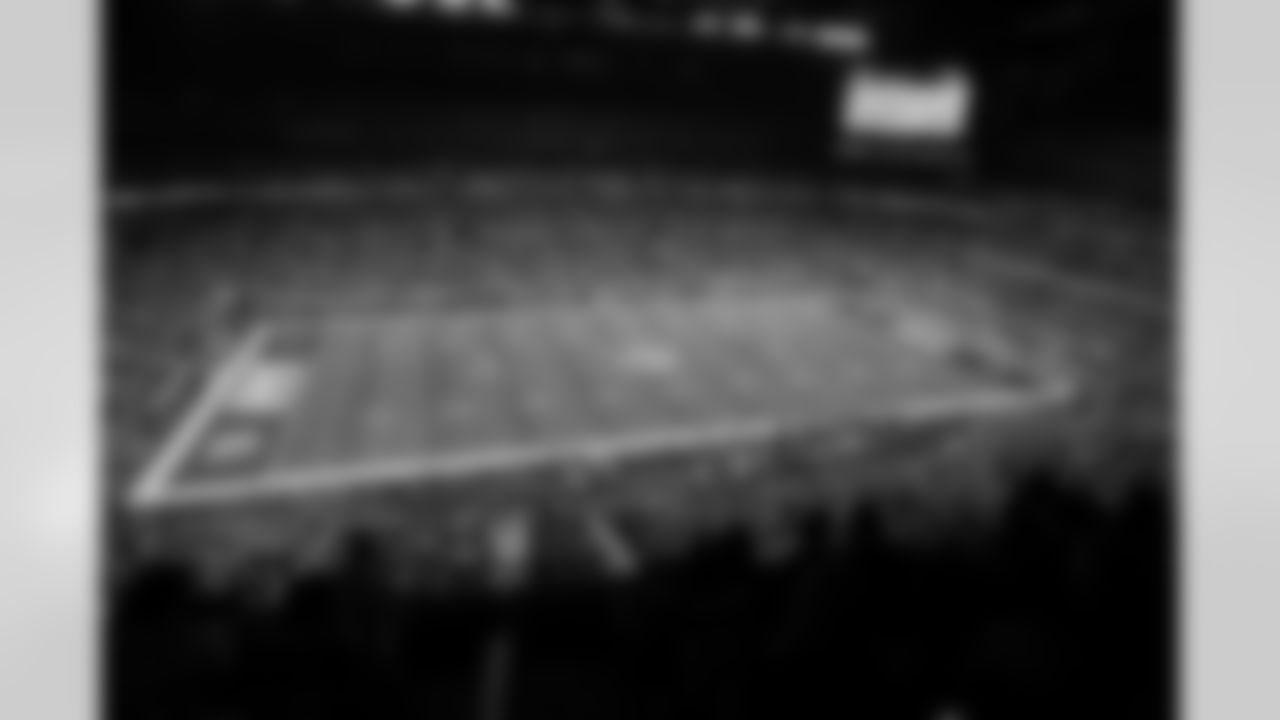
INDIANAPOLIS, IN - FEBRUARY 5: A general view inside of Lucas Oil Stadium as fans watch the action on the field during the Super Bowl XLVI game between the New York Giants against the New England Patriots at Lucas Oil Stadium on February 5, 2012 in Indianapolis, Indiana. The Giants defeated the Patriots 21-17. (AP Photo/Scott Boehm)
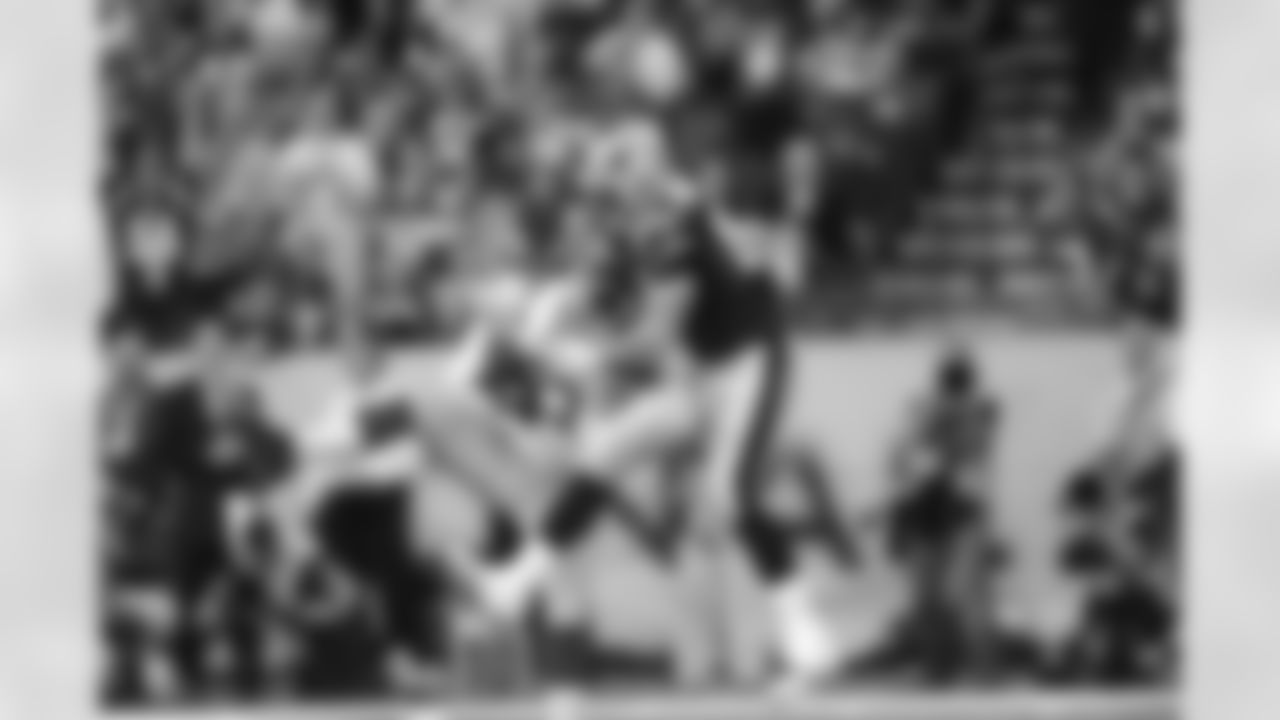
New York Giants linebacker Chase Blackburn intercepts a pass intended for New England Patriots Rob Gronkowski during the fourth quarter of the NFL Super Bowl XLVI football game on Sunday, February 5, 2012 in Indianapolis. The Giants won 21-17. (AP Photo/G. Newman Lowrance)
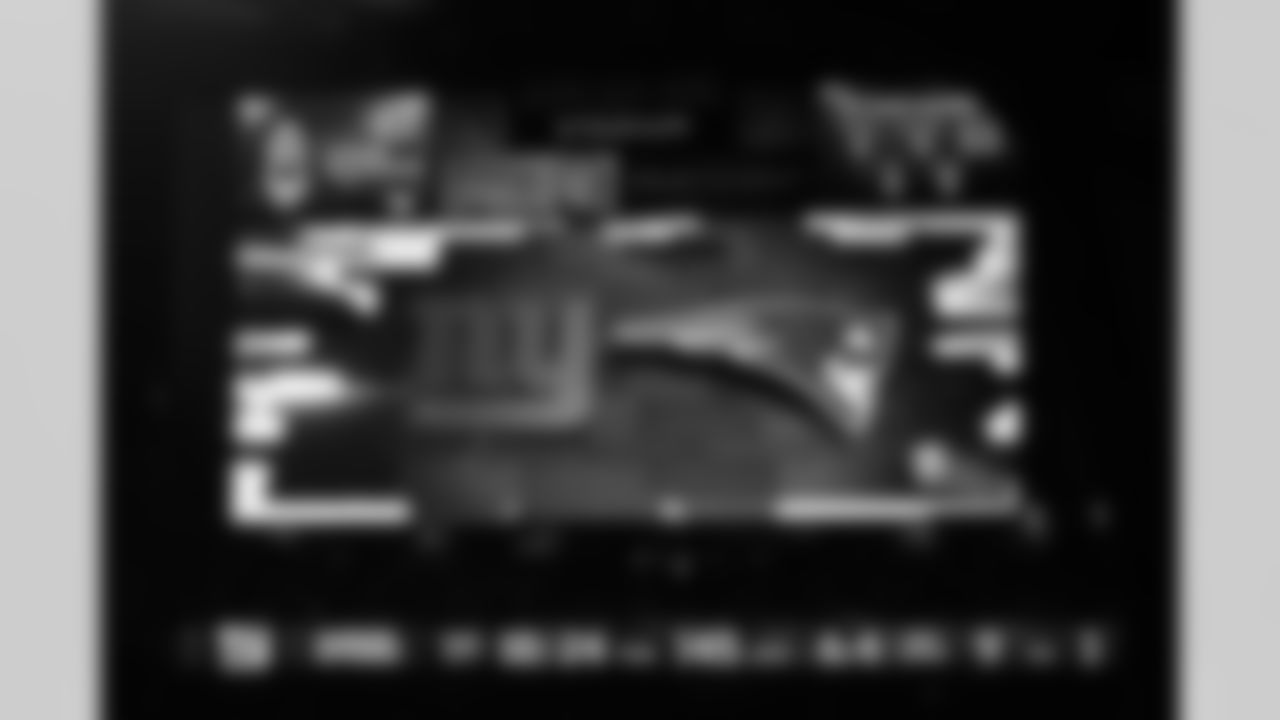
INDIANAPOLIS, IN - FEBRUARY 5: The New York Giants and New England Patriots logos can be seen displayed on the scoreboard during the Super Bowl XLVI game between the New York Giants against the New England Patriots at Lucas Oil Stadium on February 5, 2012 in Indianapolis, Indiana. The Giants defeated the Patriots 21-17. (AP Photo/Scott Boehm)
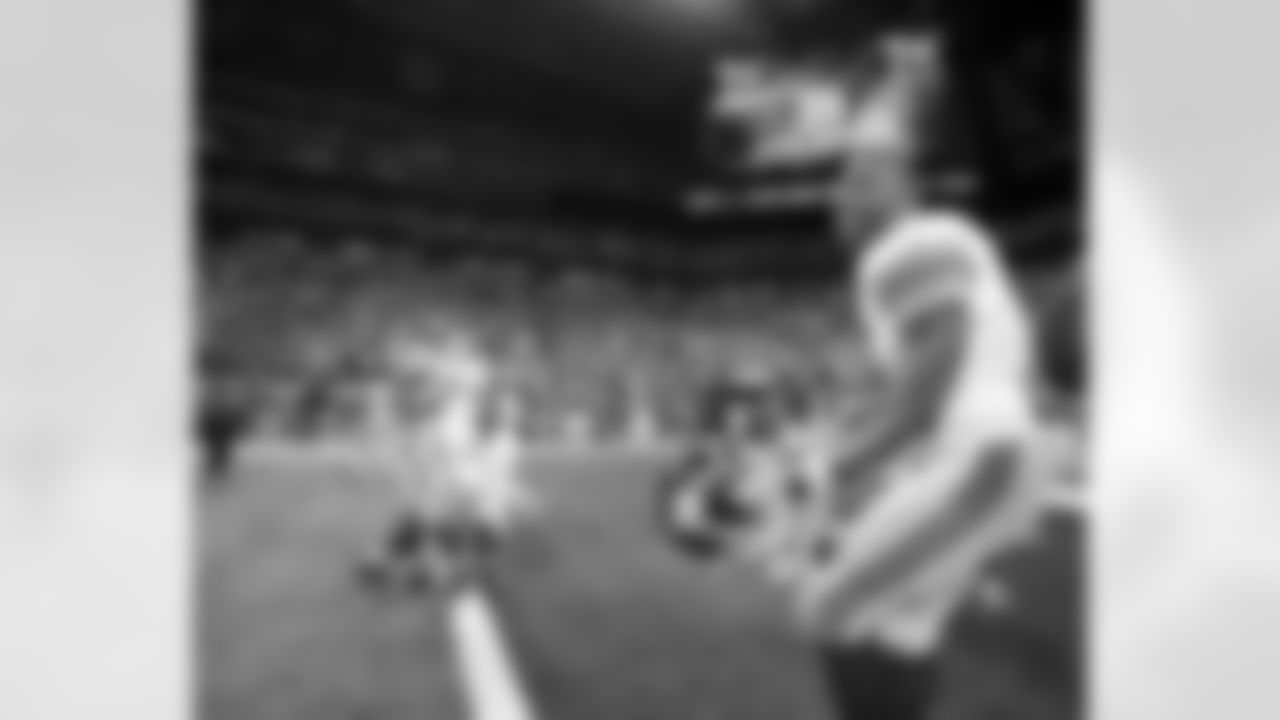
INDIANAPOLIS, IN - FEBRUARY 05: Brandon Jacobs #27 of the New York Giants celebrates a victory after Super Bowl XLVI at Lucas Oil Stadium on February 5, 2012.(AP Photo/Tom Hauck)
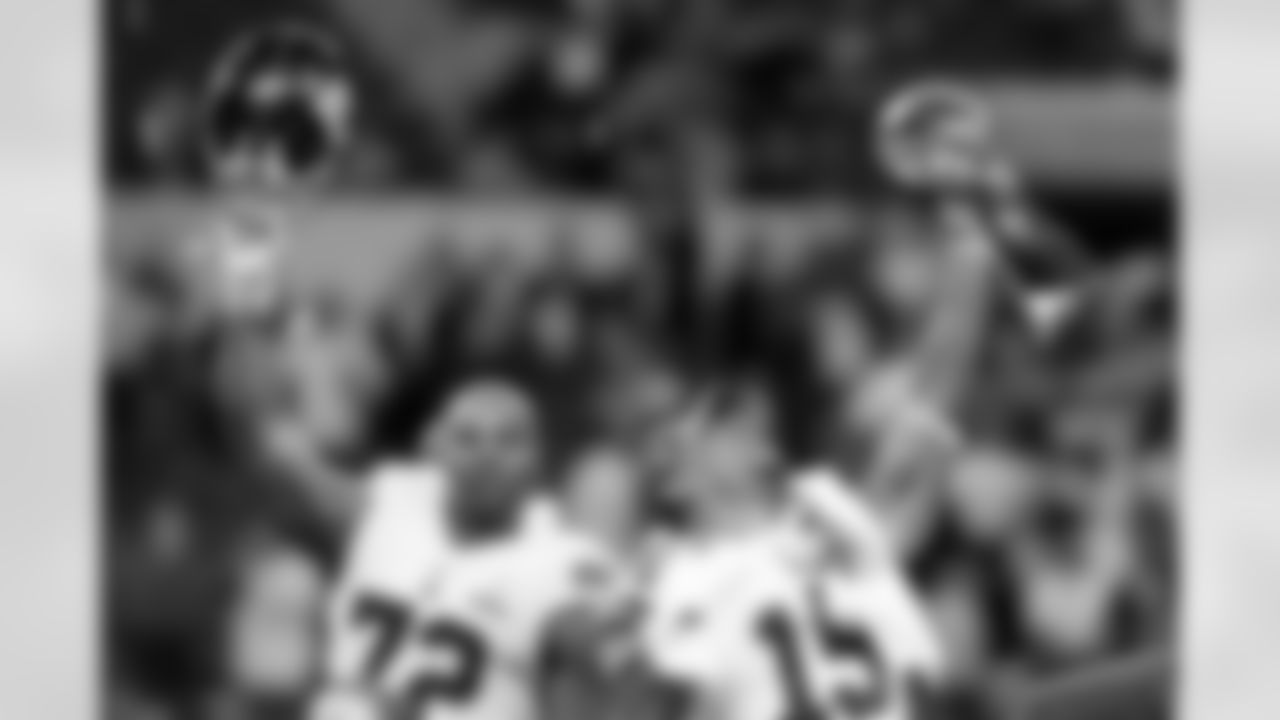
INDIANAPOLIS, IN - FEBRUARY 05: Devin Thomas #15 and Osi Umenyora #72 of the New York Giants hold the trophy after the Super Bowl XLVI at Lucas Oil Stadium on February 5, 2012.(AP Photo/Tom Hauck)
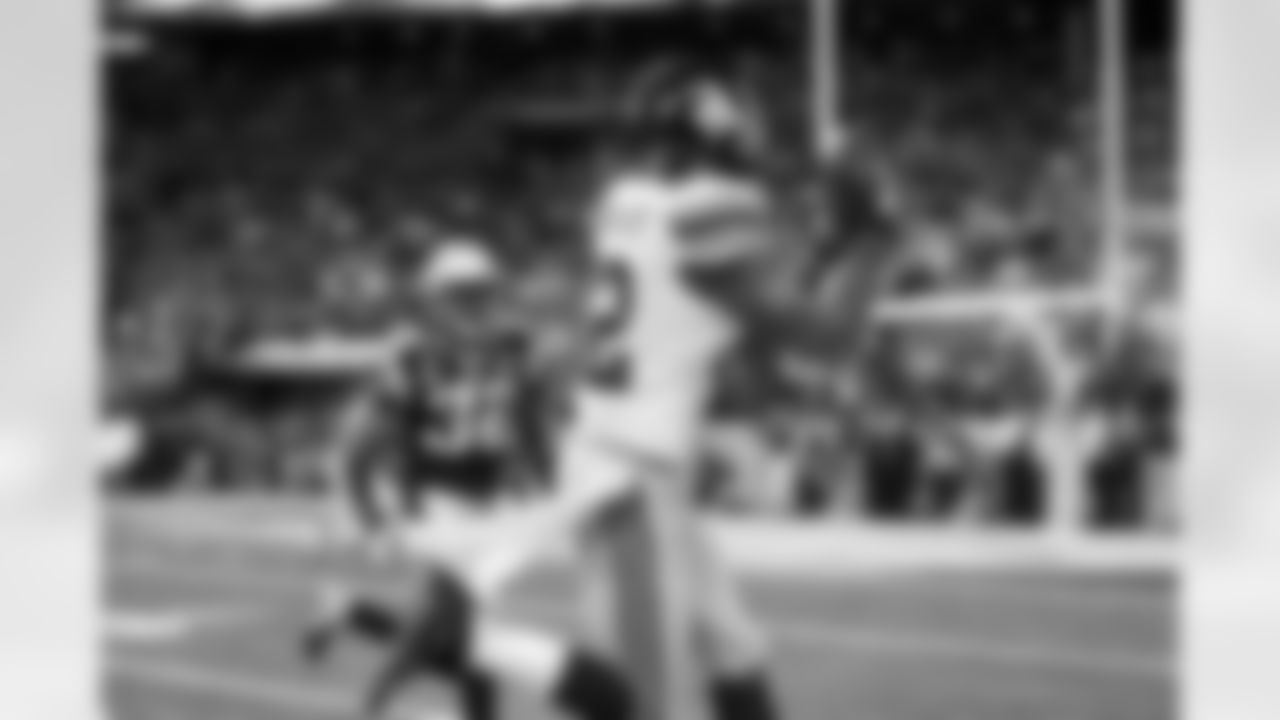
INDIANAPOLIS, IN - FEBRUARY 05: Mario Manningham #82 of the New York Giants cant pull down the pass inbounds during Super Bowl XLVI at Lucas Oil Stadium on February 5, 2012.(AP Photo/Tom Hauck)
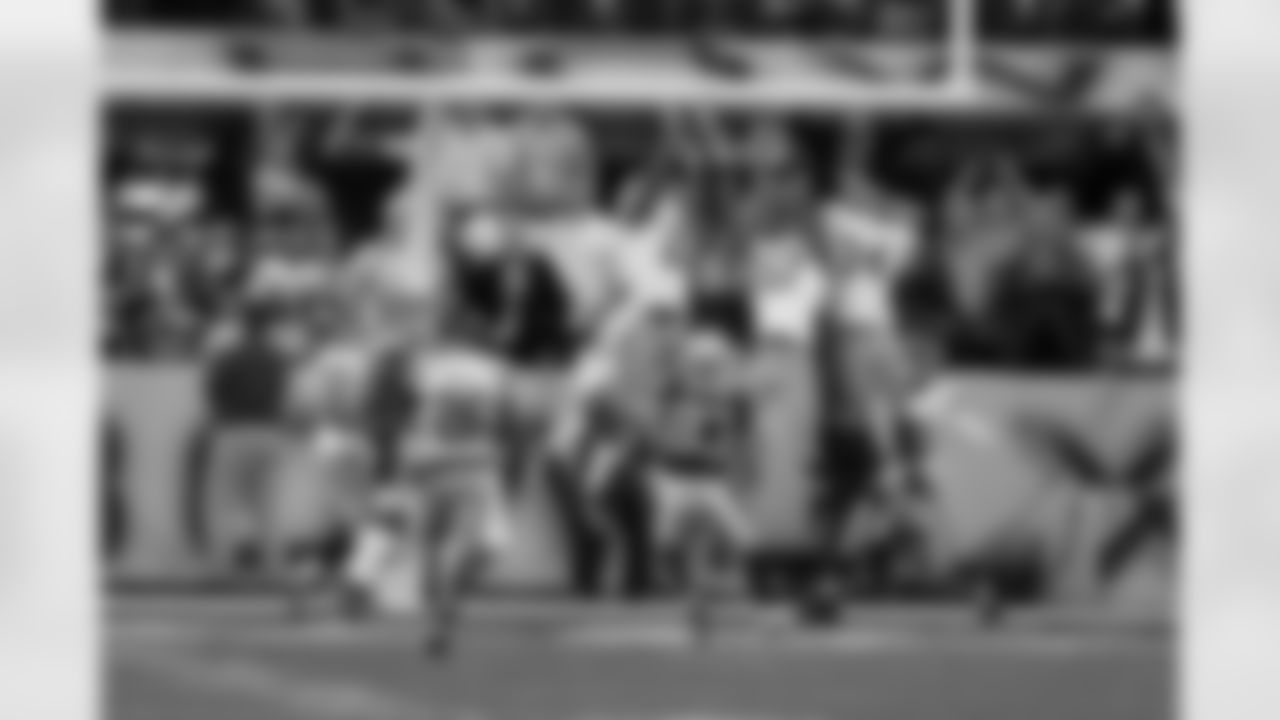
New York Giants players and New England Patriots players leap for the final Hail Mary pass that fell incomplete at Super Bowl XLVI on Sunday, February 5, 2012 in Indianapolis, IN. The Giants defeated the Patriots 21-17. (AP Photo/Gregory Payan)
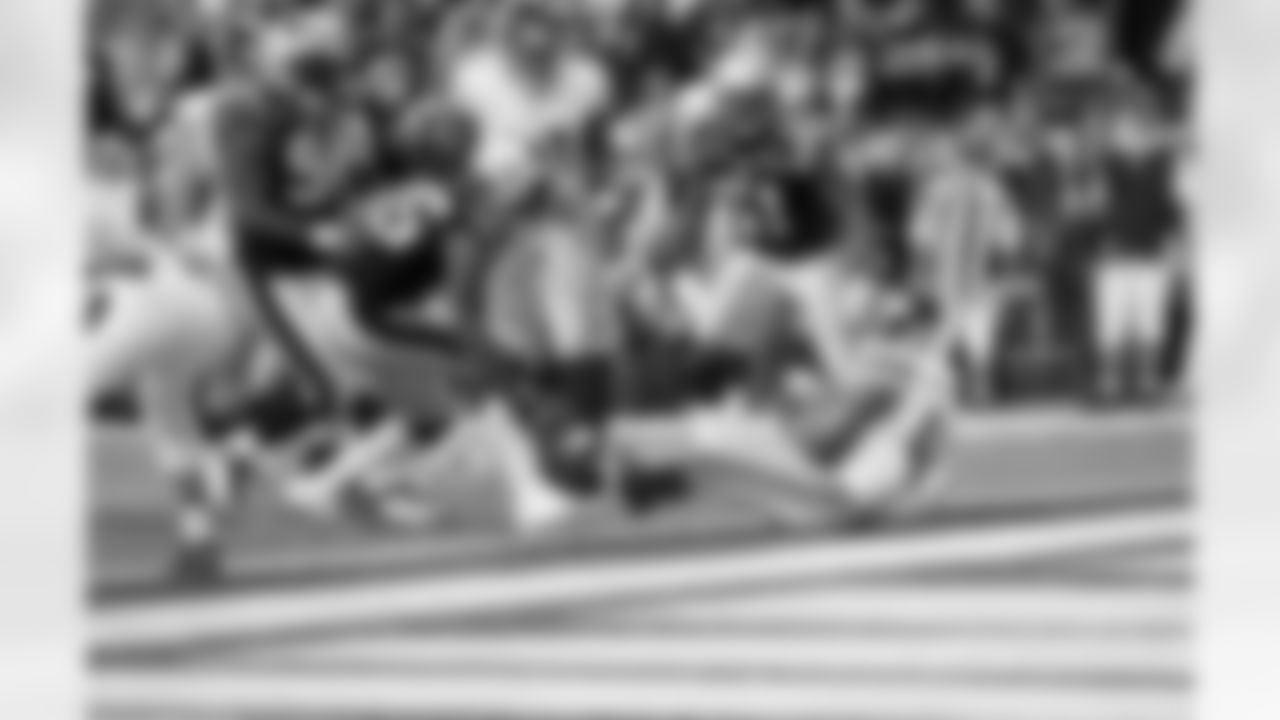
INDIANAPOLIS, IN - FEBRUARY 05: Ahmad Bradshaw #44 of the New York Giants falls into the endzone during Super Bowl XLVI at Lucas Oil Stadium on February 5, 2012.(AP Photo/Tom Hauck)
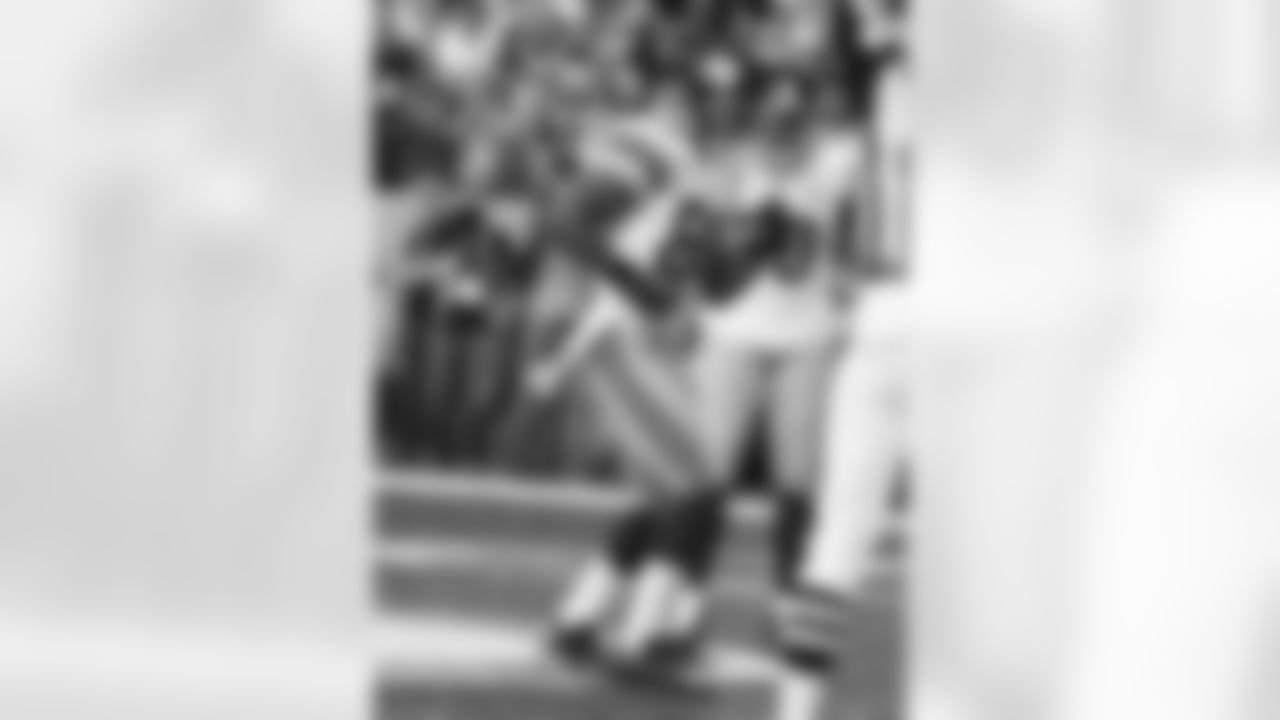
New York Giants wide receiver Victor Cruz (80) does a Salsa dance after catching a 2-yard scoring pass against the New England Patriots during the first half of the NFL football Super Bowl XLVI on Sunday, Feb.5, 2012, in Lucas Oil Stadium in Indianapolis, Indiana. The Giants defeated the Patriots 21-17. (AP Photo/Kevin Terrell)
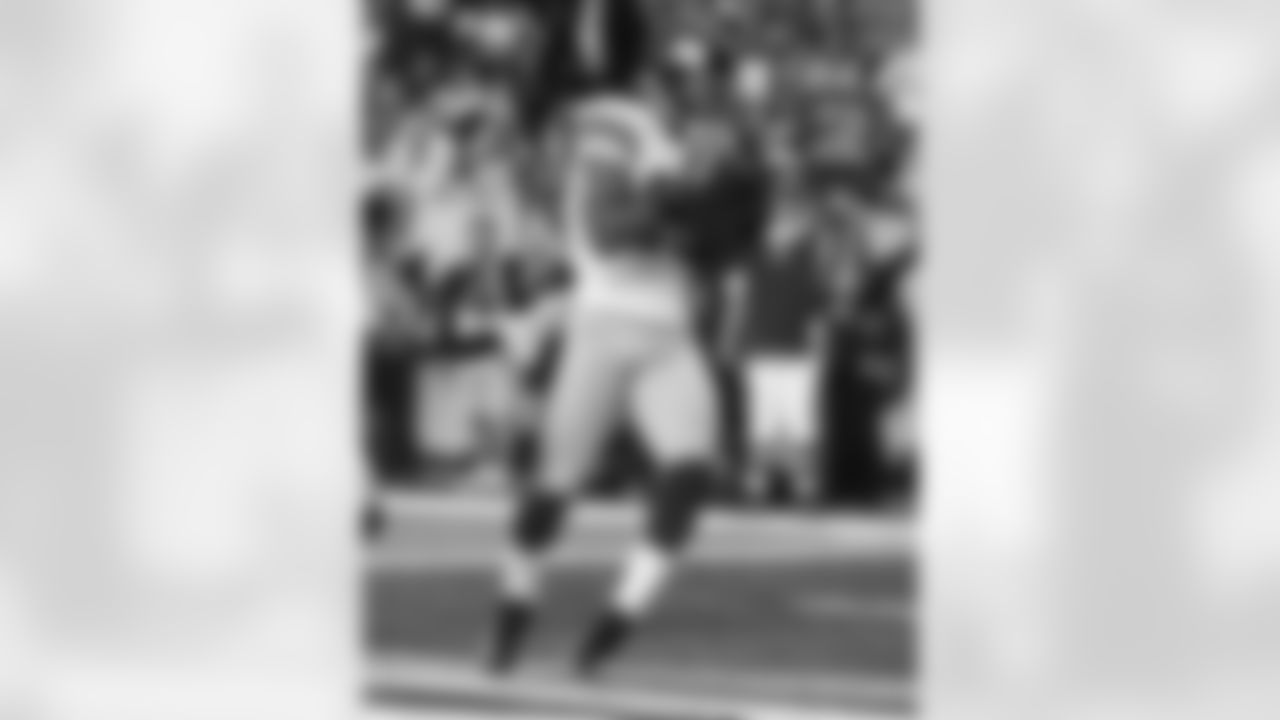
New York Giants wide receiver Victor Cruz (80) catches a 2-yard scoring pass against the New England Patriots during the first half of the NFL football Super Bowl XLVI on Sunday, Feb.5, 2012, in Lucas Oil Stadium in Indianapolis, Indiana. The Giants defeated the Patriots 21-17. (AP Photo/Kevin Terrell)
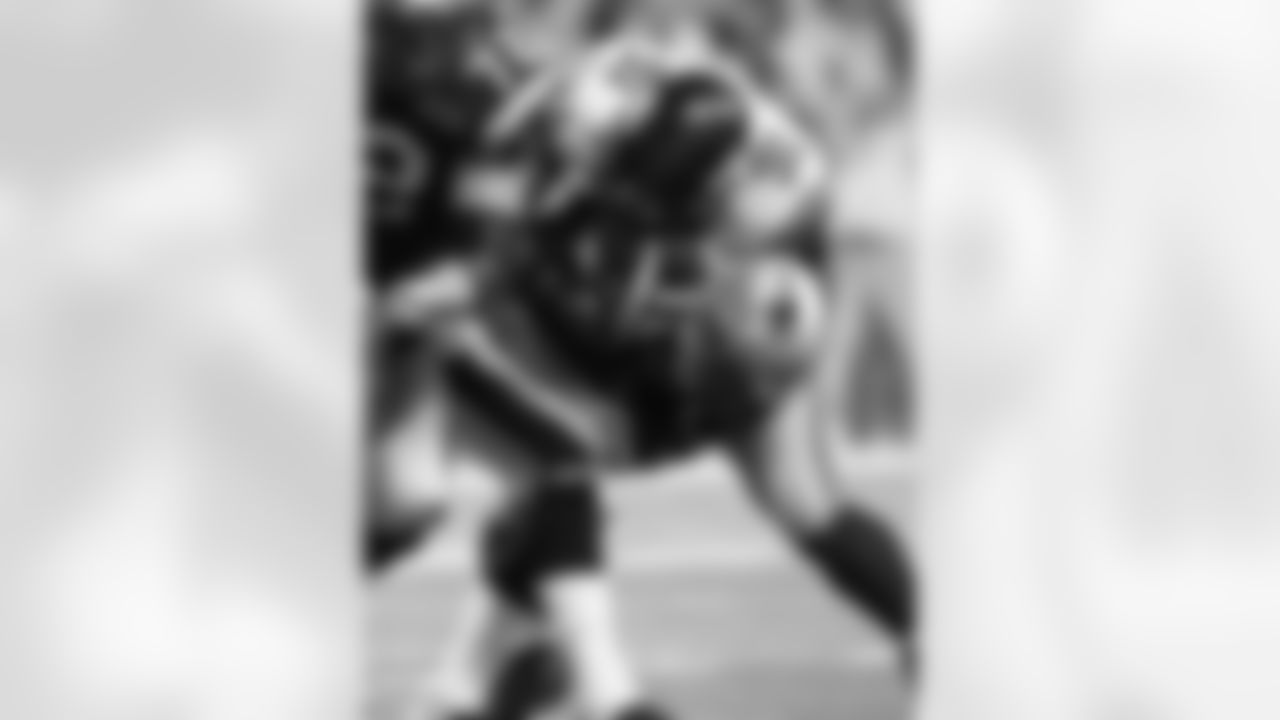
New York Giants defensive end Justin Tuck (91) sacks New England Patriots quarterback Tom Brady (12) during the second half of the NFL football Super Bowl XLVI on Sunday, Feb.5, 2012, in Lucas Oil Stadium in Indianapolis, Indiana. The Giants defeated the Patriots 21-17. (AP Photo/Kevin Terrell)
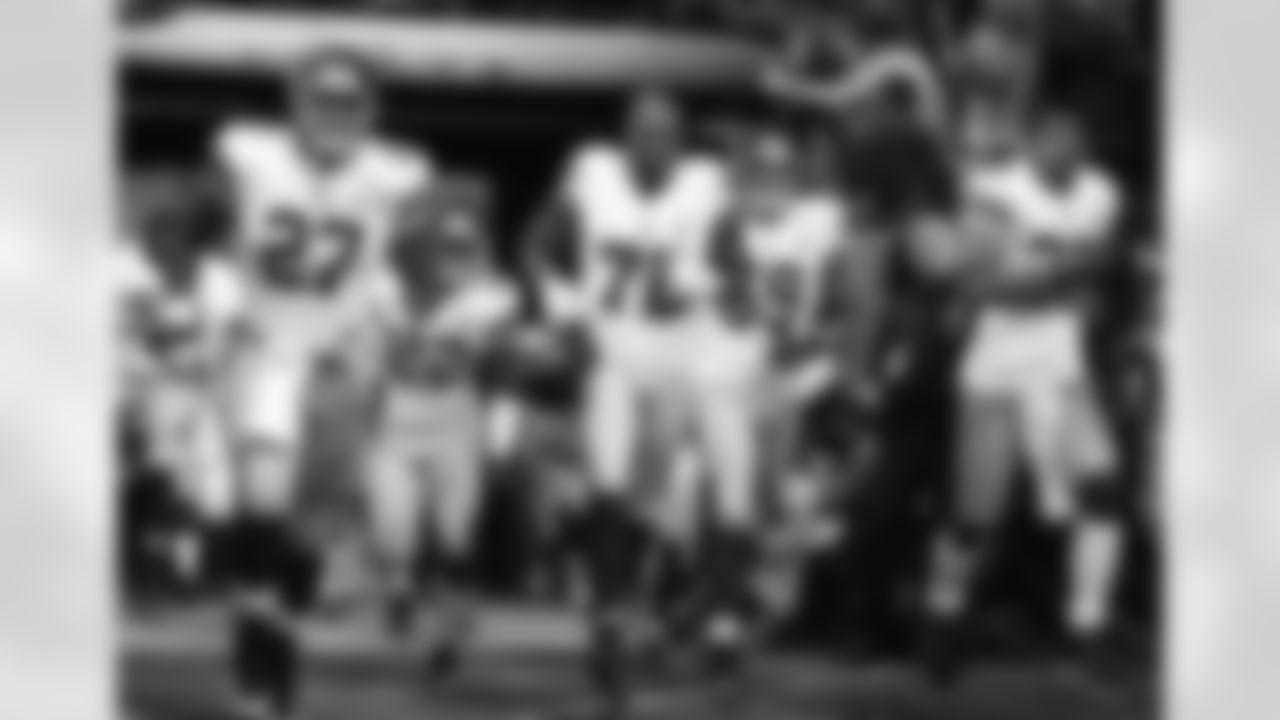
New York Giants running back Brandon Jacobs (27), defensive end Osi Umenyiora (72), linebacker Michael Boley (59) and cornerback Corey Webster (23) take the field before playing the New England Patriots in the NFL football Super Bowl XLVI on Sunday, Feb.5, 2012, in Lucas Oil Stadium in Indianapolis, Indiana. The Giants defeated the Patriots 21-17. (AP Photo/Kevin Terrell)
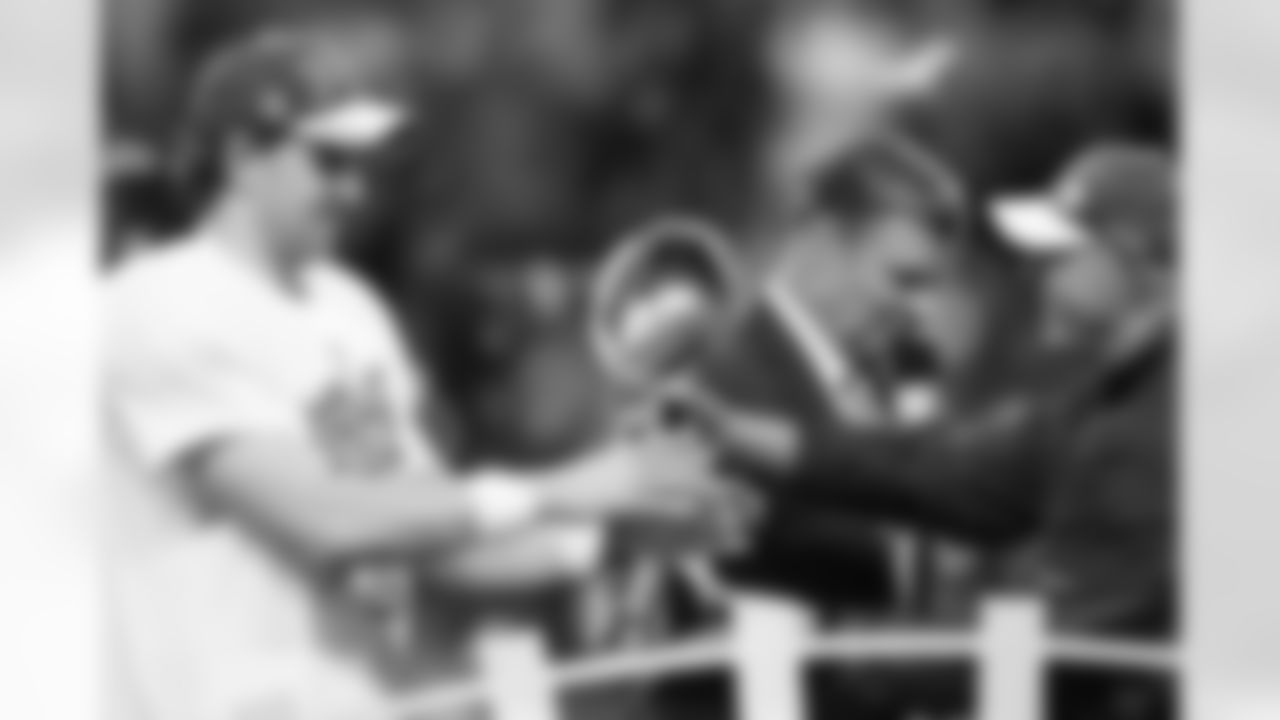
New York Giants quarterback Eli Manning (10) receives the Vince Lombardi Trophy from head coach Tom Coughlin on the podium against the New England Patriots during the trophy presentation of the NFL football Super Bowl XLVI on Sunday, Feb.5, 2012, in Lucas Oil Stadium in Indianapolis, Indiana. The Giants defeated the Patriots 21-17. (AP Photo/Kevin Terrell)
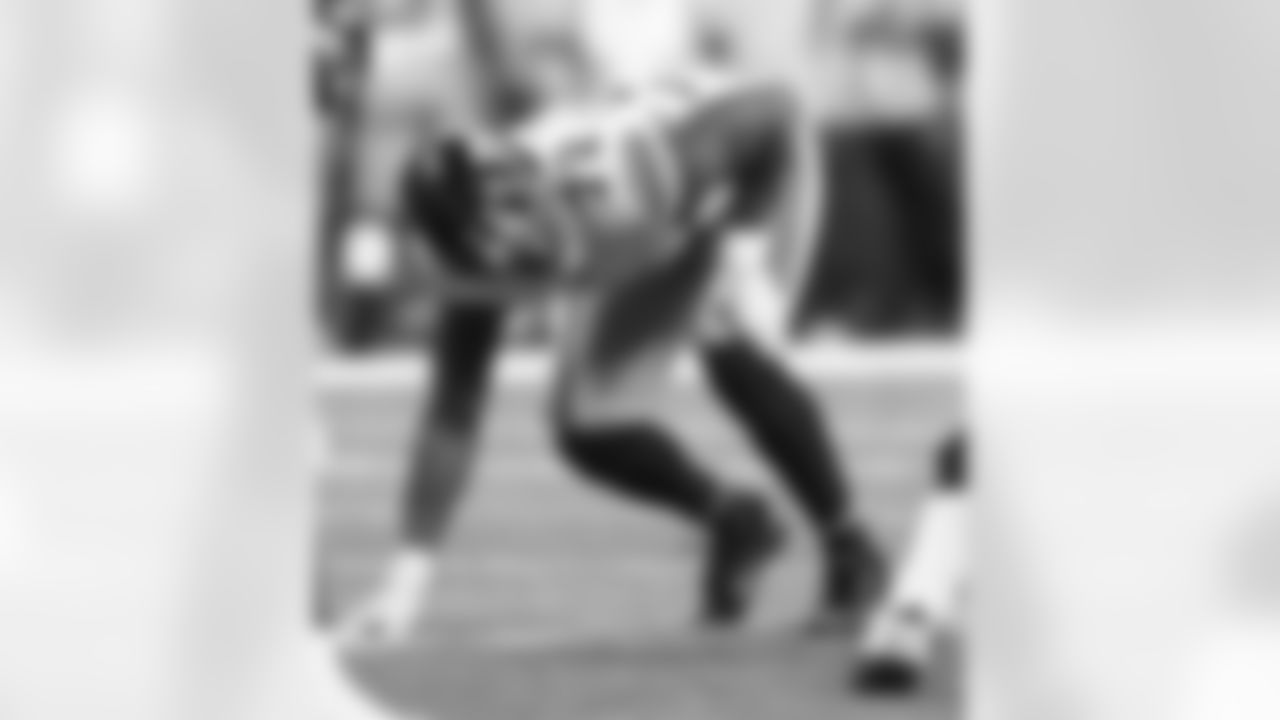
New York Giants defensive tackle Osi Umenyiora (72) lines up in a three-point stance against the New England Patriots during the second half of the NFL football Super Bowl XLVI on Sunday, Feb.5, 2012, in Lucas Oil Stadium in Indianapolis, Indiana. The Giants defeated the Patriots 21-17. (AP Photo/Kevin Terrell)
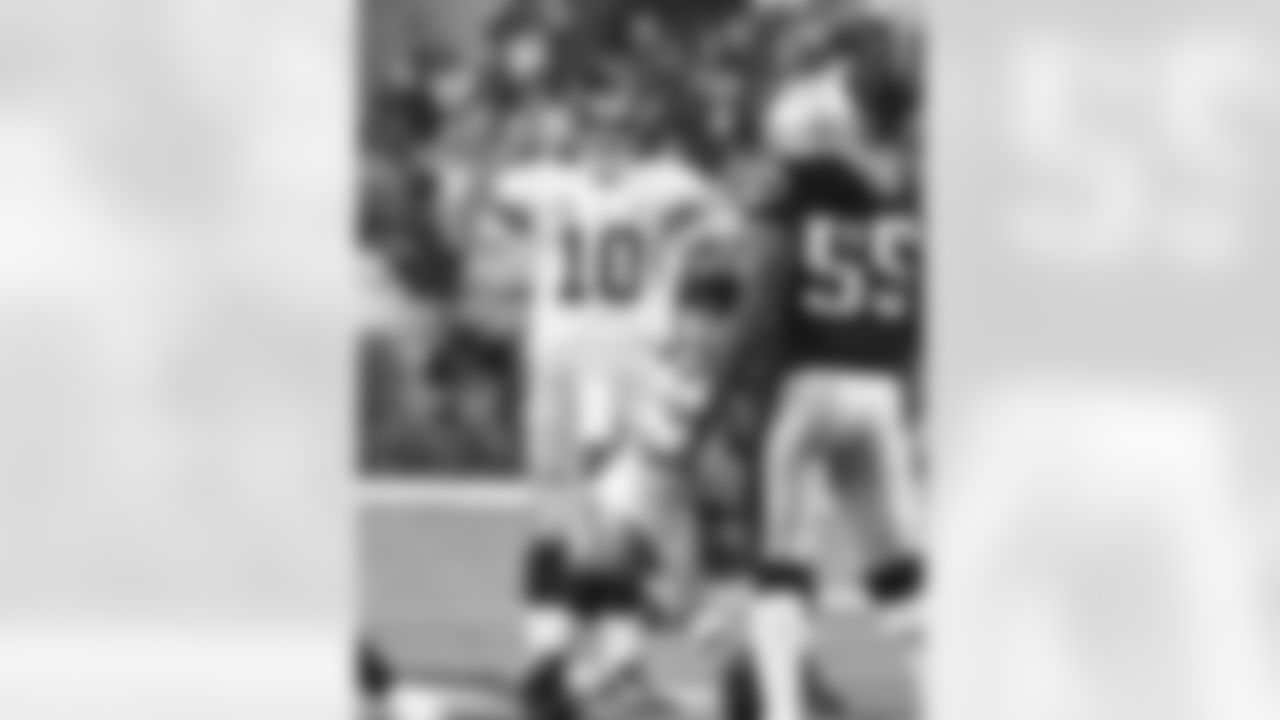
New York Giants quarterback Eli Manning (10) audibles against the New England Patriots during the first half of the NFL football Super Bowl XLVI on Sunday, Feb.5, 2012, in Lucas Oil Stadium in Indianapolis, Indiana. The Giants defeated the Patriots 21-17. (AP Photo/Kevin Terrell)
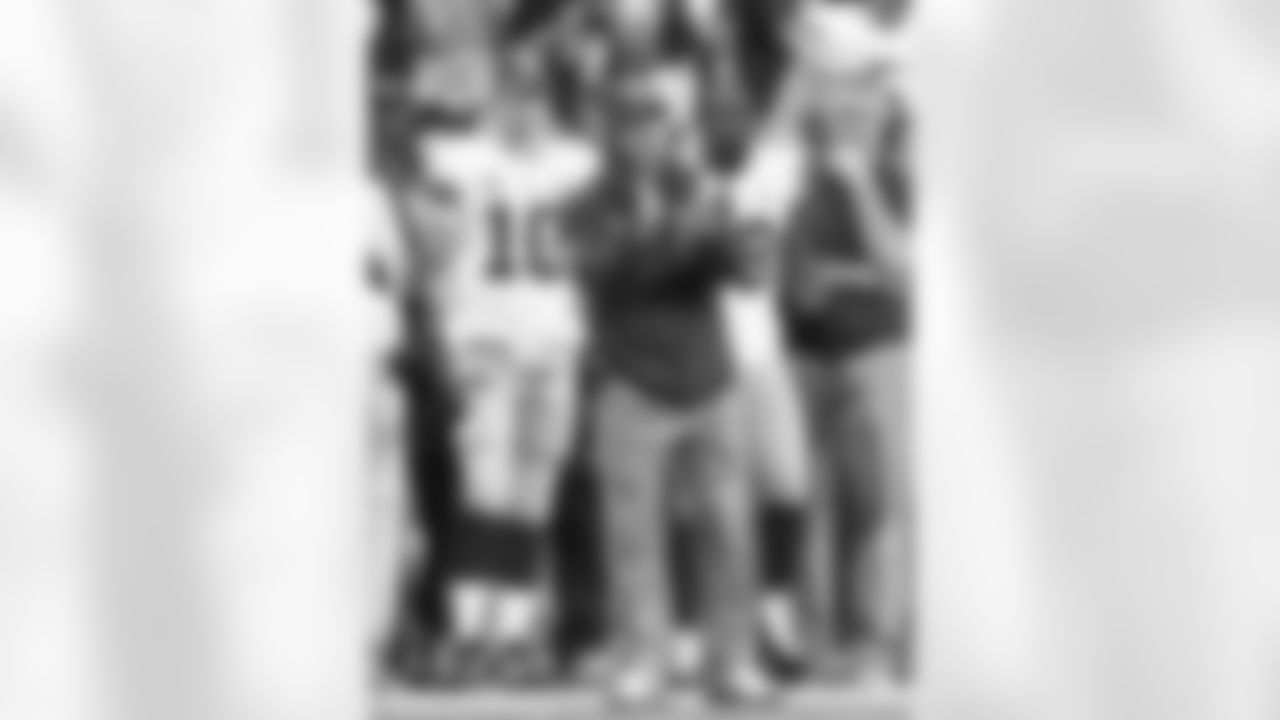
New York Giants head coach Tom Coughlin applauds his team's effort against the New England Patriots during during the first half of the NFL football Super Bowl XLVI on Sunday, Feb.5, 2012, in Lucas Oil Stadium in Indianapolis, Indiana. The Giants defeated the Patriots 21-17. (AP Photo/Kevin Terrell)
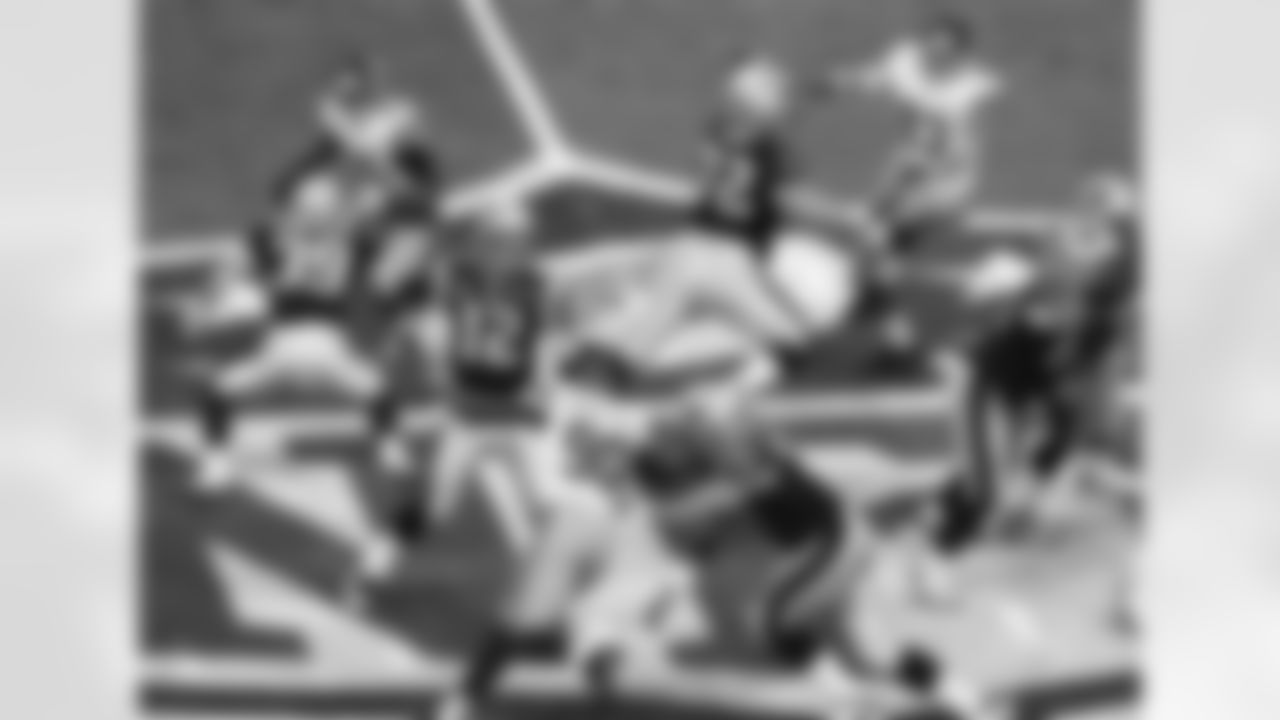
New England Patriots quarterback Tom Brady (12) sets up to pass against the New York Giants during the first half of NFL football Super Bowl XLVI on Sunday, Feb.5, 2012, in Lucas Oil Stadium in Indianapolis, Indiana. The Giants defeated the Patriots 21-17. (AP Photo/Kevin Terrell)
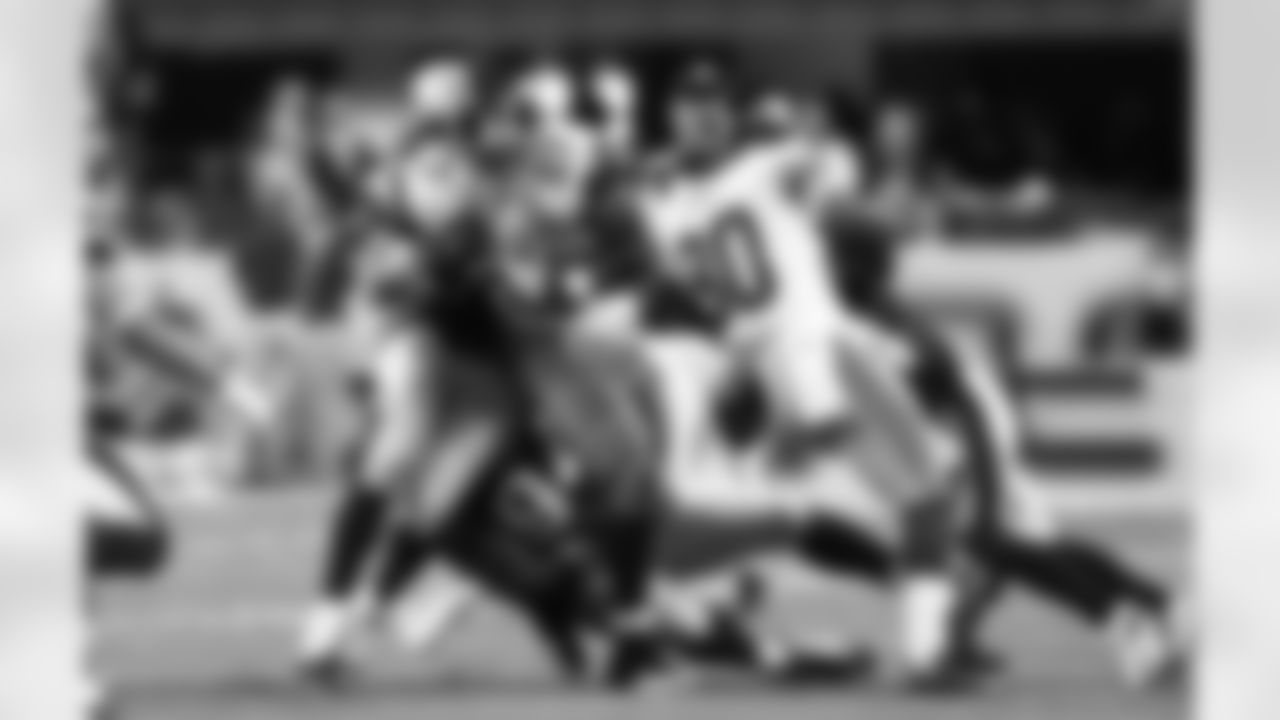
New York Giants running back Brandon Jacobs (27) runs is stopped by New England Patriots linebacker Tracy White (58) during the first half of the NFL football Super Bowl XLVI on Sunday, Feb.5, 2012, in Lucas Oil Stadium in Indianapolis, Indiana. The Giants defeated the Patriots 21-17. (AP Photo/Kevin Terrell)
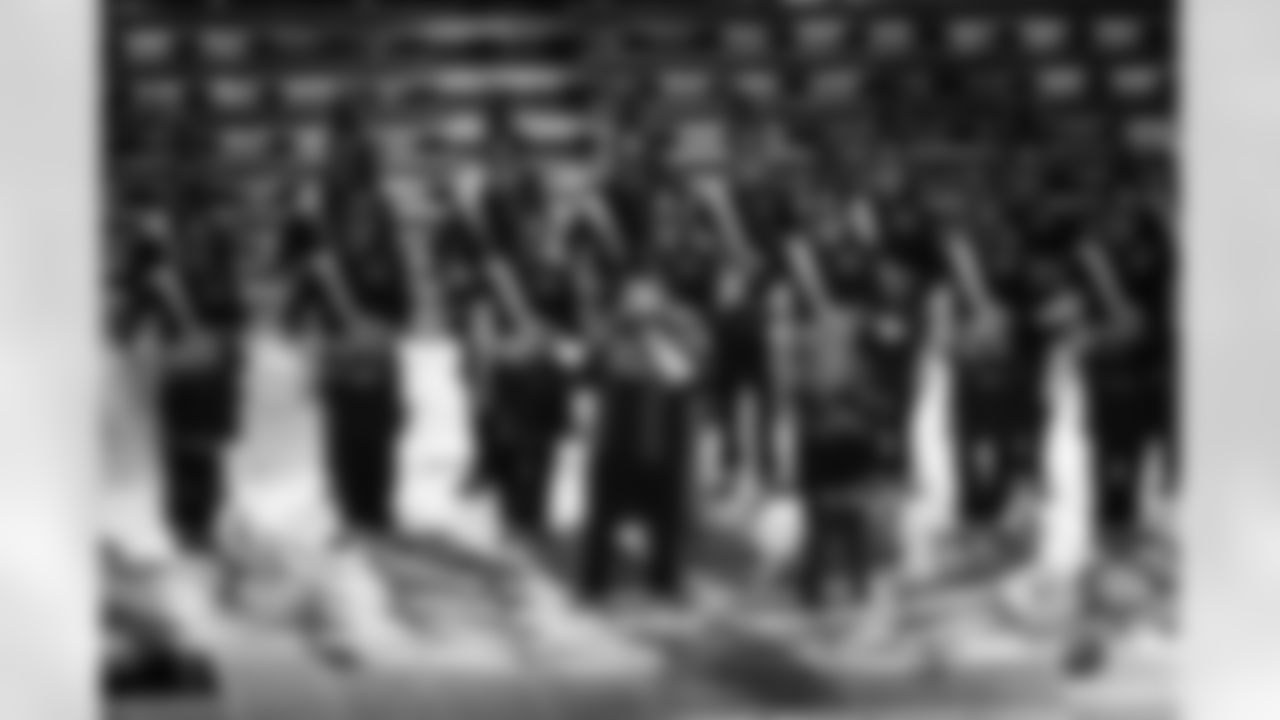
Madonna performs with Cee-Lo Green during halftime of the NFL football Super Bowl XLVI on Sunday, Feb.5, 2012, in Lucas Oil Stadium in Indianapolis, Indiana. The Giants defeated the Patriots 21-17. (AP Photo/Kevin Terrell)
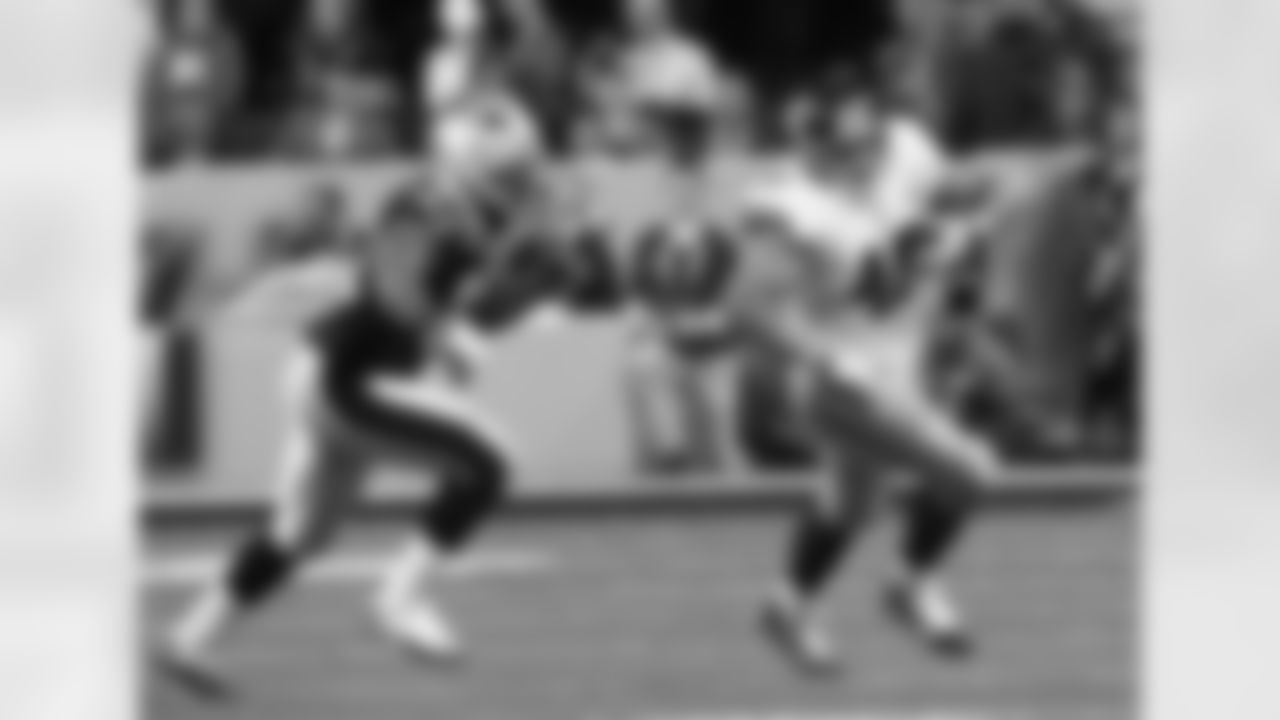
New York Giants fullback Henry Hynoski (45) runs upfield with a reception against the New England Patriots during the first half of the NFL football Super Bowl XLVI on Sunday, Feb.5, 2012, in Lucas Oil Stadium in Indianapolis, Indiana. The Giants defeated the Patriots 21-17. (AP Photo/Kevin Terrell)
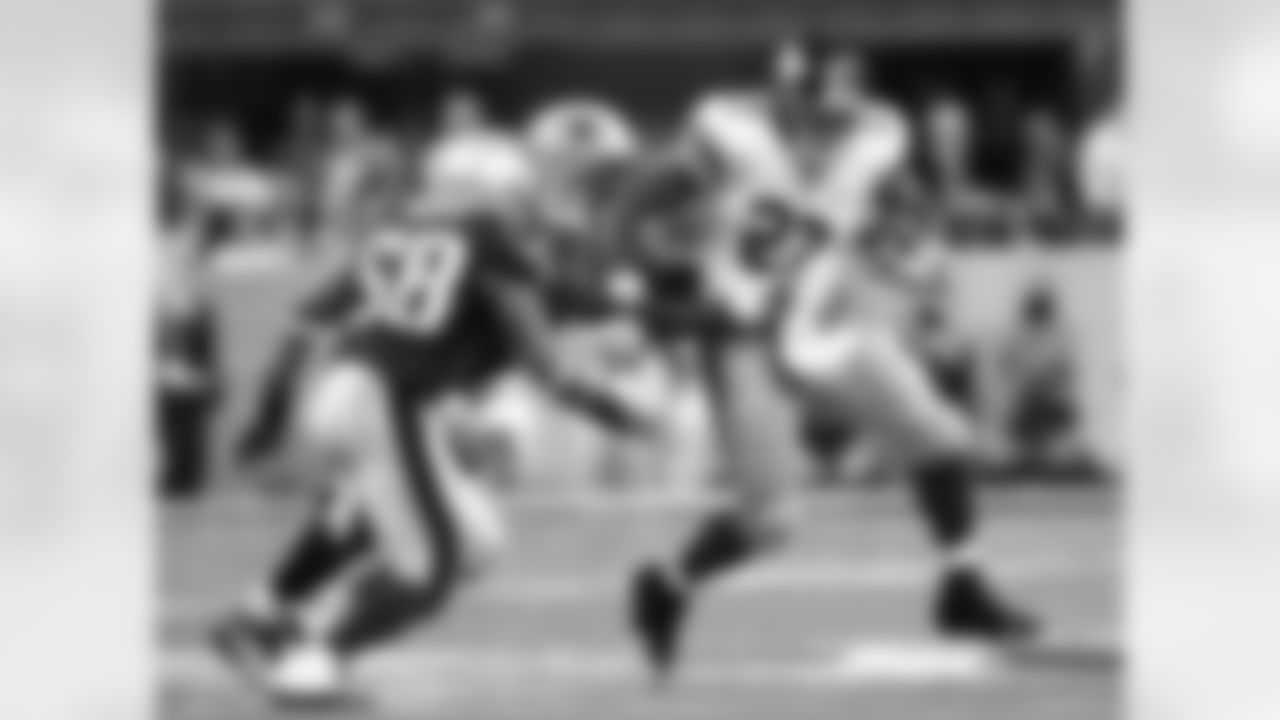
New York Giants running back Brandon Jacobs (27) runs upfield against the New England Patriots during the first half of the NFL football Super Bowl XLVI on Sunday, Feb.5, 2012, in Lucas Oil Stadium in Indianapolis, Indiana. The Giants defeated the Patriots 21-17. (AP Photo/Kevin Terrell)
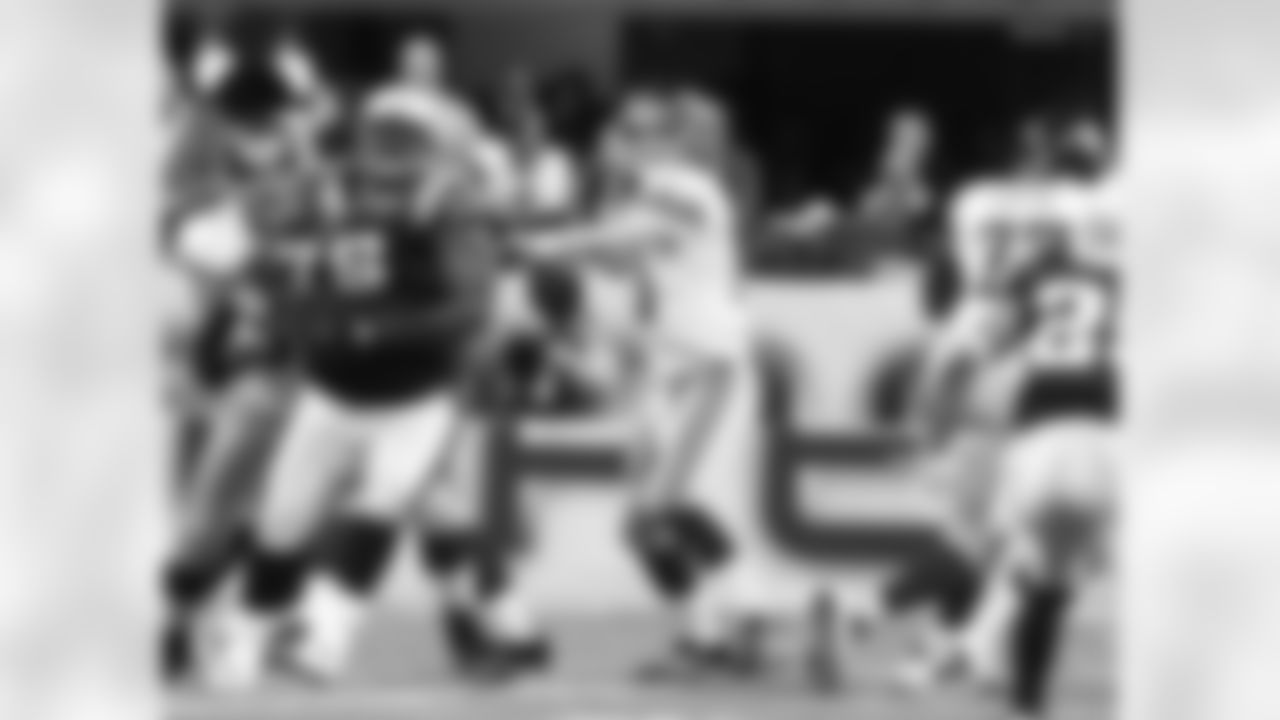
New York Giants quarterback Eli Manning (10) sets up to pass against the New England Patriots during the first half of the NFL football Super Bowl XLVI on Sunday, Feb.5, 2012, in Lucas Oil Stadium in Indianapolis, Indiana. The Giants defeated the Patriots 21-17. (AP Photo/Kevin Terrell)
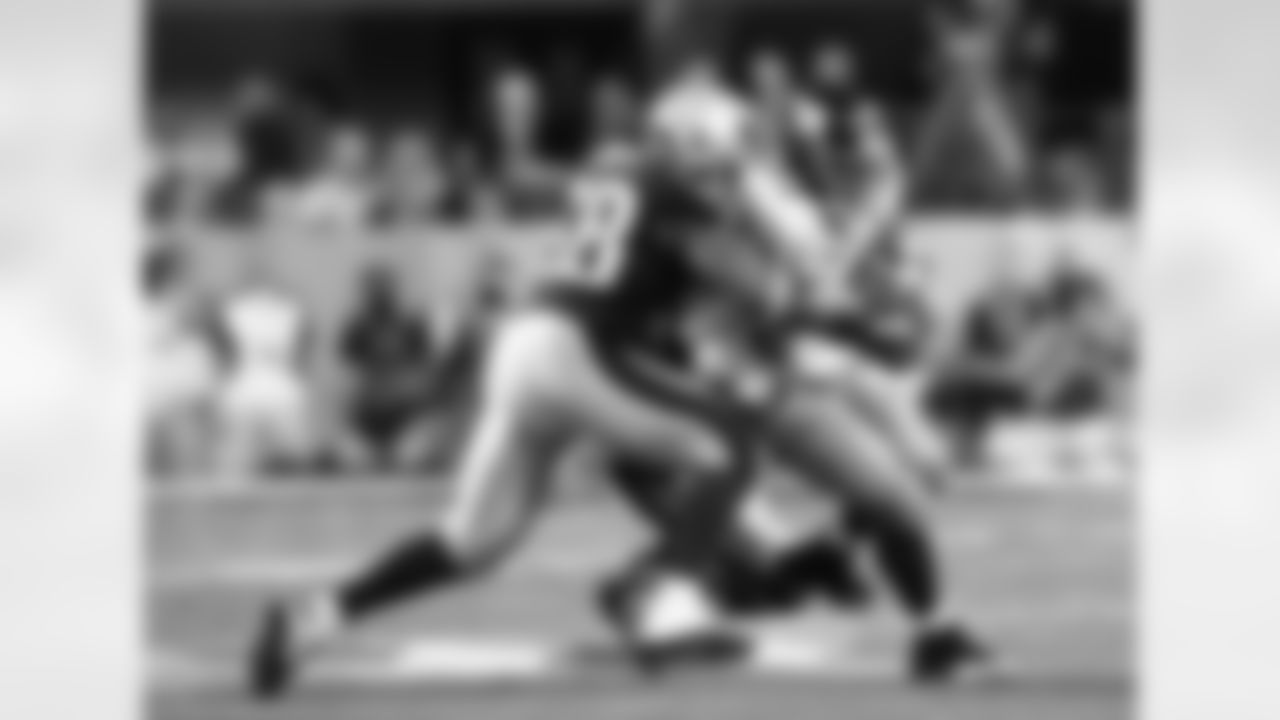
New York Giants running back Brandon Jacobs (27) runs is stopped by New England Patriots linebacker Tracy White (58) during the first half of the NFL football Super Bowl XLVI on Sunday, Feb.5, 2012, in Lucas Oil Stadium in Indianapolis, Indiana. The Giants defeated the Patriots 21-17. (AP Photo/Kevin Terrell)
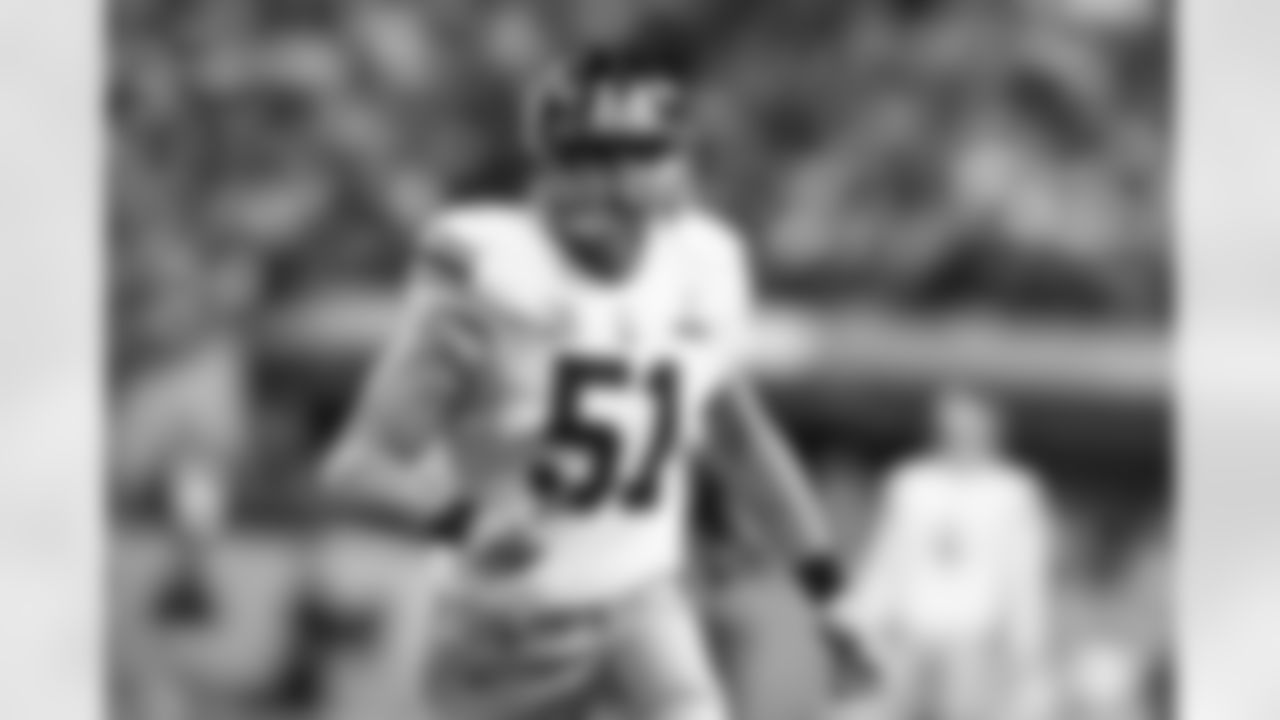
New York Giants long snapper Zak DeOssie (51) runs upfield on special teams against the New England Patriots during the first half of the NFL football Super Bowl XLVI on Sunday, Feb.5, 2012, in Lucas Oil Stadium in Indianapolis, Indiana. The Giants defeated the Patriots 21-17. (AP Photo/Kevin Terrell)
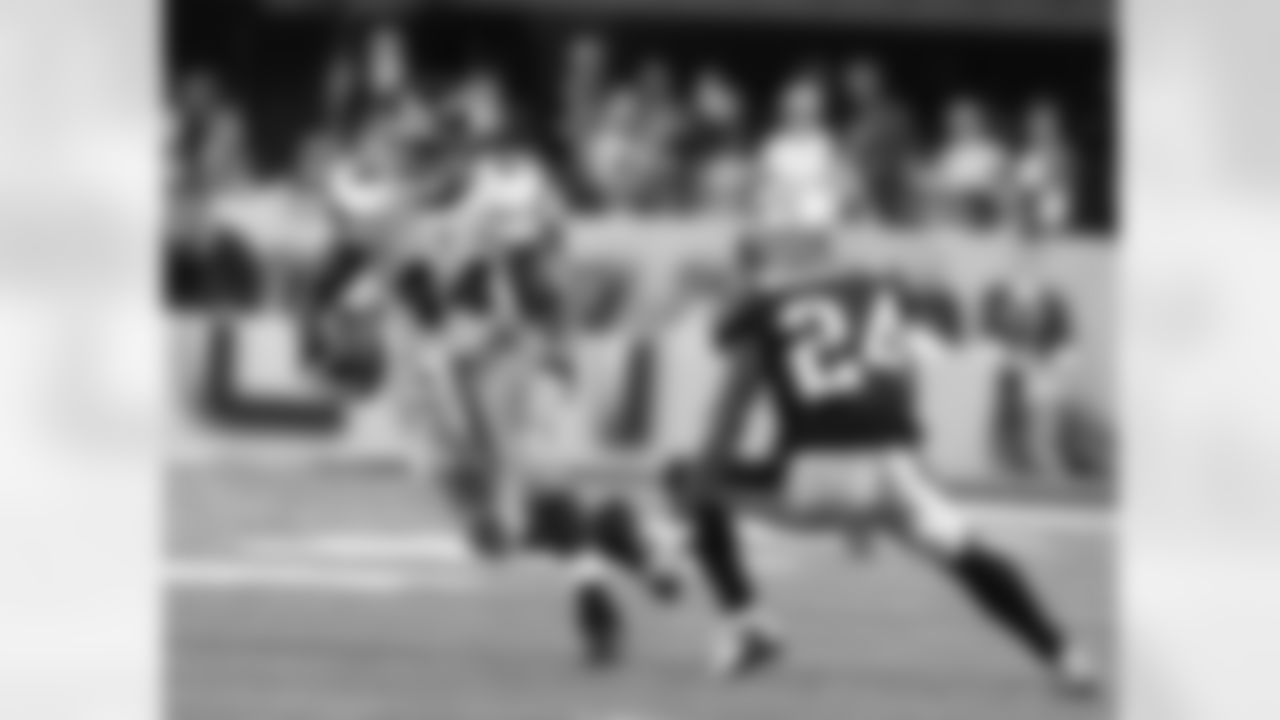
New York Giants running back Ahmad Bradshaw (44) runs upfield against the New England Patriots during the first half of the NFL football Super Bowl XLVI on Sunday, Feb.5, 2012, in Lucas Oil Stadium in Indianapolis, Indiana. The Giants defeated the Patriots 21-17. (AP Photo/Kevin Terrell)
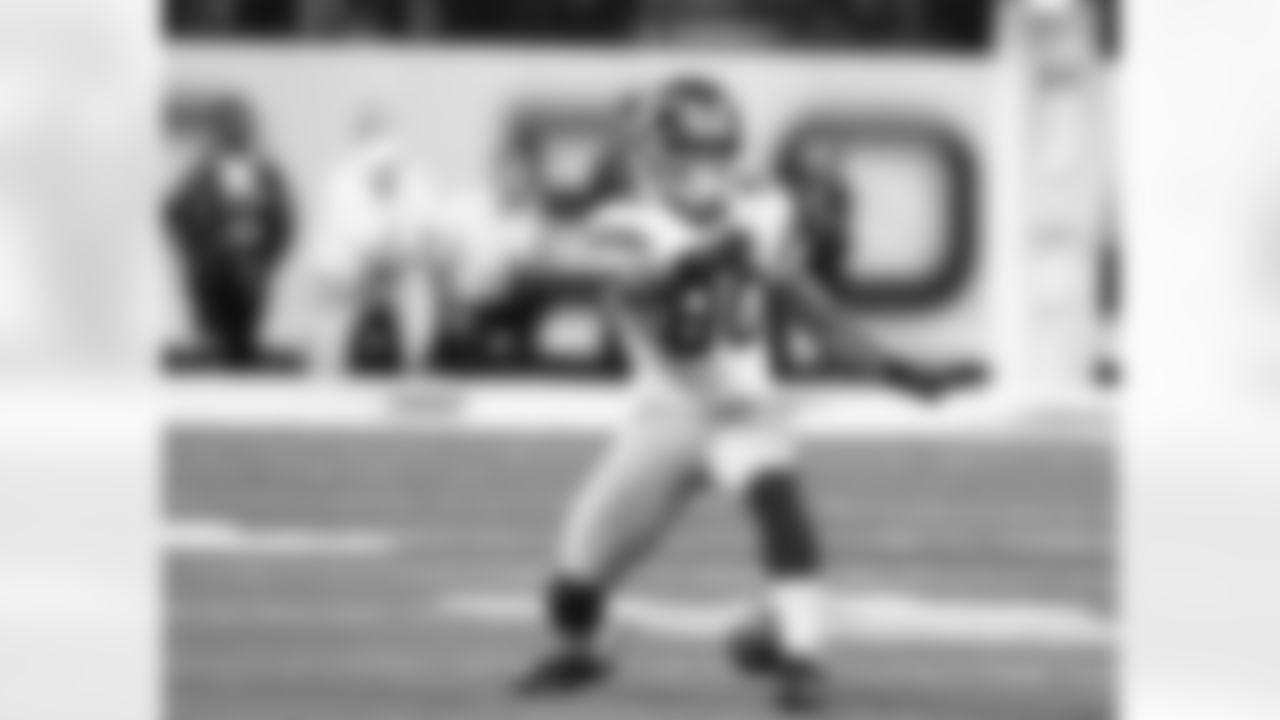
New York Giants wide receiver Victor Cruz (80) signals a first down after making a catch against the New England Patriots during the first half of the NFL football Super Bowl XLVI on Sunday, Feb.5, 2012, in Lucas Oil Stadium in Indianapolis, Indiana. The Giants defeated the Patriots 21-17. (AP Photo/Kevin Terrell)
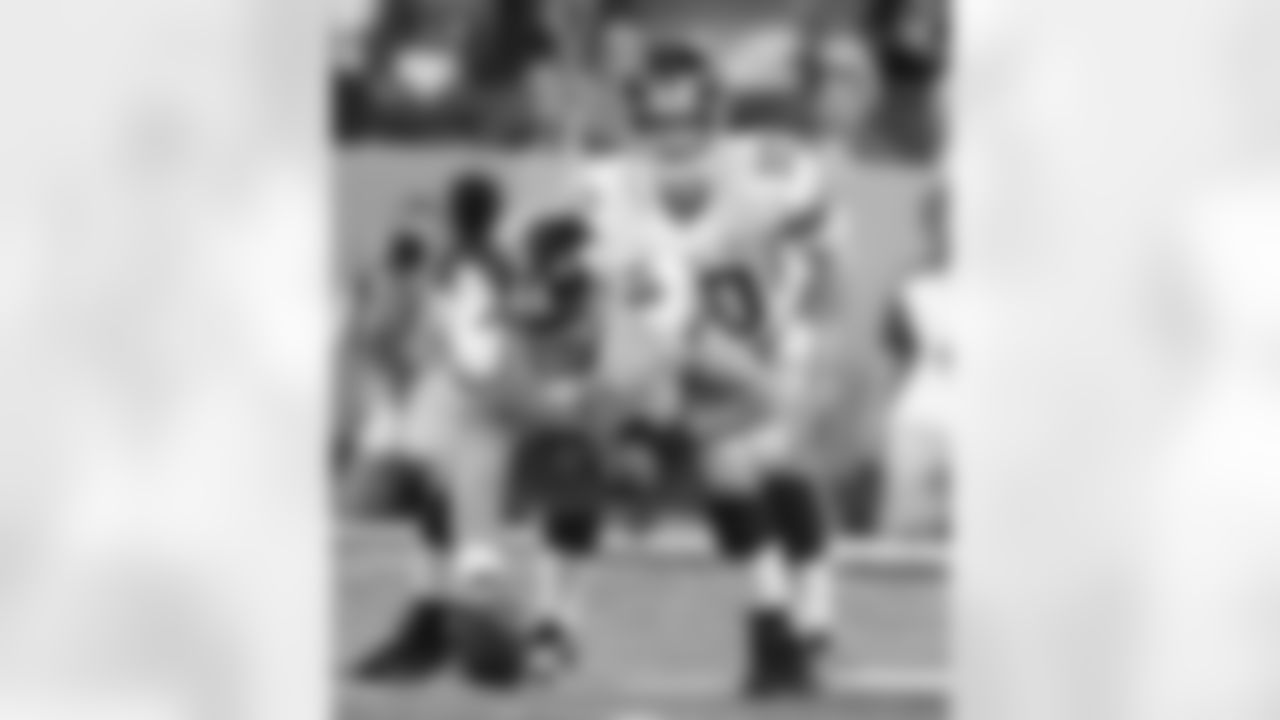
New York Giants quarterback Eli Manning (10) prepares to take the snap from center David Baas(64) against the New England Patriots during the first half of the NFL football Super Bowl XLVI on Sunday, Feb.5, 2012, in Lucas Oil Stadium in Indianapolis, Indiana. The Giants defeated the Patriots 21-17. (AP Photo/Kevin Terrell)
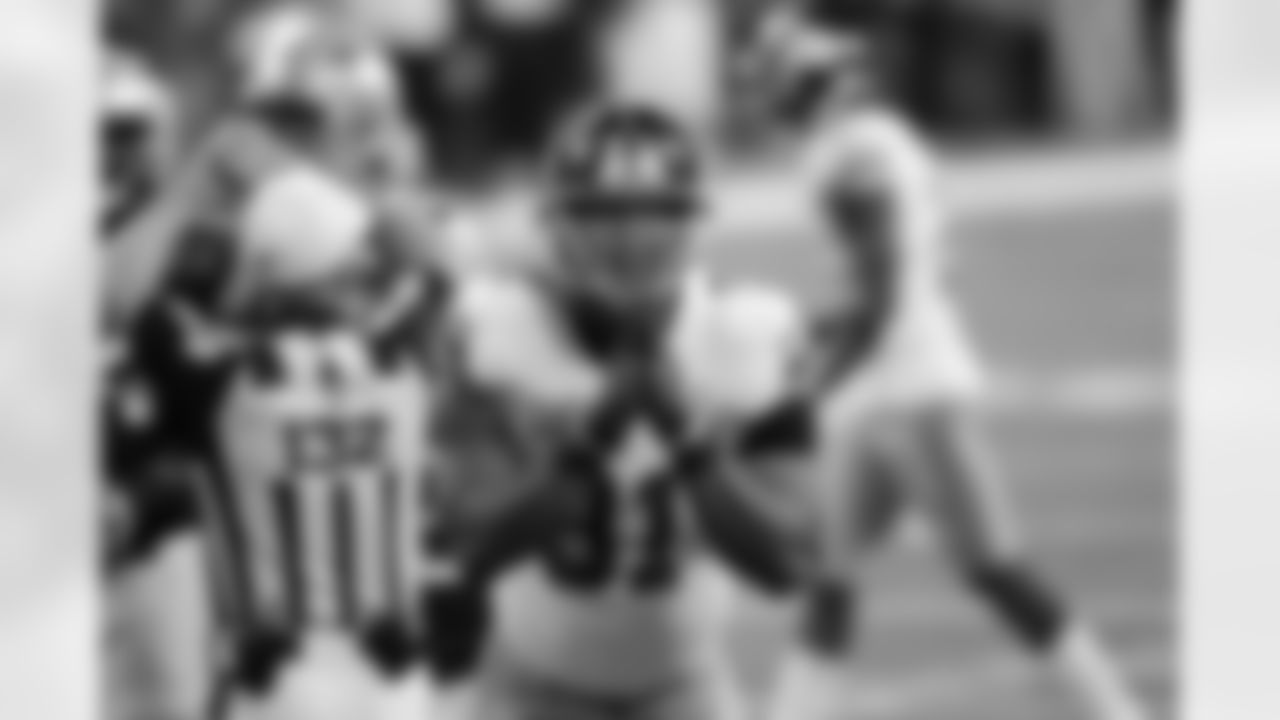
New York Giants defensive end Justin Tuck (91) celebrates after sacking New England Patriots quarterback Tom Brady during the second half of the NFL Super Bowl XLVI football game, Sunday, Feb. 5, 2012, in Indianapolis. (AP Photo/David Duprey)
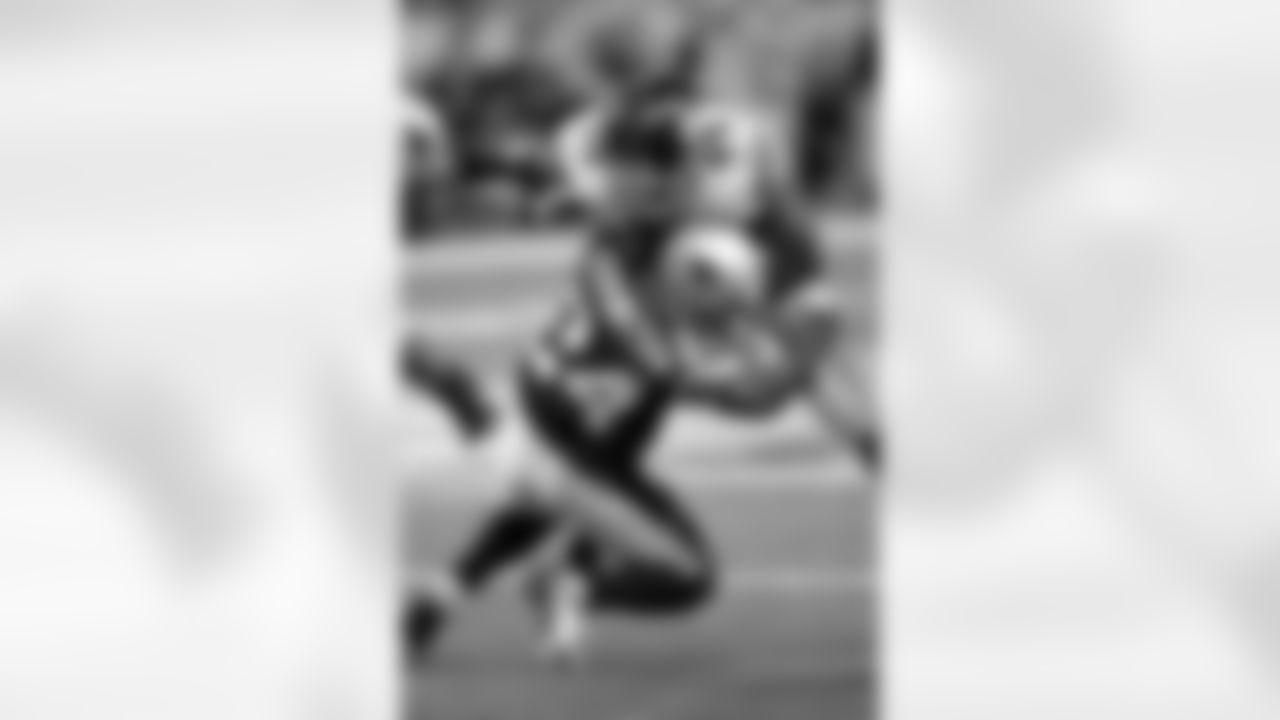
New England Patriots defensive back Kyle Arrington (24) tackles New York Giants running back Ahmad Bradshaw (44) during the NFL Super Bowl XLVI football game on Sunday, February 5, 2012 in Indianapolis, IN. The Giants won the game 21-17. (AP Photo/Paul Jasienski)

New York Giants kicker Lawrence Tynes (9) kisses the Vince Lombardi trophy during the trophy presentation following the NFL Super Bowl XLVI football game against the New England Patriots on Sunday, February 5, 2012 in Indianapolis, IN. The Giants won the game 21-17. (AP Photo/Paul Jasienski)
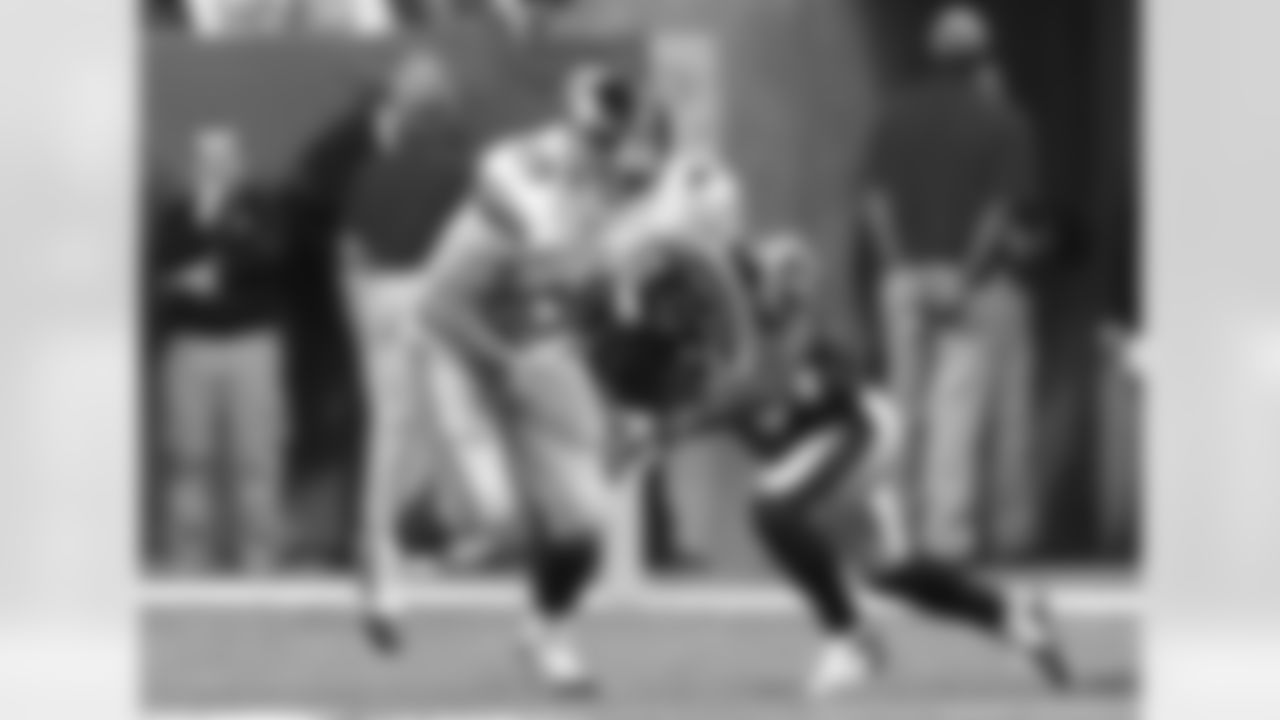
New York Giants fullback Henry Hynoski (45) runs upfield with a reception against the New England Patriots during the first half of the NFL football Super Bowl XLVI on Sunday, Feb.5, 2012, in Lucas Oil Stadium in Indianapolis, Indiana. The Giants defeated the Patriots 21-17. (AP Photo/Kevin Terrell)
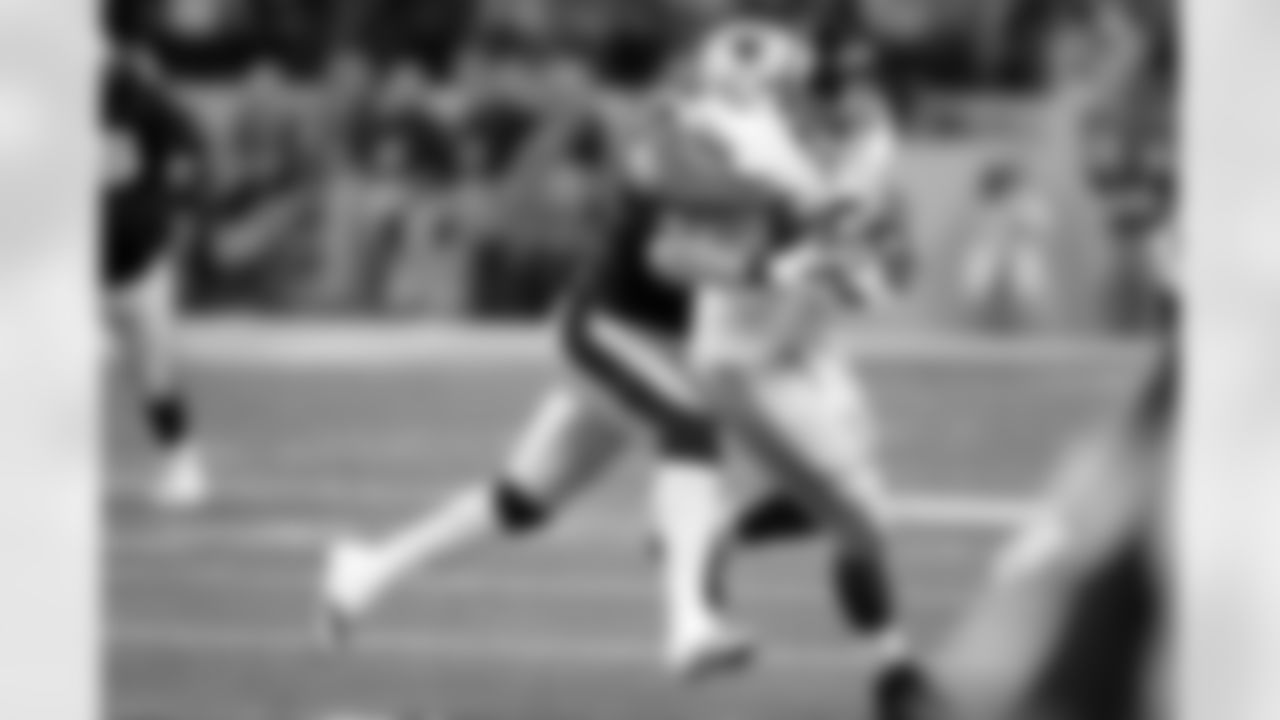
New York Giants tight end Jake Ballard (85) runs with the ball for a 9-yard gain on a pass reception before being tackled by New England Patriots linebacker Brandon Spikes (55) on the first series of the first quarter during the NFL Super Bowl XLVI football game on Sunday, February 5, 2012 in Indianapolis, IN. The Giants won the game 21-17. (AP Photo/Paul Jasienski)

Kelly Clarkson perform the National Anthem before NFL football Super Bowl XLVI on Sunday, Feb.5, 2012, in Lucas Oil Stadium in Indianapolis, Indiana. The Giants defeated the Patriots 21-17. (AP Photo/Kevin Terrell)
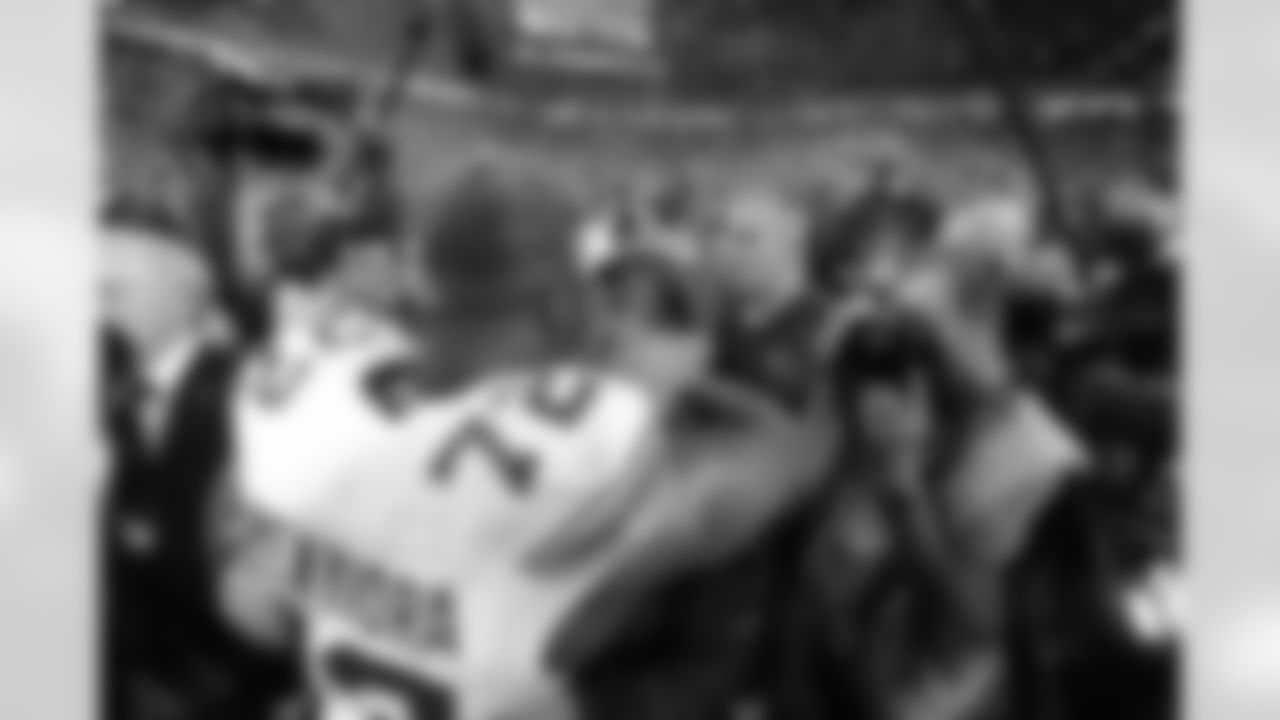
New York Giants head coach Tom Coughlin embrases defensive end Osi Umenyiora (72) after winning NFL Super Bowl XLVI against the New England Patriots, Sunday, Feb. 5, 2012, in Indianapolis (AP Photo/EvanPinkus)
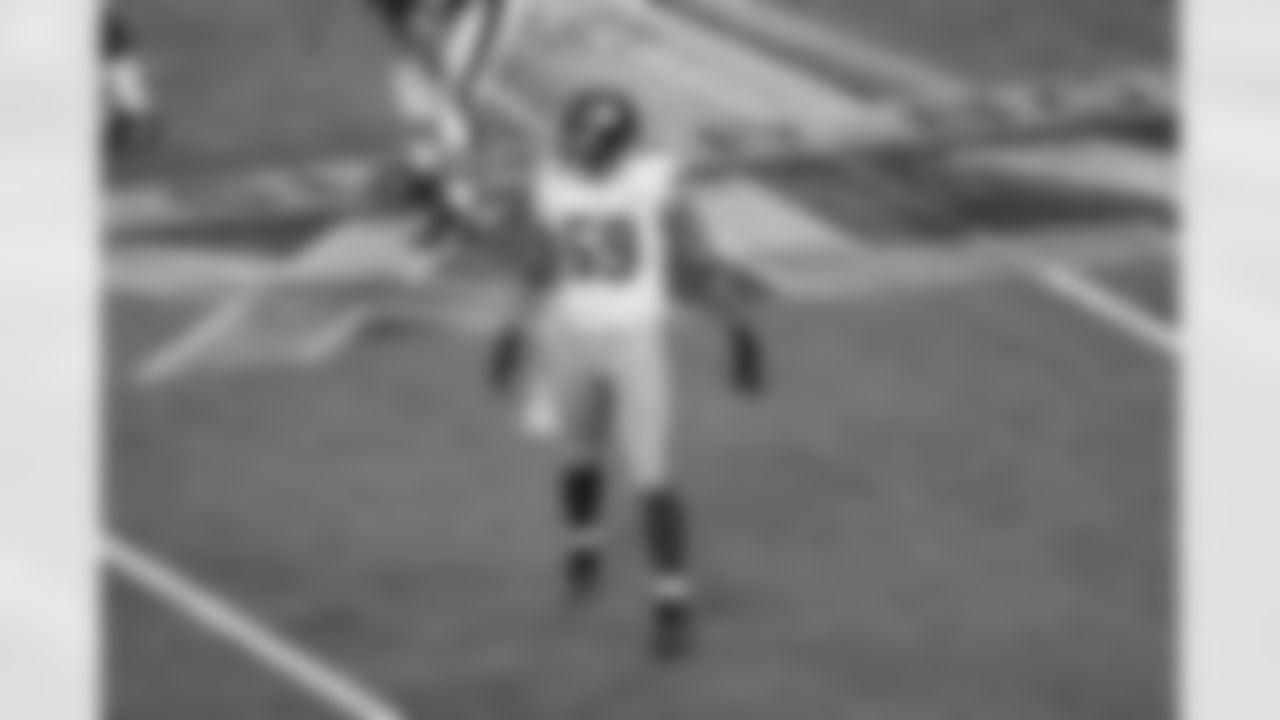
INDIANAPOLIS, IN - FEBRUARY 5: Michael Boley #59 of the New York Giants runs during the game against the New England Patriots in Super Bowl XLVI at Lucas Oil Stadium on February 5, 2012 in Indianapolis, Indiana. The Giants defeated the Patriots 21-17. (AP Photo/Scott Boehm)
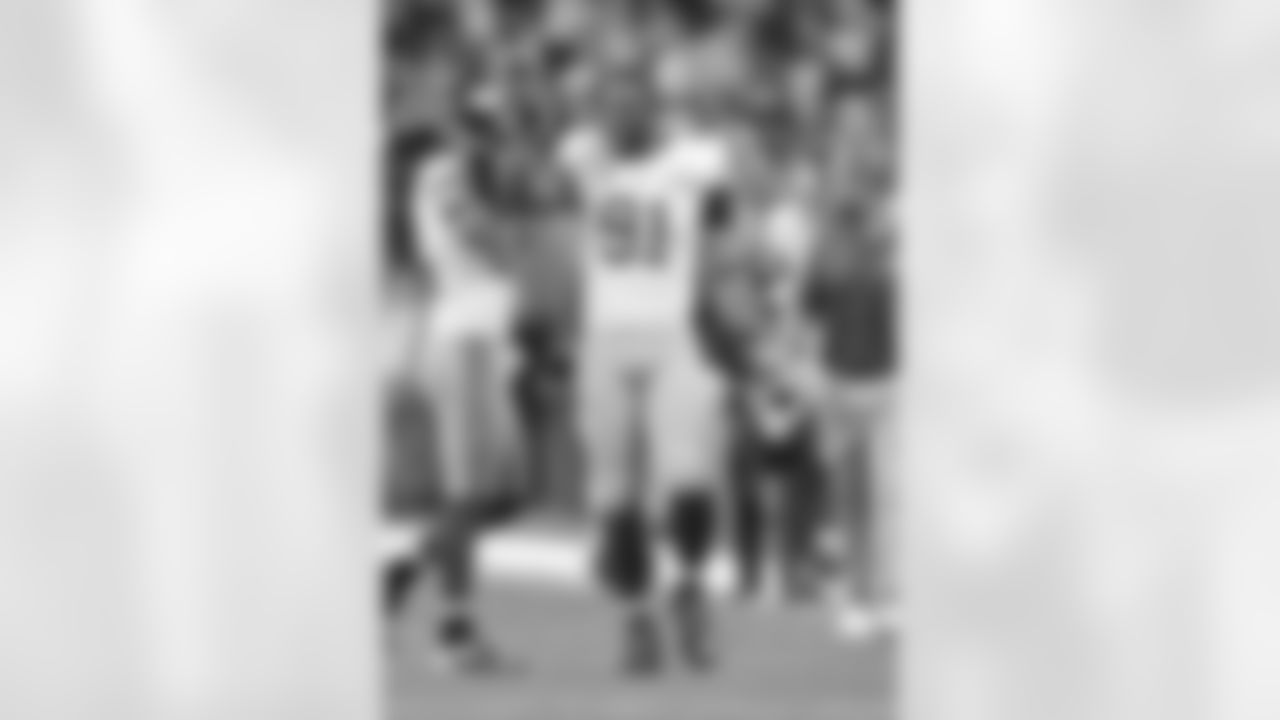
New York Giants defensive captain Justin Tuck celebrates during the NFL Super Bowl XLVI against the New England Patriots, Sunday, Feb. 5, 2012, in Indianapolis (AP Photo/EvanPinkus)
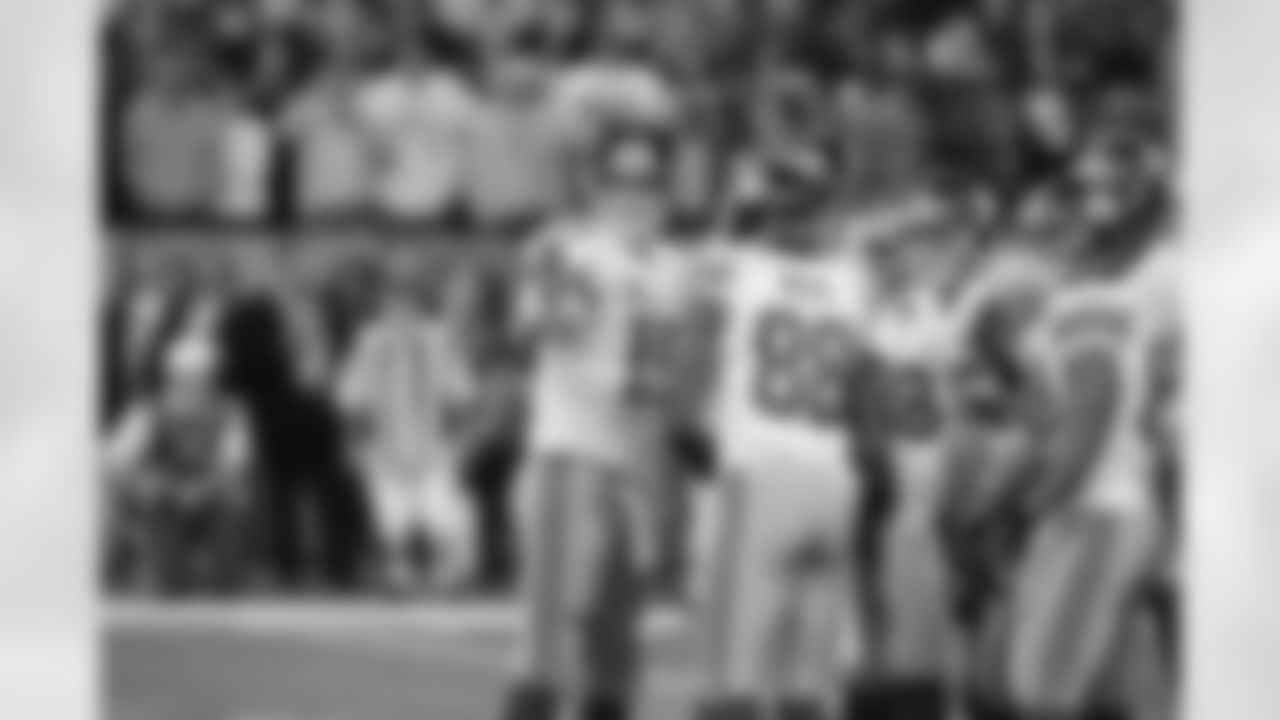
New York Giants quaterback Eli Manning (10) calls signals during the NFL Super Bowl XLVI against the New England Patriots, Sunday, Feb. 5, 2012, in Indianapolis (AP Photo/EvanPinkus)
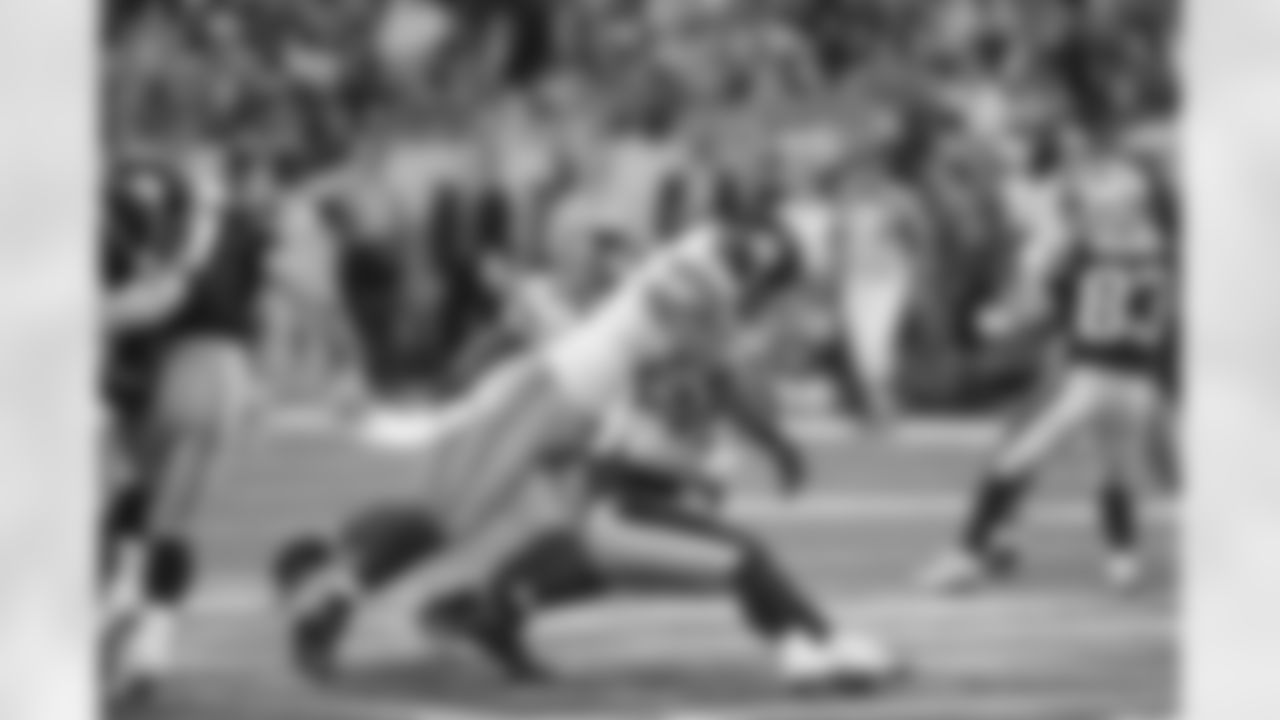
New York Giants defensive end justin Tuck wraps up New England Patriots running back Danny Woodhead during NFL Super Bowl XLVI , Sunday, Feb. 5, 2012, in Indianapolis (AP Photo/EvanPinkus)
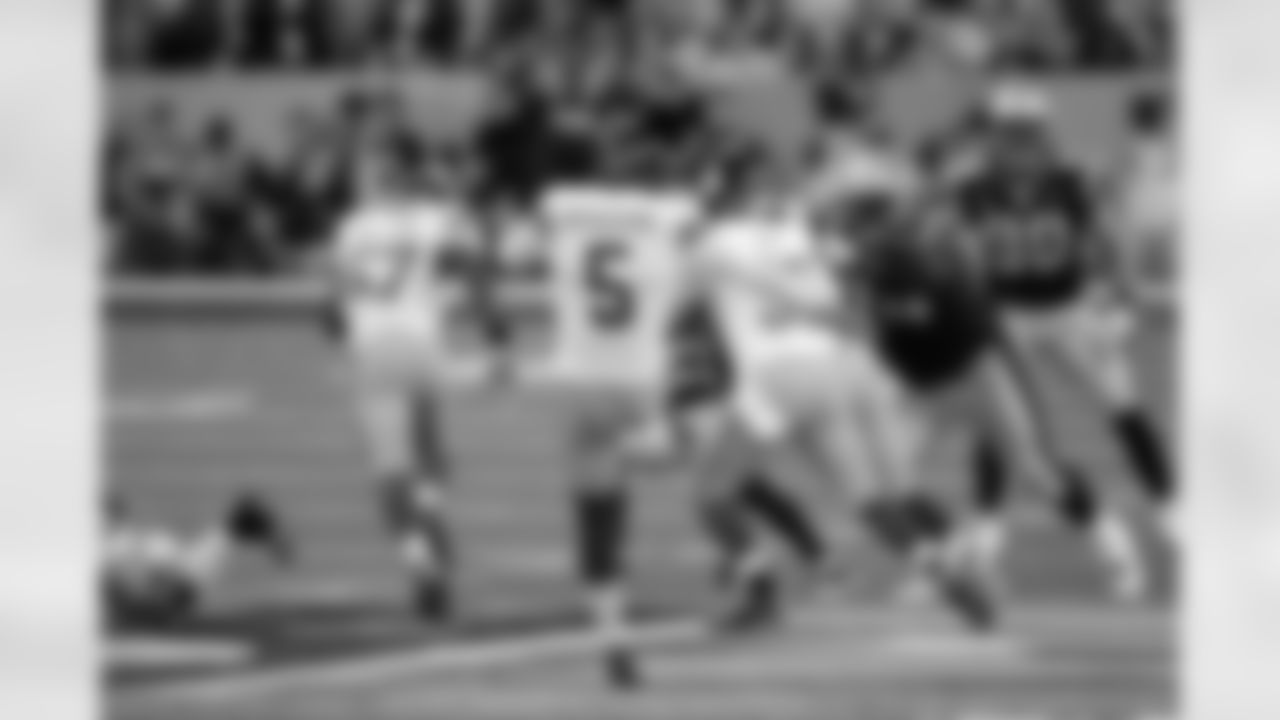
New York Giants Steve Weatherford (5) punts during the NFL Super Bowl XLVI football game against the New England Patriots Sunday, Feb. 5, 2012, in Indianapolis. (AP Photo/David Duprey)
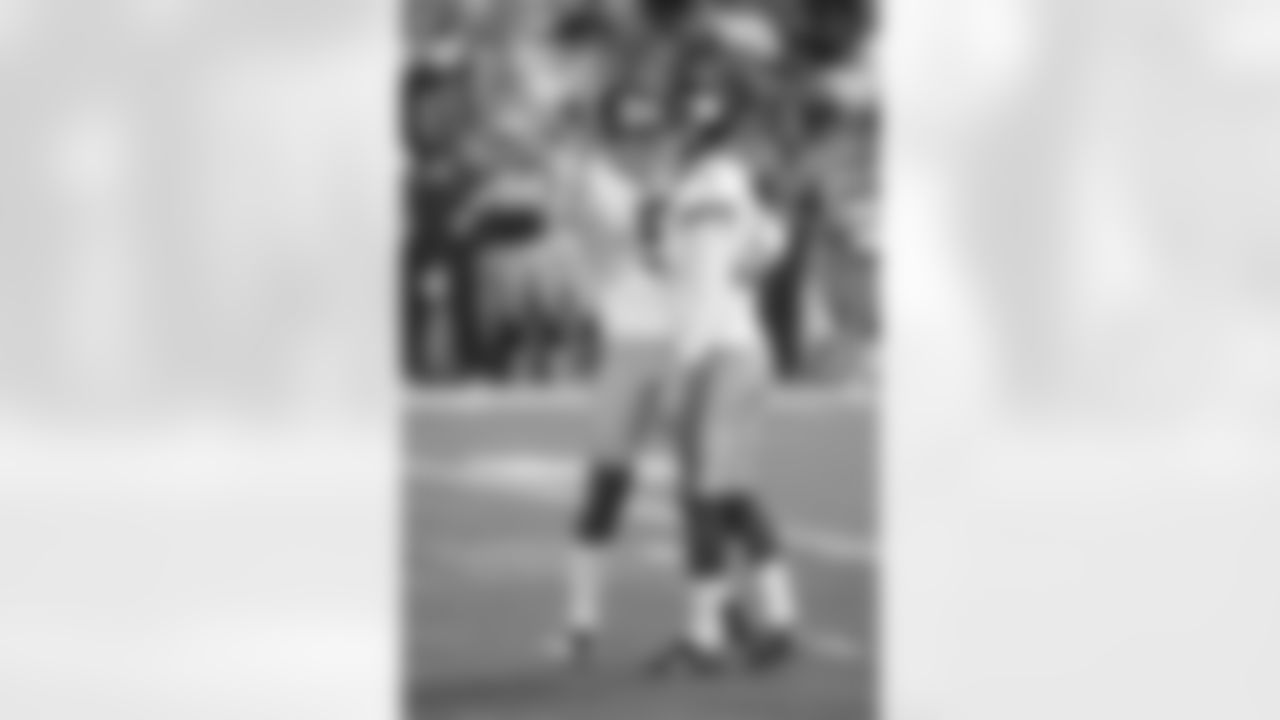
New York Giants punter Steve Weatherford (5) celebrates a field goal with kicker Lawrence Tynes (9) during NFL Super Bowl XLVI against the New England Patriots, Sunday, Feb. 5, 2012, in Indianapolis (AP Photo/EvanPinkus)
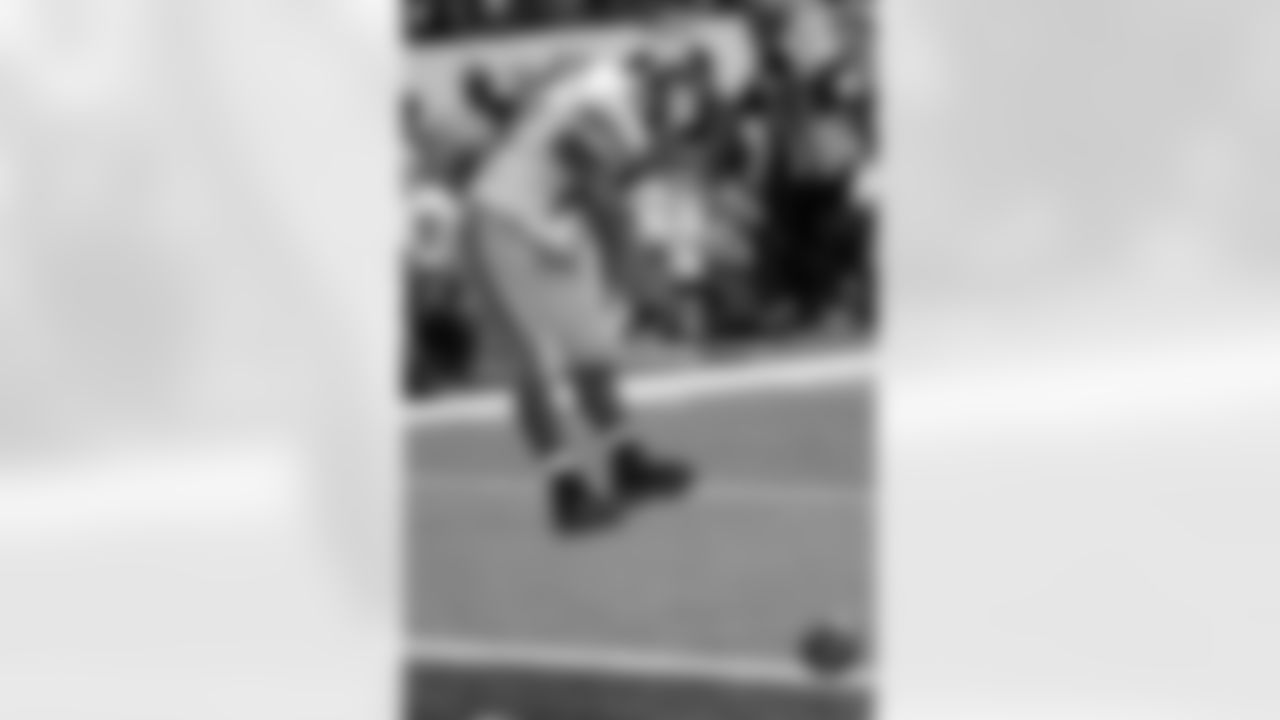
New York Giants running back Ahmad Bradshaw (44) celebrates a touchdown during the second half of the NFL Super Bowl XLVI football game against the New England Patriots, Sunday, Feb. 5, 2012, in Indianapolis. (AP Photo/David Duprey)
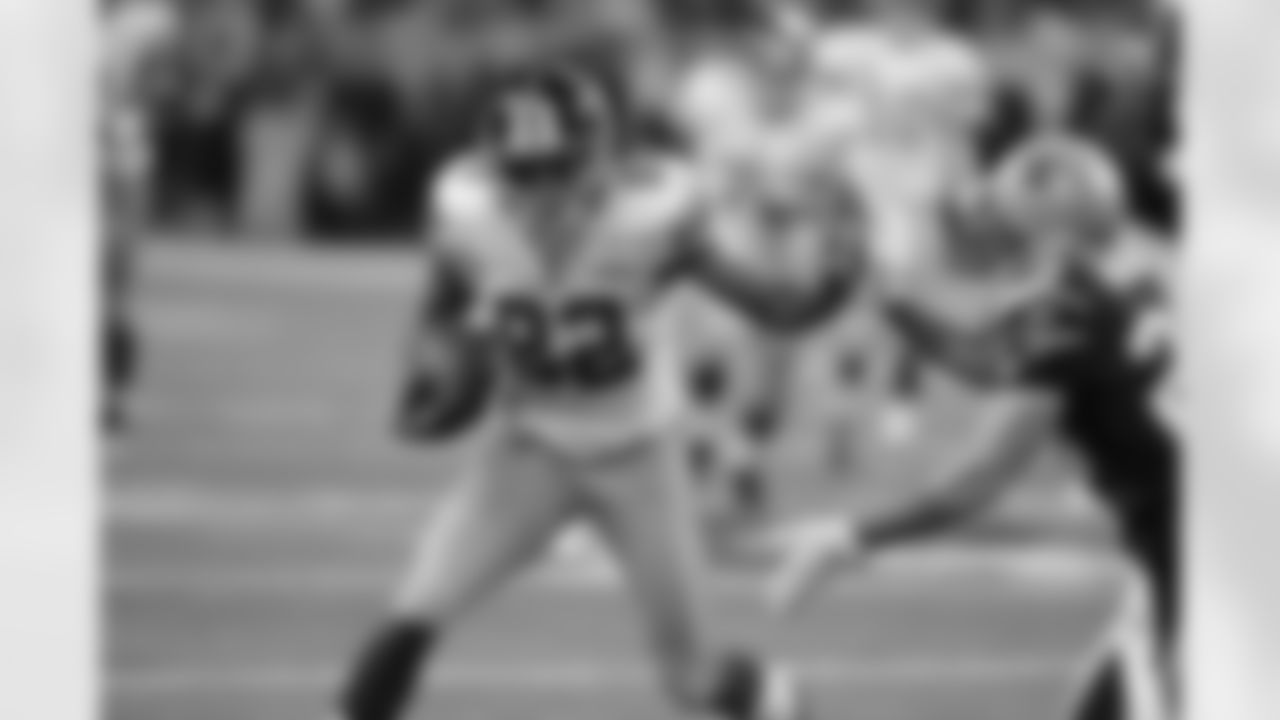
New York Giants wide receiver Mario Manningham (82) makes a catch during NFL Super Bowl XLVI against the New England Patriots, Sunday, Feb. 5, 2012, in Indianapolis (AP Photo/EvanPinkus)
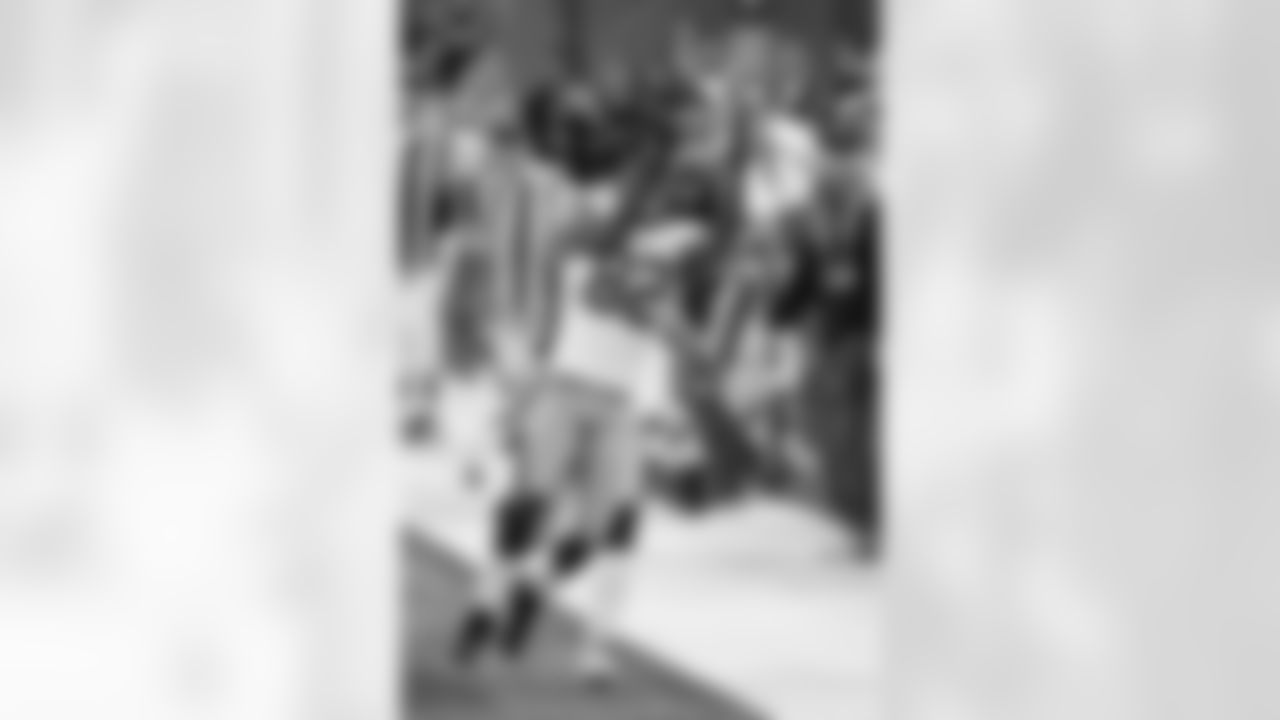
New York Giants wide receiver Mario Manningham (82) makes a catch at the sideline as New England Patriots free safety Patrick Chung defends during the second half of the NFL Super Bowl XLVI football game, Sunday, Feb. 5, 2012, in Indianapolis. (AP Photo/David Duprey)
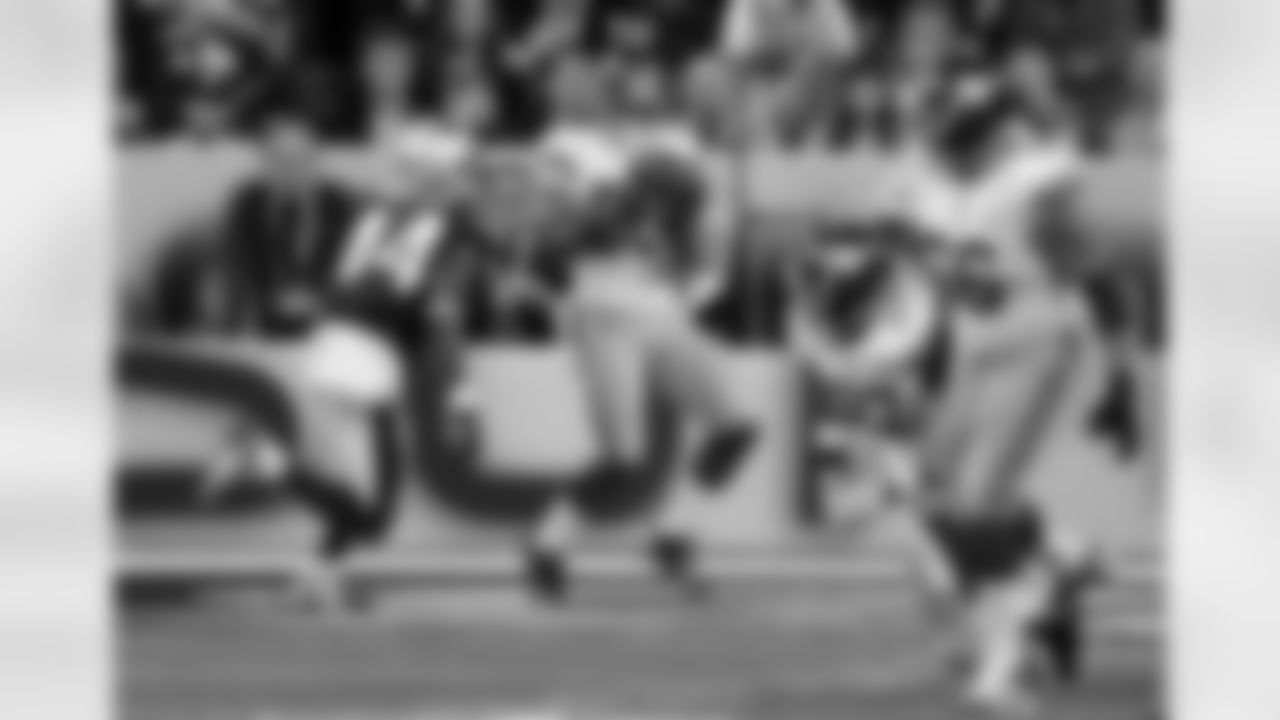
New York Giants wide receiver Victor Cruz (80) catches a touchdown pass in front of New England Patriots safety James Ihedigbo during the first half of the NFL Super Bowl XLVI football game, Sunday, Feb. 5, 2012, in Indianapolis. (AP Photo/David Duprey)
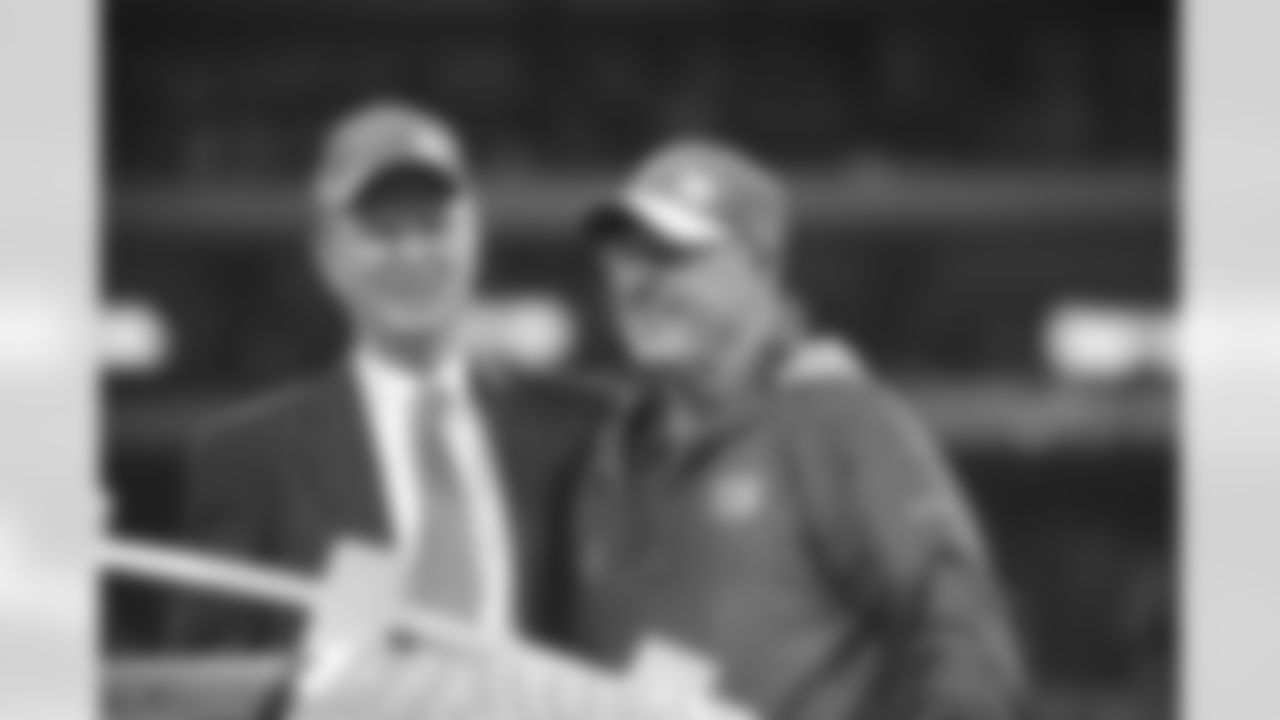
New York Giants co owner John Mara smiles with head coach Tom Coughlin after winning NFL Super Bowl XLVI against the New England Patriots, Sunday, Feb. 5, 2012, in Indianapolis (AP Photo/EvanPinkus)

New York Giants wide receiver Mario Manningham (82) makes a first down catch during NFL Super Bowl XLVI against the New England Patriots, Sunday, Feb. 5, 2012, in Indianapolis (AP Photo/EvanPinkus)

New York Giants wide receiver Jerrel Jernigan (12) during NFL Super Bowl XLVI against the New England Patriots, Sunday, Feb. 5, 2012, in Indianapolis (AP Photo/EvanPinkus)
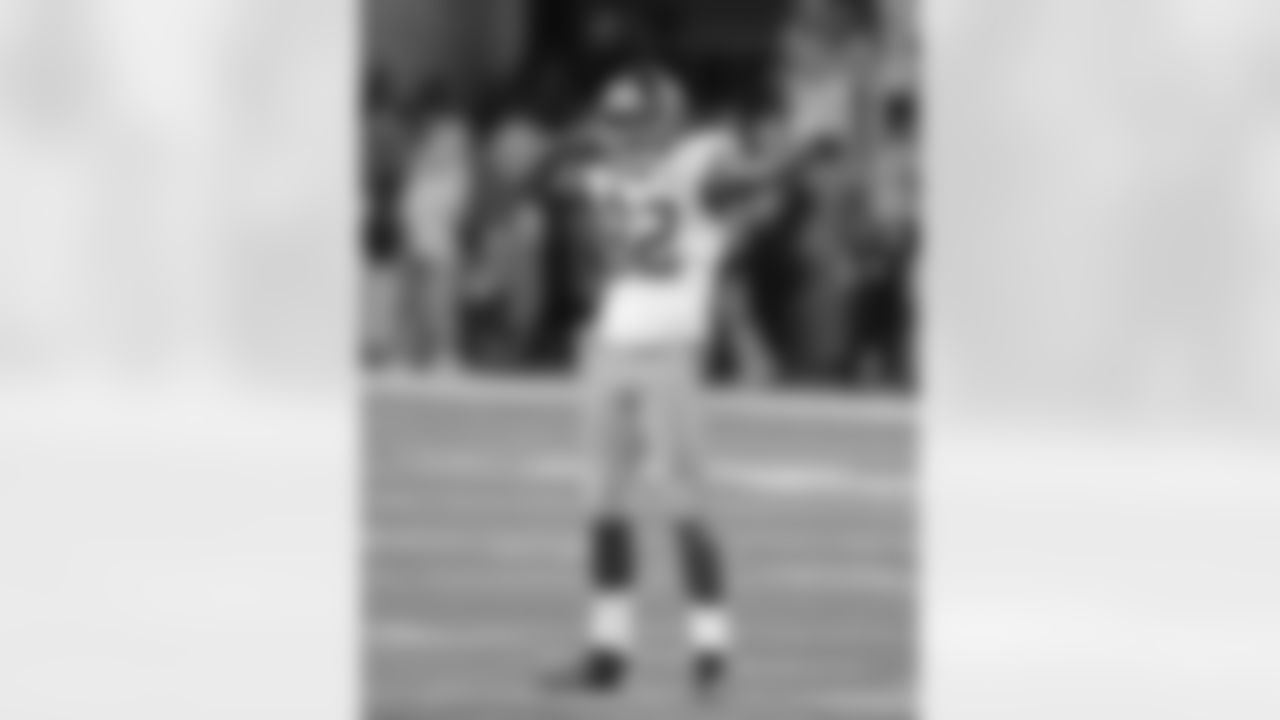
New York Giants wide receiver Mario Manningham (82) celebrates making a first down catch during NFL Super Bowl XLVI against the New England Patriots, Sunday, Feb. 5, 2012, in Indianapolis (AP Photo/EvanPinkus)
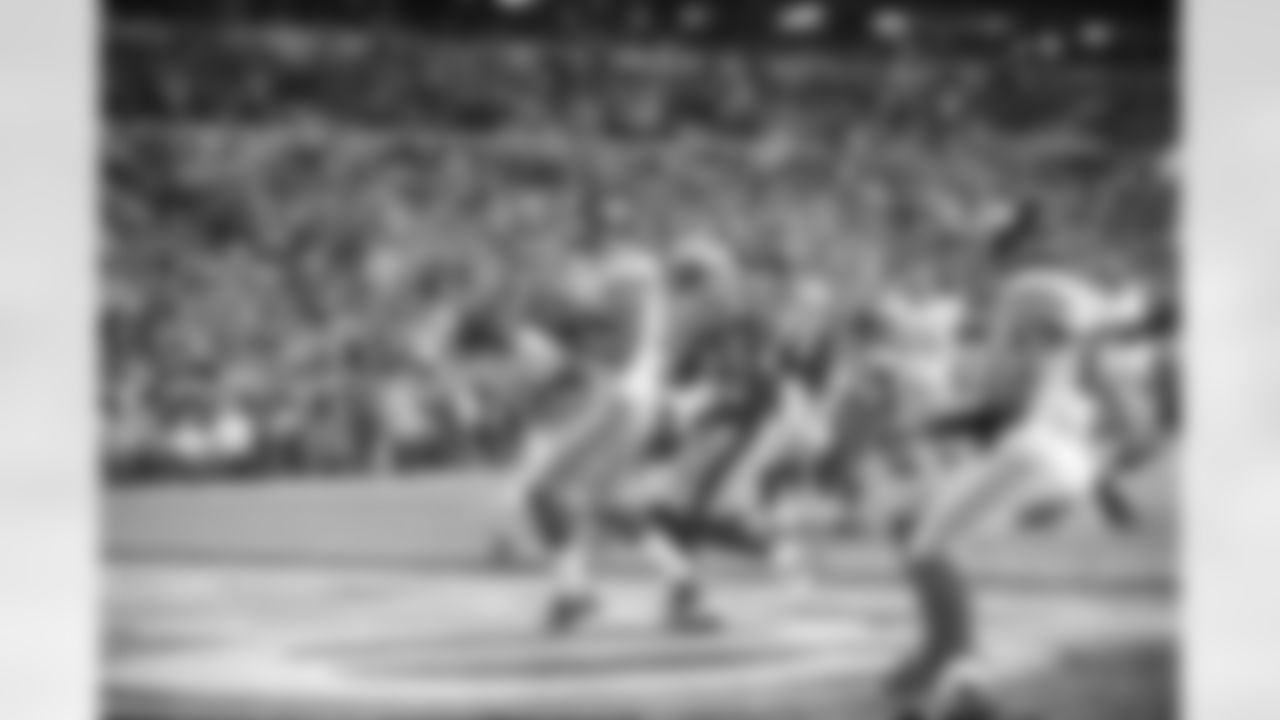
New York Giants wide receiver Victor Cruz scores a first quarter touchdown during NFL Super Bowl XLVI against the New England Patriots, Sunday, Feb. 5, 2012, in Indianapolis (AP Photo/EvanPinkus)

New York Giants quaterback Eli Manning (10) drops back to pass during NFL Super Bowl XLVI against the New England Patriots, Sunday, Feb. 5, 2012, in Indianapolis (AP Photo/EvanPinkus)
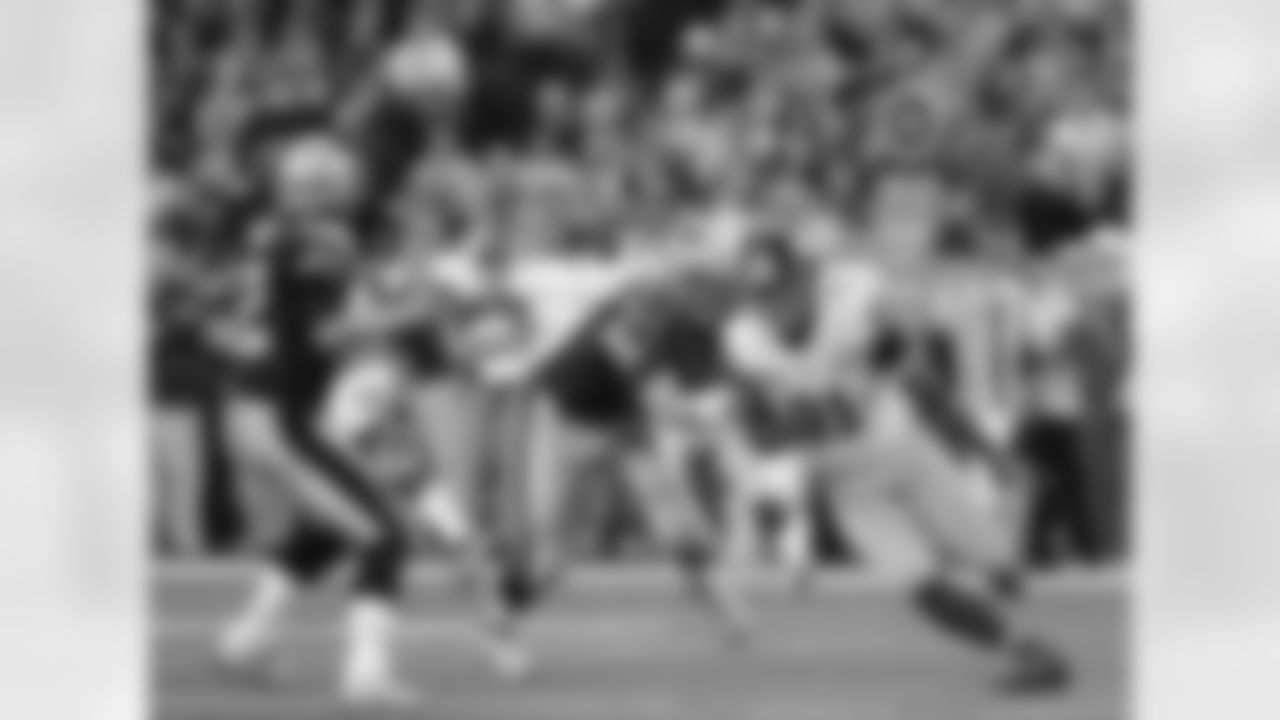
New York Giants defensive end Justin Tuck (91) during NFL Super Bowl XLVI against the New England Patriots, Sunday, Feb. 5, 2012, in Indianapolis (AP Photo/EvanPinkus)
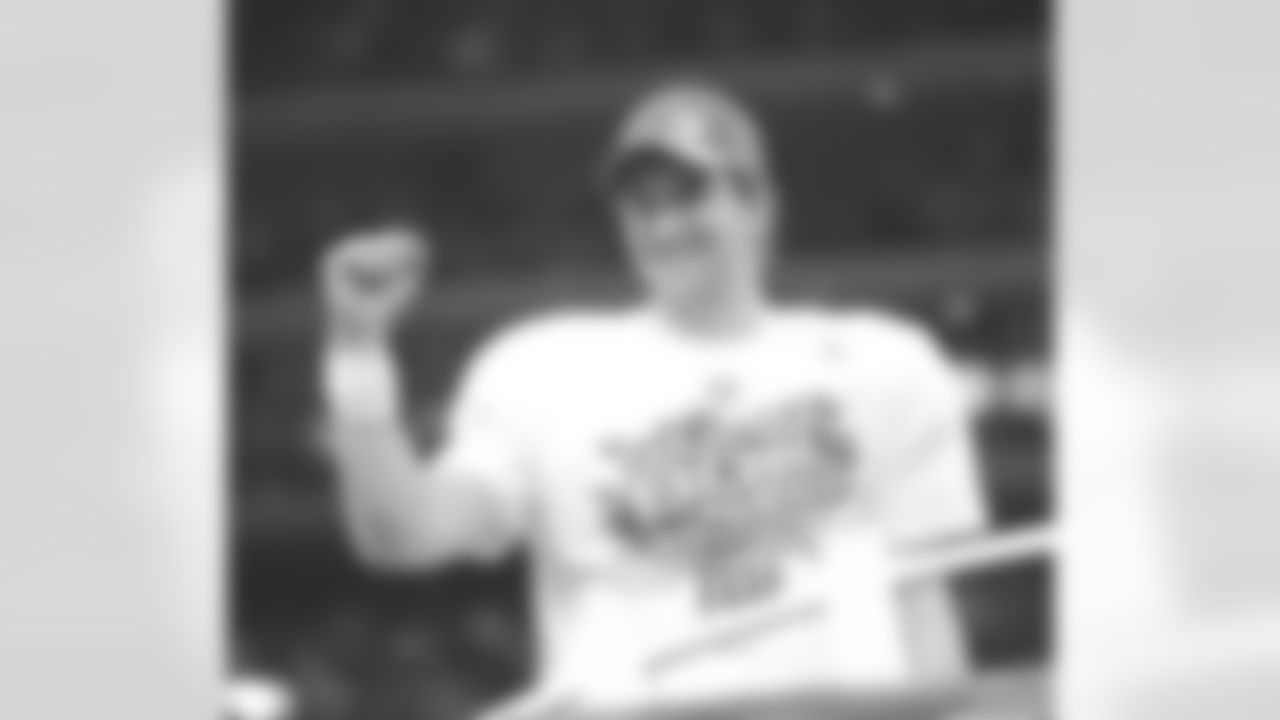
New York Giants quaterback Eli Manning celebrates with the Vince Lombardi trophy after winning the NFL Super Bowl XLVI against the New England Patriots, Sunday, Feb. 5, 2012, in Indianapolis
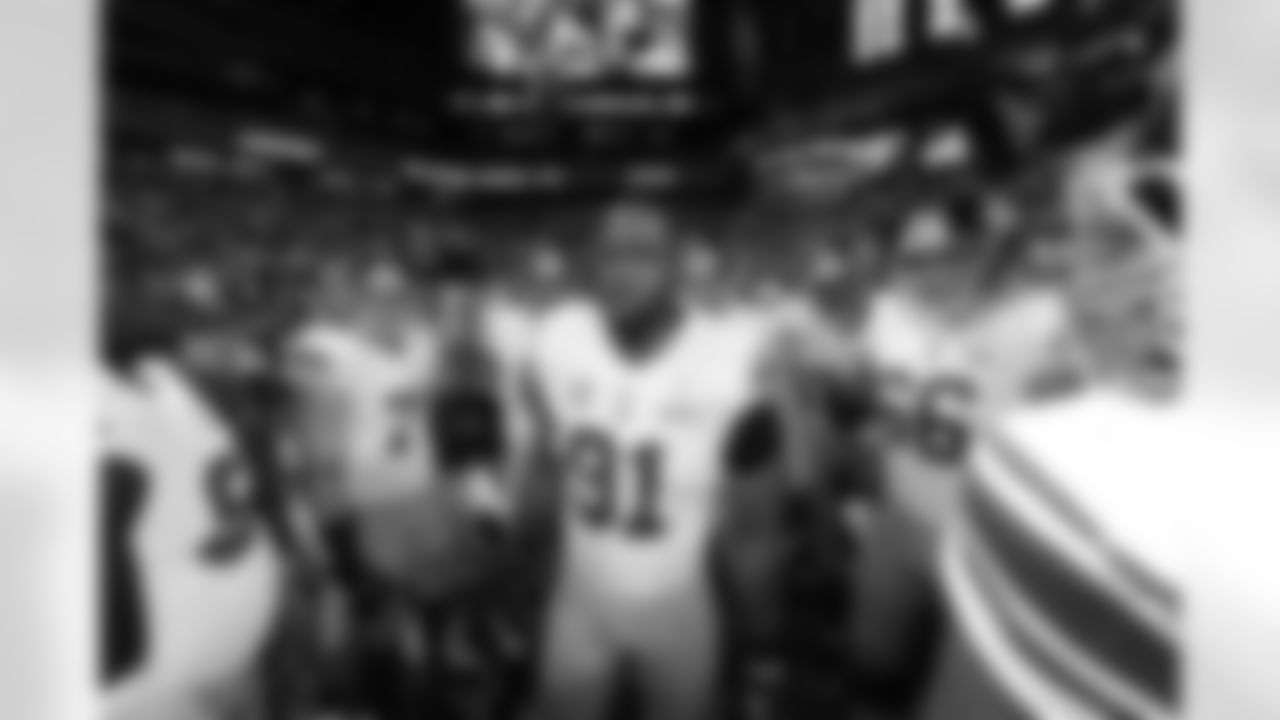
New York Giants defensive captain Justin Tuck (91) talks to his team mates before NFL Super Bowl XLVI against the New England Patriots, Sunday, Feb. 5, 2012, in Indianapolis (AP Photo/EvanPinkus)
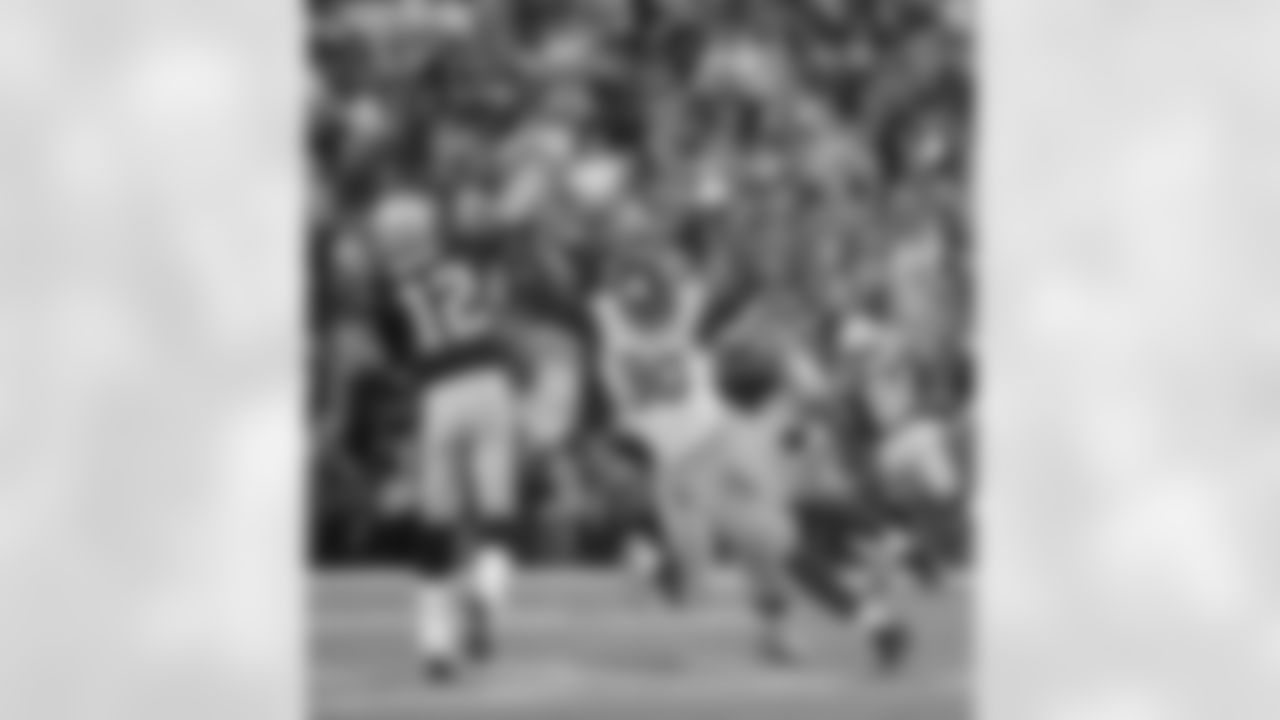
New York Giants defensive end Jason Pierre-Paul (90) applies pressure during the NFL Super Bowl XLVI against the New England Patriots, Sunday, Feb. 5, 2012, in Indianapolis (AP Photo/EvanPinkus)
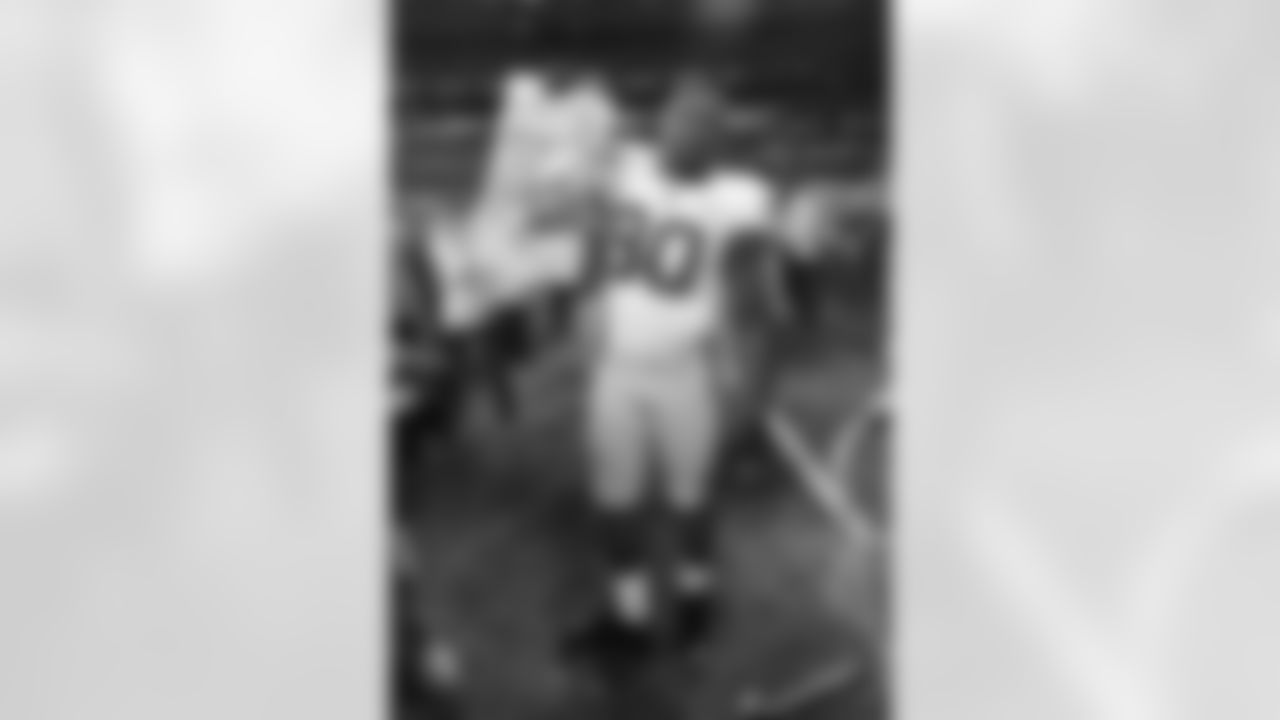
New York Giants defensive end Jason Pierre-Paul celebrates winning the NFL Super Bowl XLVI against the New England Patriots, Sunday, Feb. 5, 2012, in Indianapolis
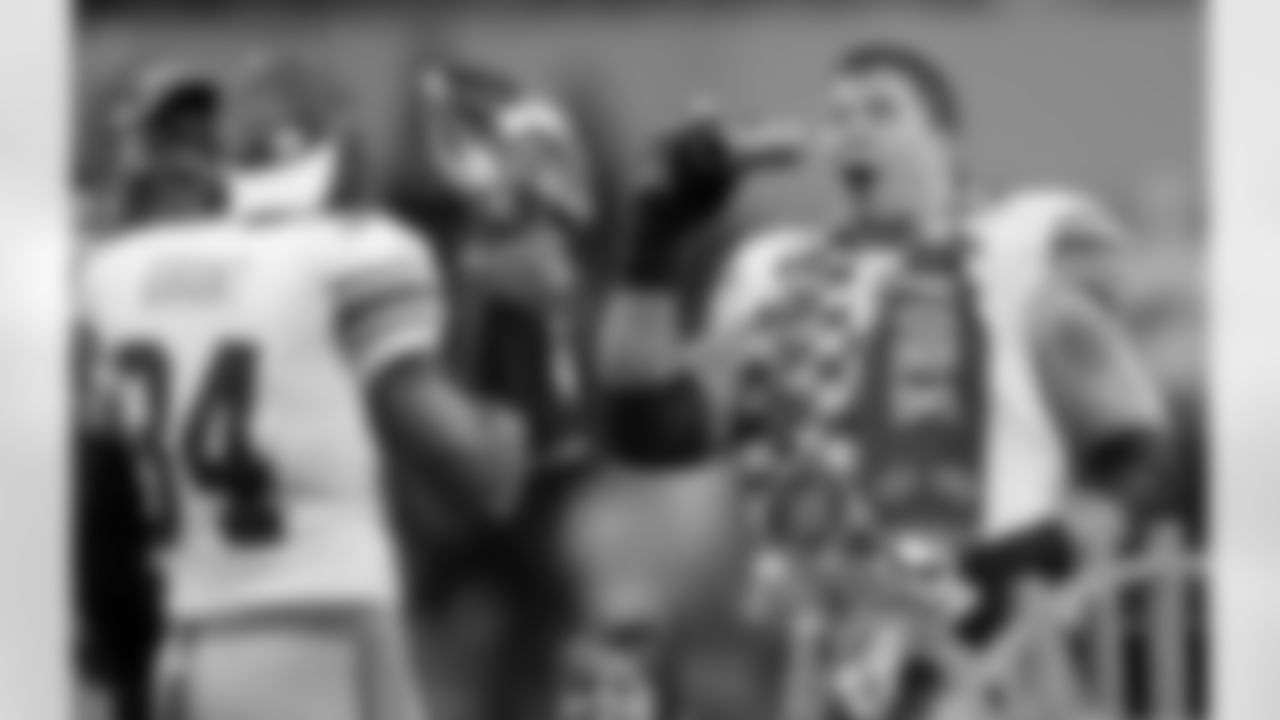
New York Giants guard David Diehl, right, and Deon Grant celebrate after defeating the New England Patriots in the NFL Super Bowl XLVI football game, Sunday, Feb. 5, 2012, in Indianapolis. The Giants won 21-17. (AP Photo/Marcio Jose Sanchez)
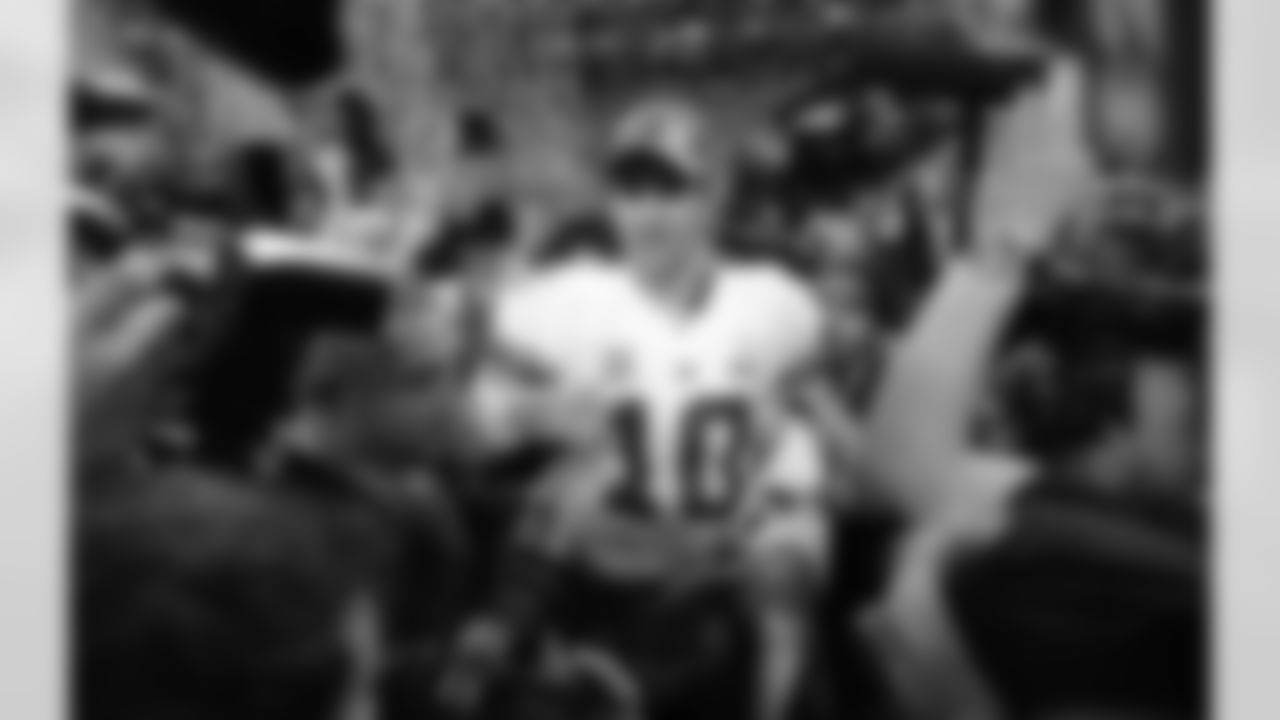
New York Giants quarterback Eli Manning, center, is surrounded by photographers as he celebrates his team's 21-17 win against the New England Patriots after the NFL Super Bowl XLVI football game Sunday, Feb. 5, 2012, in Indianapolis. (AP Photo/Marcio Jose Sanchez)
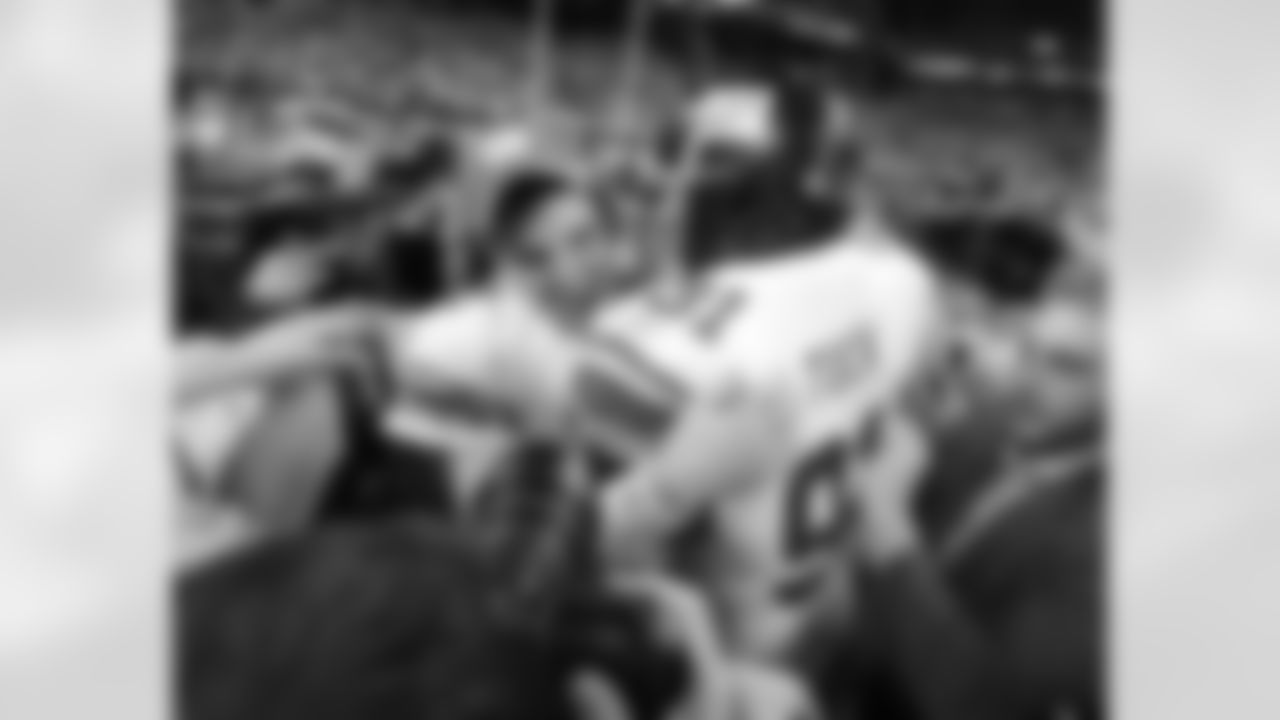
New York Giants quarterback Eli Manning reacts with defensive end Justin Tuck, right, after their team's 21-17 win over the New England Patriots in the NFL Super Bowl XLVI football game Sunday, Feb. 5, 2012, in Indianapolis. (AP Photo/Eric Gay)
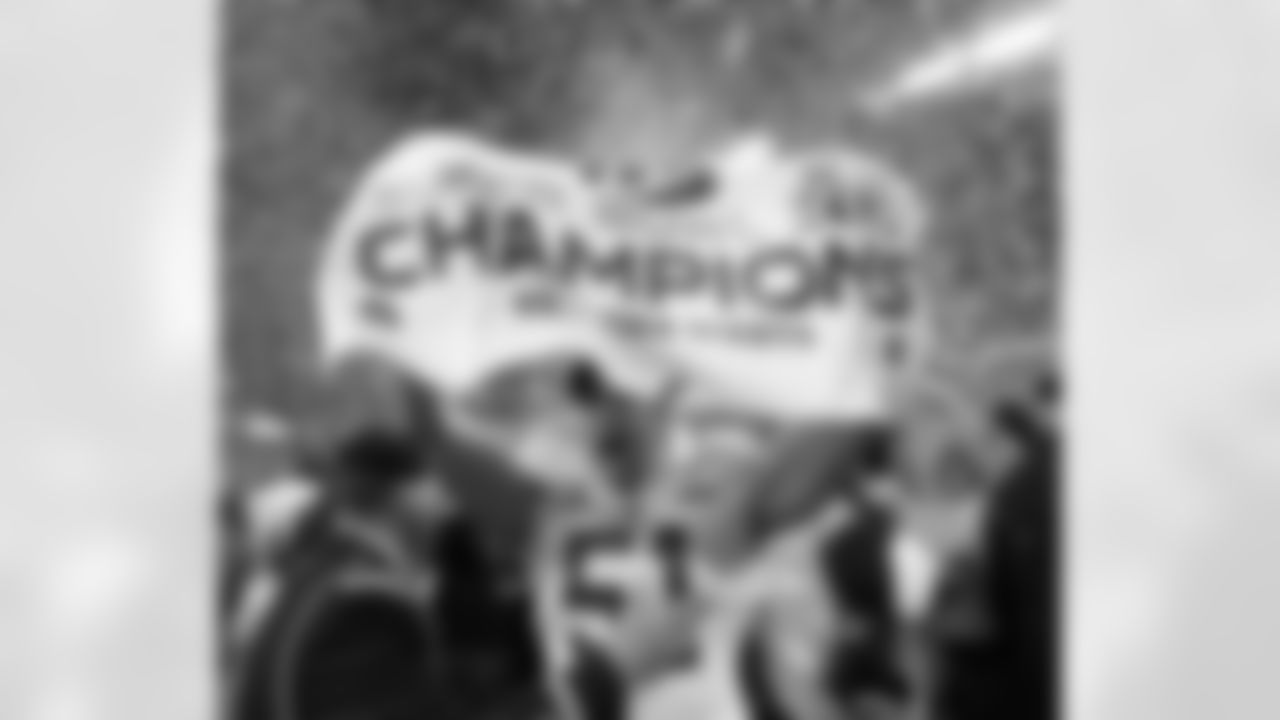
New York Giants long snapper Zak DeOssie (51) celebrates after his team's 21-17 win over the New England Patriots in the NFL Super Bowl XLVI football game, Sunday, Feb. 5, 2012, in Indianapolis. (AP Photo/Marcio Jose Sanchez)
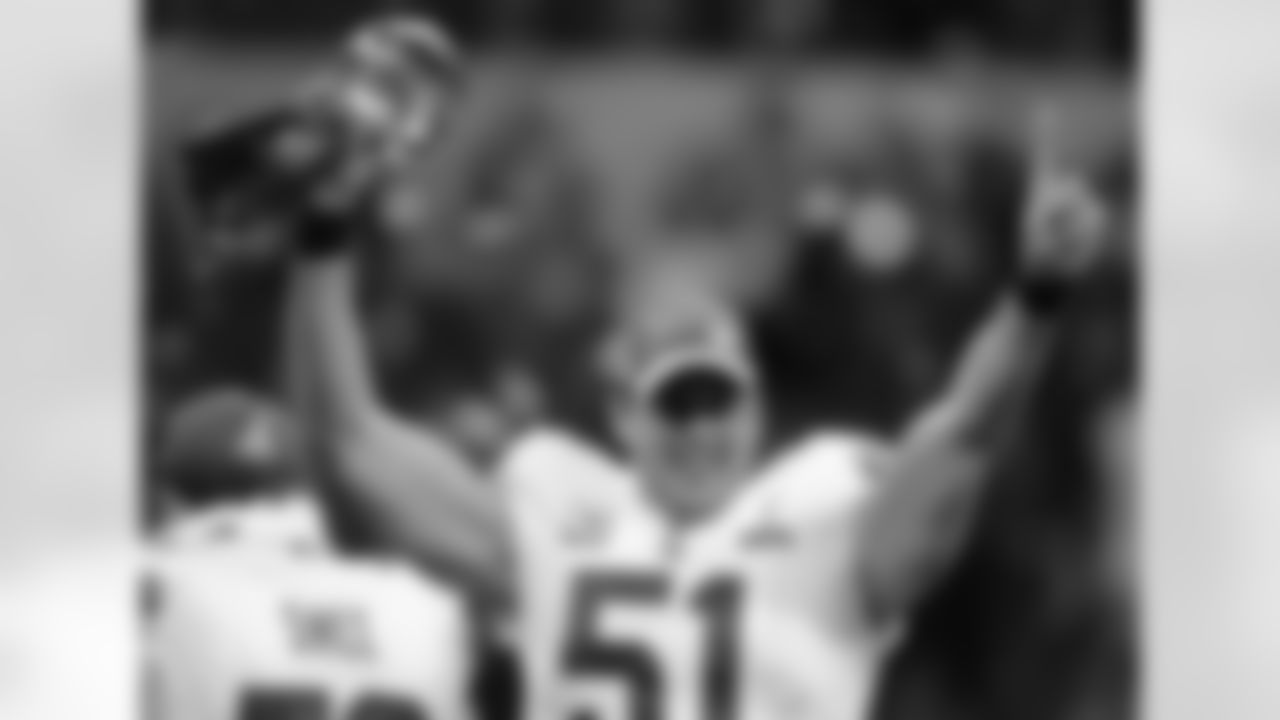
New York Giants long snapper Zak DeOssie celebrates with the Vince Lombardi Trophy after the Giants' 21-17 win over the New England Patriots in the NFL Super Bowl XLVI football game Sunday, Feb. 5, 2012, in Indianapolis. (AP Photo/Chris O'Meara)
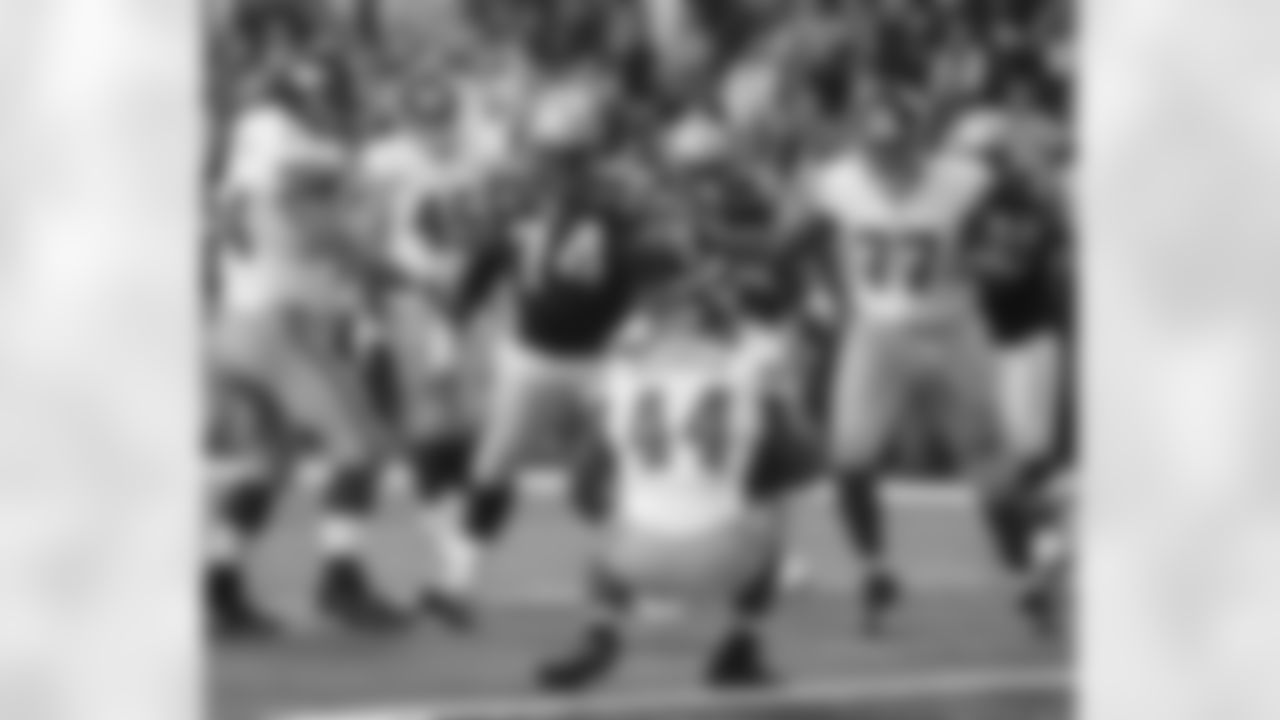
New York Giants running back Ahmad Bradshaw (44) scores a touchdown during the second half of the NFL Super Bowl XLVI football game against the New England Patriots Sunday, Feb. 5, 2012, in Indianapolis. The Giants won 21-17. (AP Photo/Marcio Jose Sanchez)

Madonna performs with Cee Lo Green during the halftime show during the NFL Super Bowl XLVI football game between the New York Giants and the New England Patriots on Sunday, February 5, 2012 in Indianapolis, IN. The Giants won the game 21-17. (AP Photo/Greg Trott)
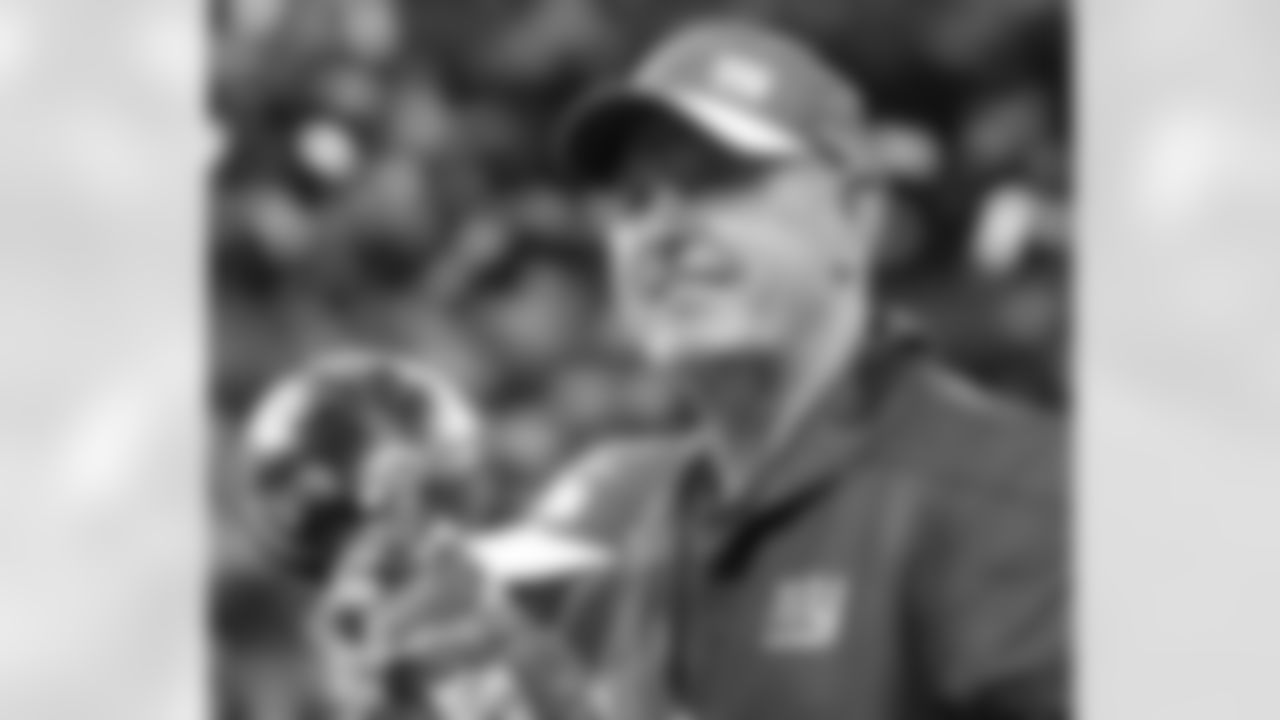
New York Giants head coach Tom Coughlin holds the Vince Lombardi Trophy after his team's 21-17 win over the New England Patriots in the NFL Super Bowl XLVI football game, Sunday, Feb. 5, 2012, in Indianapolis. (AP Photo/David J. Phillip)
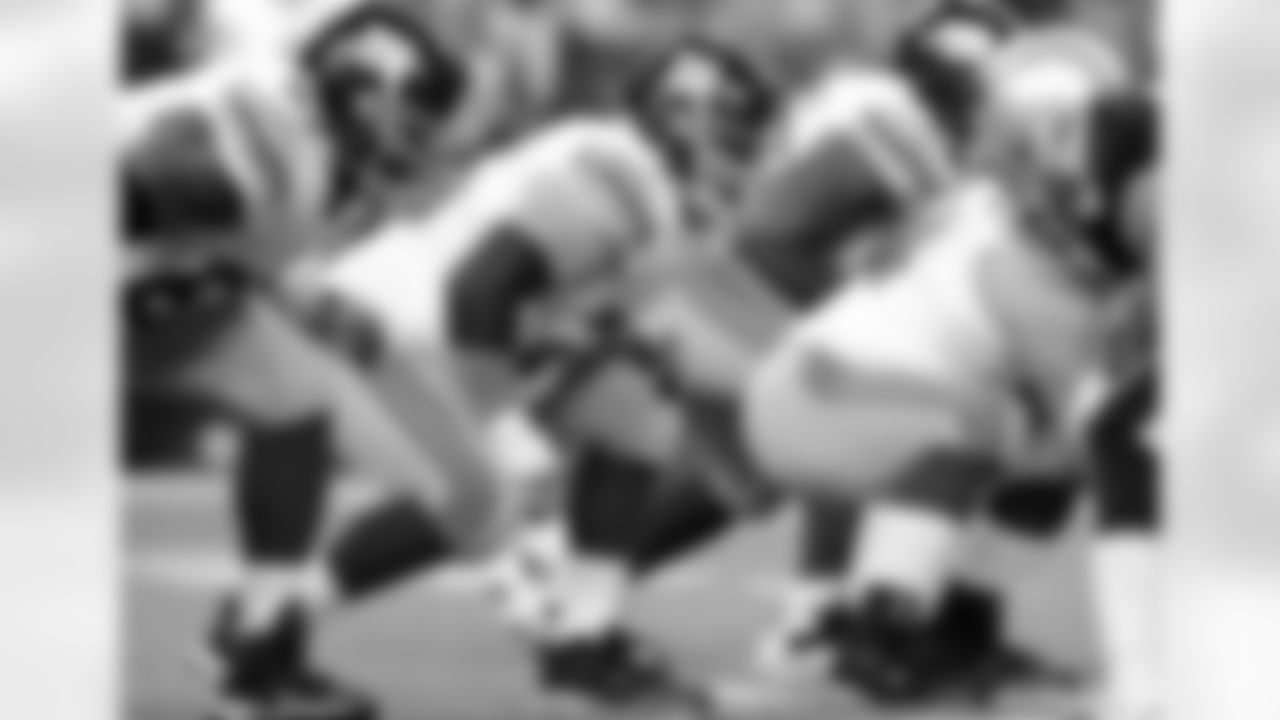
New York Giants offensive lineman Chris Snee (76) waits for the snap during the NFL Super Bowl XLVI football game against the New England Patriots on Sunday, February 5, 2012 in Indianapolis, IN. The Giants won the game 21-17. (AP Photo/Greg Trott)
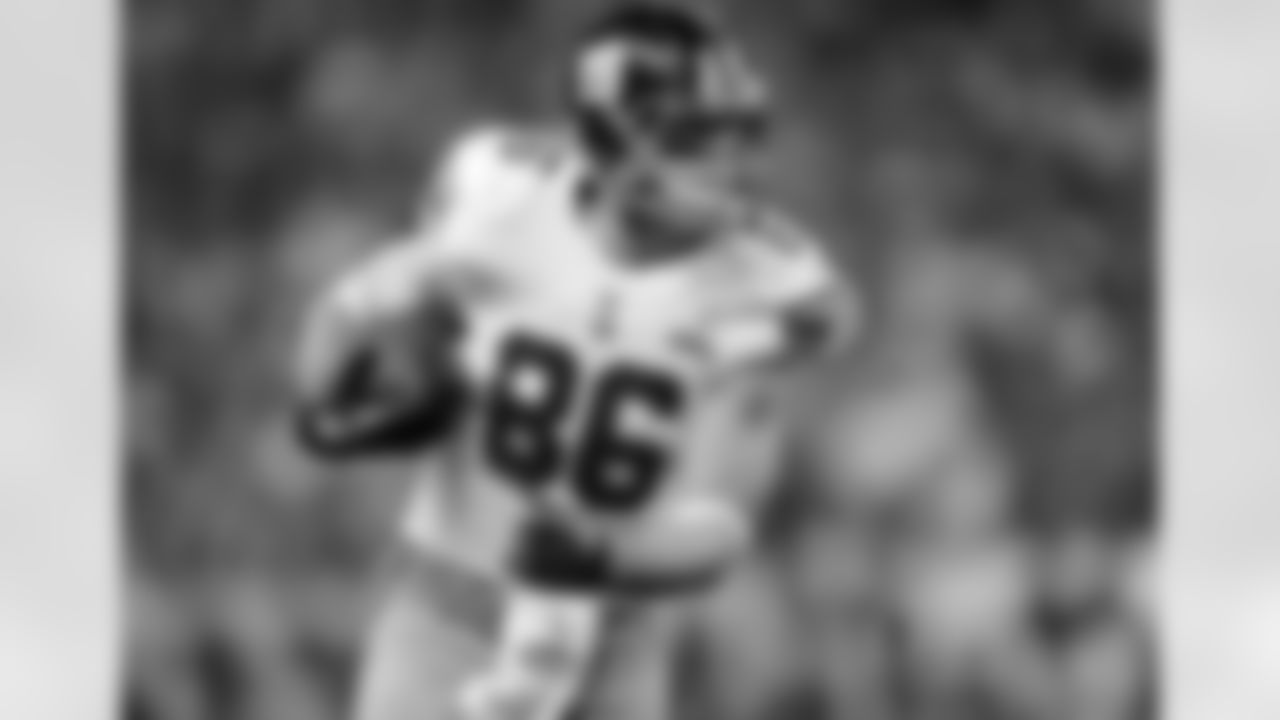
New York Giants tight end Bear Pascoe (86) heads downfield during the NFL Super Bowl XLVI football game against the New England Patriots on Sunday, February 5, 2012 in Indianapolis, IN. The Giants won the game 21-17. (AP Photo/Greg Trott)
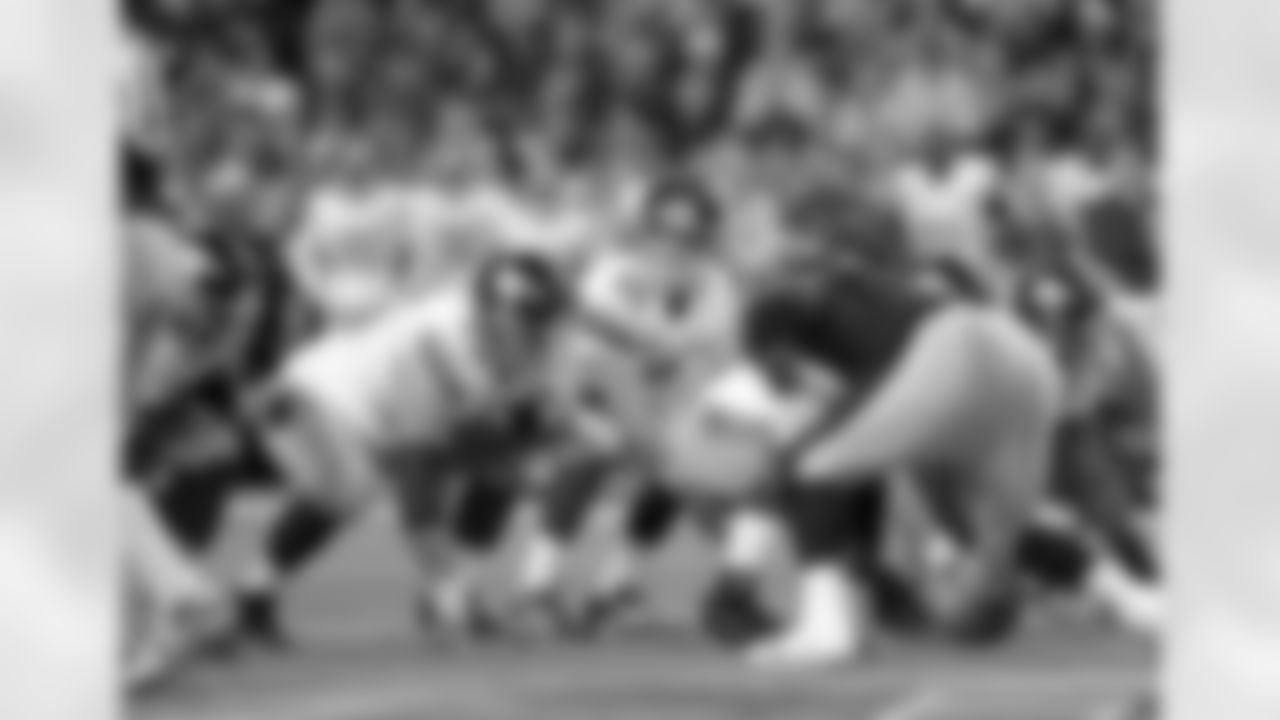
New York Giants quarterback Eli Manning (10) calls a play during the NFL Super Bowl XLVI football game against the New England Patriots on Sunday, February 5, 2012 in Indianapolis, IN. The Giants won the game 21-17. (AP Photo/Greg Trott)
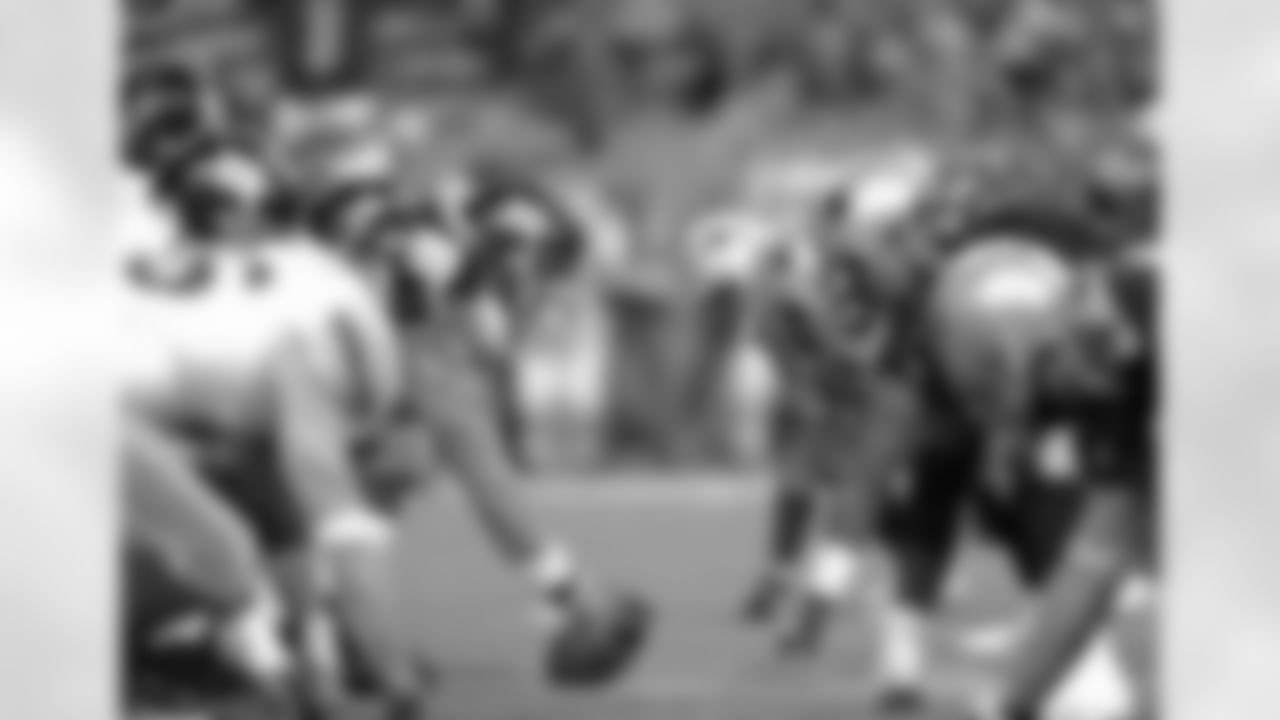
The New York Giants offensive line waits for the snap at the line of scrimmage during the NFL Super Bowl XLVI football game against the New England Patriots on Sunday, February 5, 2012 in Indianapolis, IN. The Giants won the game 21-17. (AP Photo/Greg Trott)
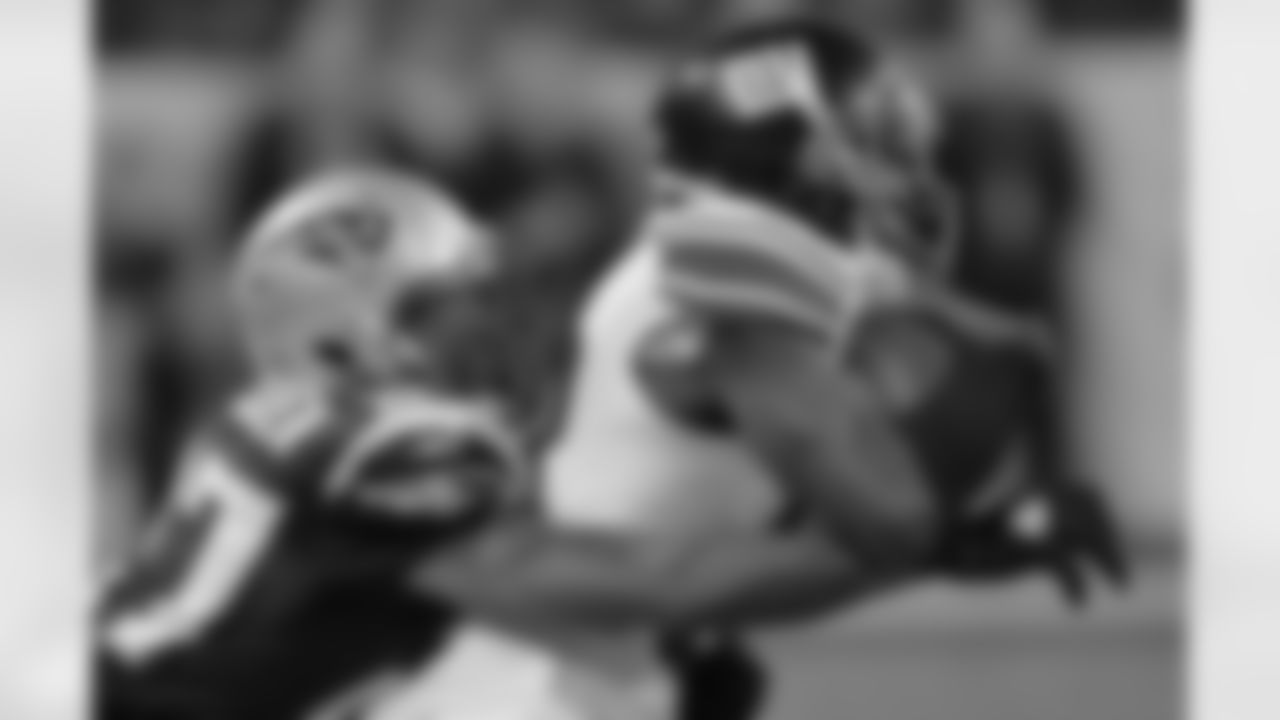
New England Patriots cornerback Antwaun Molden, left, stops New York Giants wide receiver Hakeem Nicks, right, during the first half of the NFL Super Bowl XLVI football game, Sunday, Feb. 5, 2012, in Indianapolis. (AP Photo/Chris O'Meara)
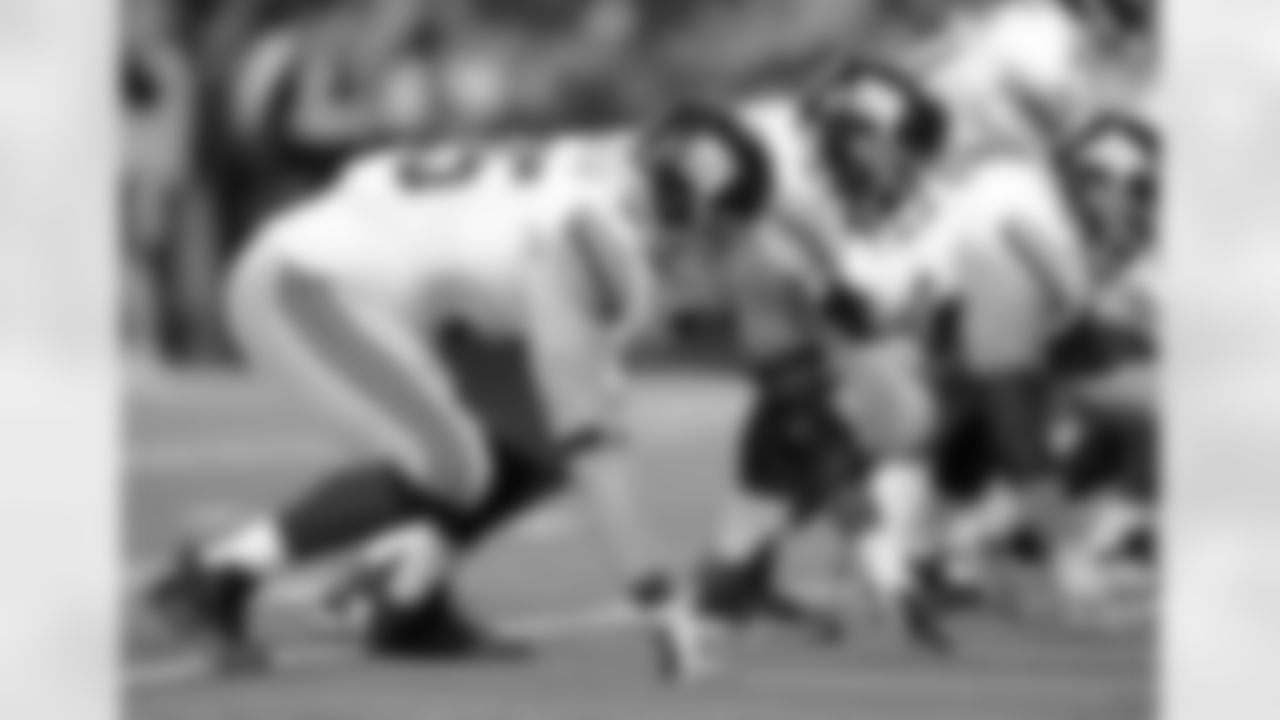
New York Giants tight end Jake Ballard (85) waits for the snap during the NFL Super Bowl XLVI football game against the New England Patriots on Sunday, February 5, 2012 in Indianapolis, IN. The Giants won the game 21-17. (AP Photo/Greg Trott)
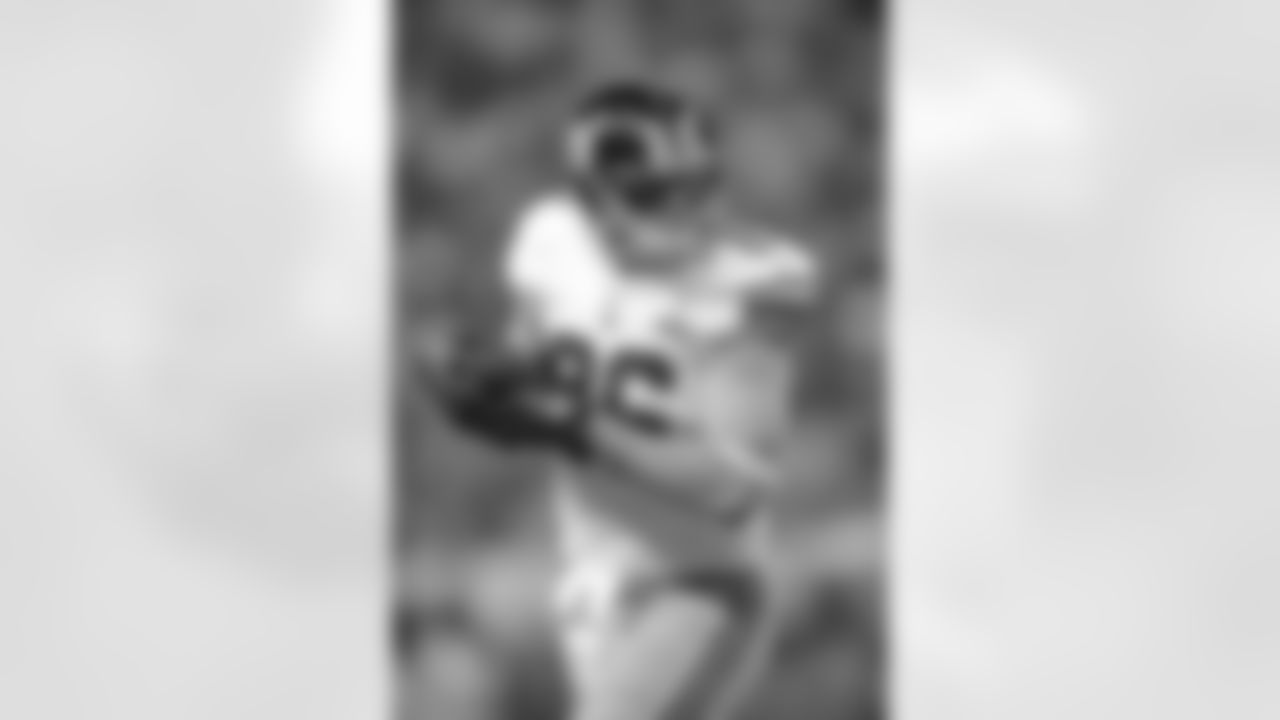
New York Giants tight end Bear Pascoe (86) heads downfield during the NFL Super Bowl XLVI football game against the New England Patriots on Sunday, February 5, 2012 in Indianapolis, IN. The Giants won the game 21-17. (AP Photo/Greg Trott)
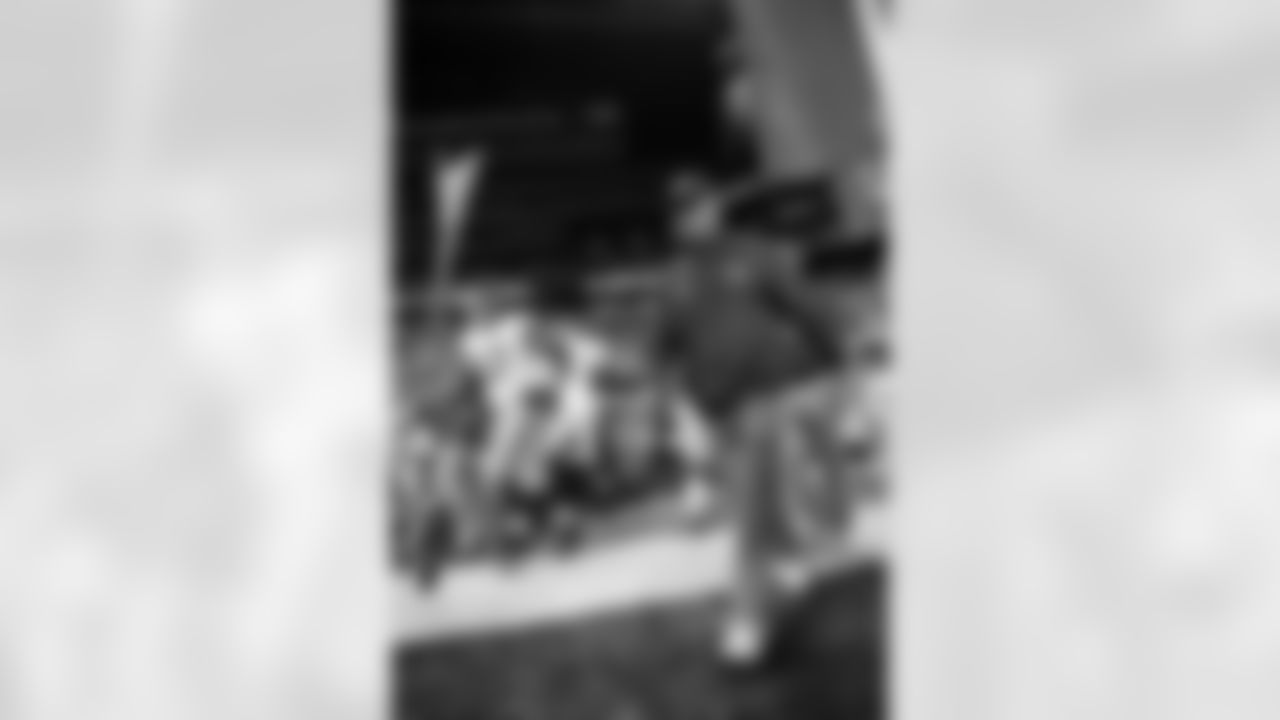
New York Giants head coach Tom Coughlin takes the field with his team during the NFL Super Bowl XLVI football game against the New England Patriots on Sunday, February 5, 2012 in Indianapolis, IN. The Giants won the game 21-17. (AP Photo/Greg Trott)
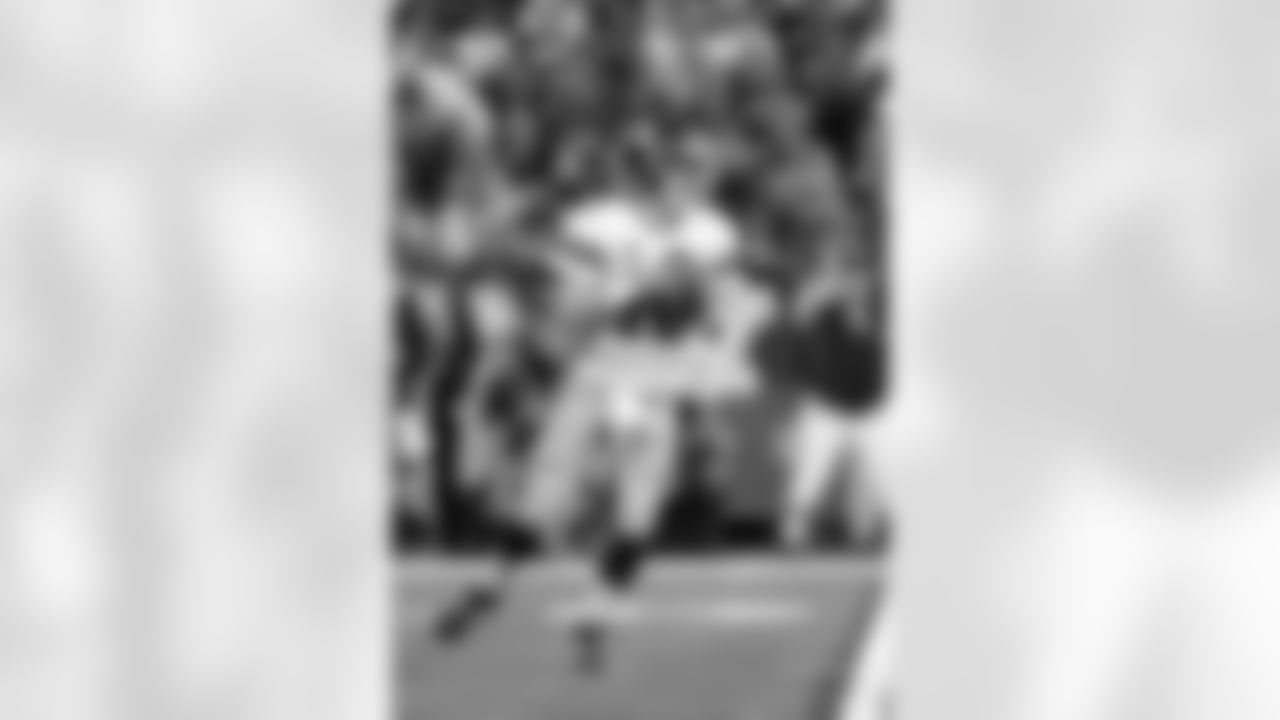
New York Giants quarterback Eli Manning (10) passes during the NFL Super Bowl XLVI football game against the New England Patriots on Sunday, February 5, 2012 in Indianapolis, IN. The Giants won the game 21-17. (AP Photo/Greg Trott)
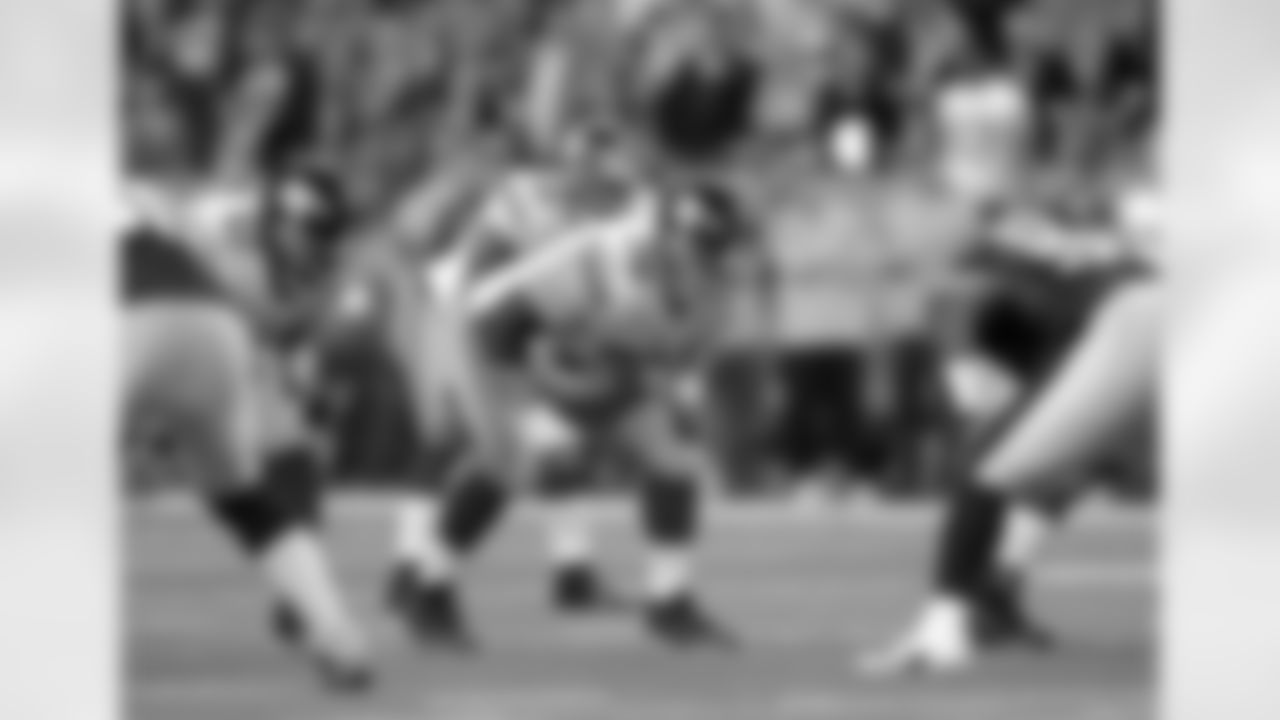
New York Giants offesniev lineman Chris Snee (76) waits for the snap during the NFL Super Bowl XLVI football game against the New England Patriots on Sunday, February 5, 2012 in Indianapolis, IN. The Giants won the game 21-17. (AP Photo/Greg Trott)
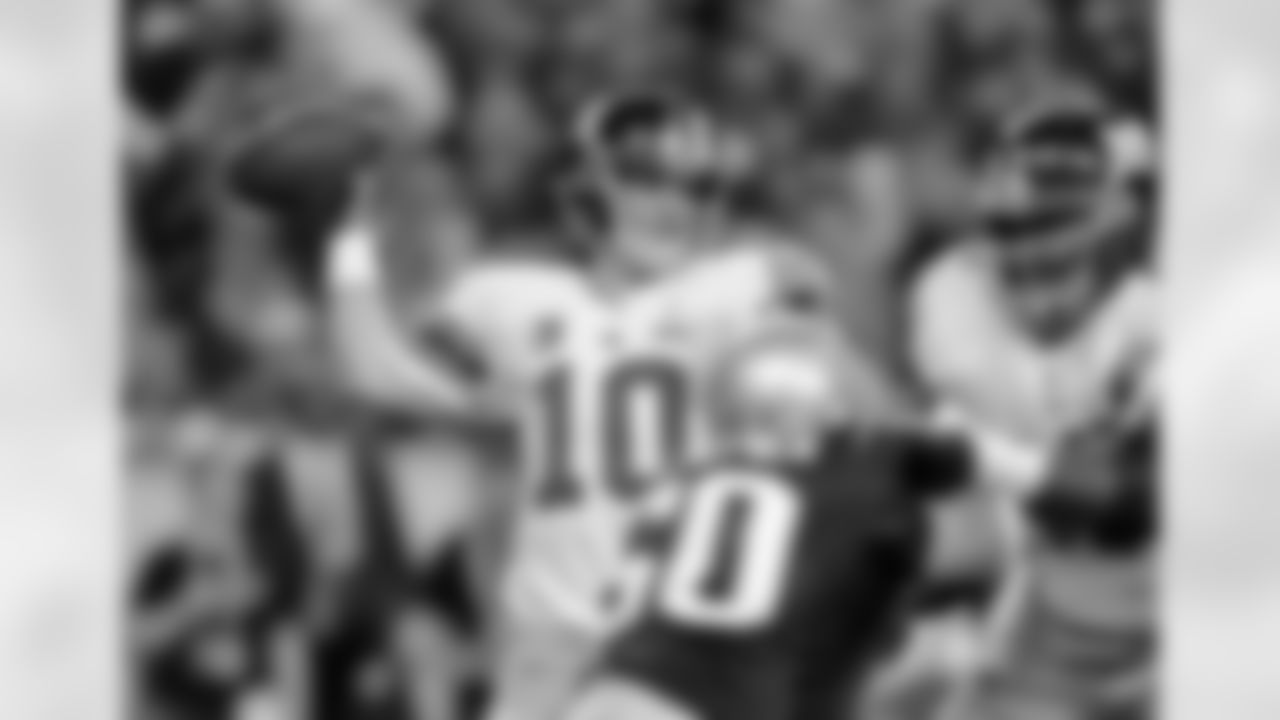
New York Giants quarterback Eli Manning (10) passes during the NFL Super Bowl XLVI football game against the New England Patriots on Sunday, February 5, 2012 in Indianapolis, IN. The Giants won the game 21-17. (AP Photo/Greg Trott)

New York Giants quarterback Eli Manning (10) calls a play during the NFL Super Bowl XLVI football game against the New England Patriots on Sunday, February 5, 2012 in Indianapolis, IN. The Giants won the game 21-17. (AP Photo/Greg Trott)
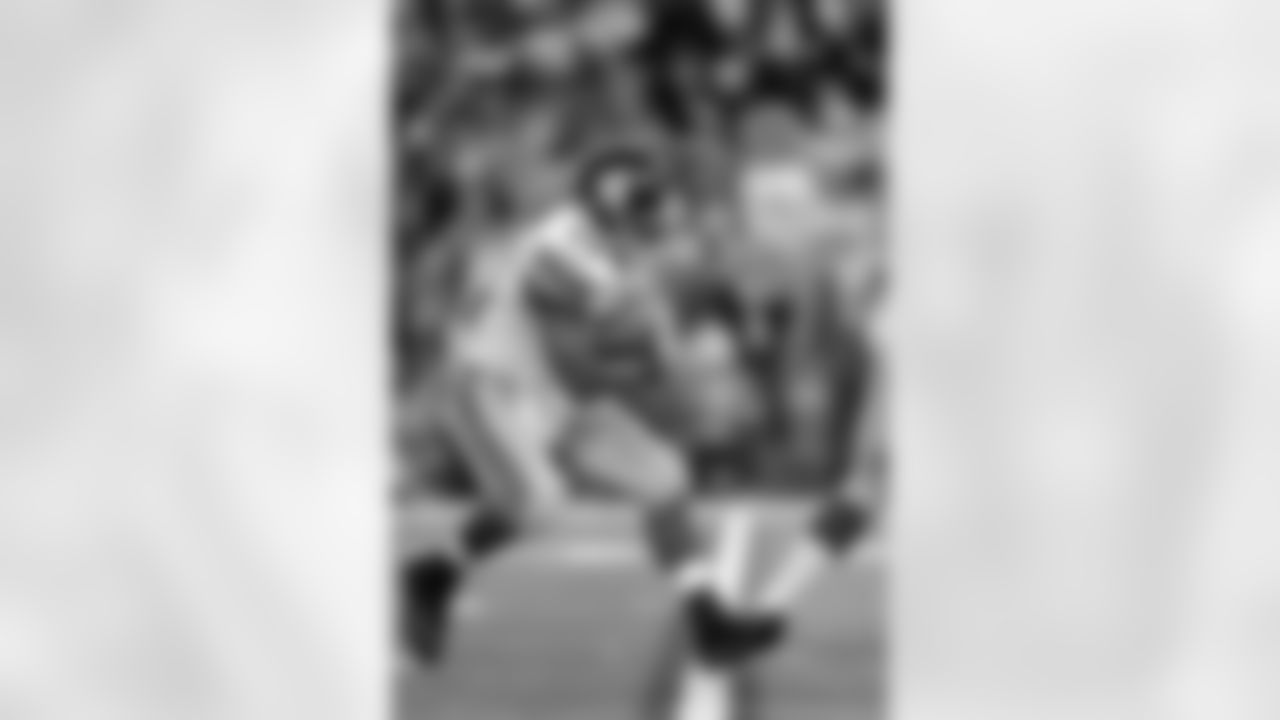
New York Giants running back Ahmad Bradshaw (44) heads downfield during the NFL Super Bowl XLVI football game against the New England Patriots on Sunday, February 5, 2012 in Indianapolis, IN. The Giants won the game 21-17. (AP Photo/Greg Trott)
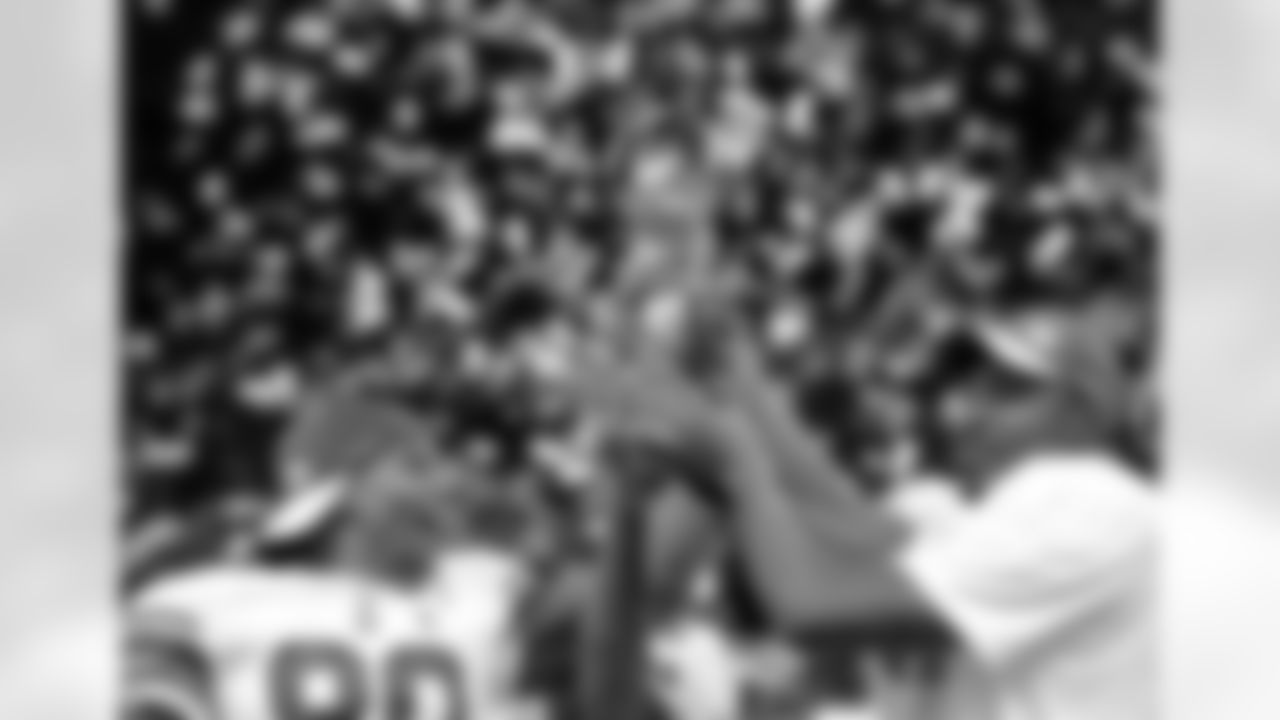
New York Giants wide receivers Victor Cruz (80) and Hakeem Nicks (88, far right) celebrate during the NFL Super Bowl XLVI football game against the New England Patriots on Sunday, February 5, 2012 in Indianapolis, IN. The Giants won the game 21-17. (AP Photo/Greg Trott)
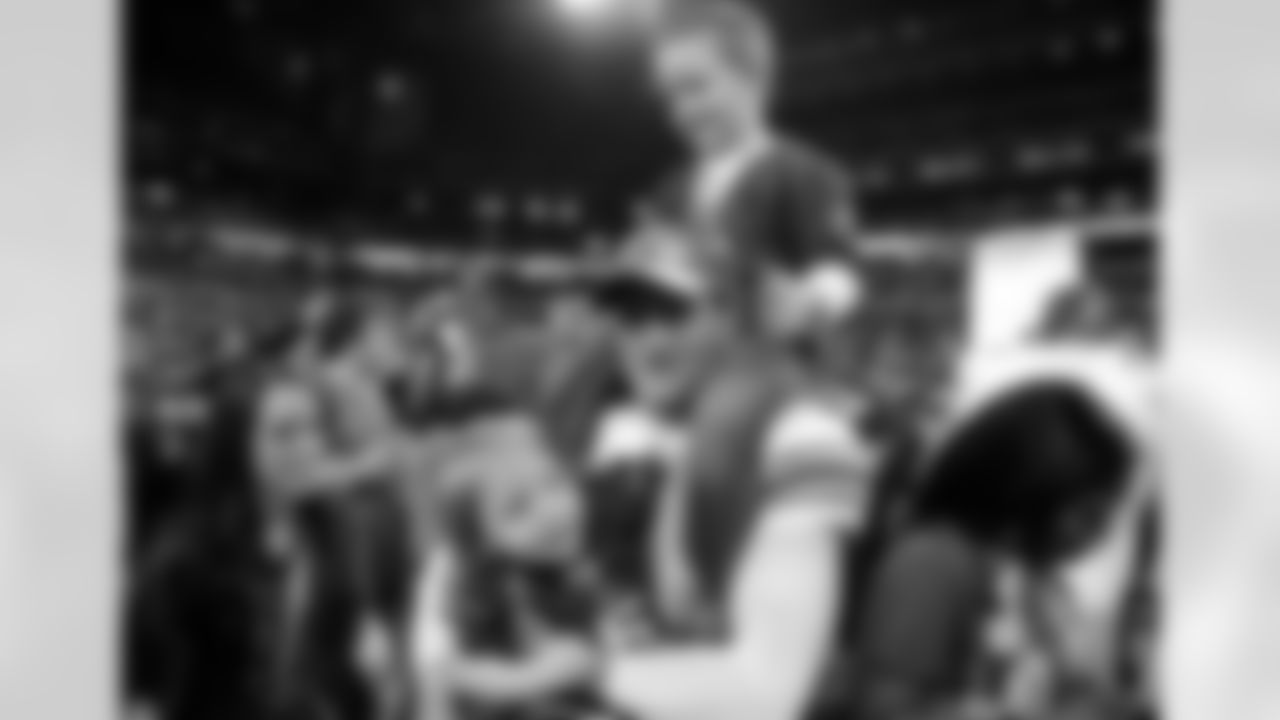
New York Giants punter Steve Weatherford (5) celebrates with his family after the NFL Super Bowl XLVI football game against the New England Patriots on Sunday, February 5, 2012 in Indianapolis, IN. The Giants won the game 21-17. (AP Photo/Greg Trott)
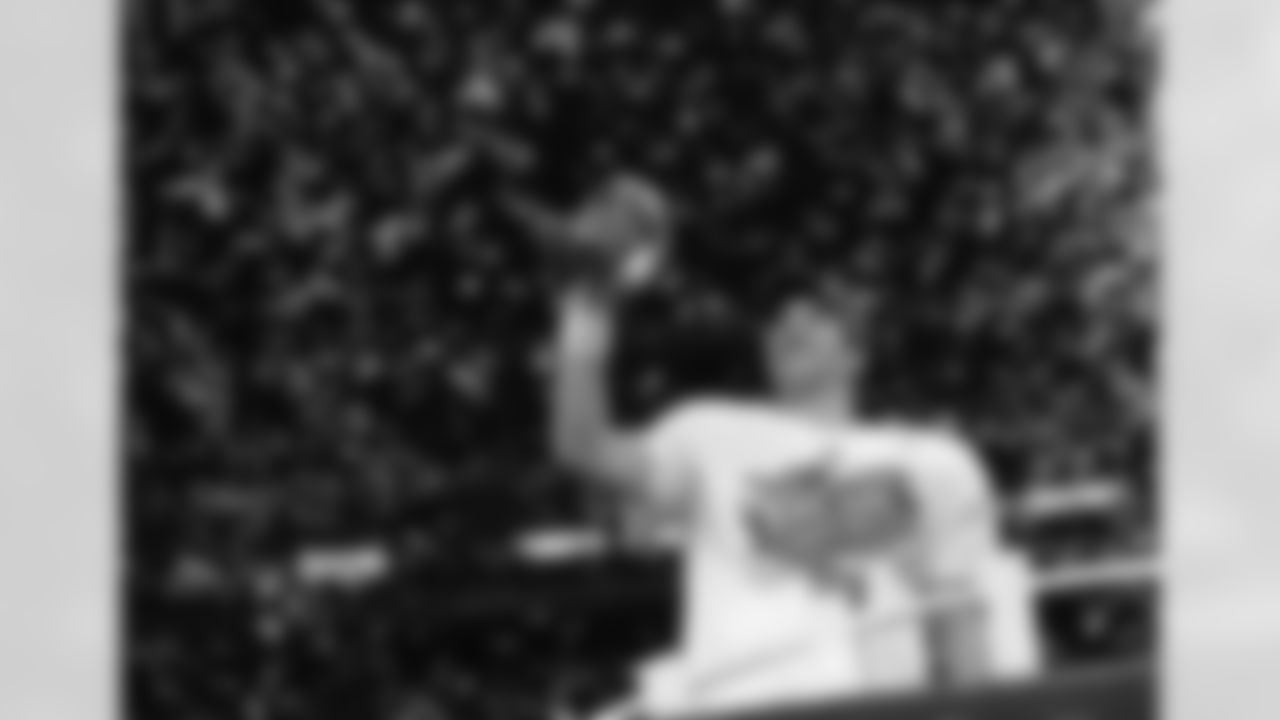
New York Giants quarterback Eli Manning (10) celebrates with the Lombardi Trophy during the NFL Super Bowl XLVI football game against the New England Patriots on Sunday, February 5, 2012 in Indianapolis, IN. The Giants won the game 21-17. (AP Photo/Greg Trott)

New York Giants head coach Tom Coughlin holds the Lombardi Trophy aloft during the NFL Super Bowl XLVI football game against the New England Patriots on Sunday, February 5, 2012 in Indianapolis, IN. The Giants won the game 21-17. (AP Photo/Greg Trott)
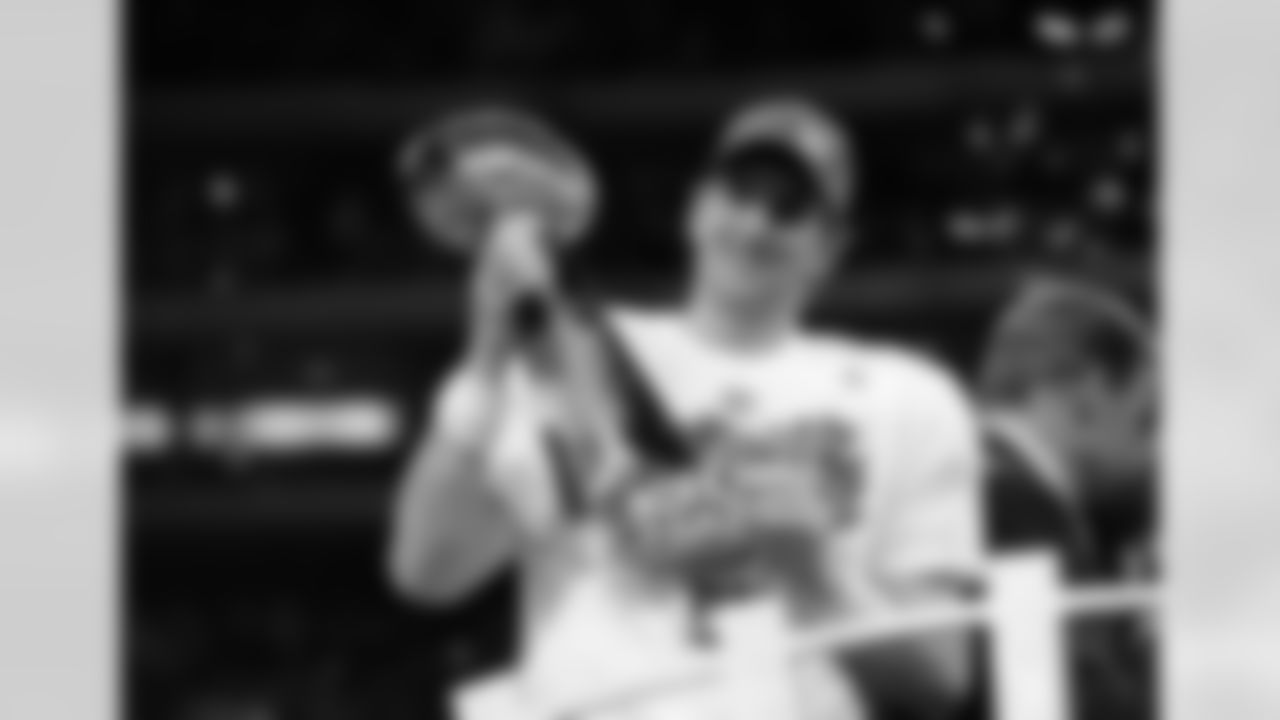
New York Giants quarterback Eli Manning (10) holds the Lombardi Trophy during the NFL Super Bowl XLVI football game against the New England Patriots on Sunday, February 5, 2012 in Indianapolis, IN. The Giants won the game 21-17. (AP Photo/Greg Trott)
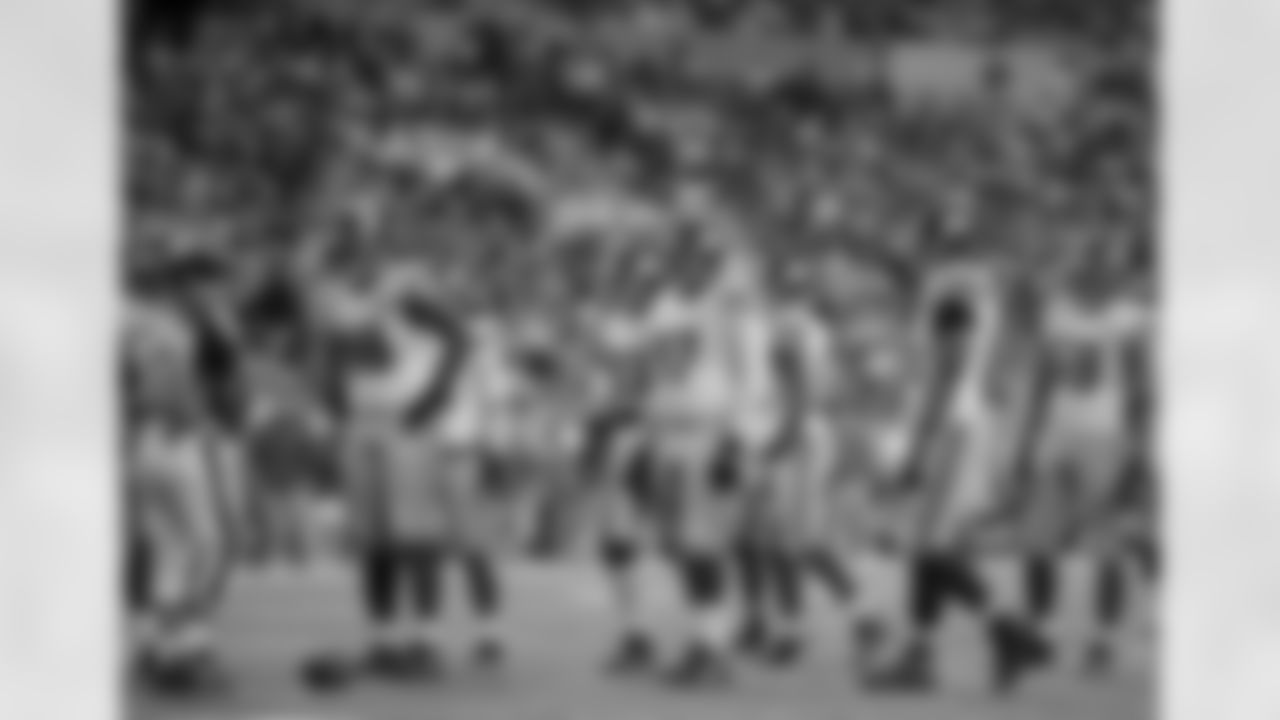
The New York Giants offense waits for the snap during the NFL Super Bowl XLVI football game against the New England Patriots on Sunday, February 5, 2012 in Indianapolis, IN. The Giants won the game 21-17. (AP Photo/Greg Trott)
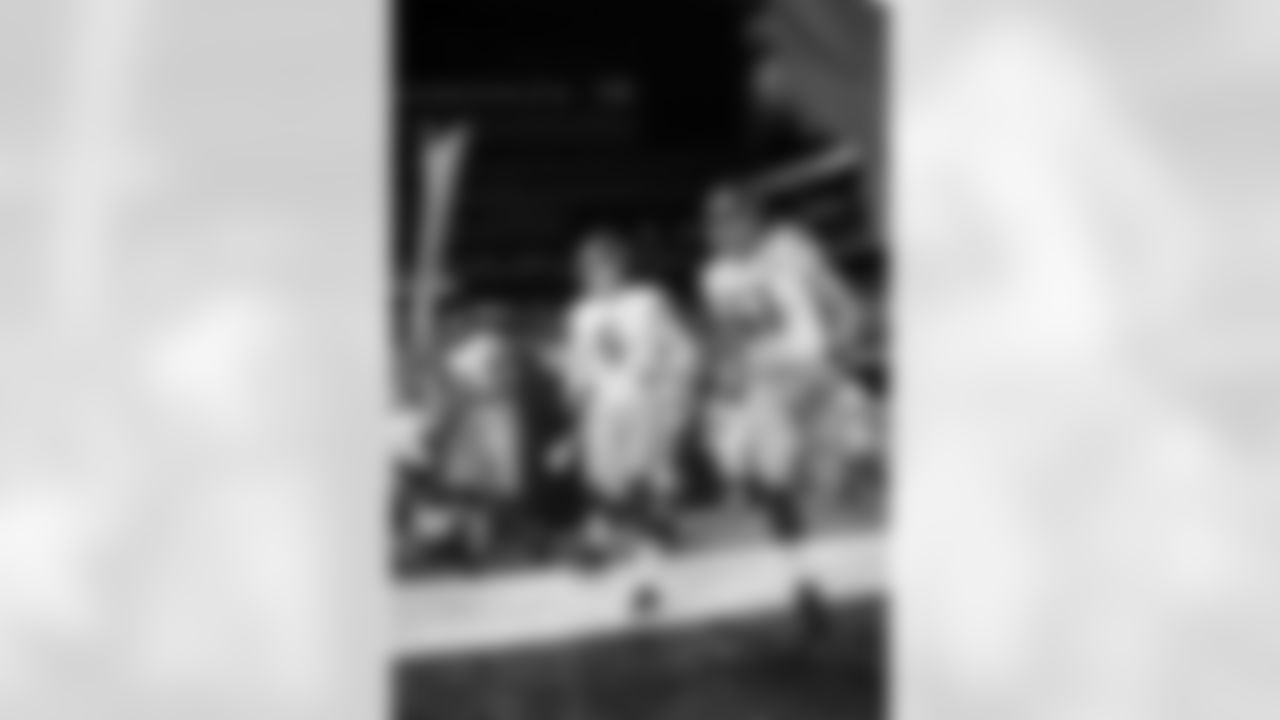
New York Giants players take the field during the NFL Super Bowl XLVI football game against the New England Patriots on Sunday, February 5, 2012 in Indianapolis, IN. The Giants won the game 21-17. (AP Photo/Greg Trott)
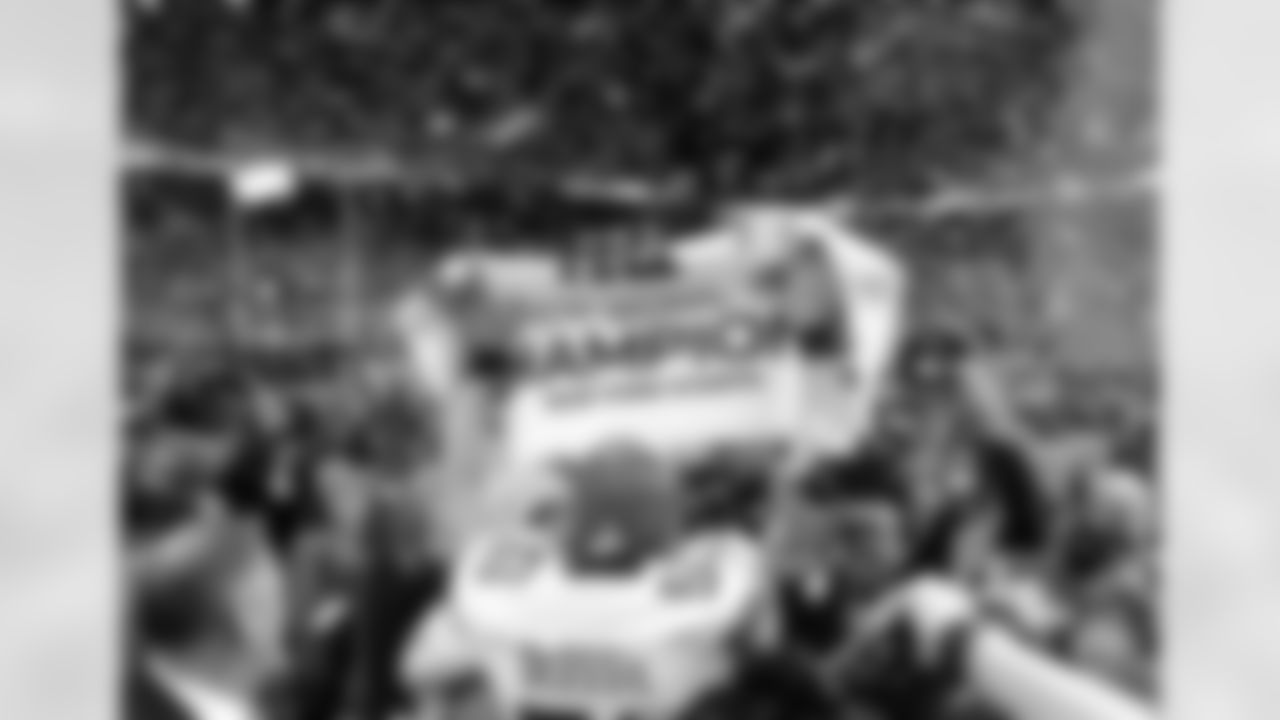
New York Giants long snapper Zach DeOssie (51) celebrates during the NFL Super Bowl XLVI football game against the New England Patriots on Sunday, February 5, 2012 in Indianapolis, IN. The Giants won the game 21-17. (AP Photo/Greg Trott)
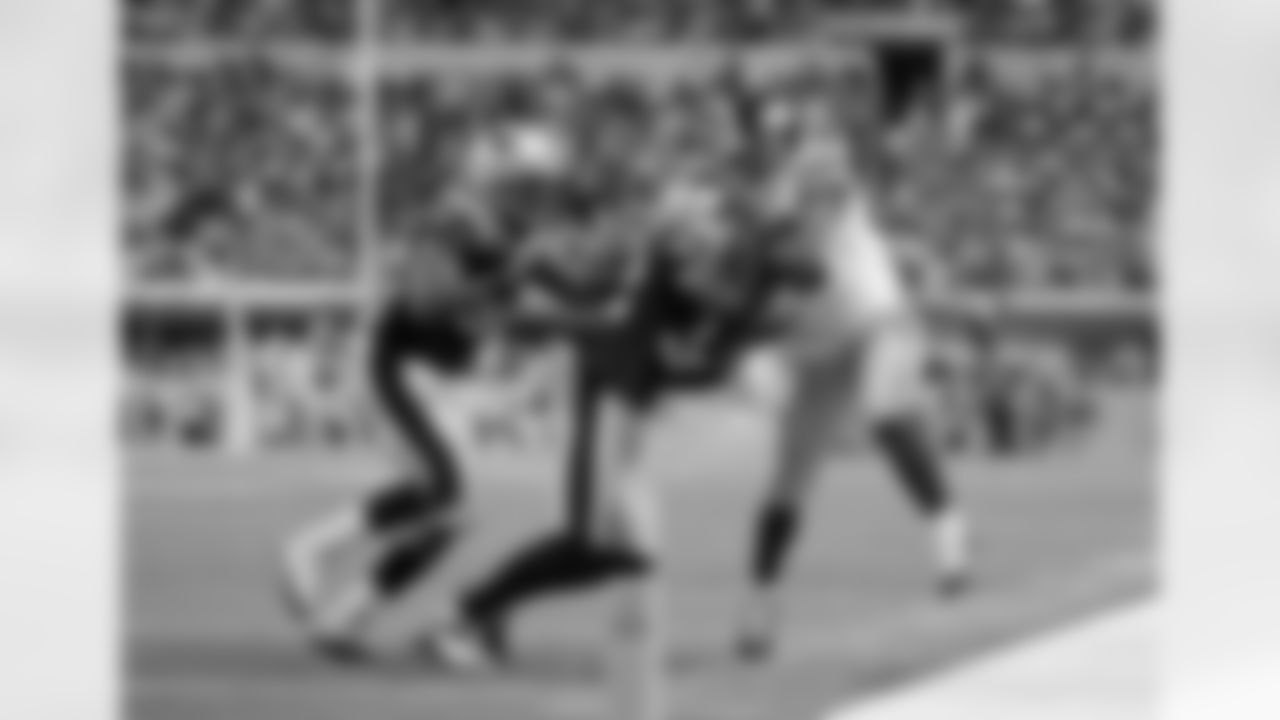
New York Giants wide receiver Hakeem Nicks (88) is knocked out of bounds during the NFL Super Bowl XLVI football game against the New England Patriots on Sunday, February 5, 2012 in Indianapolis, IN. The Giants won the game 21-17. (AP Photo/Greg Trott)
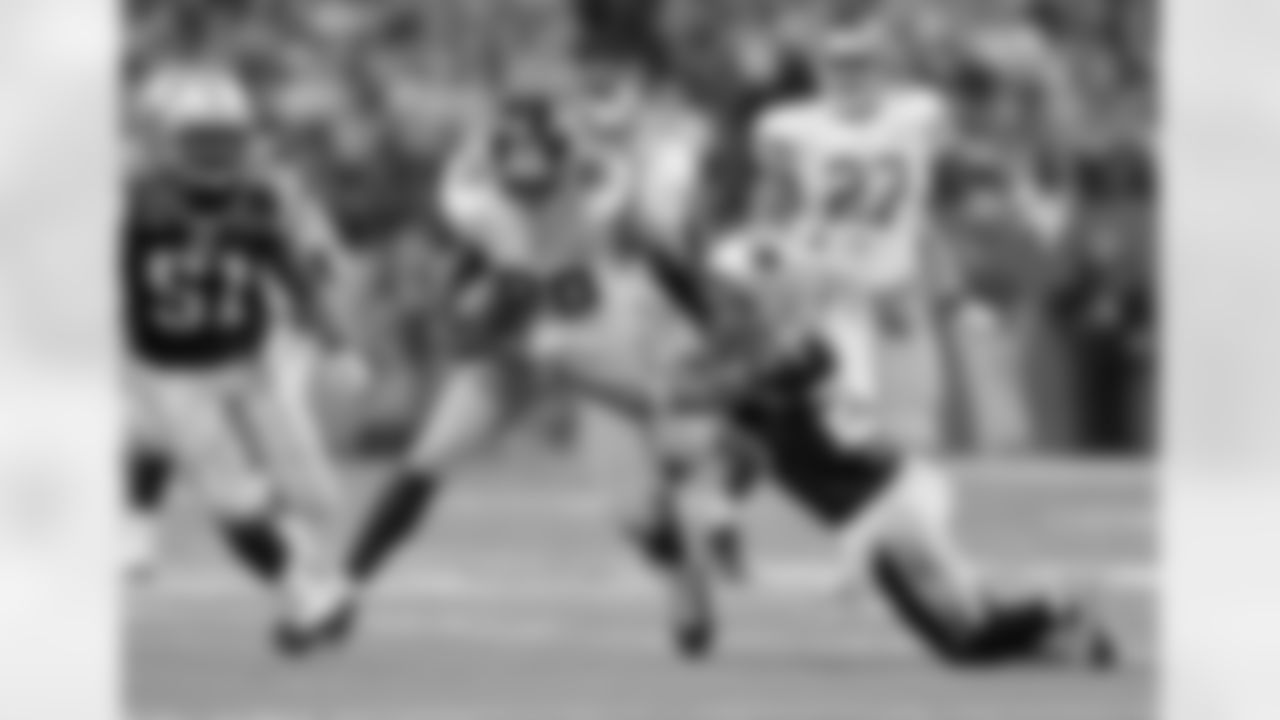
New York Giants wide receiver Hakeem Nicks (88) heads downfield during the NFL Super Bowl XLVI football game against the New England Patriots on Sunday, February 5, 2012 in Indianapolis, IN. The Giants won the game 21-17. (AP Photo/Greg Trott)
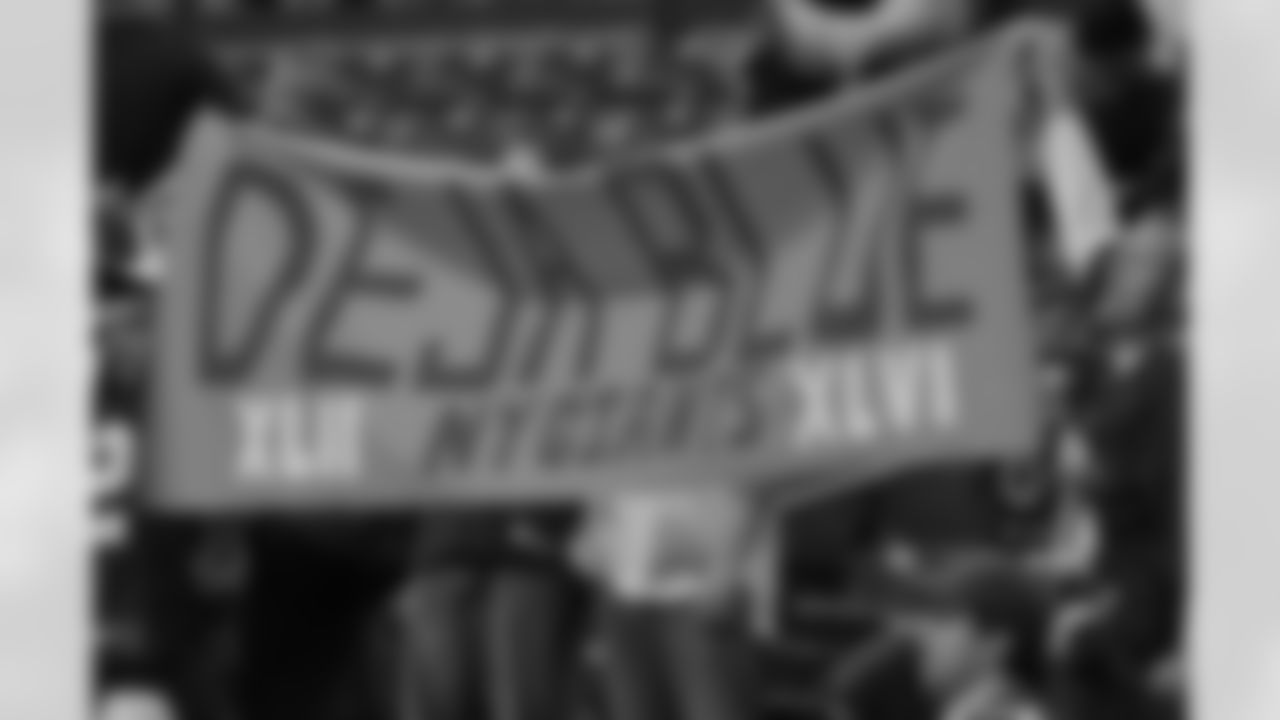
New York Giants fans hold up a sign to celebrate the Giants' 21-17 win over the New England Patriots in the NFL Super Bowl XLVI football game Sunday, Feb. 5, 2012, in Indianapolis. (AP Photo/Elise Amendola)
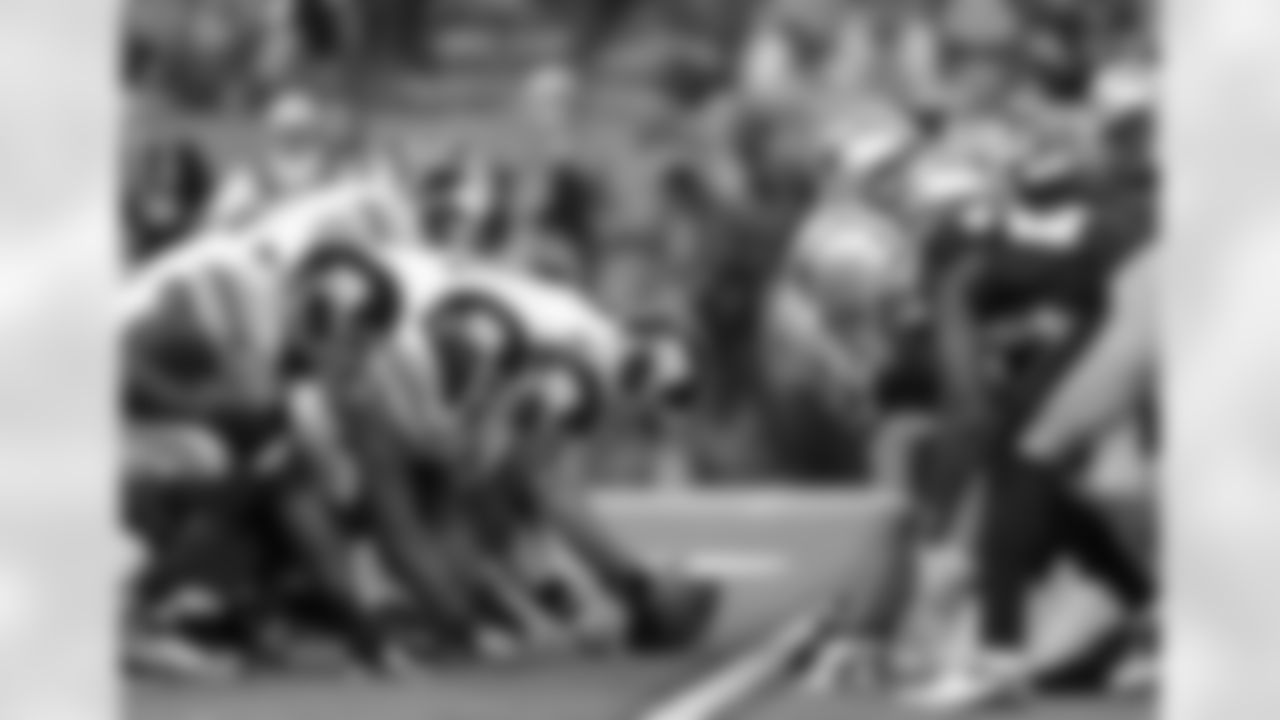
The New York Giants offensive line faces off at the line of scrimmage during the NFL Super Bowl XLVI football game against the New England Patriots defense on Sunday, February 5, 2012 in Indianapolis, IN. The Giants won the game 21-17. (AP Photo/Greg Trott)
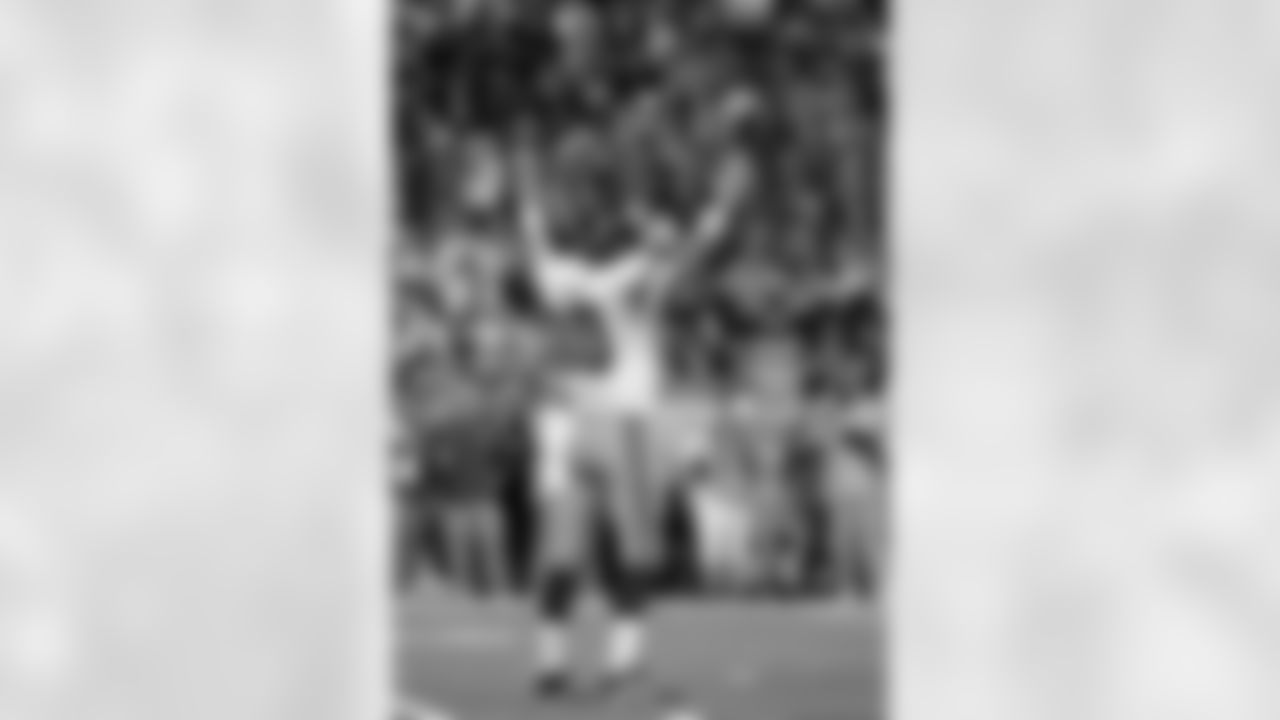
New York Giants quarterback Eli Manning (10) thinks he's scored but his pass wasn't caught during the NFL Super Bowl XLVI football game against the New England Patriots on Sunday, February 5, 2012 in Indianapolis, IN. The Giants won the game 21-17. (AP Photo/Greg Trott)
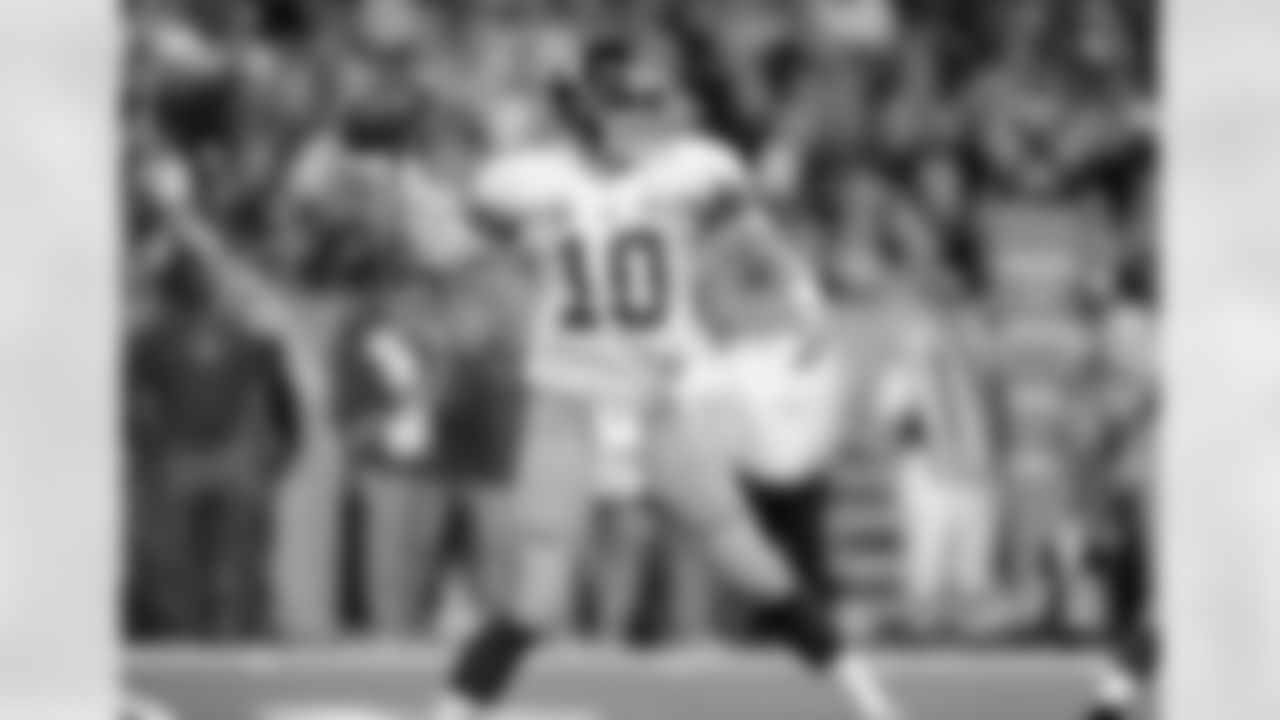
New York Giants quarterback Eli Manning (10) passes during the NFL Super Bowl XLVI football game against the New England Patriots on Sunday, February 5, 2012 in Indianapolis, IN. The Giants won the game 21-17. (AP Photo/Greg Trott)
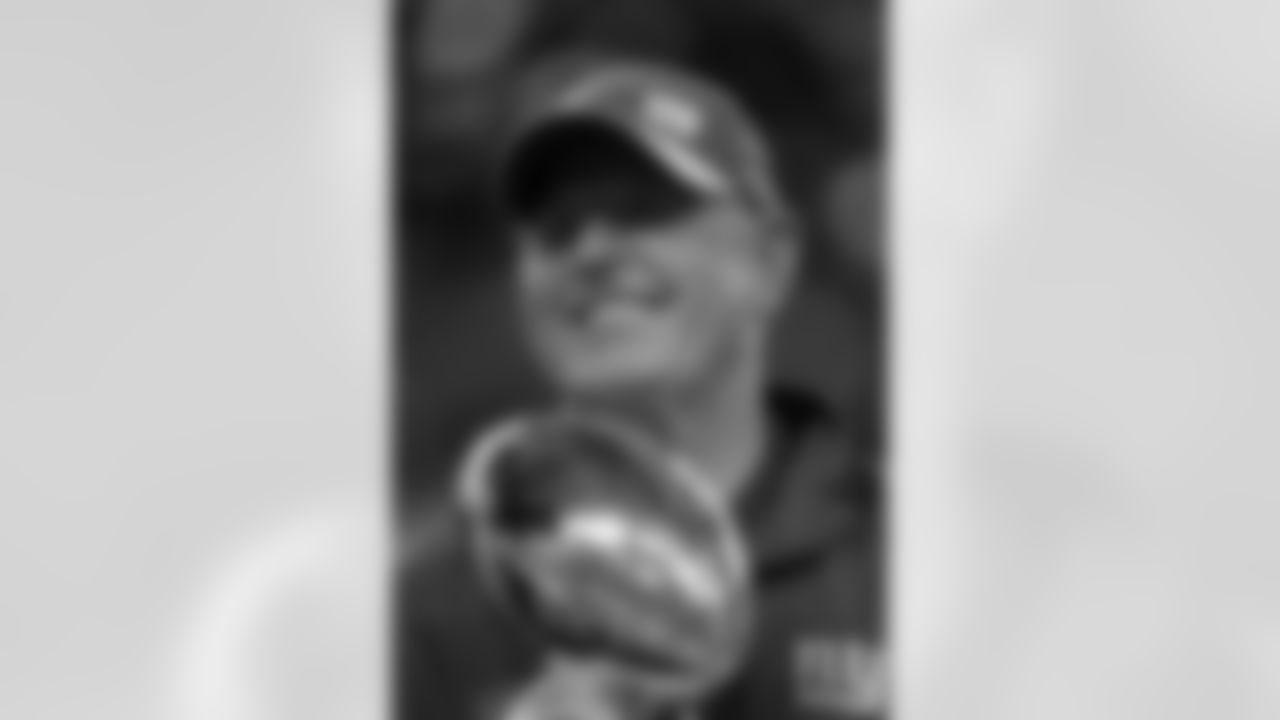
New York Giants head coach Tom Coughlin holds the Lombardi Trophy during the NFL Super Bowl XLVI football game against the New England Patriots on Sunday, February 5, 2012 in Indianapolis, IN. The Giants won the game 21-17. (AP Photo/Greg Trott)
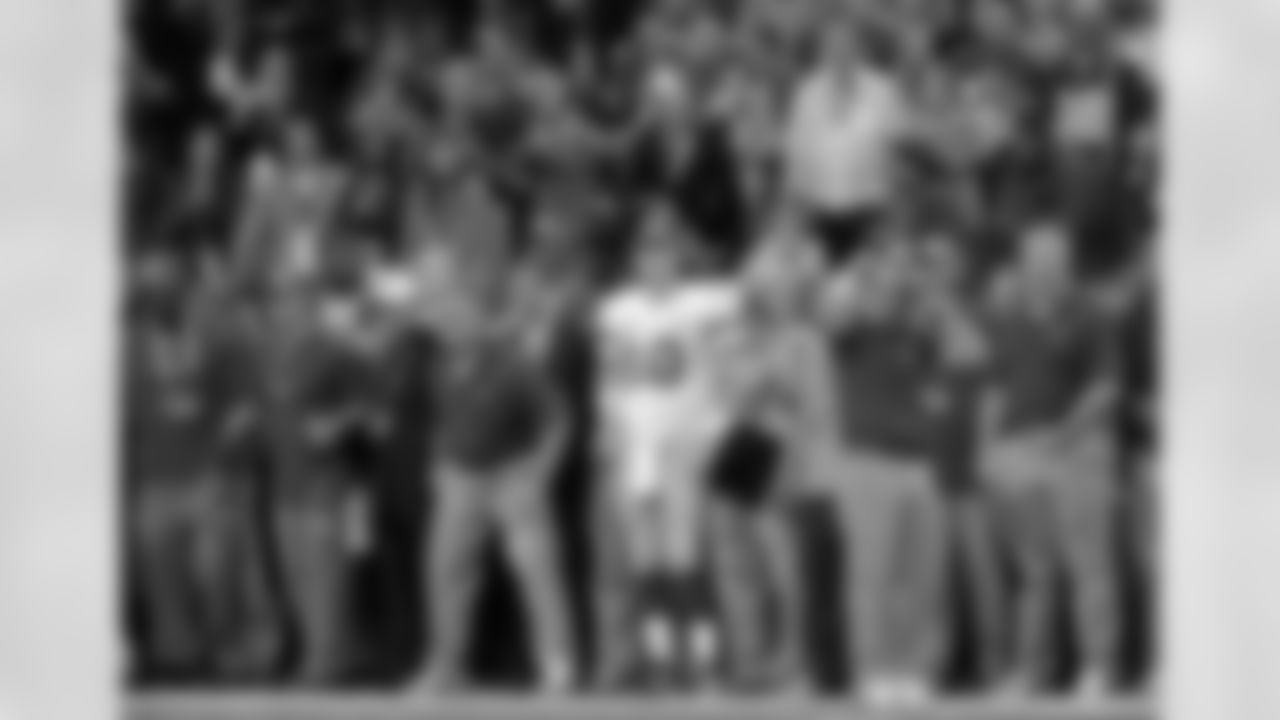
New York Giants quarterback Eli Manning (10) is one of the few calm people on the sideline during the last seconds of the game during the NFL Super Bowl XLVI football game against the New England Patriots on Sunday, February 5, 2012 in Indianapolis, IN. The Giants won the game 21-17. (AP Photo/Greg Trott)

New York Giants wide receiver Hakeem Nicks (88) holds the Lombardi Trophy during the NFL Super Bowl XLVI football game against the New England Patriots on Sunday, February 5, 2012 in Indianapolis, IN. The Giants won the game 21-17. (AP Photo/Greg Trott)
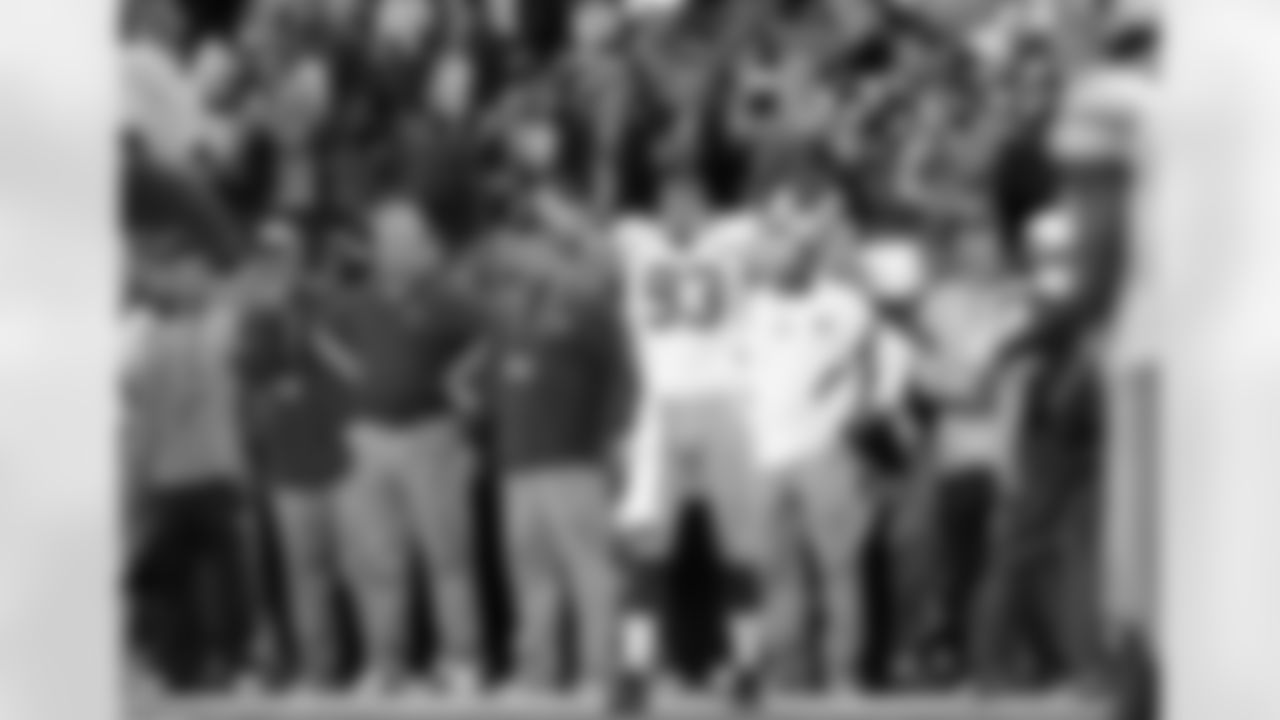
New York Giants linebacker Chase Blackburn (93) is ready to celebrate during the NFL Super Bowl XLVI football game against the New England Patriots on Sunday, February 5, 2012 in Indianapolis, IN. The Giants won the game 21-17. (AP Photo/Greg Trott)
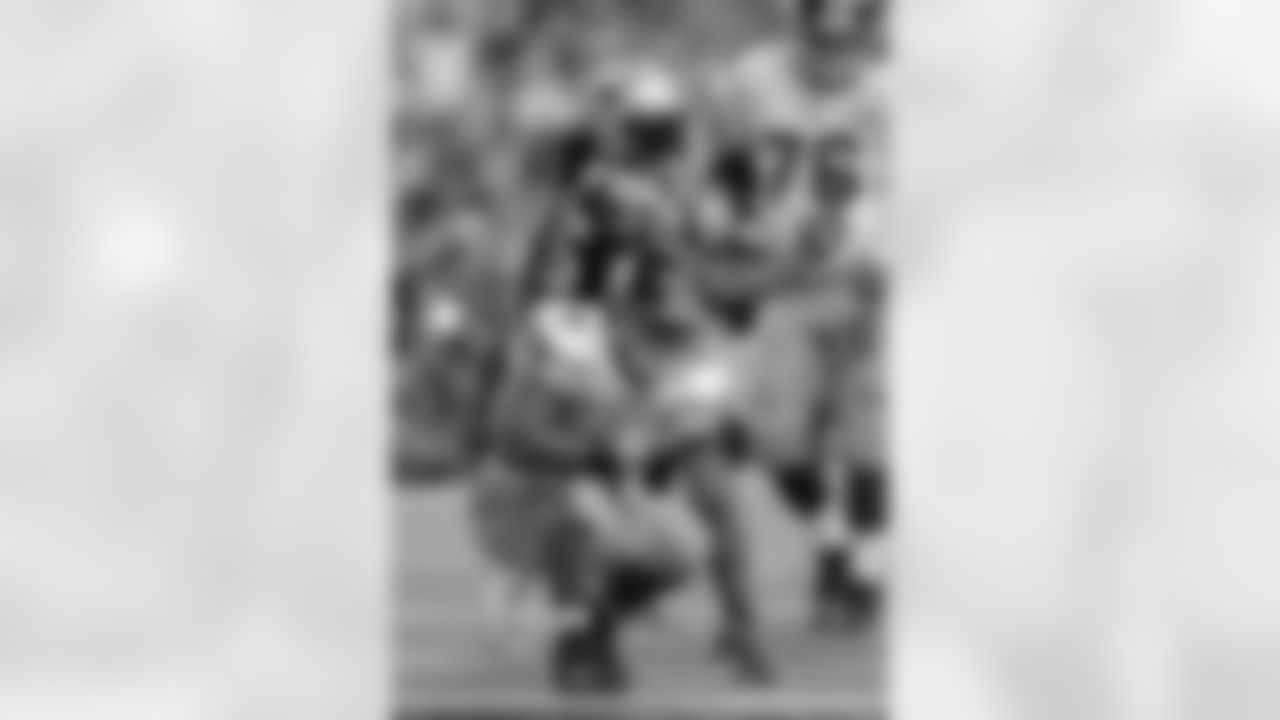
New York Giants running back Ahmad Bradshaw (44) stops short of the goal line before scoring the winning touchdown during the NFL Super Bowl XLVI football game against the New England Patriots on Sunday, February 5, 2012 in Indianapolis, IN. The Giants won the game 21-17. (AP Photo/Greg Trott)
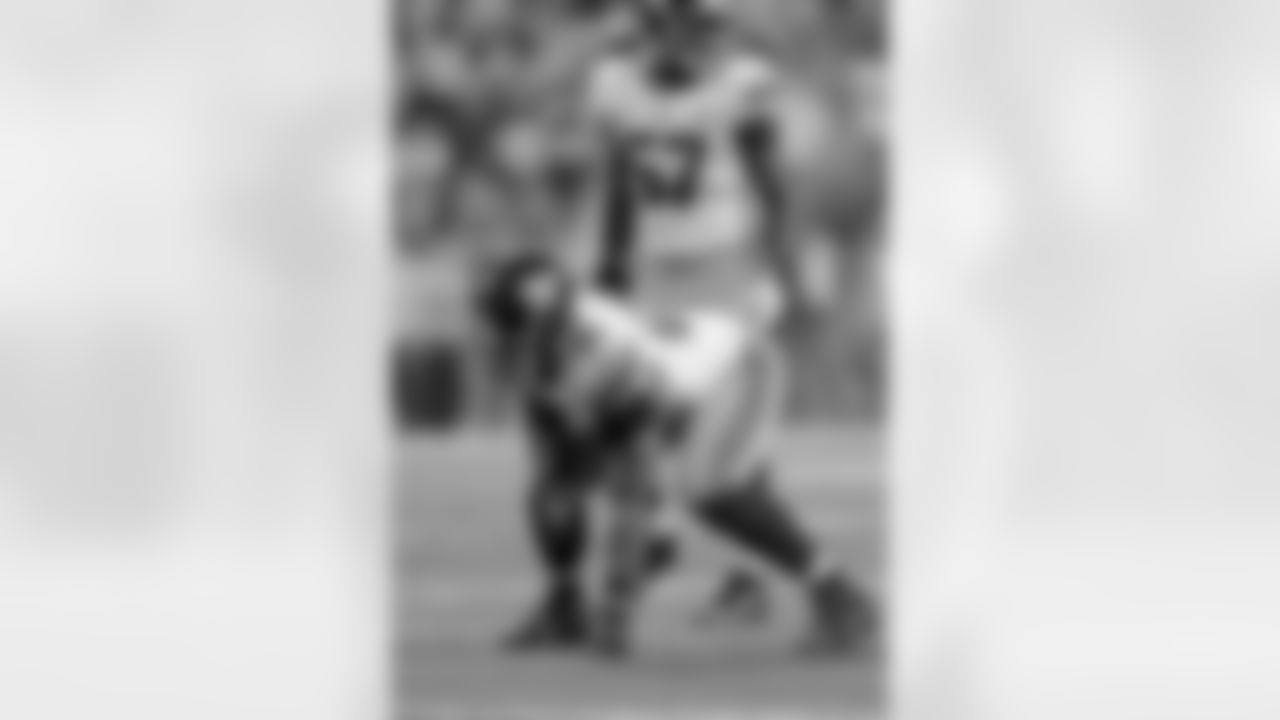
New York Giants defensive lineman Justin Tuck (91) waits for the snap during the NFL Super Bowl XLVI football game against the New England Patriots on Sunday, February 5, 2012 in Indianapolis, IN. The Giants won the game 21-17. (AP Photo/Greg Trott)
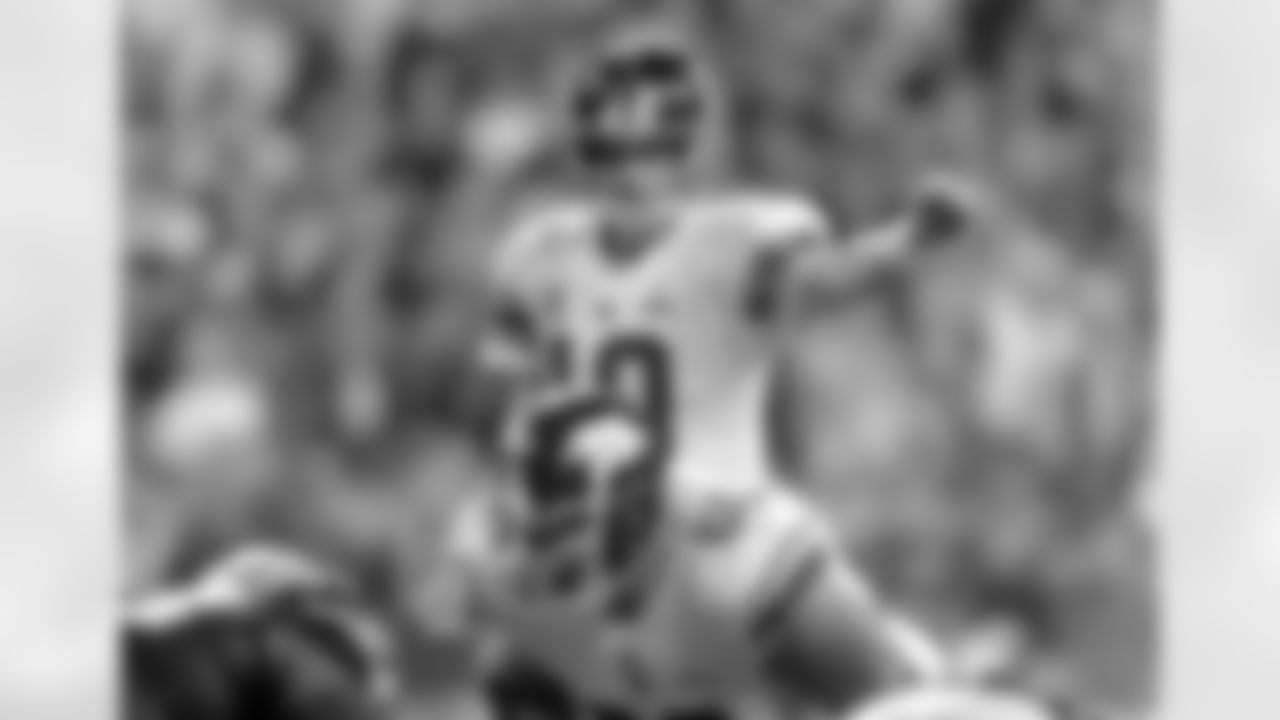
New York Giants quarterback Eli Manning (10) calls a play during the NFL Super Bowl XLVI football game against the New England Patriots on Sunday, February 5, 2012 in Indianapolis, IN. The Giants won the game 21-17. (AP Photo/Greg Trott)
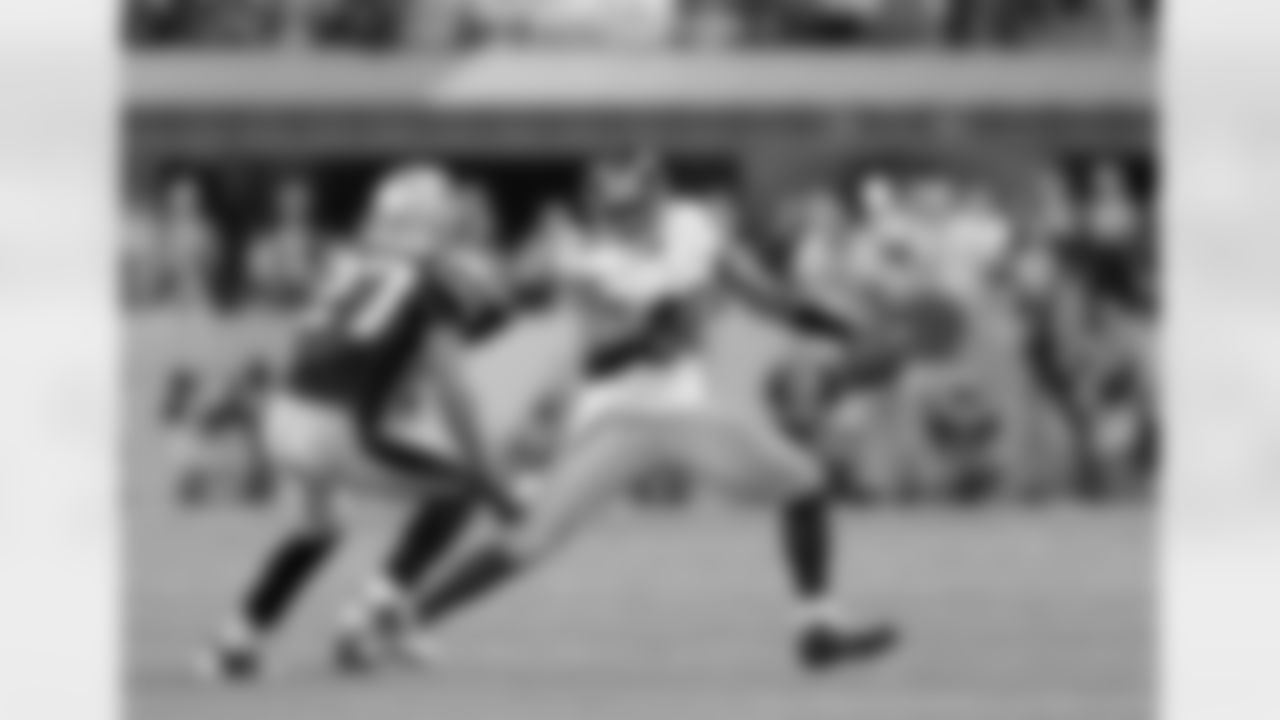
New York Giants wide receiver Hakeem Nicks (88) heads downfield during the NFL Super Bowl XLVI football game against the New England Patriots on Sunday, February 5, 2012 in Indianapolis, IN. The Giants won the game 21-17. (AP Photo/Greg Trott)
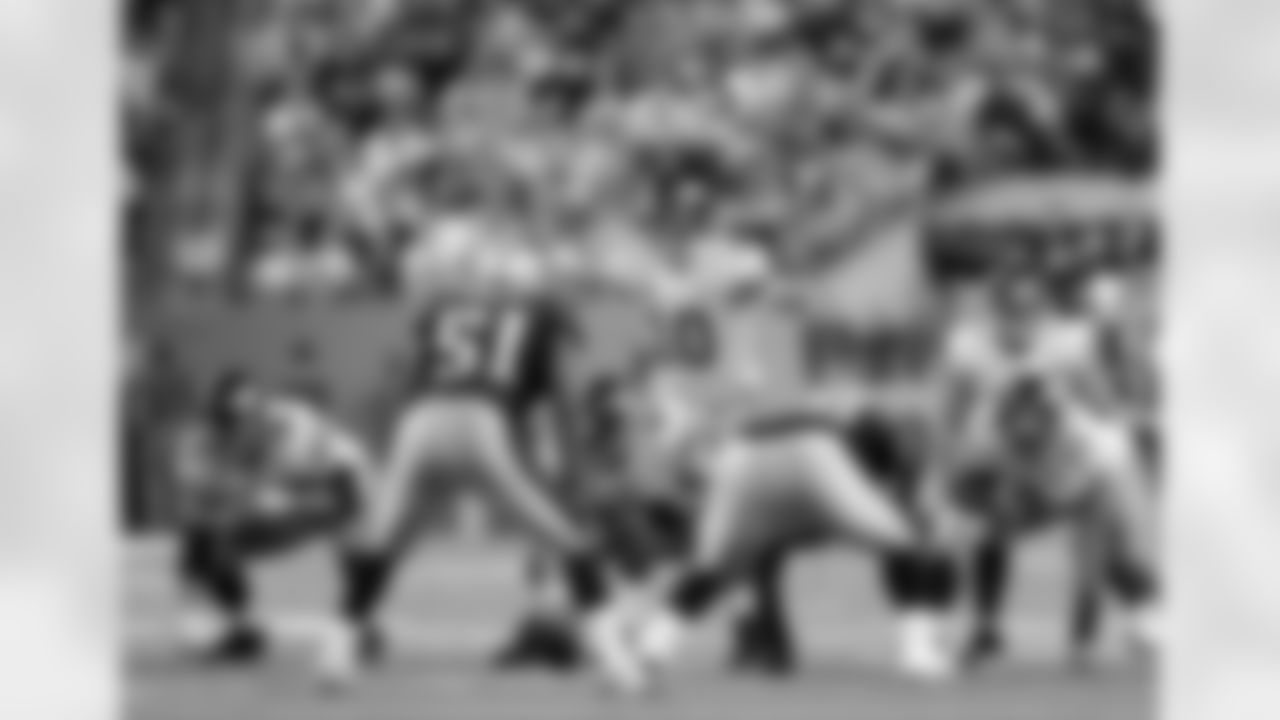
New York Giants quarterback Eli Manning (10) calls a play during the NFL Super Bowl XLVI football game against the New England Patriots on Sunday, February 5, 2012 in Indianapolis, IN. The Giants won the game 21-17. (AP Photo/Greg Trott)
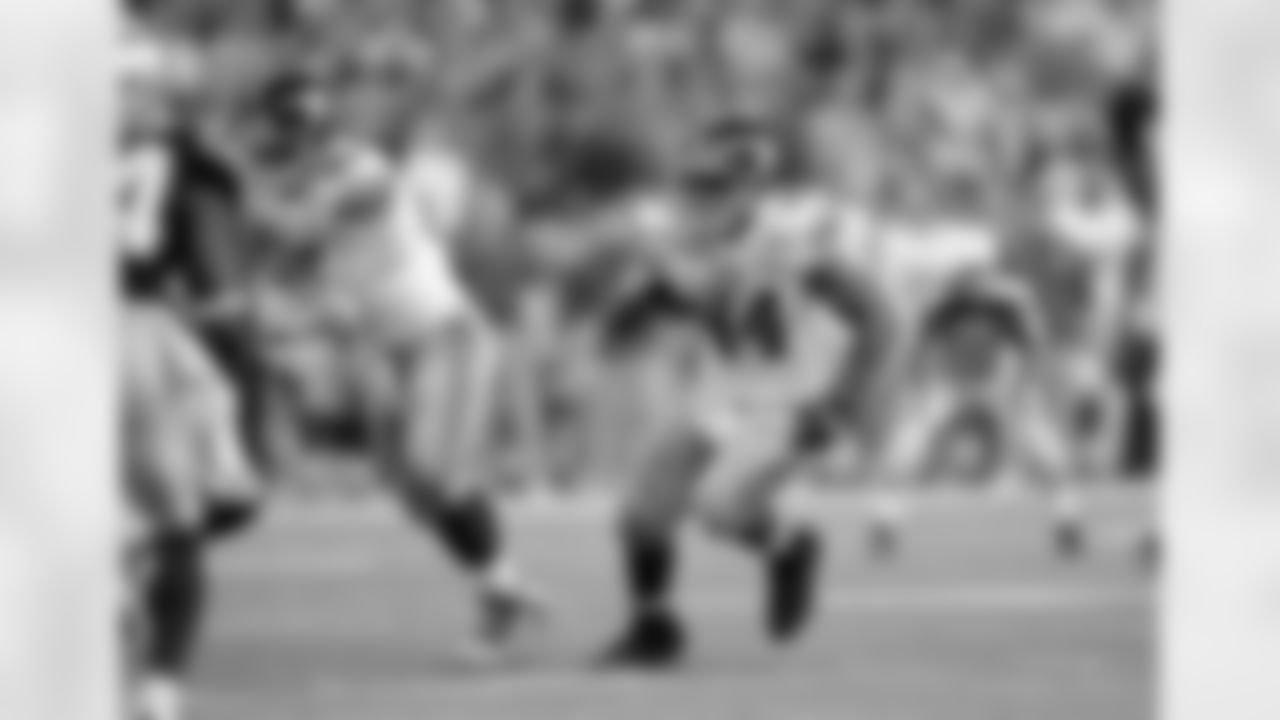
New York Giants running back Ahmad Bradshaw (44) heads downfield during the NFL Super Bowl XLVI football game against the New England Patriots on Sunday, February 5, 2012 in Indianapolis, IN. The Giants won the game 21-17. (AP Photo/Greg Trott)
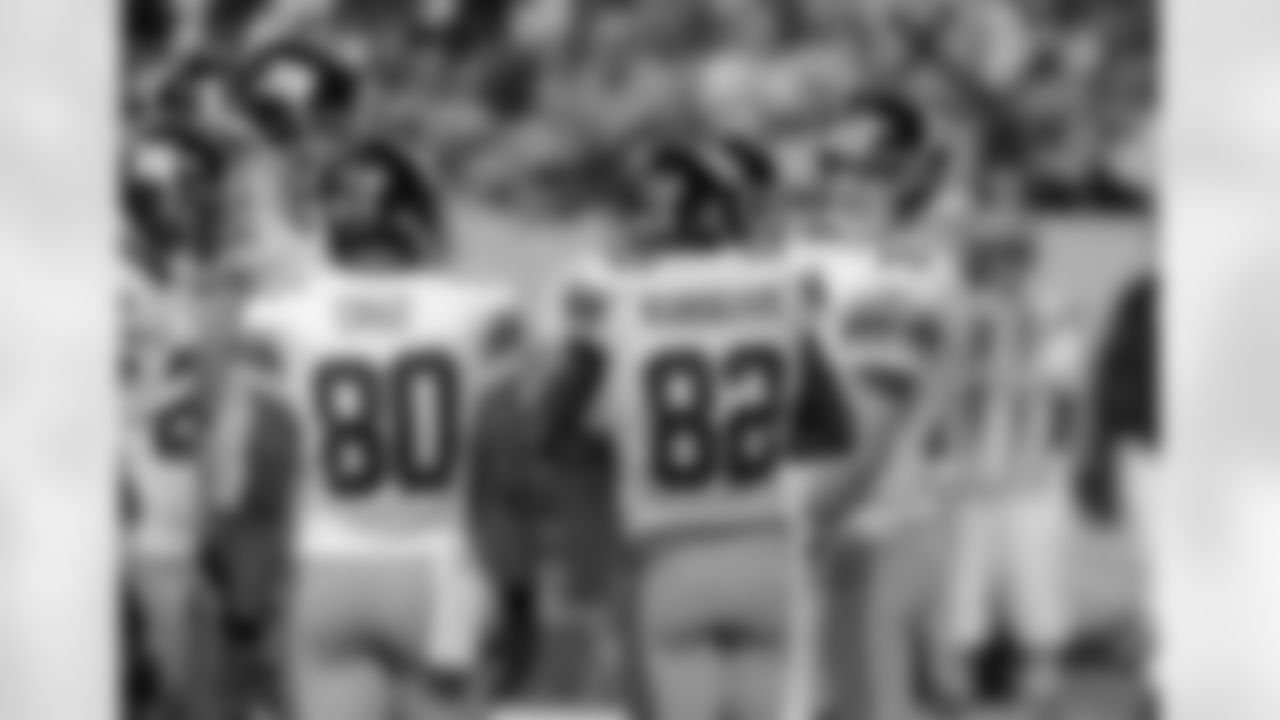
New York Giants quarterback Eli Manning (10) looks toward the Patriots sideline during the NFL Super Bowl XLVI football game against the New England Patriots on Sunday, February 5, 2012 in Indianapolis, IN. The Giants won the game 21-17. (AP Photo/Greg Trott)
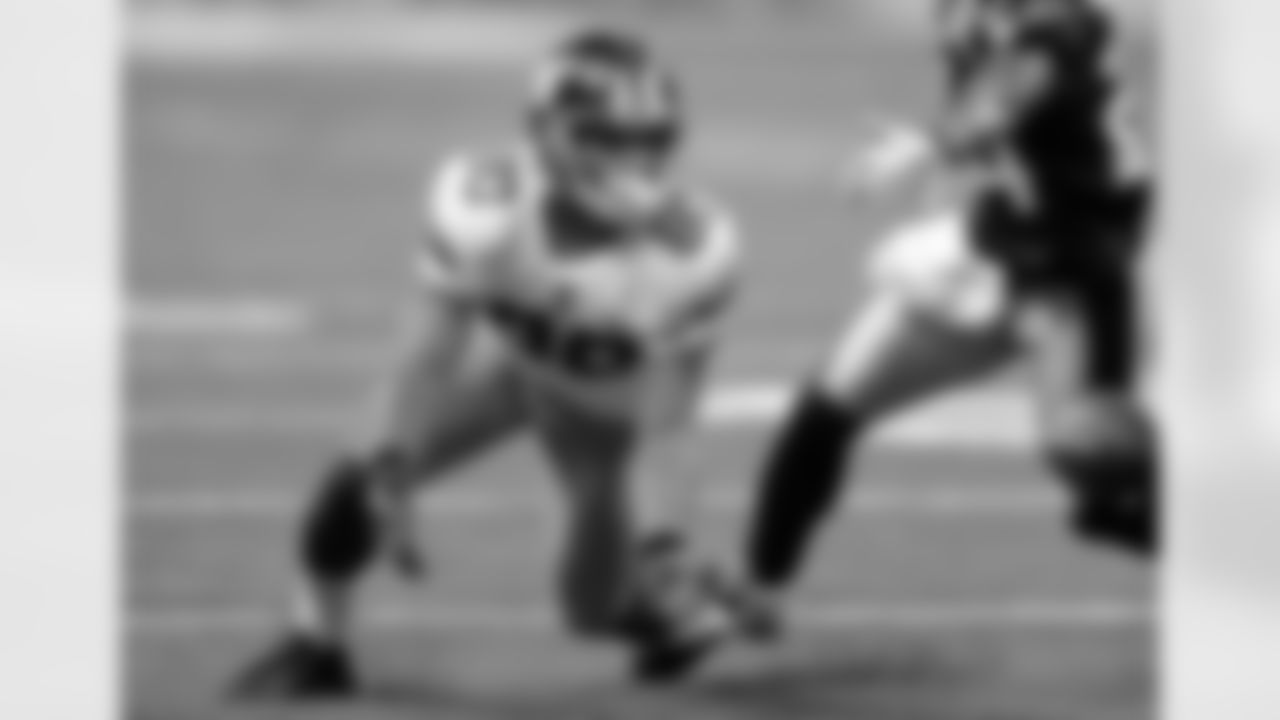
New York Giants wide receiver Victor Cruz (80) reaches fort a pass during the NFL Super Bowl XLVI football game against the New England Patriots on Sunday, February 5, 2012 in Indianapolis, IN. The Giants won the game 21-17. (AP Photo/Greg Trott)
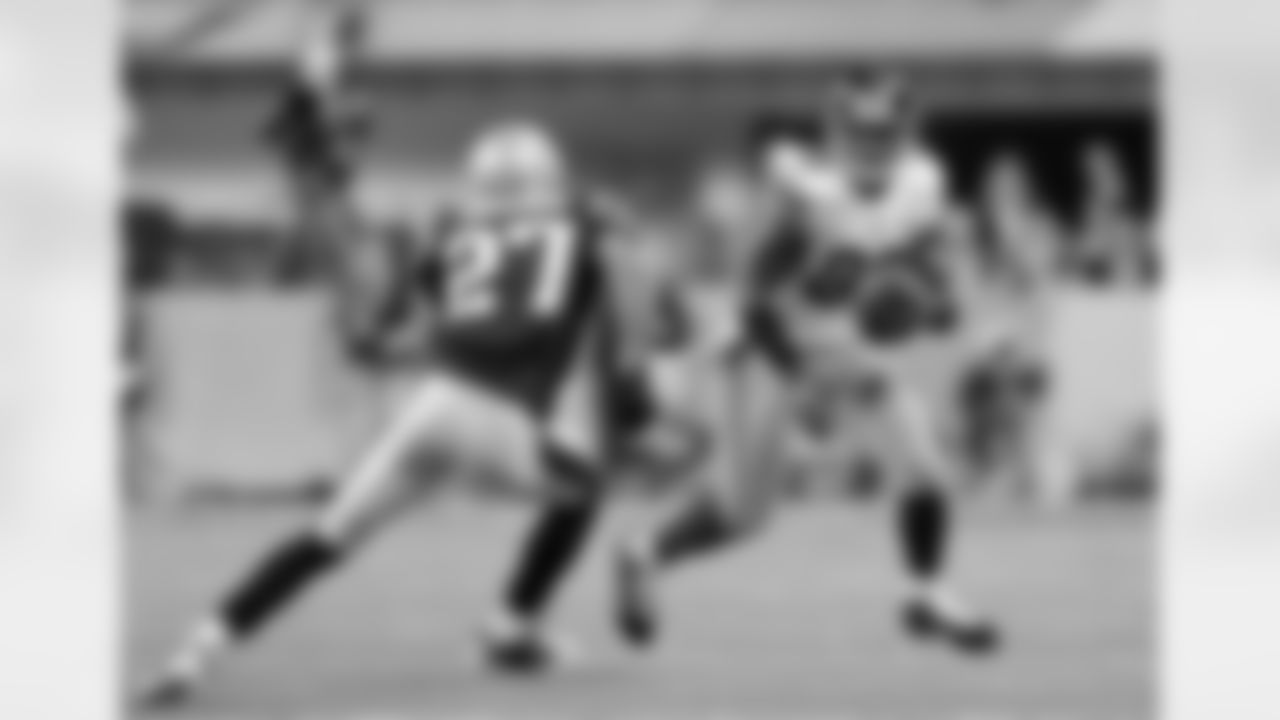
New York Giants wide receiver Hakeem Nicks (88) looks for room during the NFL Super Bowl XLVI football game against the New England Patriots on Sunday, February 5, 2012 in Indianapolis, IN. The Giants won the game 21-17. (AP Photo/Greg Trott)
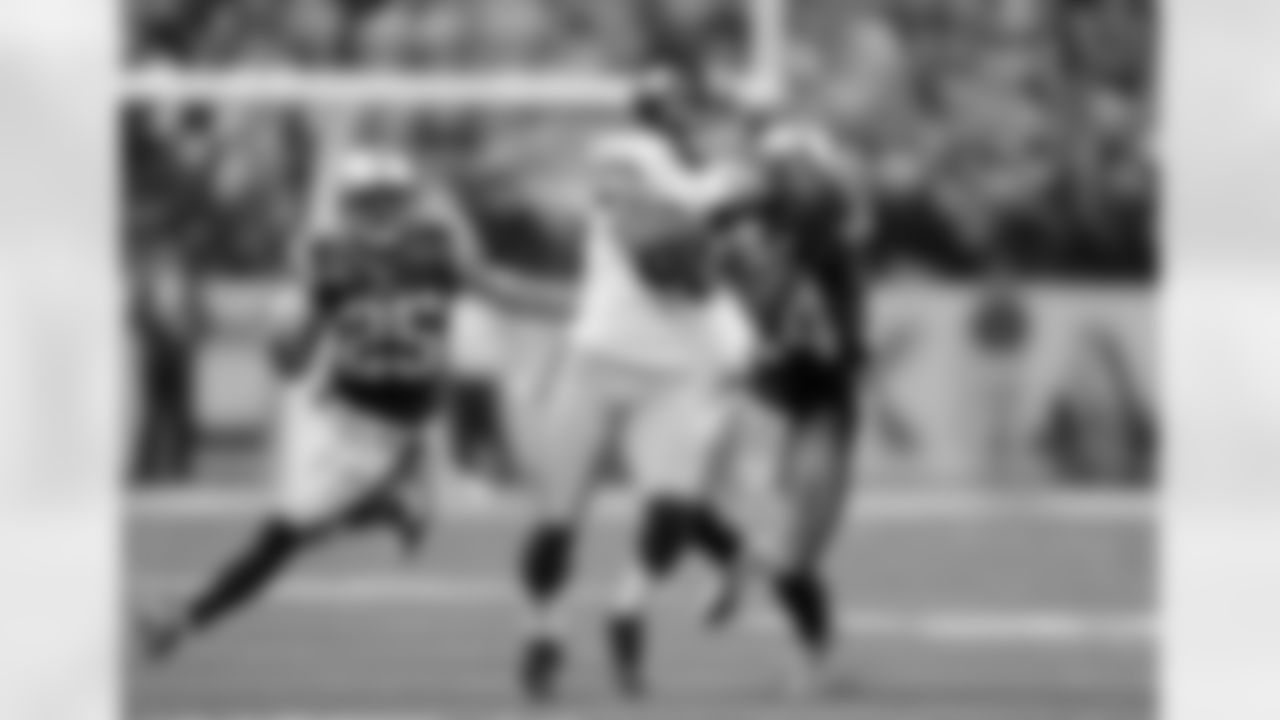
New York Giants wide receiver Victor Cruz (80) catches a pass during the NFL Super Bowl XLVI football game against the New England Patriots on Sunday, February 5, 2012 in Indianapolis, IN. The Giants won the game 21-17. (AP Photo/Greg Trott)
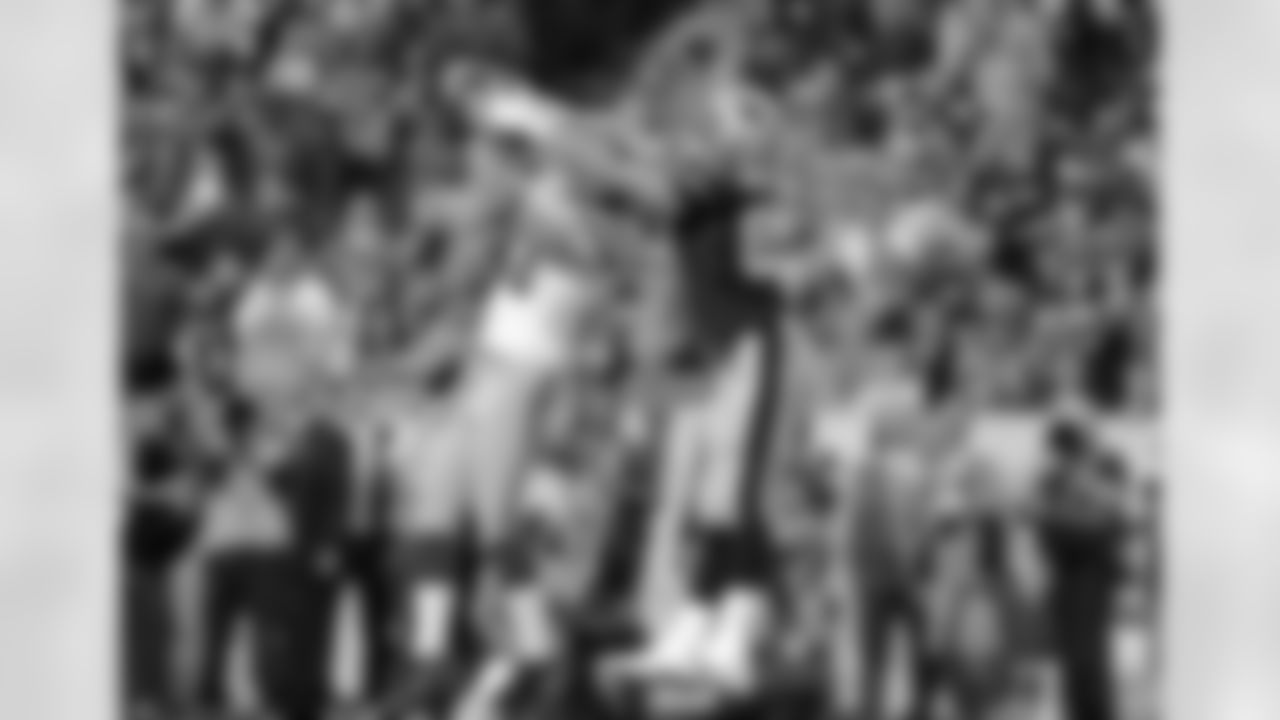
New York Giants linebacker Chase Blackburn (93) intercepts a pass during the NFL Super Bowl XLVI football game as New England Patriots Rob Gronkowski (87) battles for the ball on Sunday, February 5, 2012 in Indianapolis, IN. The Giants won the game 21-17. (AP Photo/Greg Trott)
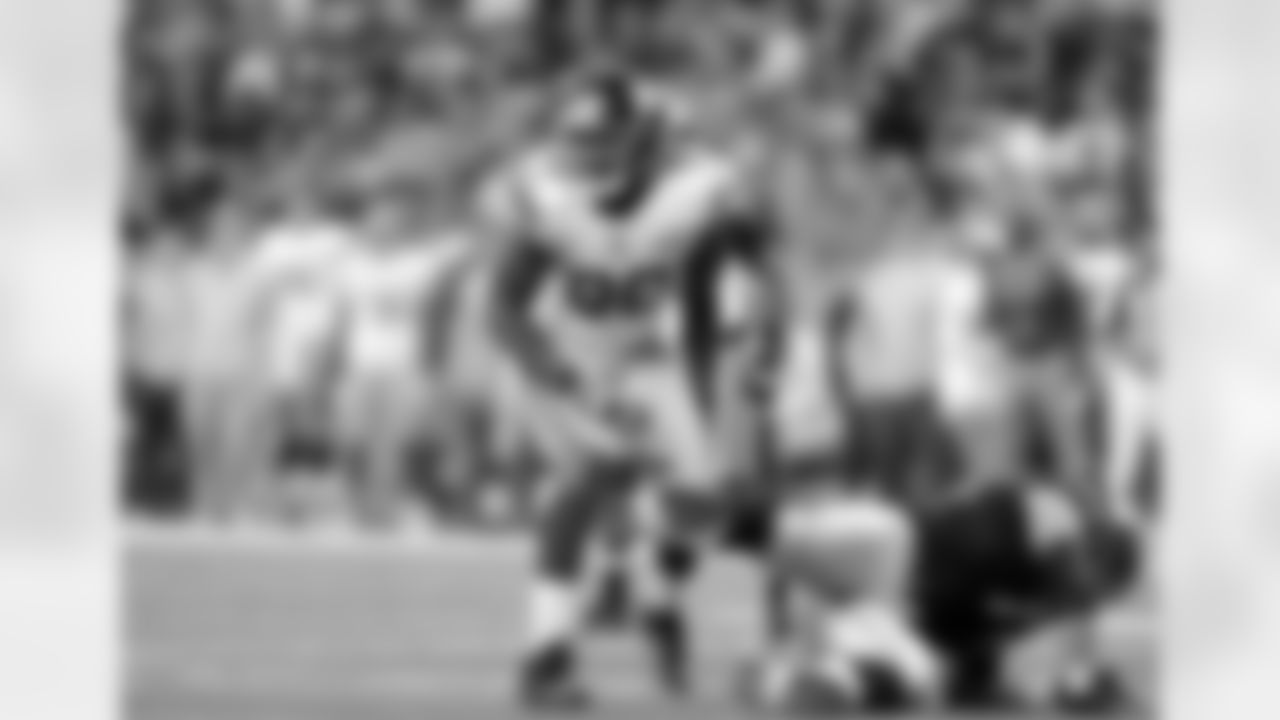
New York Giants defensive lineman Jason Pierre-Paul (90) defends during the NFL Super Bowl XLVI football game against the New England Patriots on Sunday, February 5, 2012 in Indianapolis, IN. The Giants won the game 21-17. (AP Photo/Greg Trott)
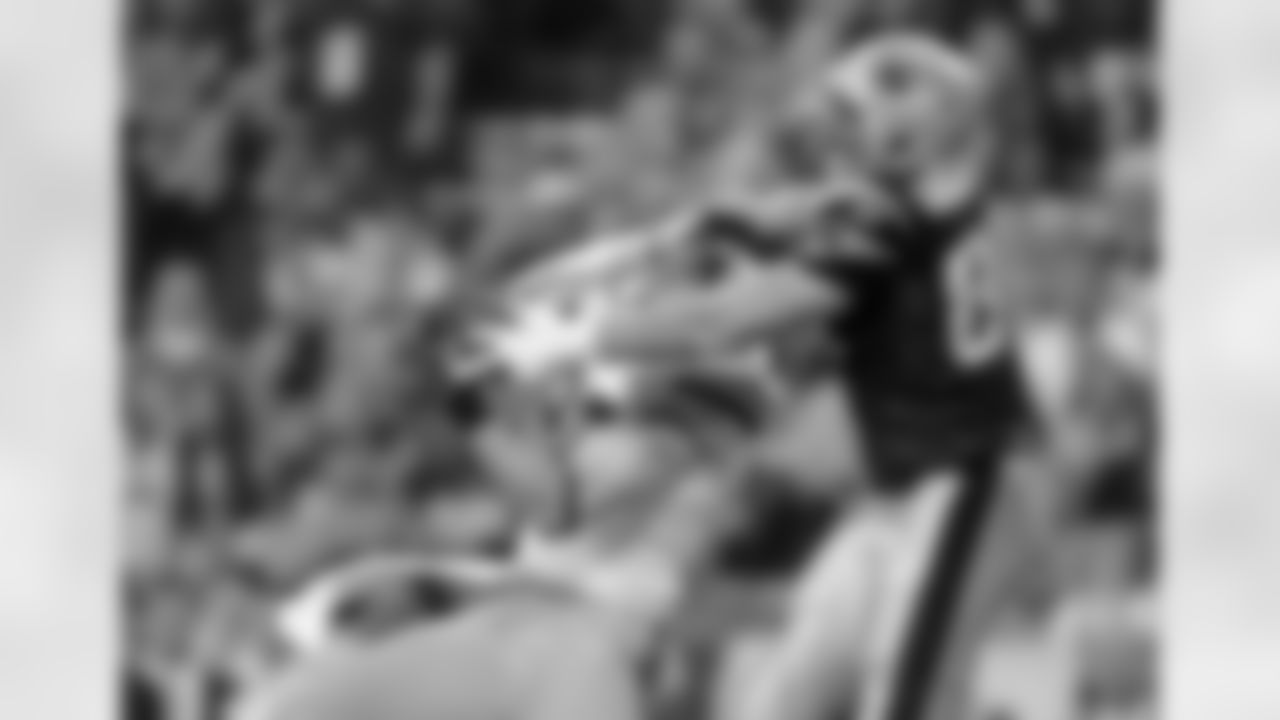
New York Giants linebacker Chase Blackburn (93) intercepts a pass during the NFL Super Bowl XLVI football game as New England Patriots tight end Rob Gronkowski (87) battles for the ball on Sunday, February 5, 2012 in Indianapolis, IN. The Giants won the game 21-17. (AP Photo/Greg Trott)
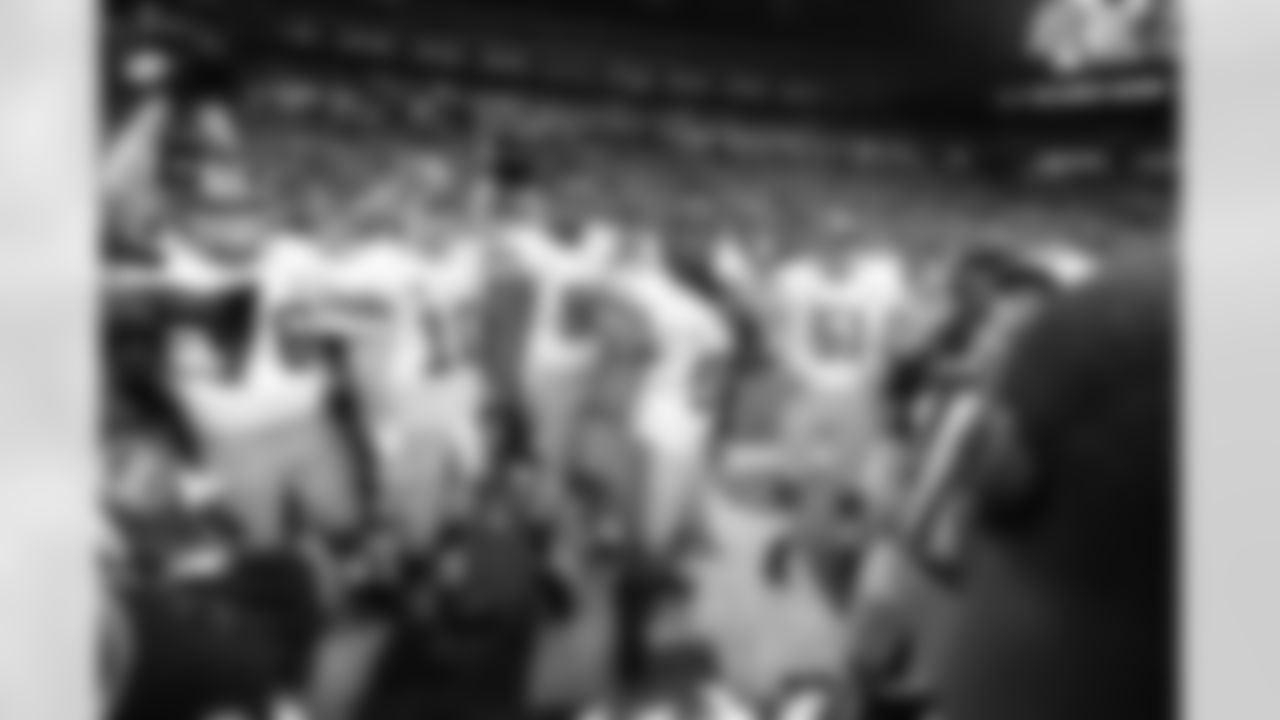
New York Giants captains Chris Snee (76) Eli Manning (10) Chris Canty (99) Justin Tuck (91) and Eli Manning (10) receive instructions during the coin toss before the NFL Super Bowl XLVI against the New England Patriots, Sunday, Feb. 5, 2012, in Indianapolis (AP Photo/EvanPinkus)
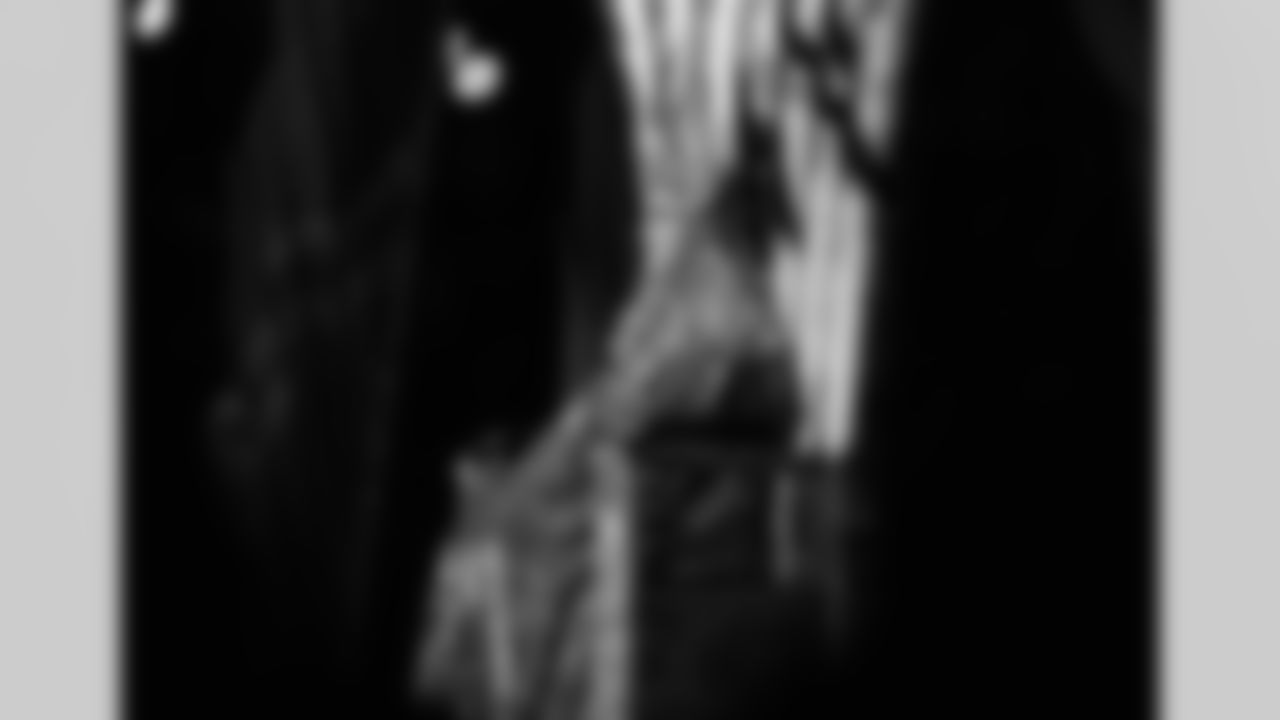
Madonna performs during the NFL Super Bowl XLVI football game halftime show between the New York Giants and the New England Patriots on Sunday, February 5, 2012 in Indianapolis, IN. The Giants won the game 21-17. (AP Photo/Greg Trott)
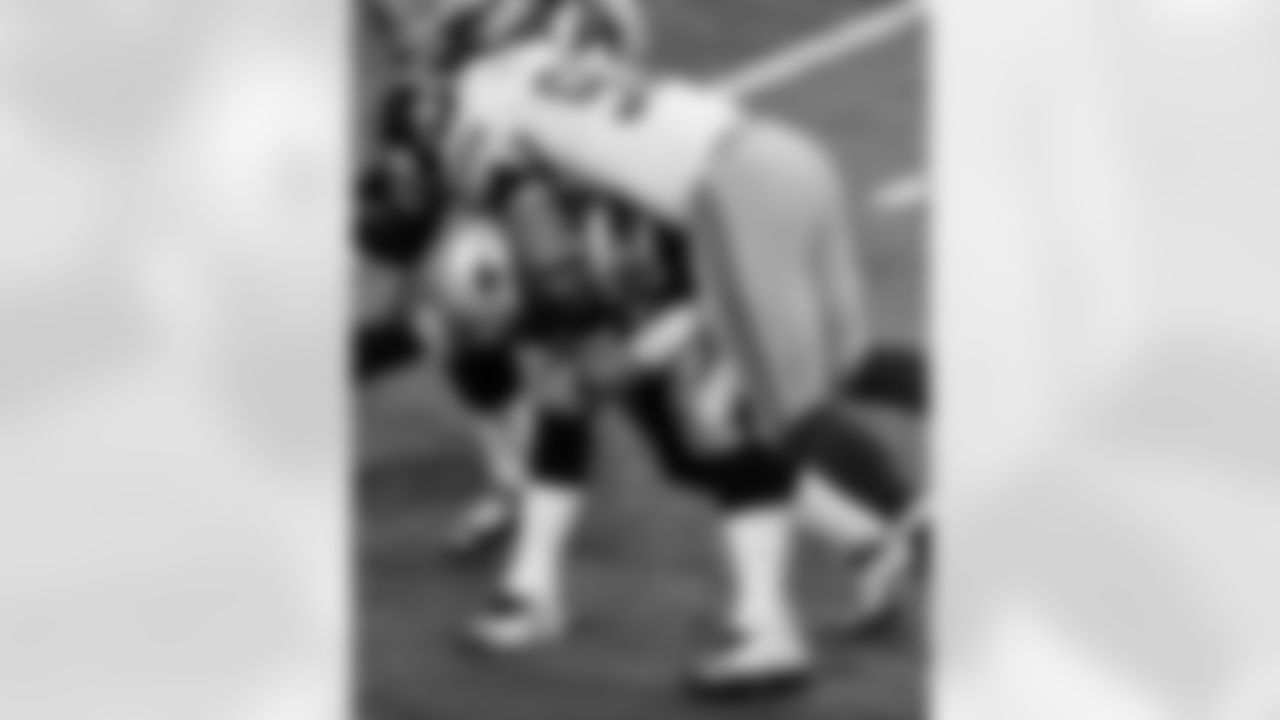
New York Giants defensive end Justin Tuck (91) sacks New England Patriots quarterback Tom Brady during the second half of the NFL Super Bowl XLVI football game, Sunday, Feb. 5, 2012, in Indianapolis. (AP Photo/Charlie Riedel)
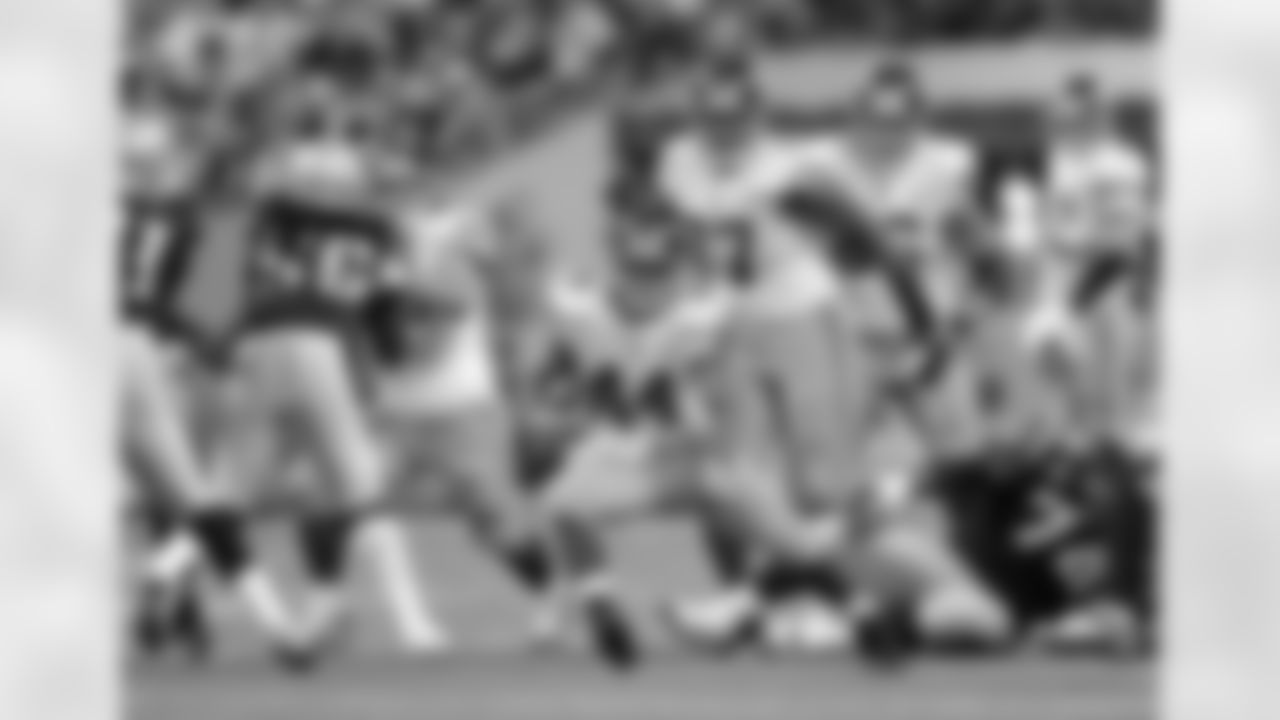
New York Giants running back Ahmad Bradshaw (44) heads downfield during the NFL Super Bowl XLVI football game against the New England Patriots on Sunday, February 5, 2012 in Indianapolis, IN. The Giants won the game 21-17. (AP Photo/Greg Trott)
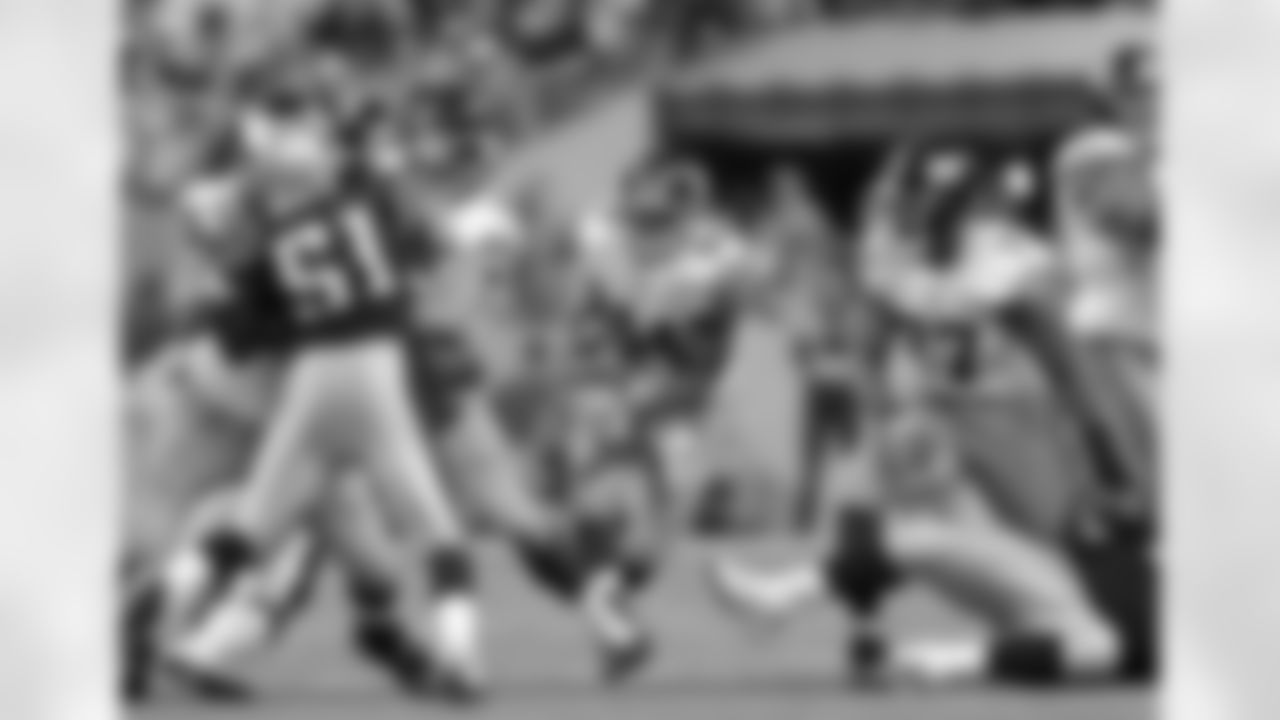
New York Giants running back Ahmad Bradshaw (44) hits the hole at the line of scrimmage during the NFL Super Bowl XLVI football game against the New England Patriots on Sunday, February 5, 2012 in Indianapolis, IN. The Giants won the game 21-17. (AP Photo/Greg Trott)
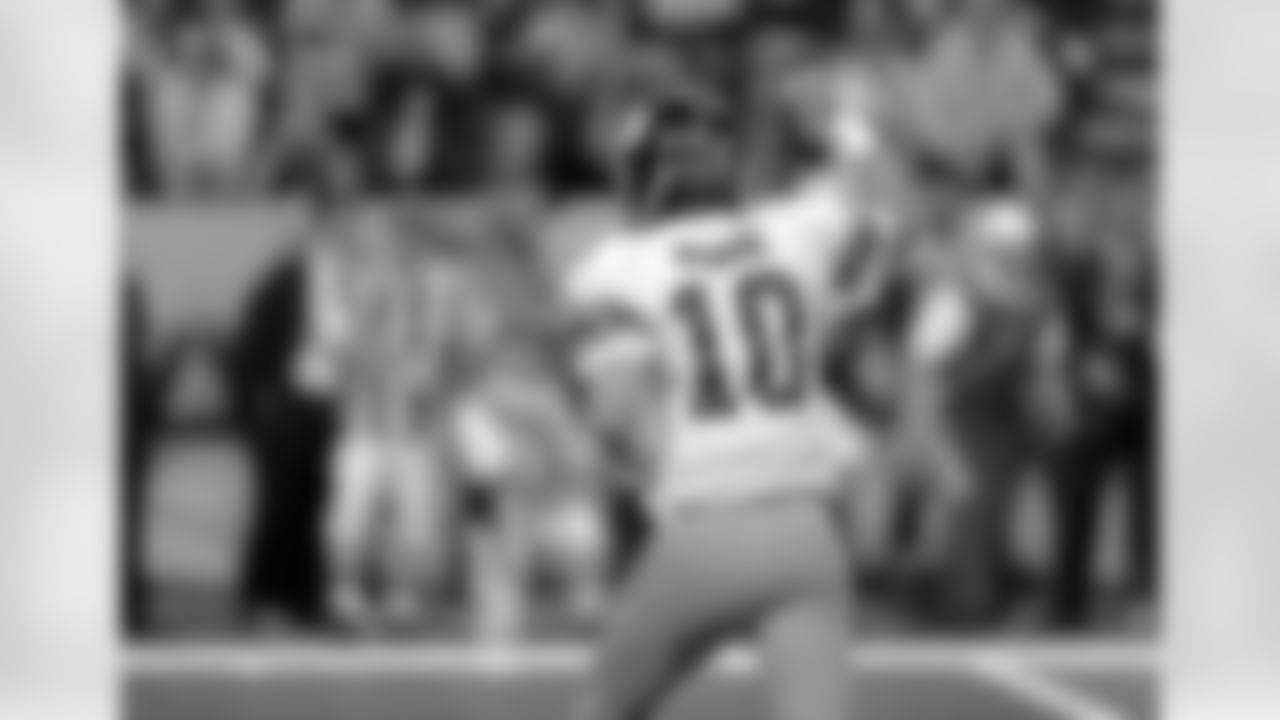
New York Giants quarterback Eli Manning (10) celebrates a 2-yard touchdown pass during the NFL Super Bowl XLVI football game against the New England Patriots on Sunday, February 5, 2012 in Indianapolis, IN. The Giants won the game 21-17. (AP Photo/Greg Trott)
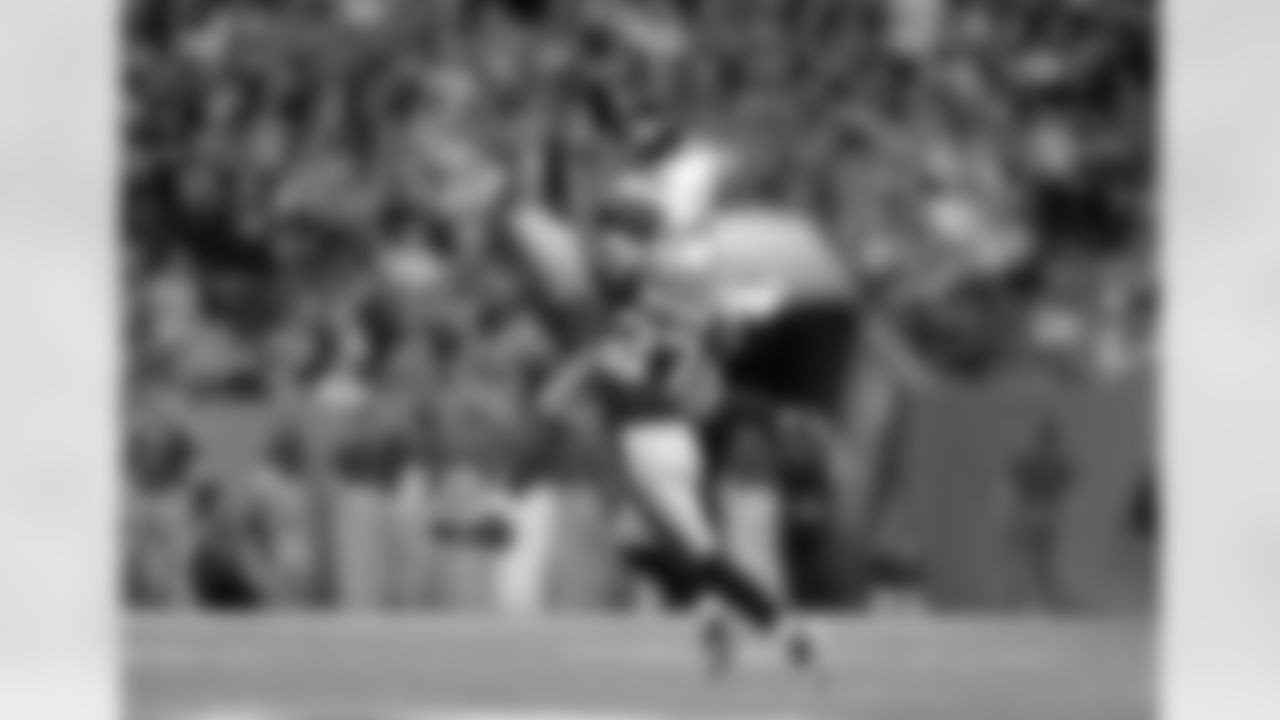
New York Giants wide receiver Hakeem Nicks (88) catches a pass during the NFL Super Bowl XLVI football game against New England Patriots defensive back Antwaun Molden (27) on Sunday, February 5, 2012 in Indianapolis, IN. The Giants won the game 21-17. (AP Photo/Greg Trott)
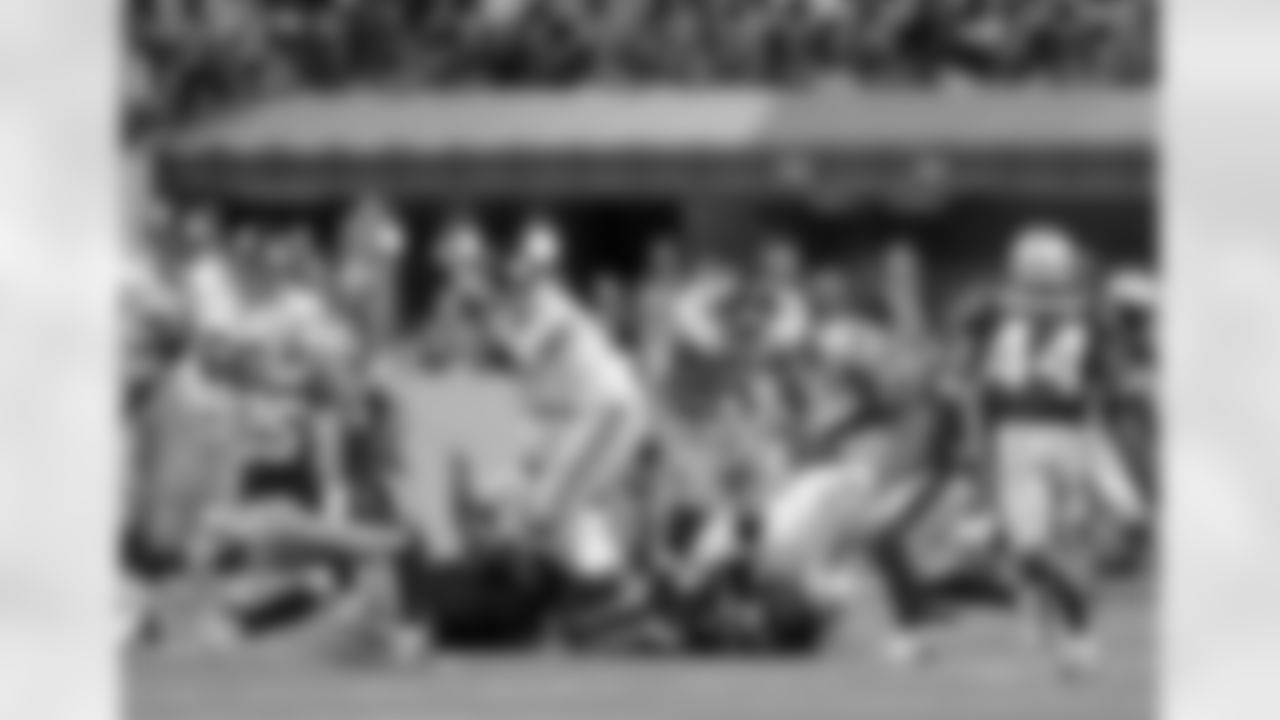
New York Giants running back Brandon Jacobs (27) finds a hole during the NFL Super Bowl XLVI football game against the New England Patriots on Sunday, February 5, 2012 in Indianapolis, IN. The Giants won the game 21-17. (AP Photo/Greg Trott)
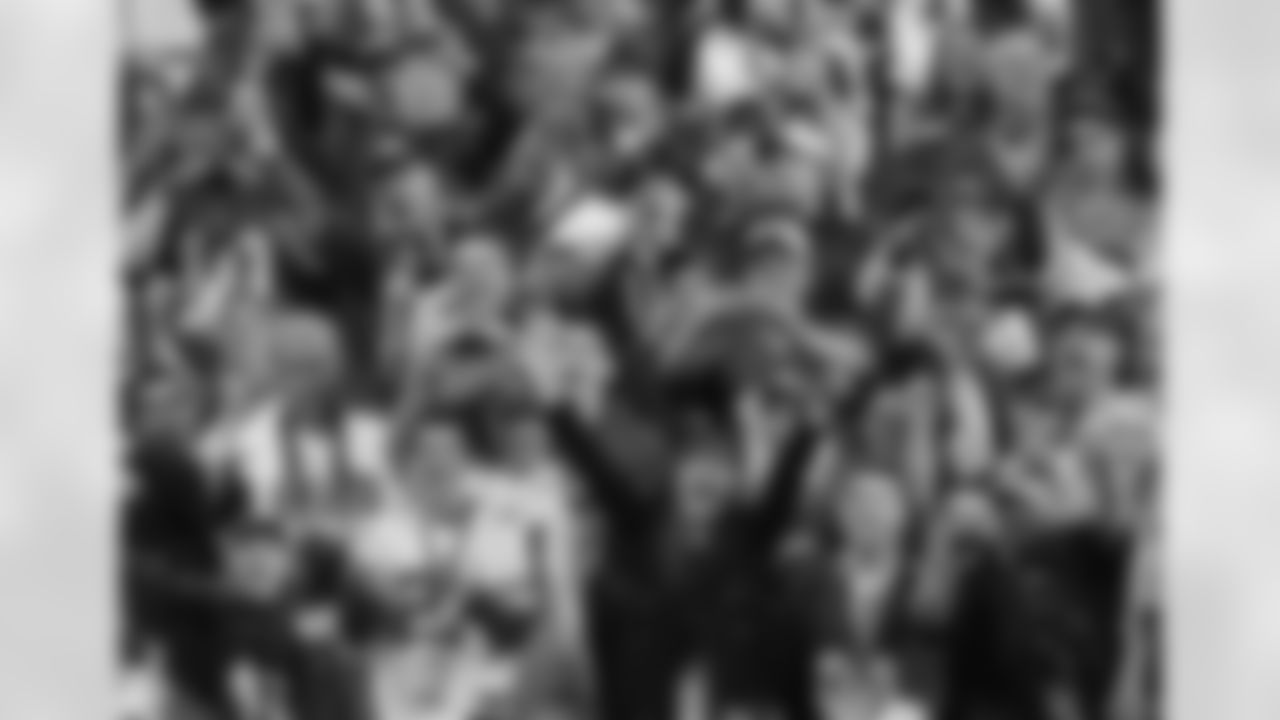
New York Giants fans cheer and take photographs during the trophy presentation after the Giants' 21-17 win over the New England Patriots in the NFL Super Bowl XLVI football game Sunday, Feb. 5, 2012, in Indianapolis. (AP Photo/Paul Sancya)
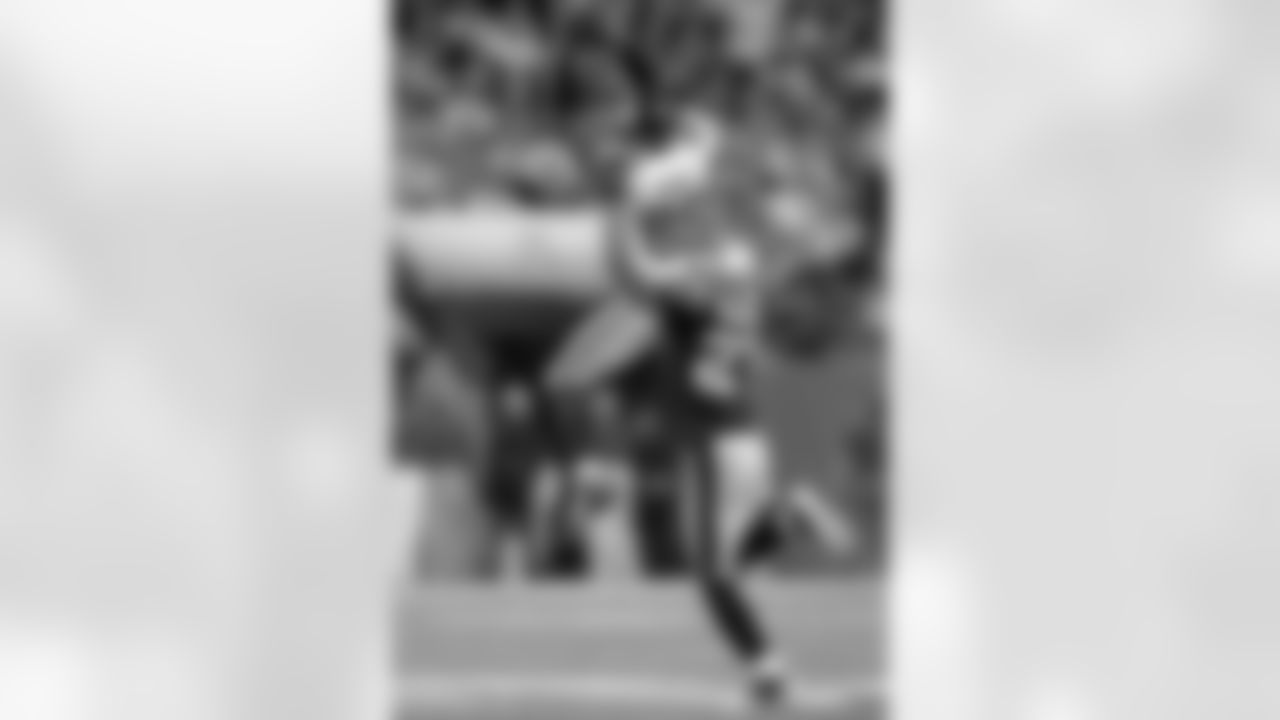
New York Giants wide receiver Hakeem Nicks (88) catches a pass during the NFL Super Bowl XLVI football game against New England Patriots defensive back Antwaun Molden (27) on Sunday, February 5, 2012 in Indianapolis, IN. The Giants won the game 21-17. (AP Photo/Greg Trott)
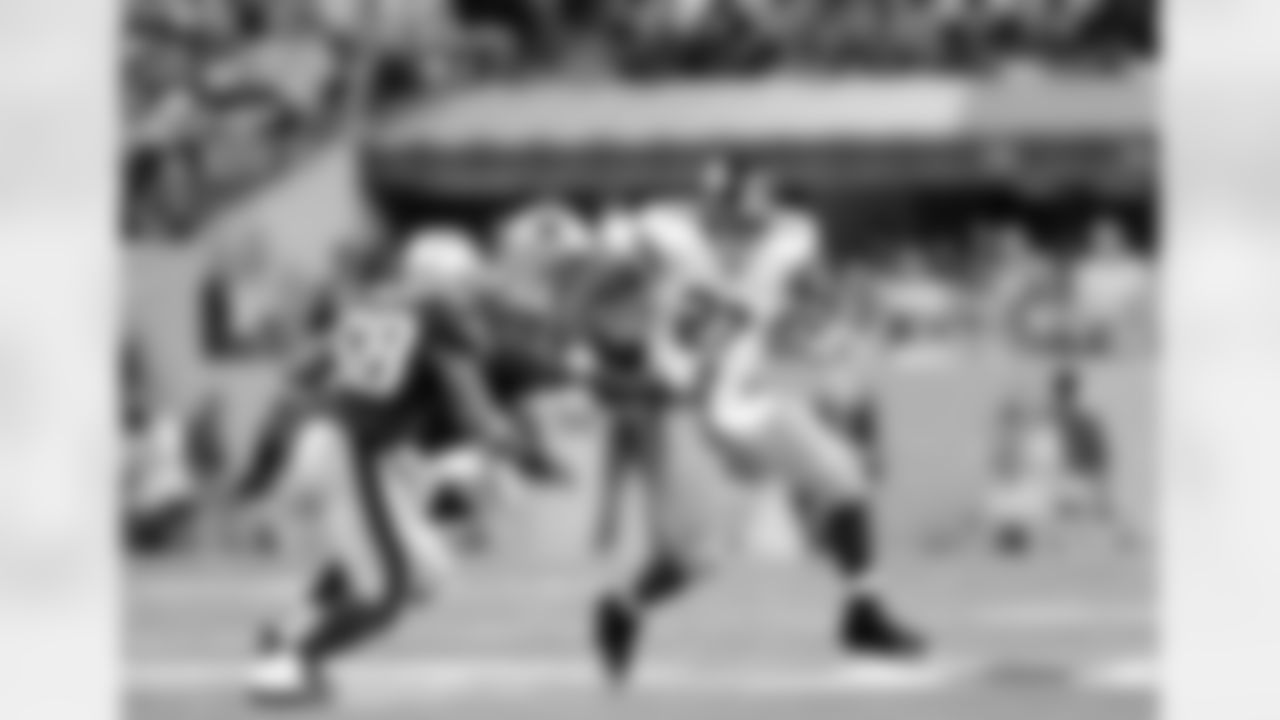
New York Giants running back Brandon Jacobs (27) fights for yards during the NFL Super Bowl XLVI football game against the New England Patriots on Sunday, February 5, 2012 in Indianapolis, IN. The Giants won the game 21-17. (AP Photo/Greg Trott)
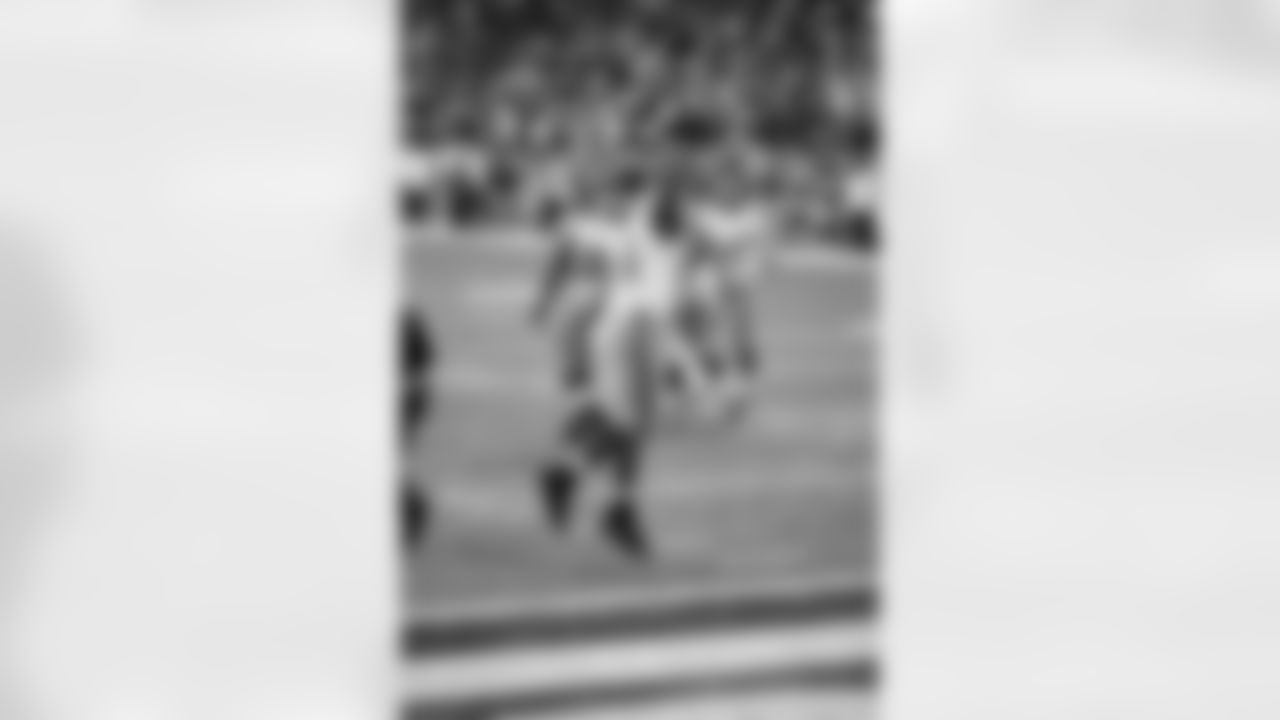
New York Giants Ahmad Bradshaw #44 celebrates the game-winning touchdown against the New England Patriots at Super Bowl XLVI on Sunday, February 5, 2012 in Indianapolis, IN. The Giants defeated the Patriots 21-17. (AP Photo/Gregory Payan)
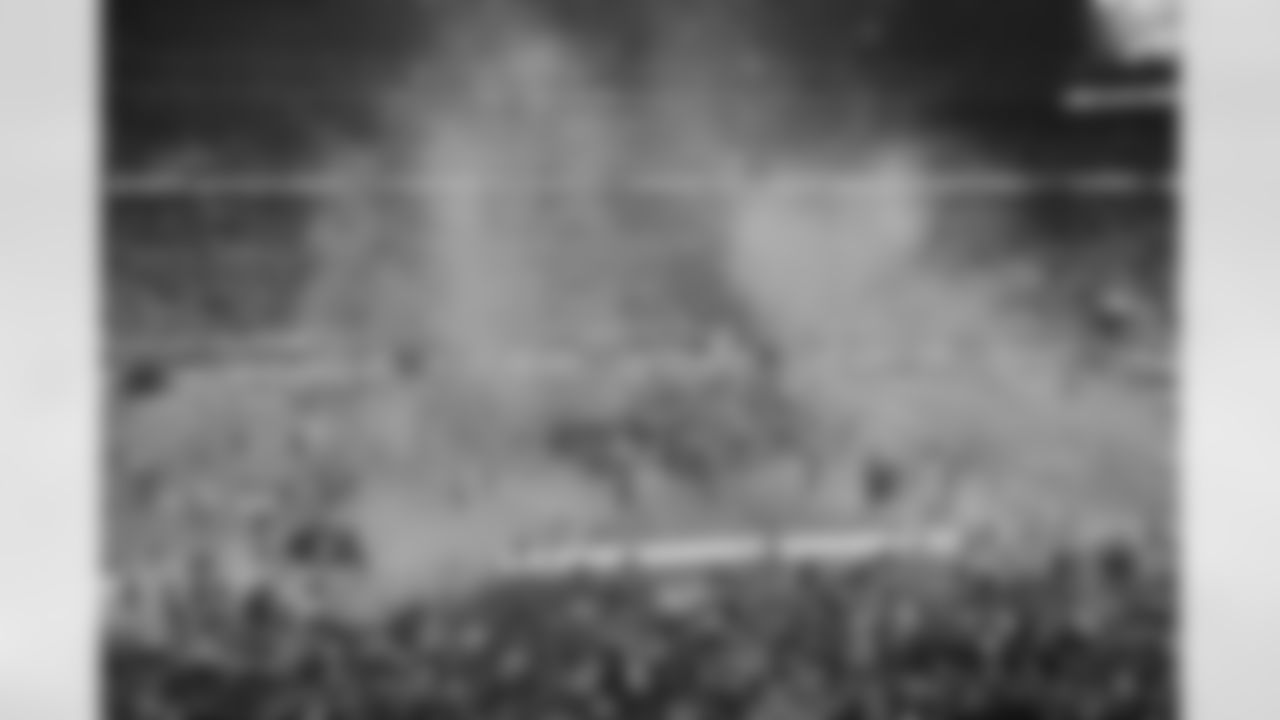
INDIANAPOLIS, IN - FEBRUARY 5: A general view inside of Lucas Oil Stadium during Super Bowl XLVI as confetti and streamers fall on the playing field after the Super Bowl XLVI game between the New York Giants against the New England Patriots at Lucas Oil Stadium on February 5, 2012 in Indianapolis, Indiana. The Giants defeated the Patriots 21-17. (AP Photo/Scott Boehm)
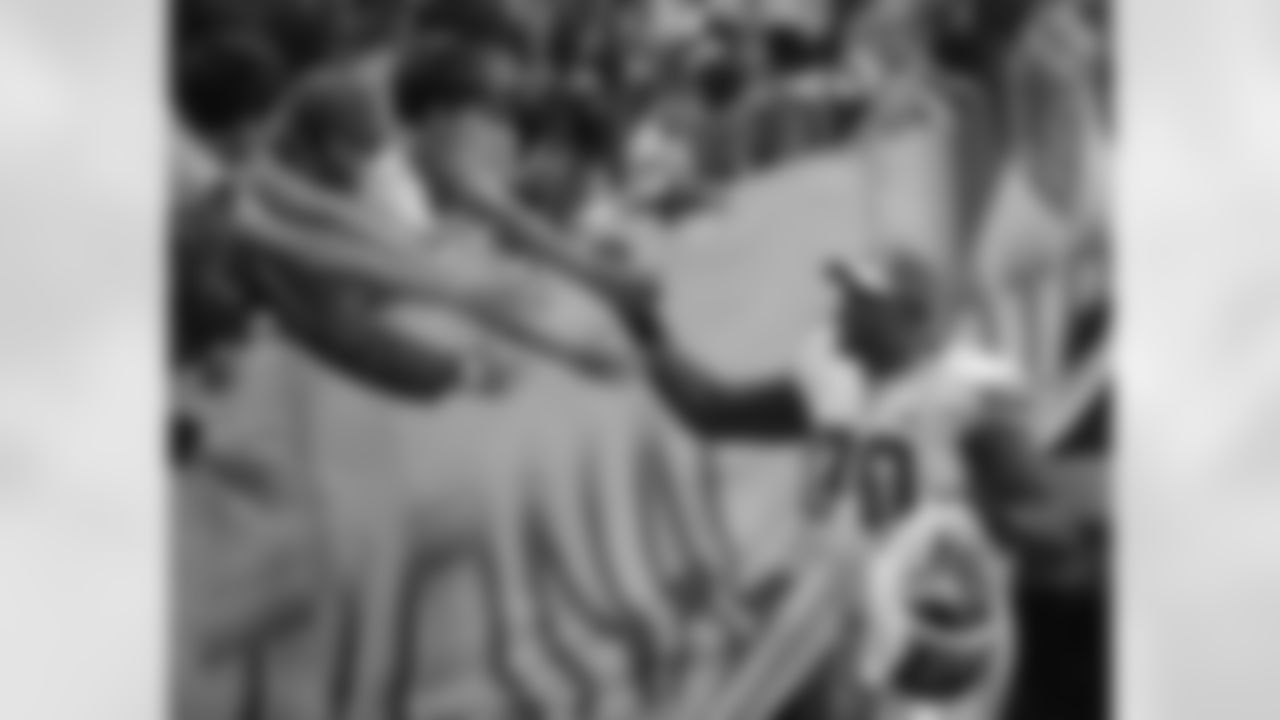
New York Giants guard Tony Ugoh (70) celebrates with fans after the NFL Super Bowl XLVI football game against the New England Patriots, Sunday, Feb. 5, 2012, in Indianapolis. The Giants won 21-17. (AP Photo/Michael Conroy)

INDIANAPOLIS, IN - FEBRUARY 5: Lawrence Tynes #9 of the New York Giants holds the Vince Lombardi Trophy as Hakeem Nicks #88 and Victor Cruz #80 looks on after the game against the New England Patriots in Super Bowl XLVI at Lucas Oil Stadium on February 5, 2012 in Indianapolis, Indiana. The Giants defeated the Patriots 21-17. (AP Photo/Scott Boehm)
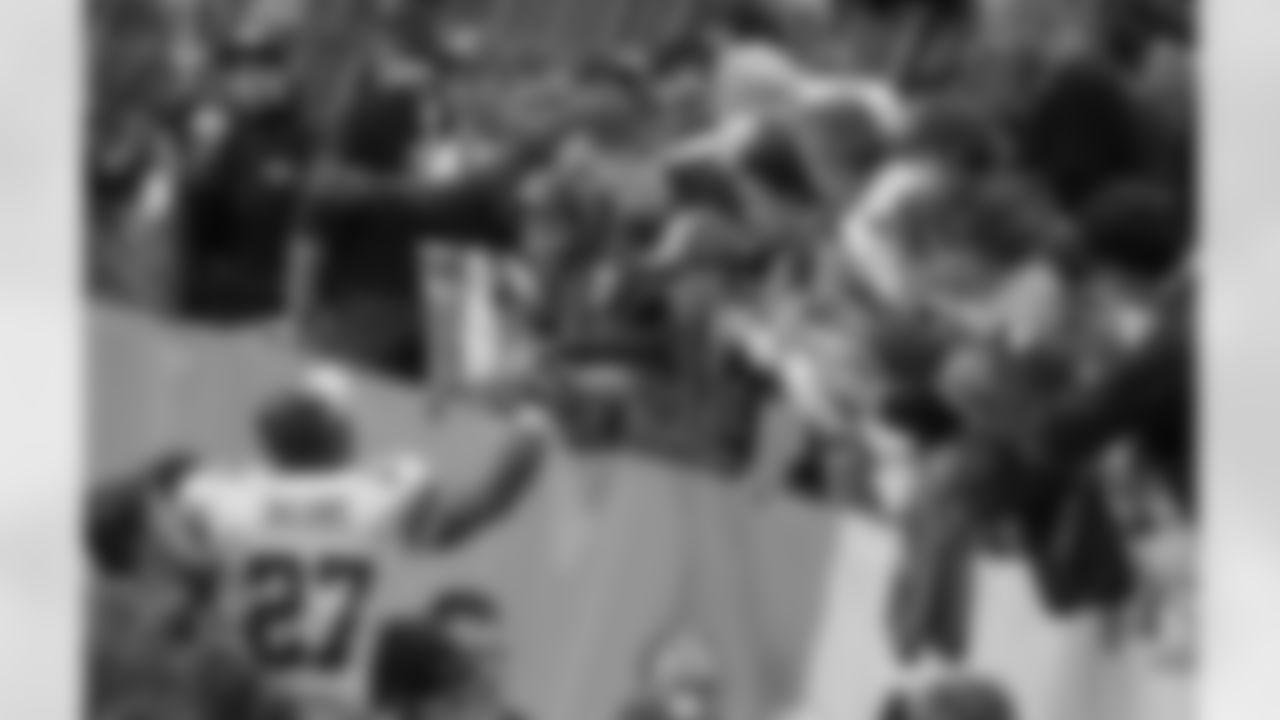
New York Giants running back Brandon Jacobs (27) celebrates with fans after the Giants defeated the New England Patriots 21-17 in the NFL Super Bowl XLVI football game, Sunday, Feb. 5, 2012, in Indianapolis. (AP Photo/Elise Amendola)
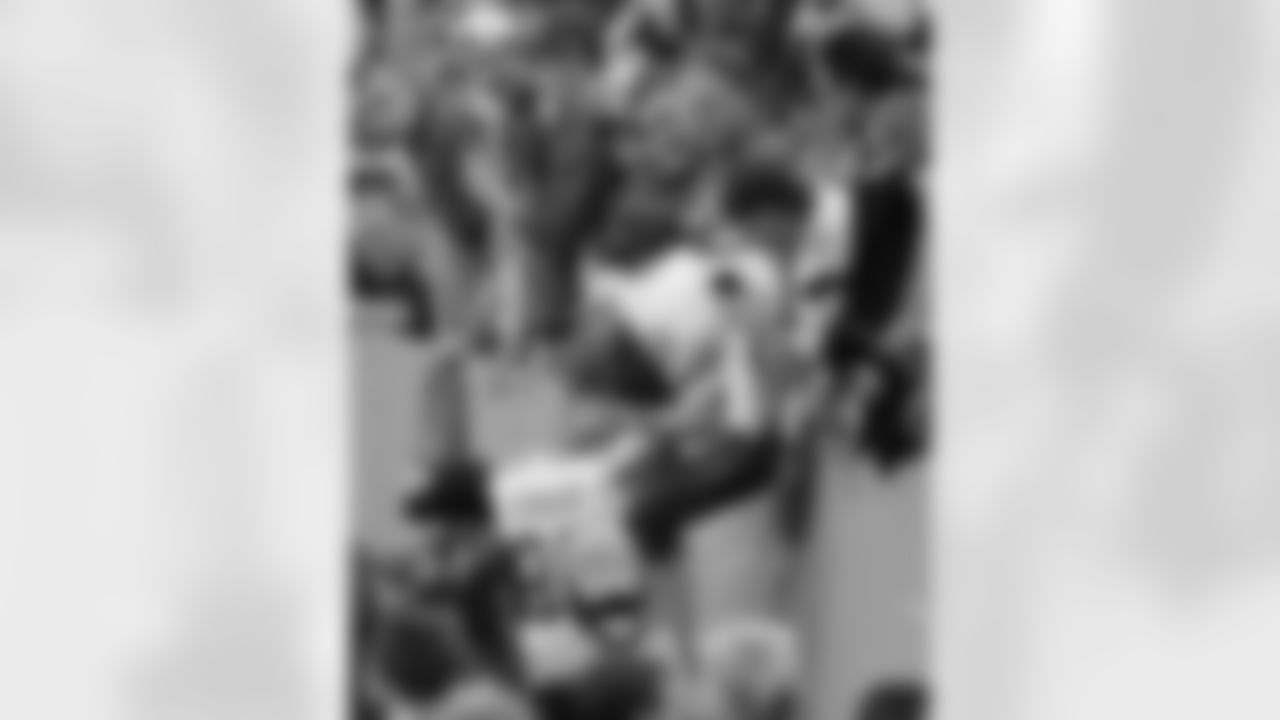
New York Giants defensive tackle Rocky Bernard celebrates with a fan after the Giants defeated the New England Patriots 21-17 in the NFL Super Bowl XLVI football game Sunday, Feb. 5, 2012, in Indianapolis. (AP Photo/Elise Amendola)
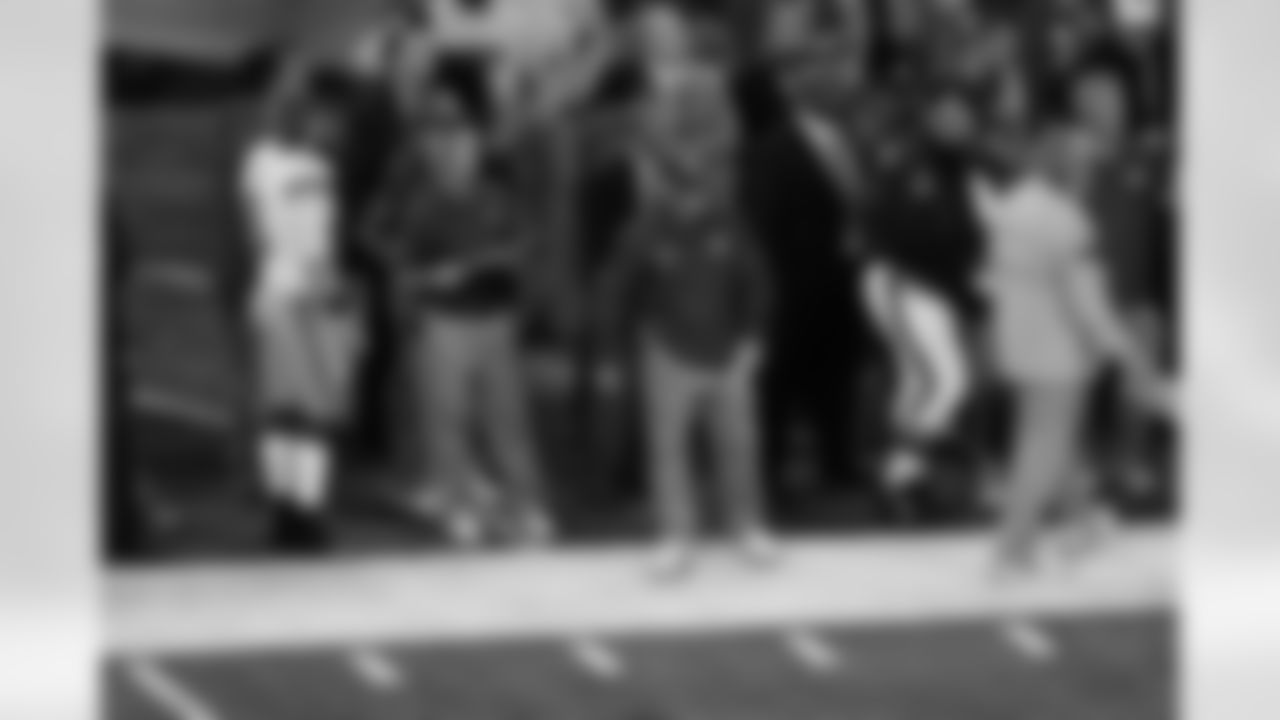
INDIANAPOLIS, IN - FEBRUARY 5: Tom Coughlin of the New York Giants looks on during the game against the New England Patriots in Super Bowl XLVI at Lucas Oil Stadium on February 5, 2012 in Indianapolis, Indiana. The Giants defeated the Patriots 21-17. (AP Photo/Scott Boehm)
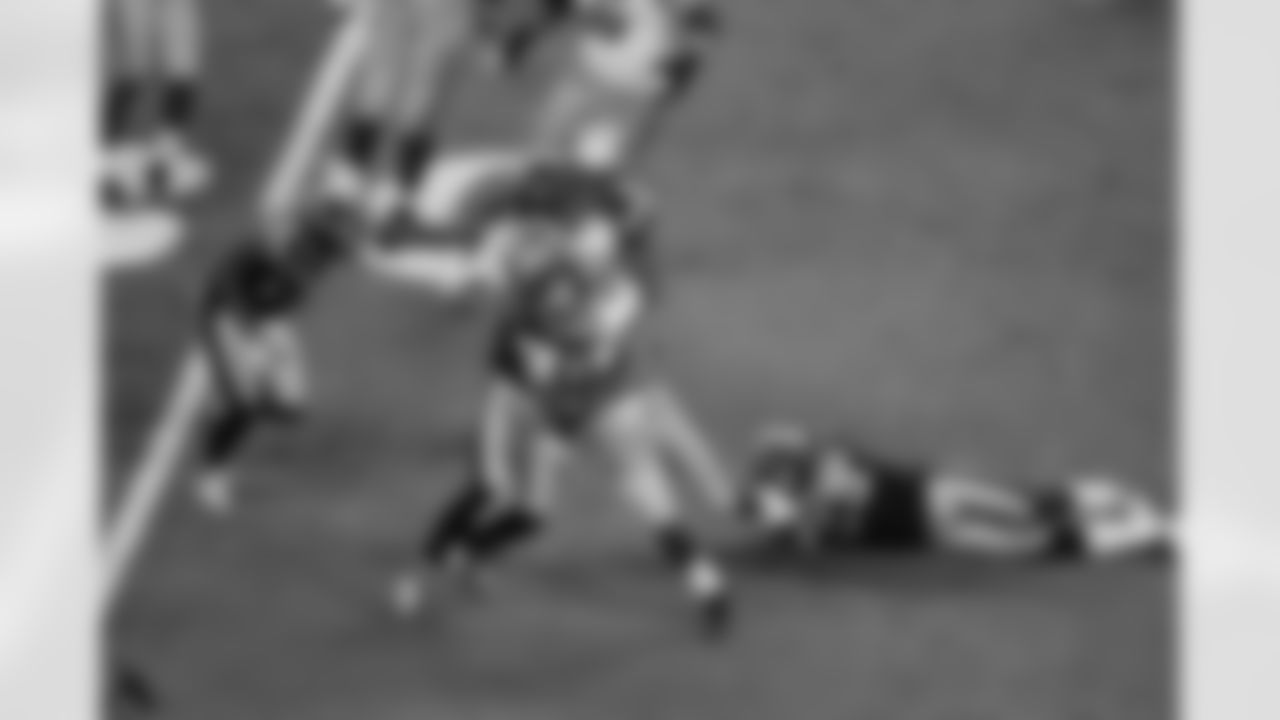
INDIANAPOLIS, IN - FEBRUARY 5: Mario Manningham #82 of the New York Giants runs with the football as he is tackled by Devin McCourty #32 of the New England Patriots in Super Bowl XLVI at Lucas Oil Stadium on February 5, 2012 in Indianapolis, Indiana. The Giants defeated the Patriots 21-17. (AP Photo/Scott Boehm)
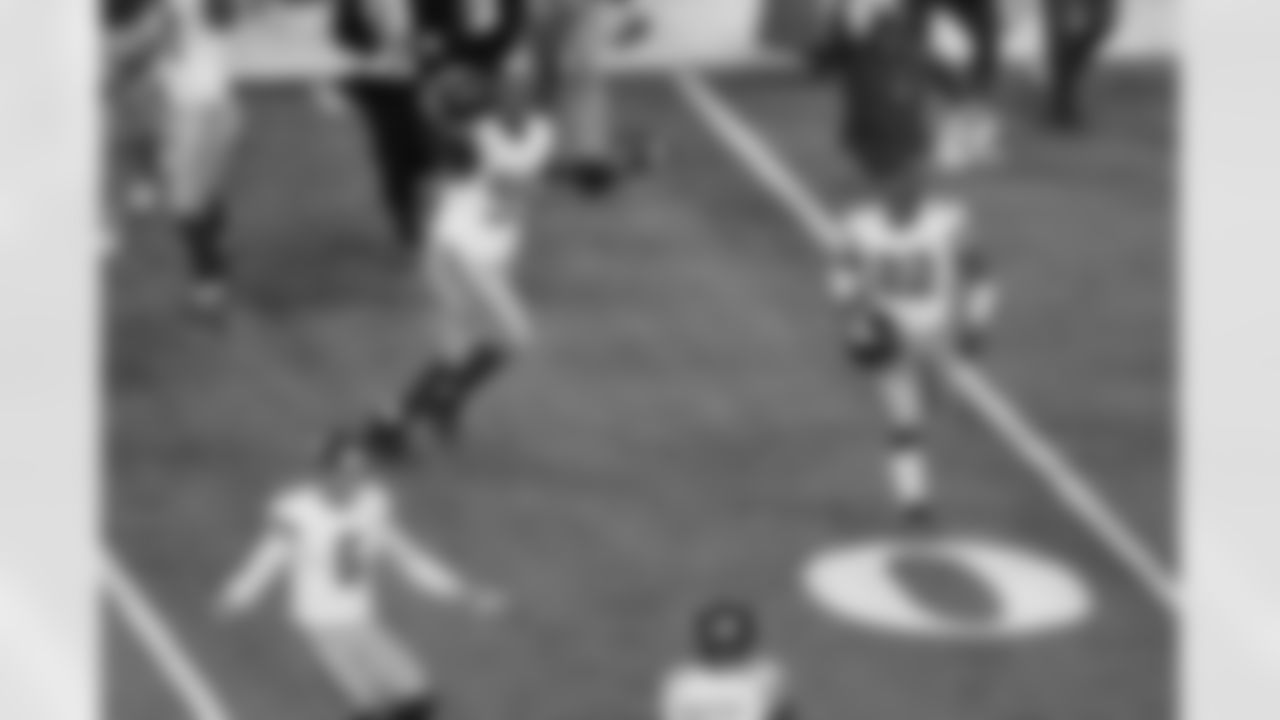
INDIANAPOLIS, IN - FEBRUARY 5: New York Giants players run on the field to celebrate their victory after the Super Bowl XLVI game between the New York Giants against the New England Patriots at Lucas Oil Stadium on February 5, 2012 in Indianapolis, Indiana. The Giants defeated the Patriots 21-17. (AP Photo/Scott Boehm)
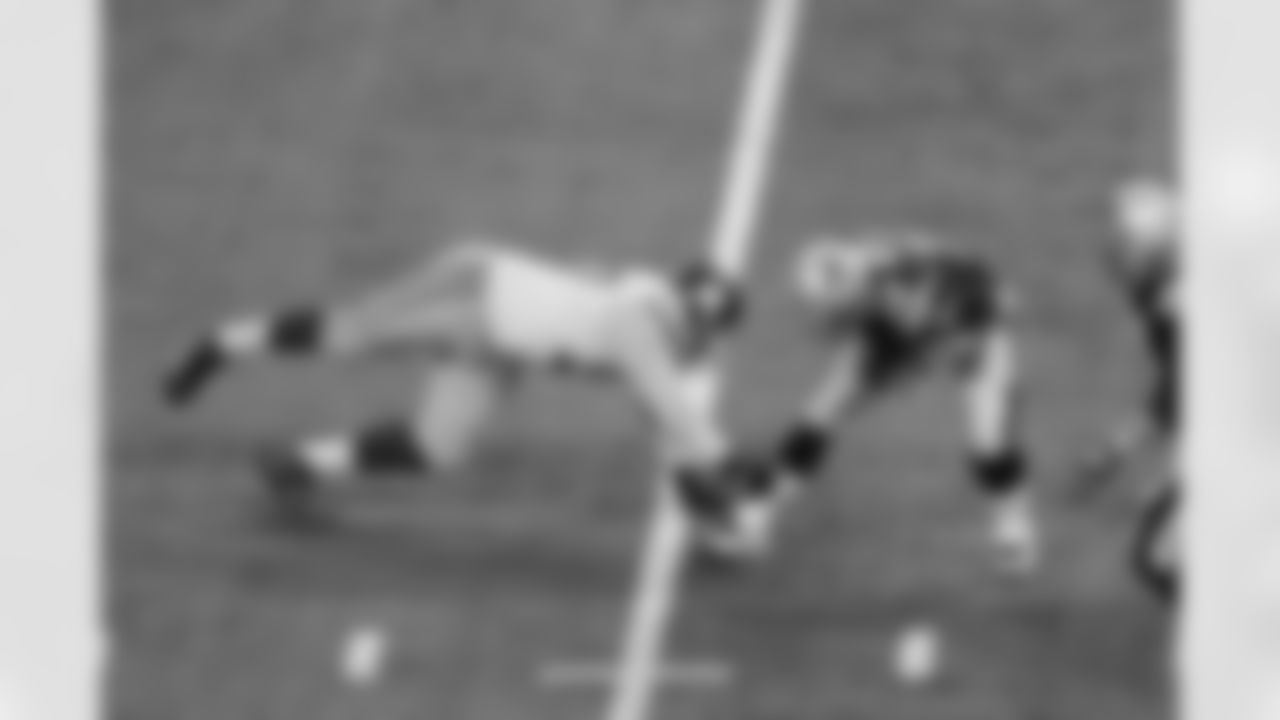
INDIANAPOLIS, IN - FEBRUARY 5: Tom Brady #12 of the New England Patriots is grabbed by Linval Joseph #97 of the New York Giants in Super Bowl XLVI at Lucas Oil Stadium on February 5, 2012 in Indianapolis, Indiana. The Giants defeated the Patriots 21-17. (AP Photo/Scott Boehm)

INDIANAPOLIS, IN - FEBRUARY 5: A general view outside of Lucas Oil Stadium during the Super Bowl XLVI game between the New York Giants against the New England Patriots at Lucas Oil Stadium on February 5, 2012 in Indianapolis, Indiana. The Giants defeated the Patriots 21-17. (AP Photo/Scott Boehm)
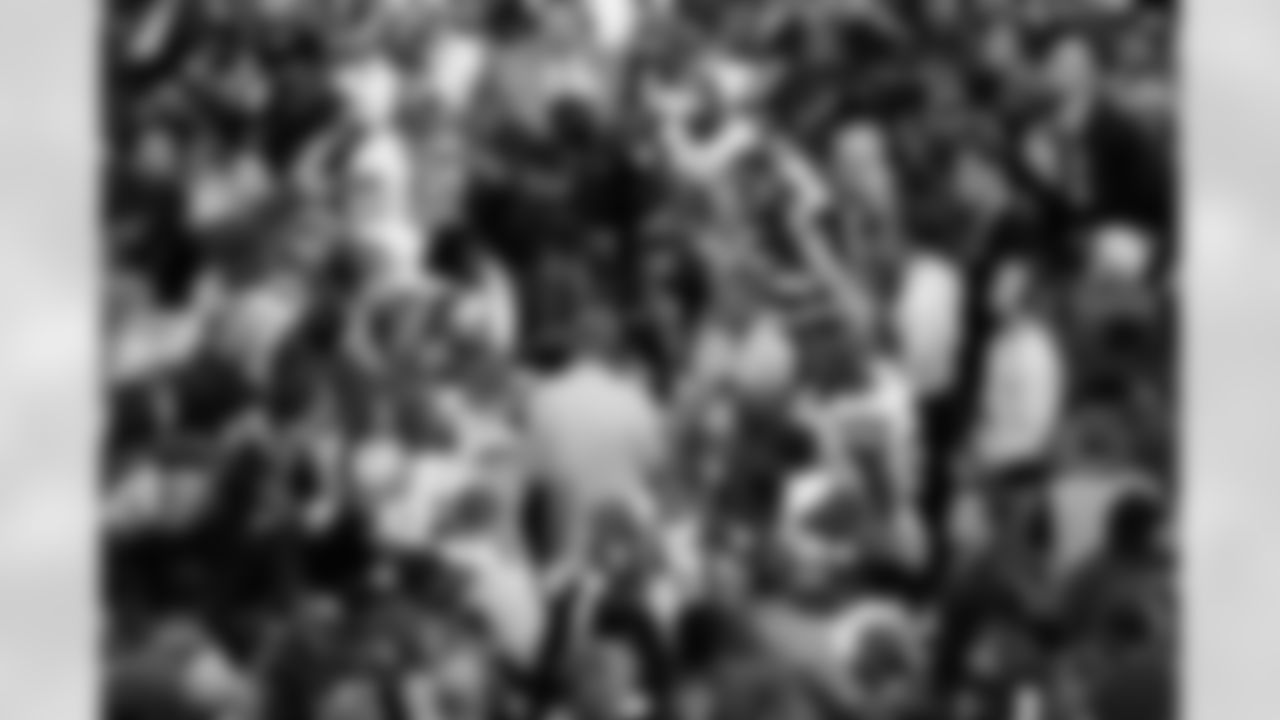
INDIANAPOLIS, IN - FEBRUARY 5: Raymond Berry carries the Vince Lombardi Trophy to the podium as he is surrounded by New York Giants players after the Super Bowl XLVI game between the New York Giants against the New England Patriots in Super Bowl XLVI at Lucas Oil Stadium on February 5, 2012 in Indianapolis, Indiana. The Giants defeated the Patriots 21-17. (AP Photo/Scott Boehm)
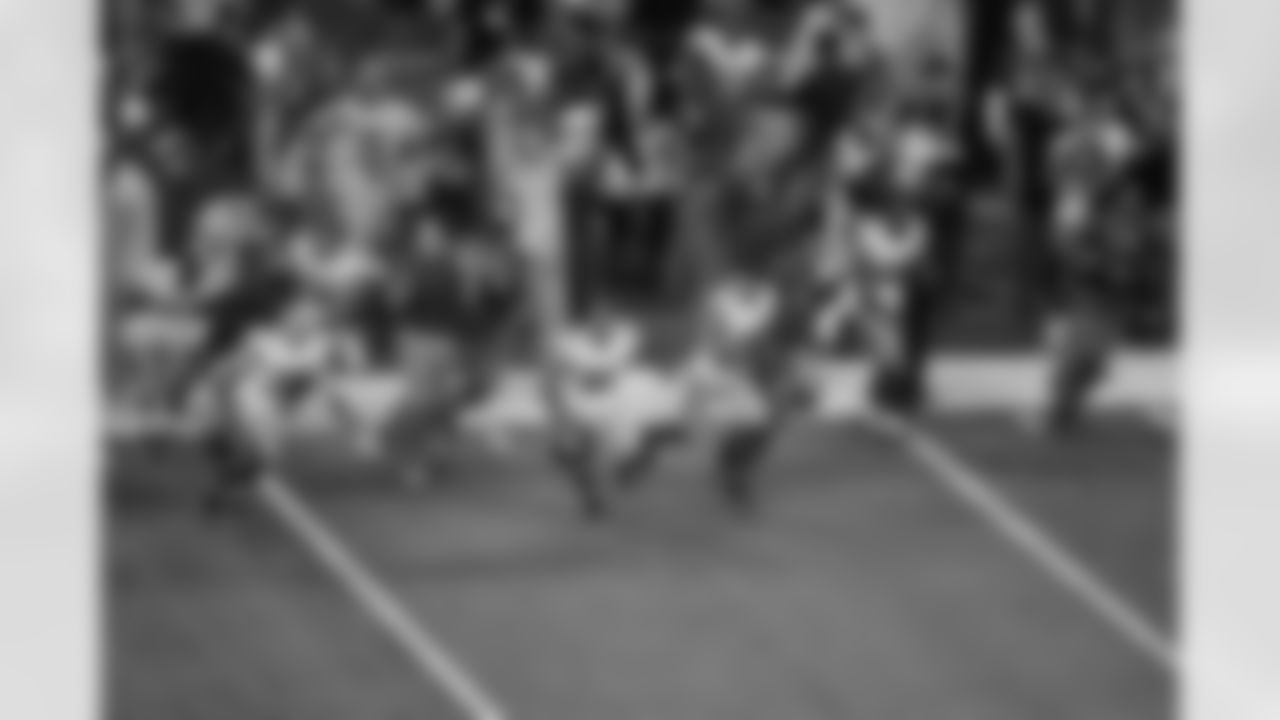
INDIANAPOLIS, IN - FEBRUARY 5: New York Giants players run on the field to celebrate their victory after the Super Bowl XLVI game between the New York Giants against the New England Patriots at Lucas Oil Stadium on February 5, 2012 in Indianapolis, Indiana. The Giants defeated the Patriots 21-17. (AP Photo/Scott Boehm)
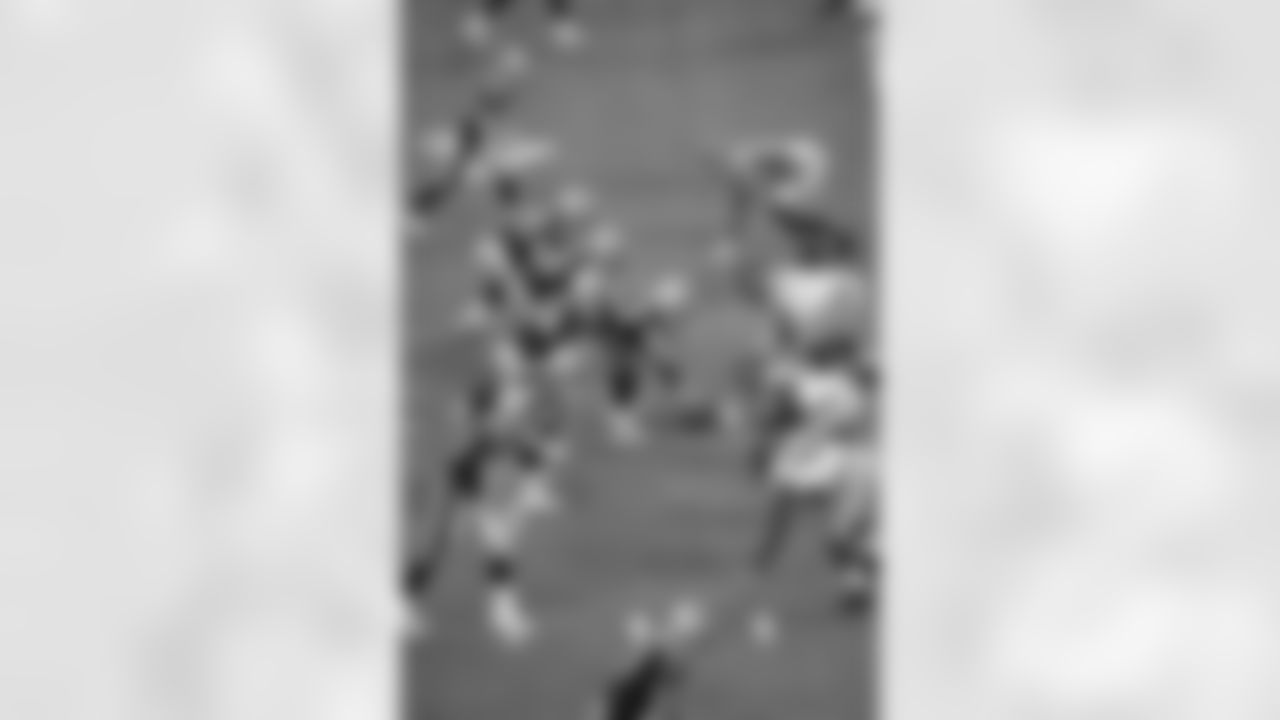
INDIANAPOLIS, IN - FEBRUARY 5: New York Giants and New England Patriots line up at the line of scrimmage prior to the snap of the football during the Super Bowl XLVI game between the New York Giants against the New England Patriots at Lucas Oil Stadium on February 5, 2012 in Indianapolis, Indiana. The Giants defeated the Patriots 21-17. (AP Photo/Scott Boehm)
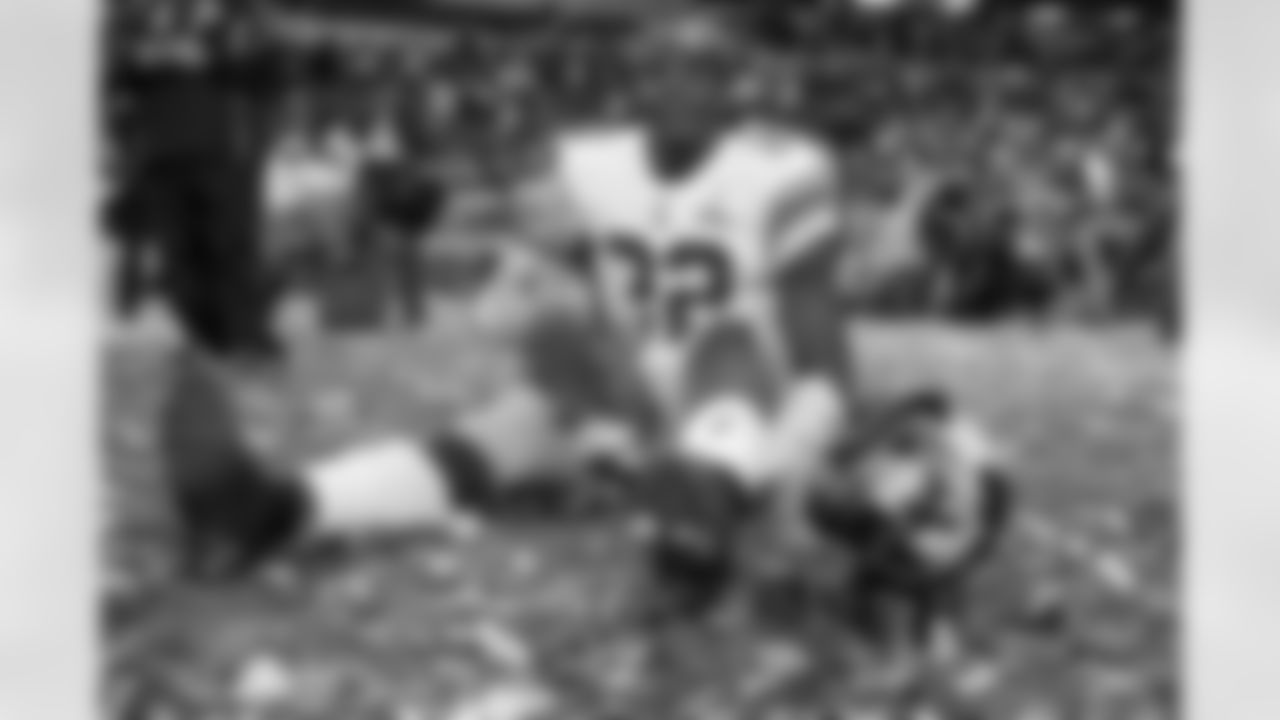
New York Giants defensive back Derrick Martin (22) celebrates the 21-17 victory against the New England Patriots during the NFL Super Bowl XLVI at Lucas Oil Stadium on Sunday, February 5, 2012 in Indianapolis, IN. (AP Photo/Perry Knotts)
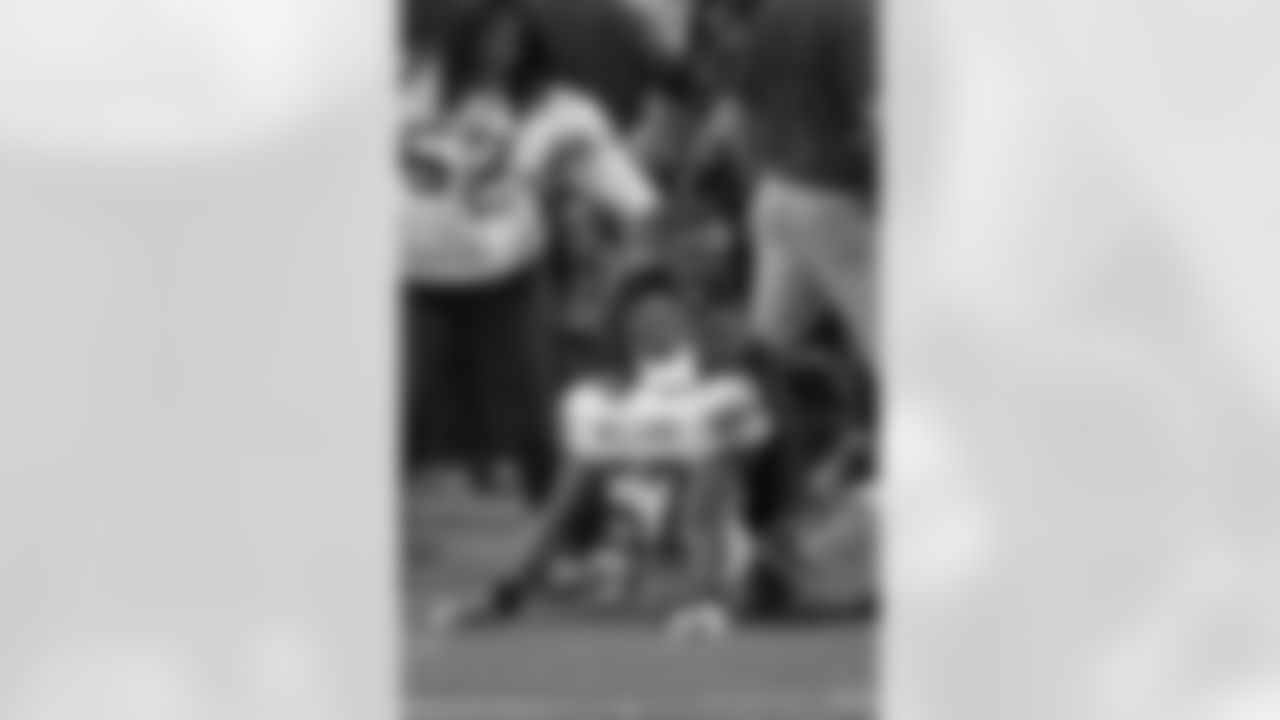
New York Giants Jacquian Williams #57 is seen with his family after defeating the New England Patriots at Super Bowl XLVI on Sunday, February 5, 2012 in Indianapolis, IN. The Giants defeated the Patriots 21-17. (AP Photo/Gregory Payan)
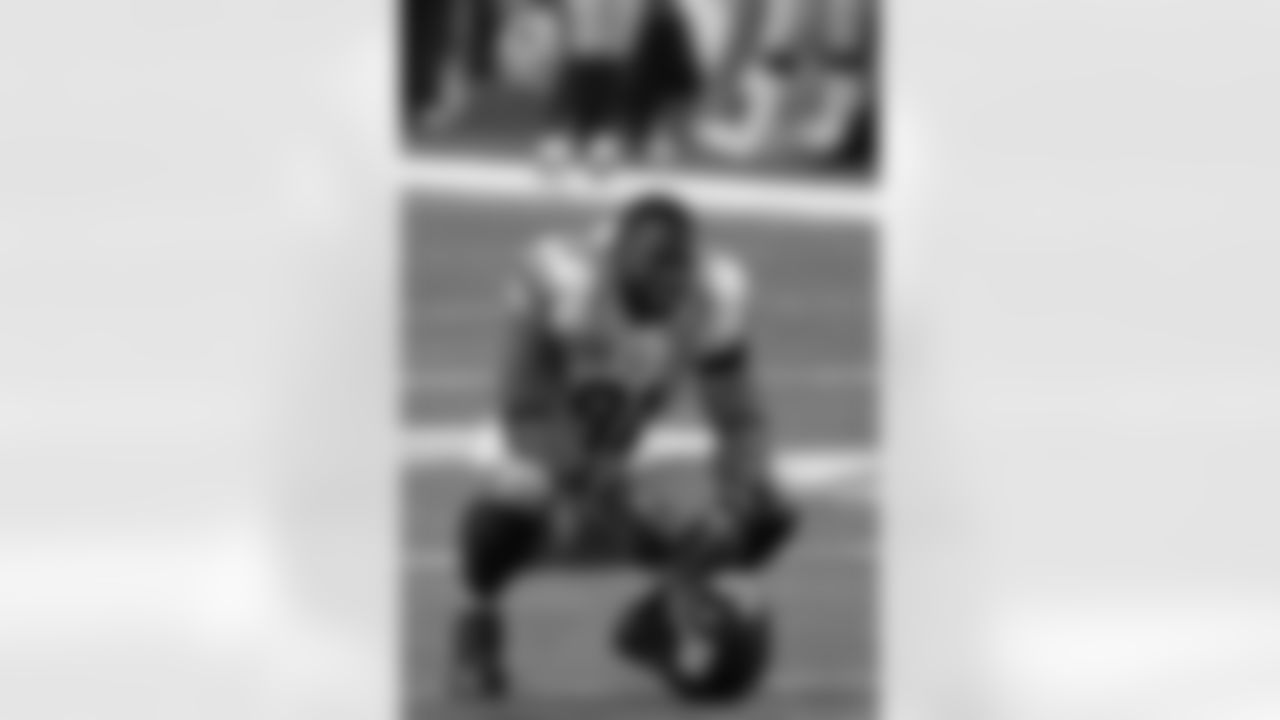
New York Giants Justin Tuck #91 takes a break on the New England Patriots final drive at Super Bowl XLVI on Sunday, February 5, 2012 in Indianapolis, IN. The Giants defeated the Patriots 21-17. (AP Photo/Gregory Payan)

New York Giants QB Eli Manning celebrates with the Lombardi Trophy after defeating the New England Patriots at Super Bowl XLVI on Sunday, February 5, 2012 in Indianapolis, IN. The Giants defeated the Patriots 21-17. (AP Photo/Gregory Payan)
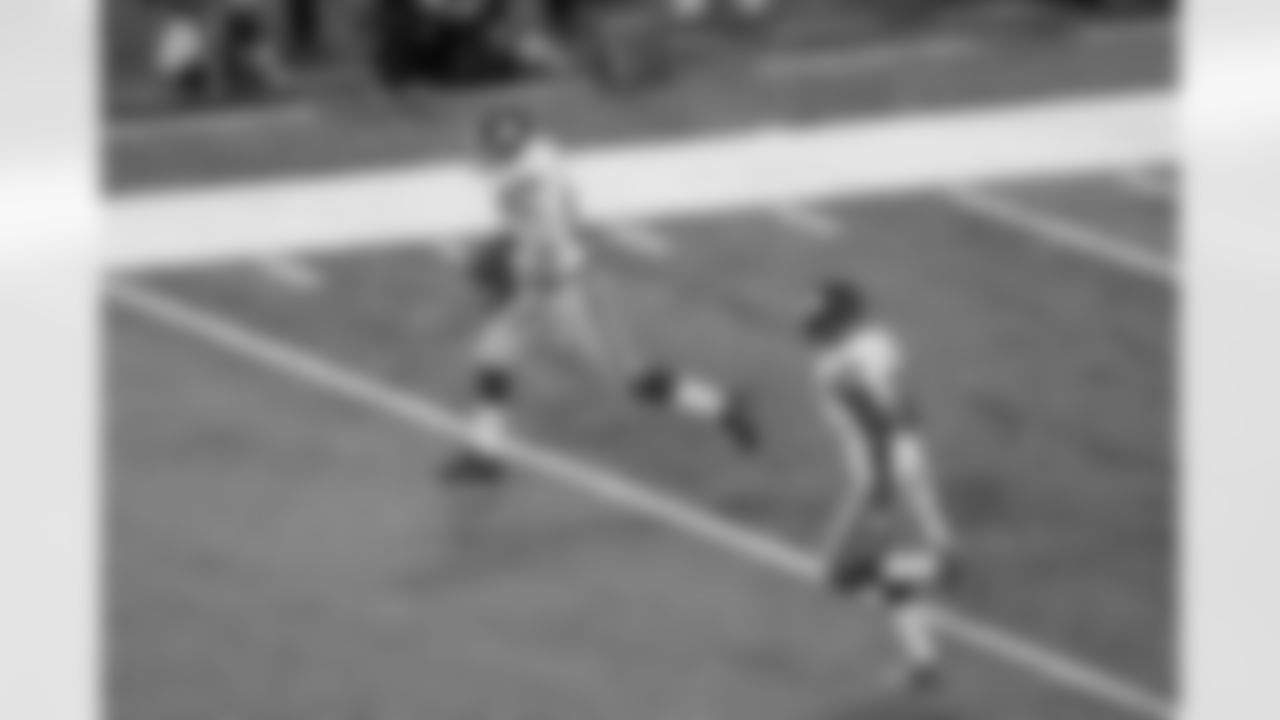
INDIANAPOLIS, IN - FEBRUARY 5: Chase Blackburn #93 of the New York Giants runs with the football after an interception during the game against the New England Patriots in Super Bowl XLVI at Lucas Oil Stadium on February 5, 2012 in Indianapolis, Indiana. The Giants defeated the Patriots 21-17. (AP Photo/Scott Boehm)
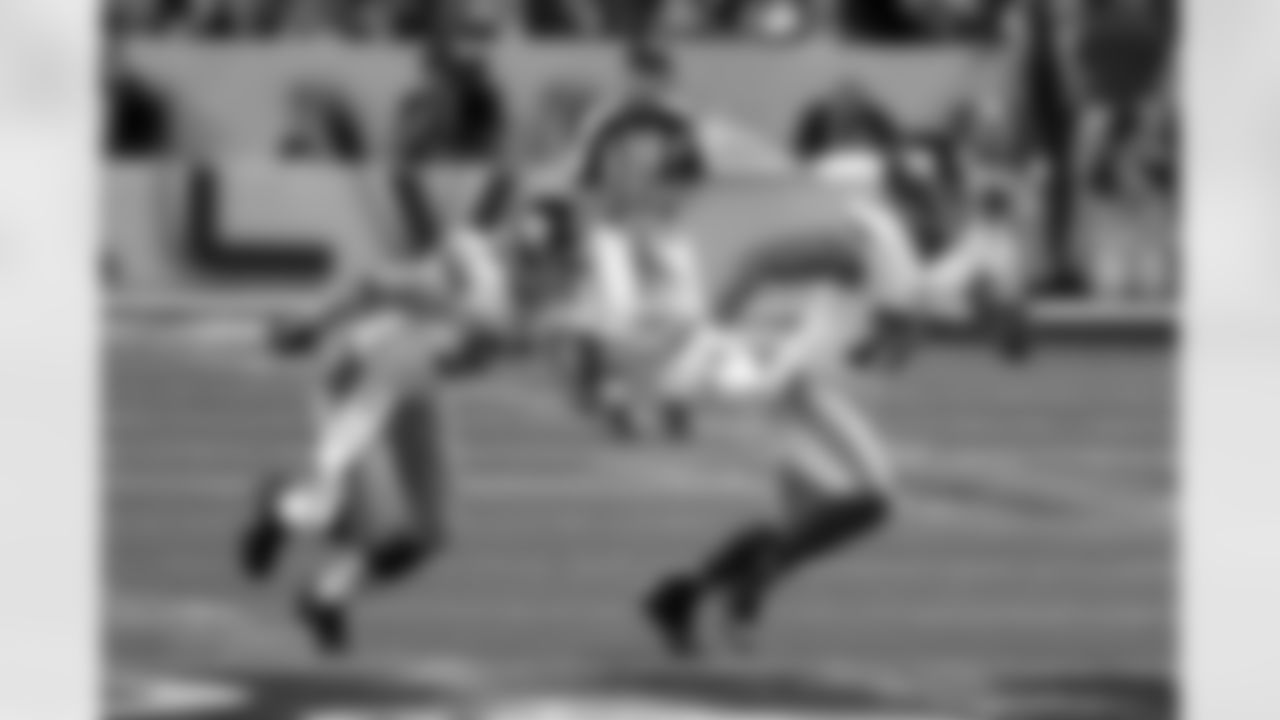
New York Giants Chase Blackburn #93 and Osi Umenyiora #72 in action against New England Patriots at Super Bowl XLVI on Sunday, February 5, 2012 in Indianapolis, IN. The Giants defeated the Patriots 21-17. (AP Photo/Gregory Payan)
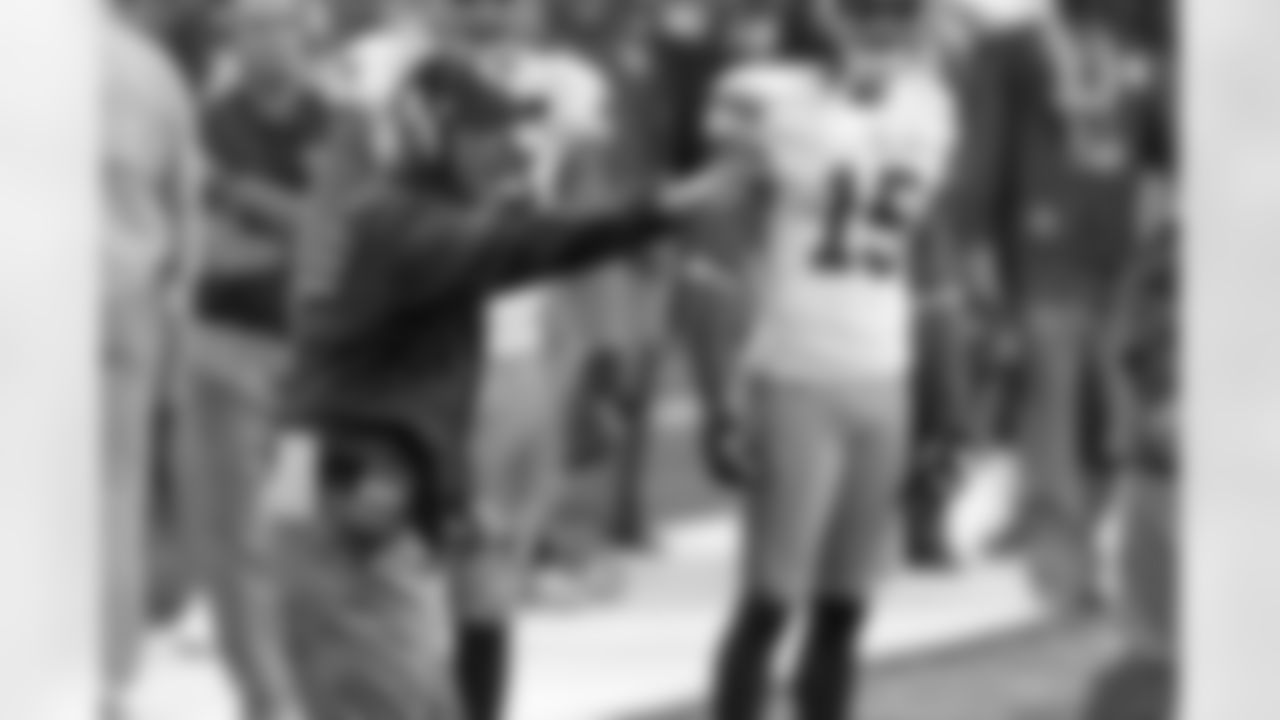
New York Giants coach Tom Coughlin is seen on the sidelines during a game against the New England Patriots at Super Bowl XLVI on Sunday, February 5, 2012 in Indianapolis, IN. The Giants defeated the Patriots 21-17. (AP Photo/Gregory Payan)
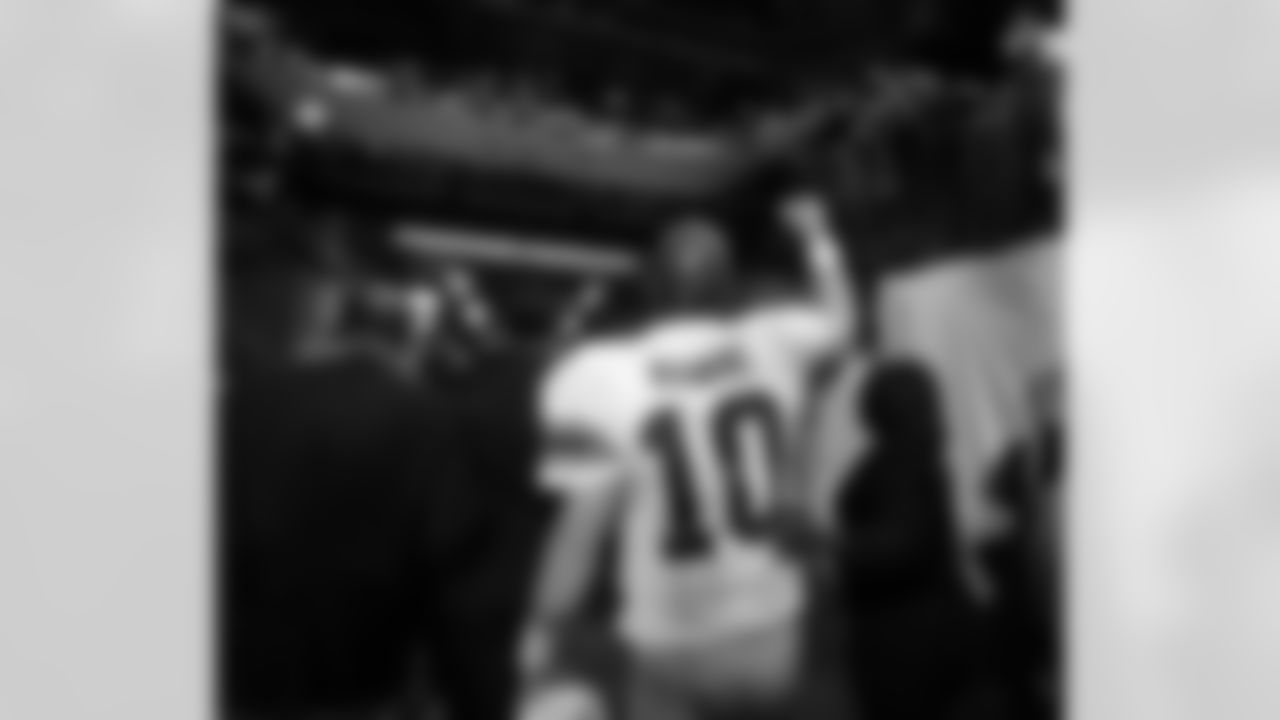
New York Giants quarterback Eli Manning, center, acknowledges the fans as he leaves the field after the NFL Super Bowl XLVI football game against the New England Patriots on Sunday, Feb. 5, 2012, in Indianapolis. The Giants won 21-17. (AP Photo/Matt Slocum)
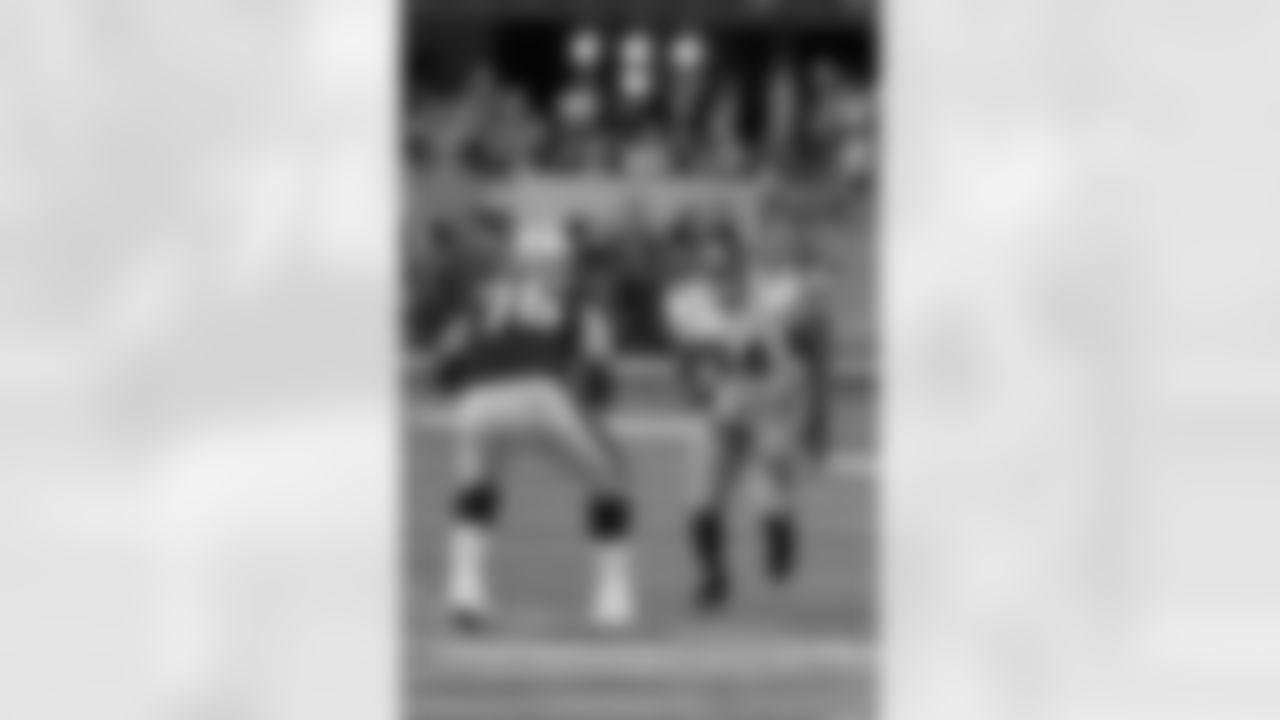
New York Giants Mathias Kiwanuka #94 is seen in action against the New England Patriots Sebastian Vollmer #76 at Super Bowl XLVI on Sunday, February 5, 2012 in Indianapolis, IN. The Giants defeated the Patriots 21-17. (AP Photo/Gregory Payan)
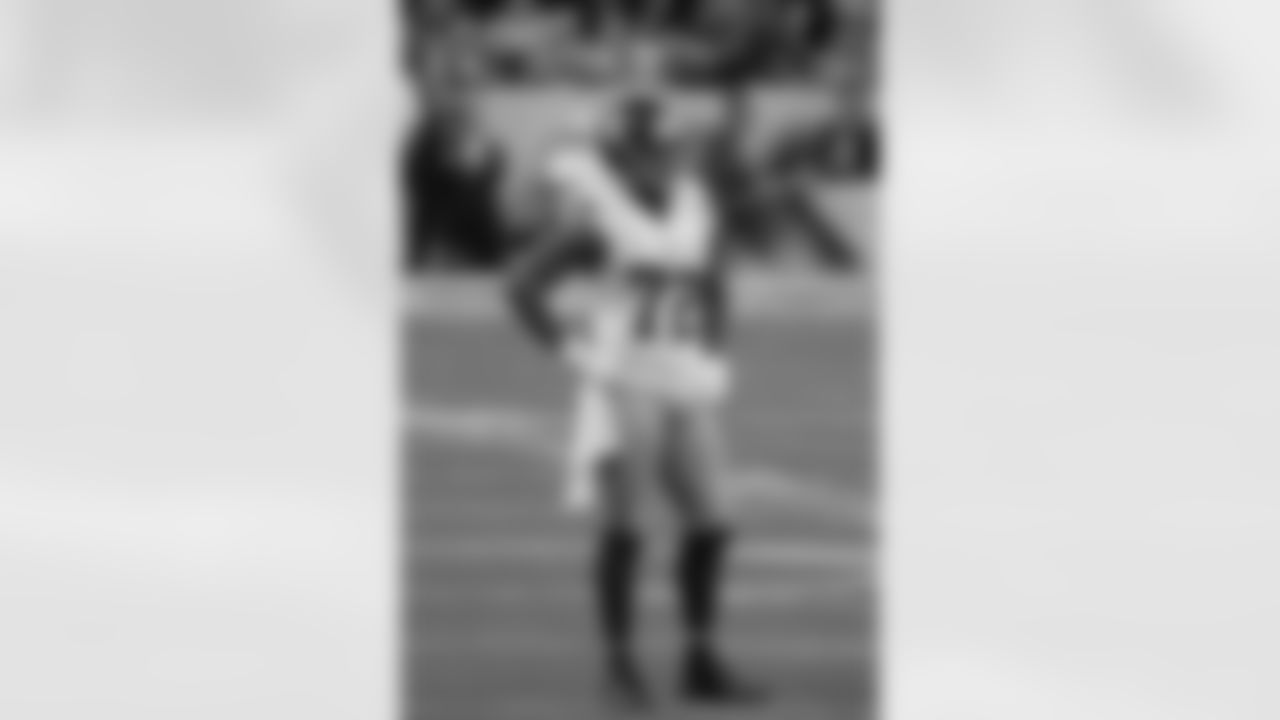
New York Giants Osi Umenyiora #72 is seen against New England Patriots at Super Bowl XLVI on Sunday, February 5, 2012 in Indianapolis, IN. The Giants defeated the Patriots 21-17. (AP Photo/Gregory Payan)
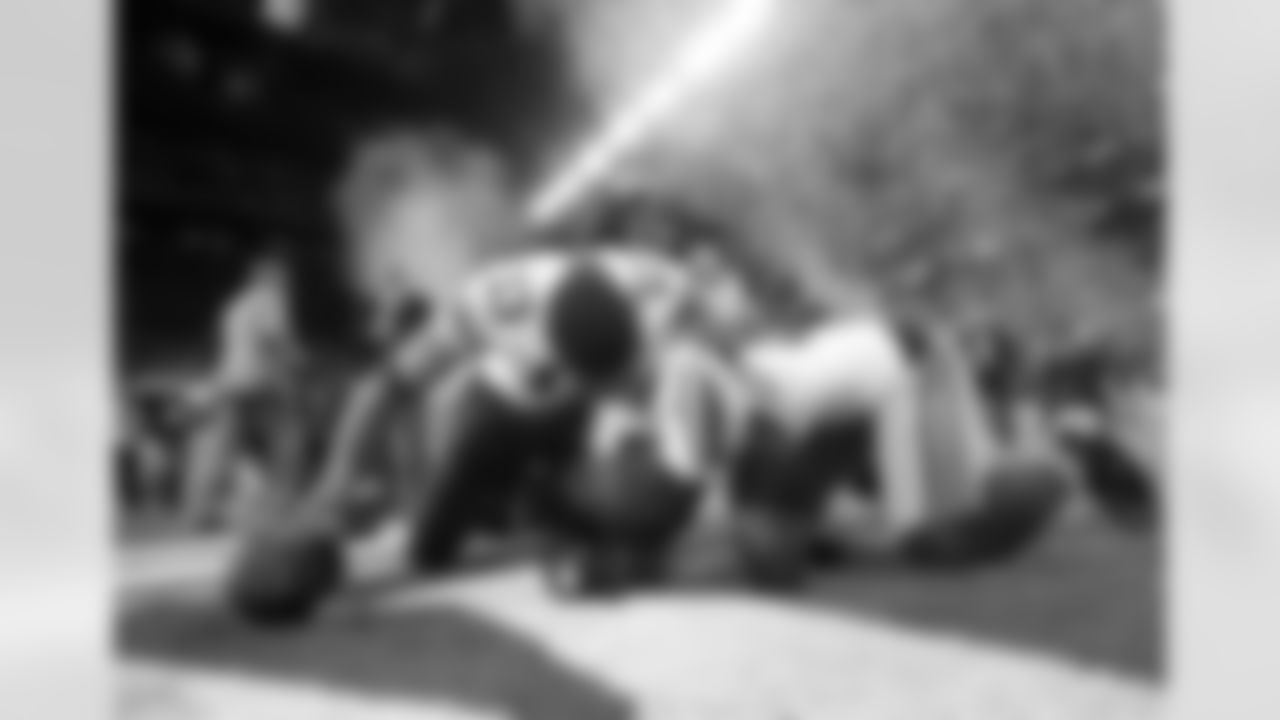
INDIANAPOLIS, IN - FEBRUARY 05: Antrel Rolle #26 of the New York Giants and Ramses Barden #13 celebrate a victory after Super Bowl XLVI at Lucas Oil Stadium on February 5, 2012.(AP Photo/Tom Hauck)
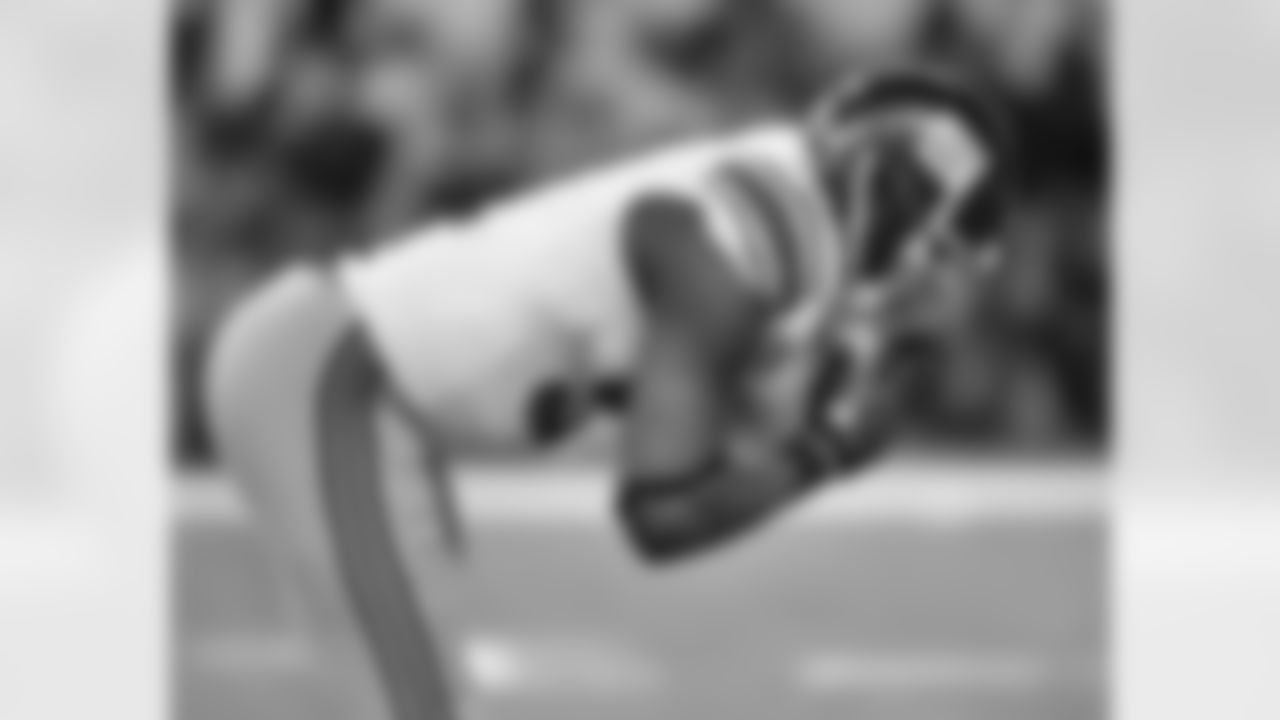
New York Giants defensive end Justin Tuck reacts to his sack of New England Patriots quarterback Tom Brady during the second half of the NFL Super Bowl XLVI football game Sunday, Feb. 5, 2012, in Indianapolis. (AP Photo/Paul Sancya)

Shop Giants gear at the official Giants Team Shop
Holiday shopping and special offers are now available at the Giants' online team shop.




